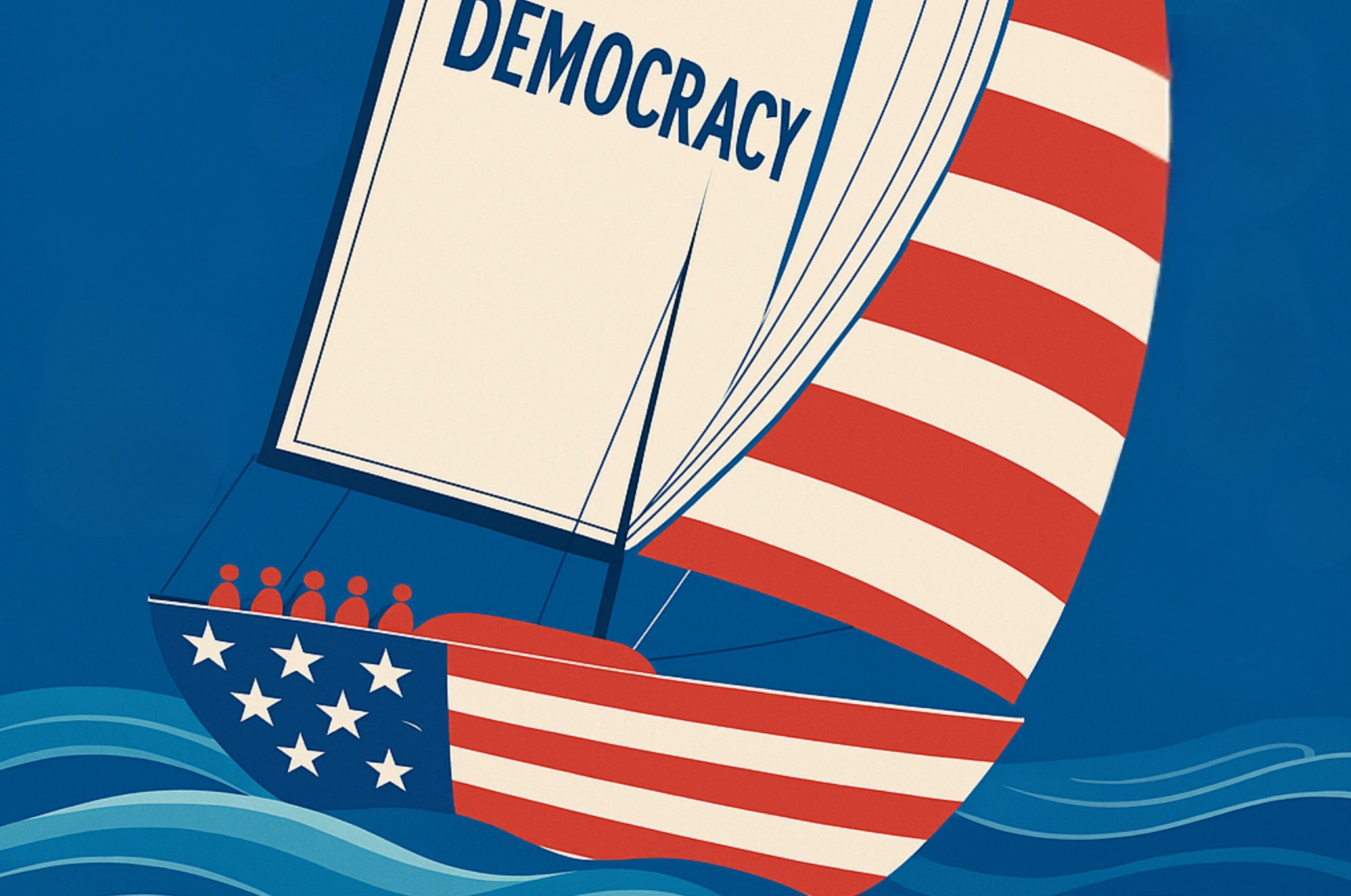
Can Washington Still Champion Democracy Abroad?
The Exhaustion of Democracy Promotion

The Exhaustion of Democracy Promotion
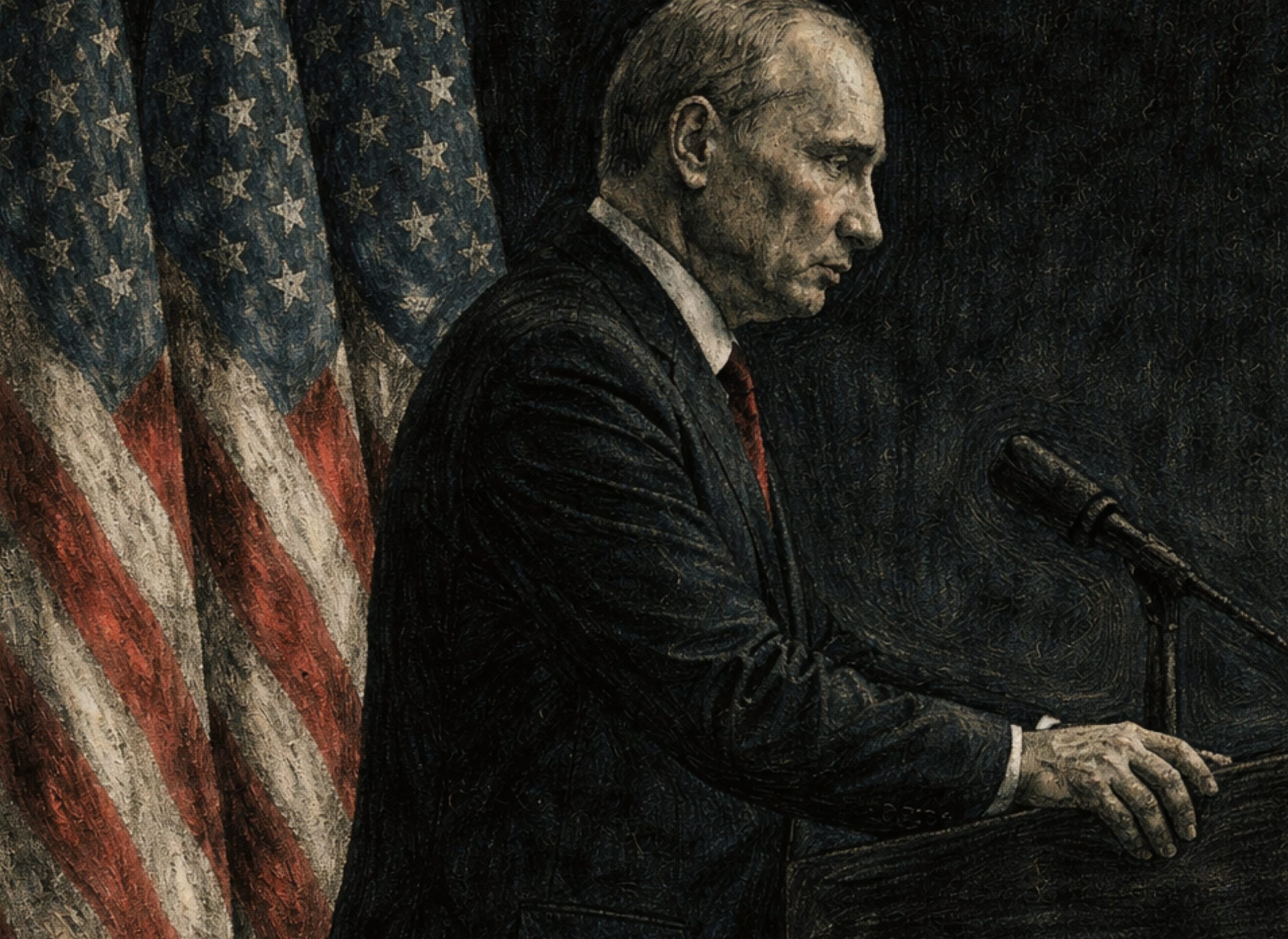
Why the Cold War Never Ended in the Kremlin

China’s Post-Ideological Strategy of Power
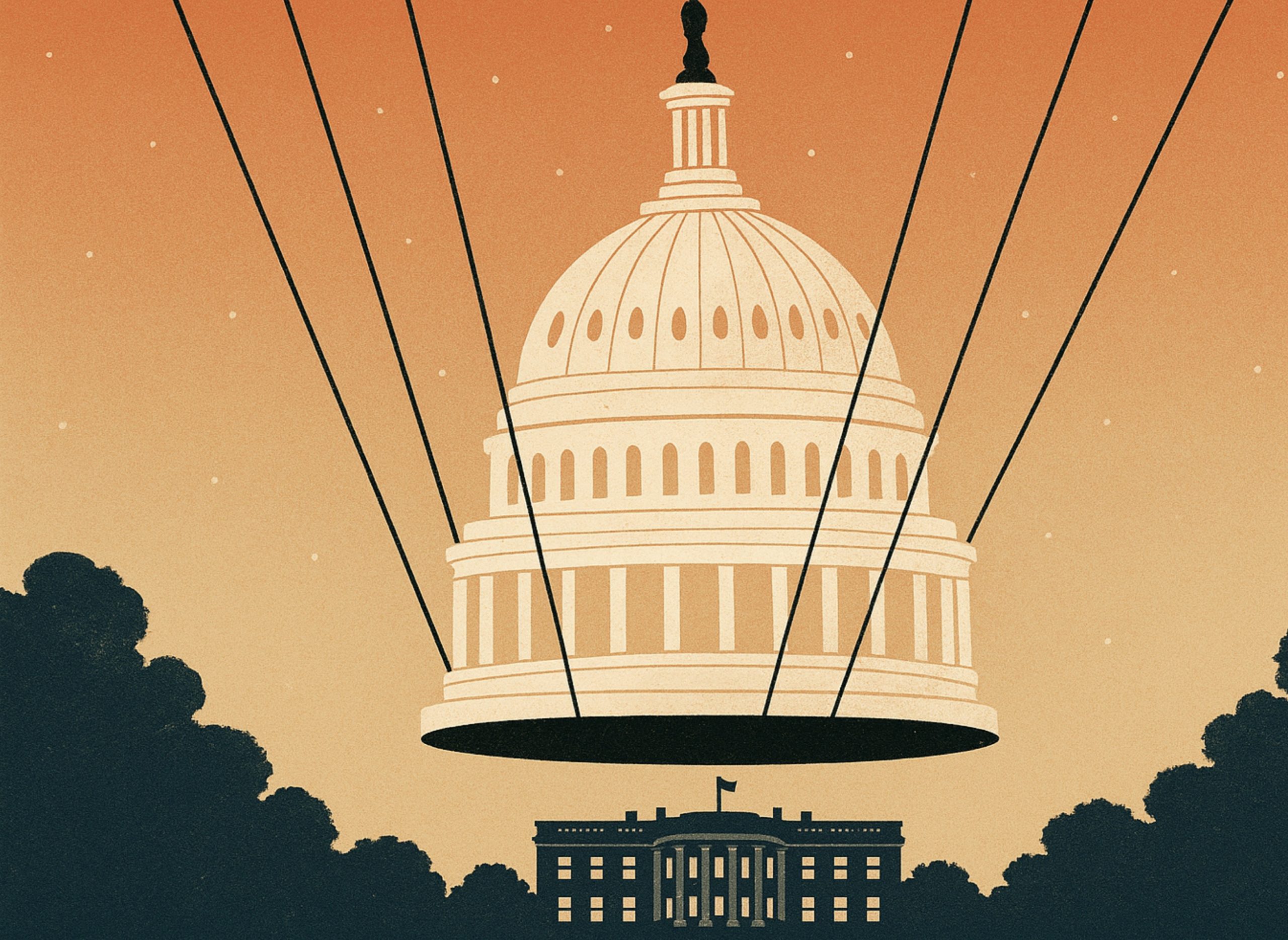
The Jacksonian Doctrine
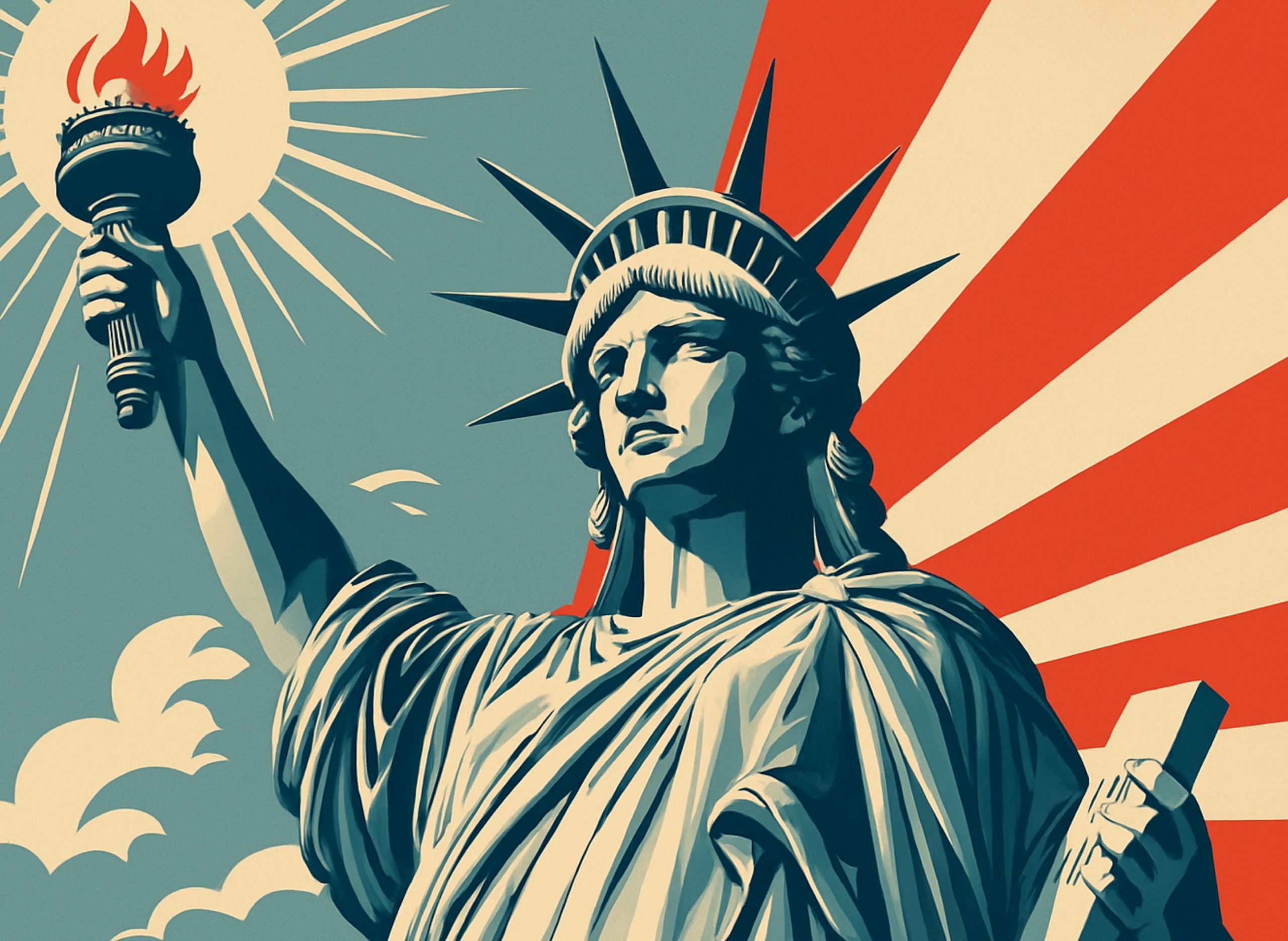
The Wilsonian Mission Never Ends

A Hamiltonian Approach to Power and Foreign Policy

How Jeffersonians See Foreign Burdens?

U.S. Foreign Policy as a Debate Without End
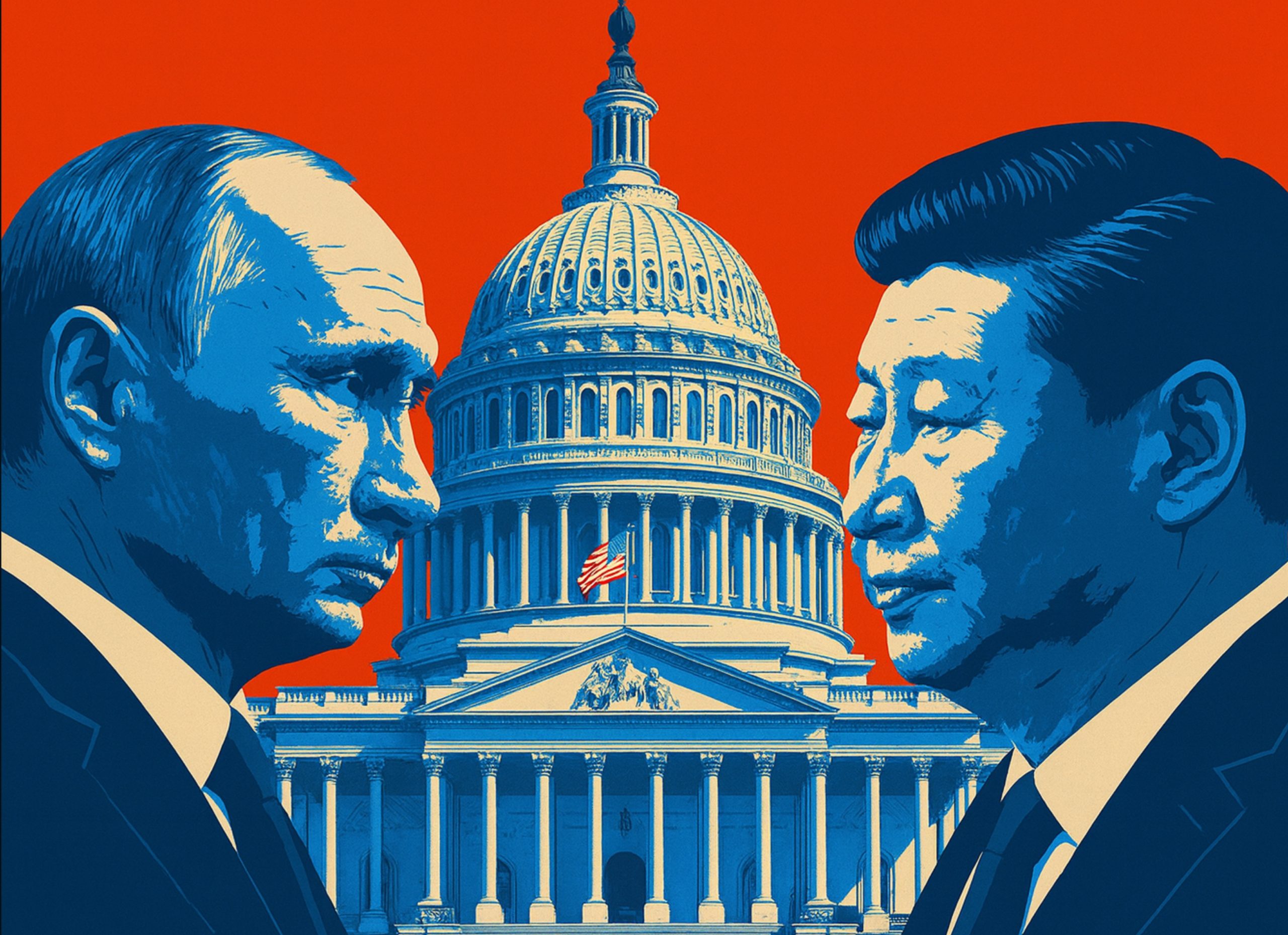
Why Putin and Xi Need Each Other And How the U.S. Should Respond
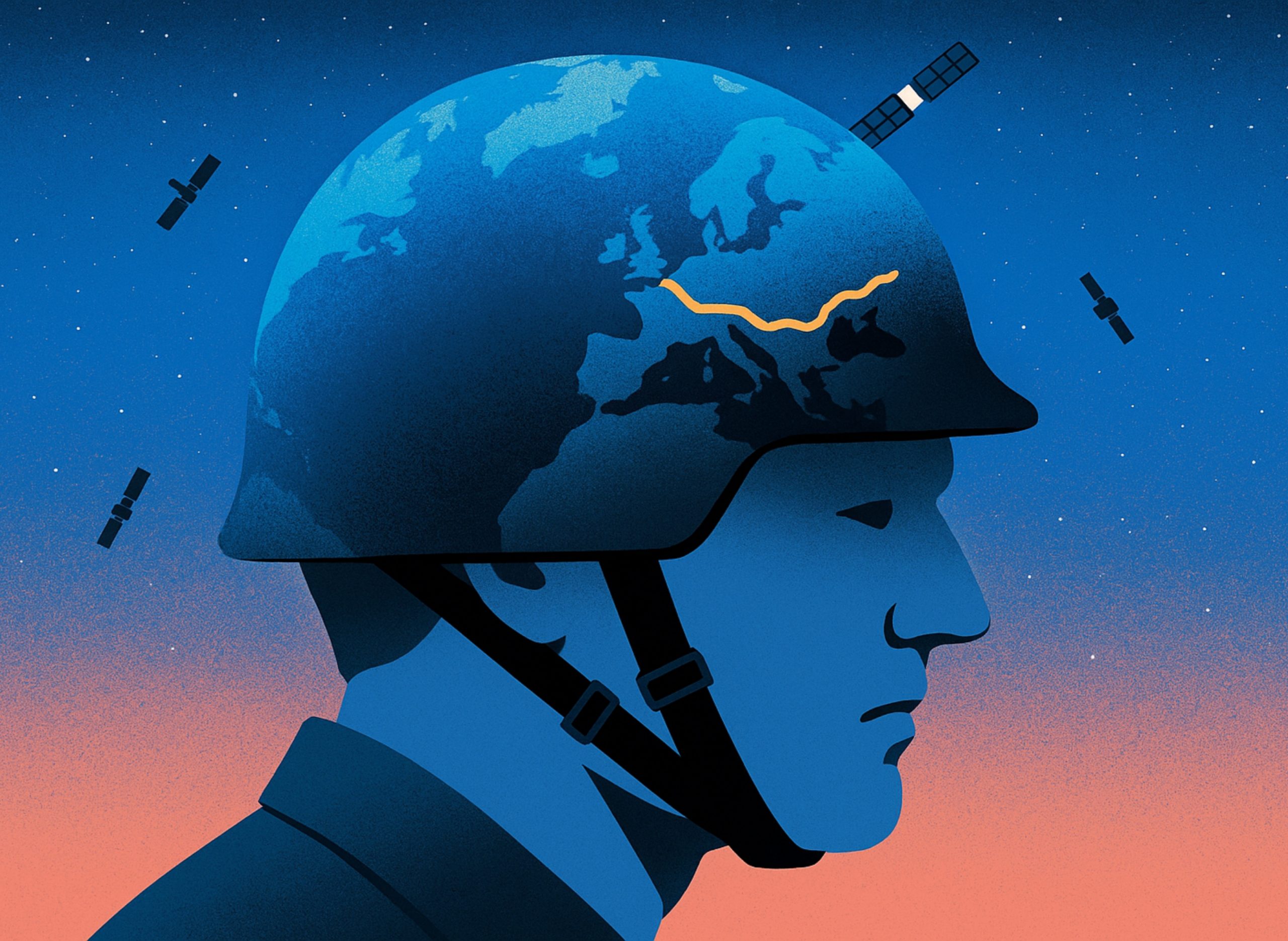
How Warsaw and Kyiv Anchor Europe’s Defense

India’s Internal Challenges to Global Leadership
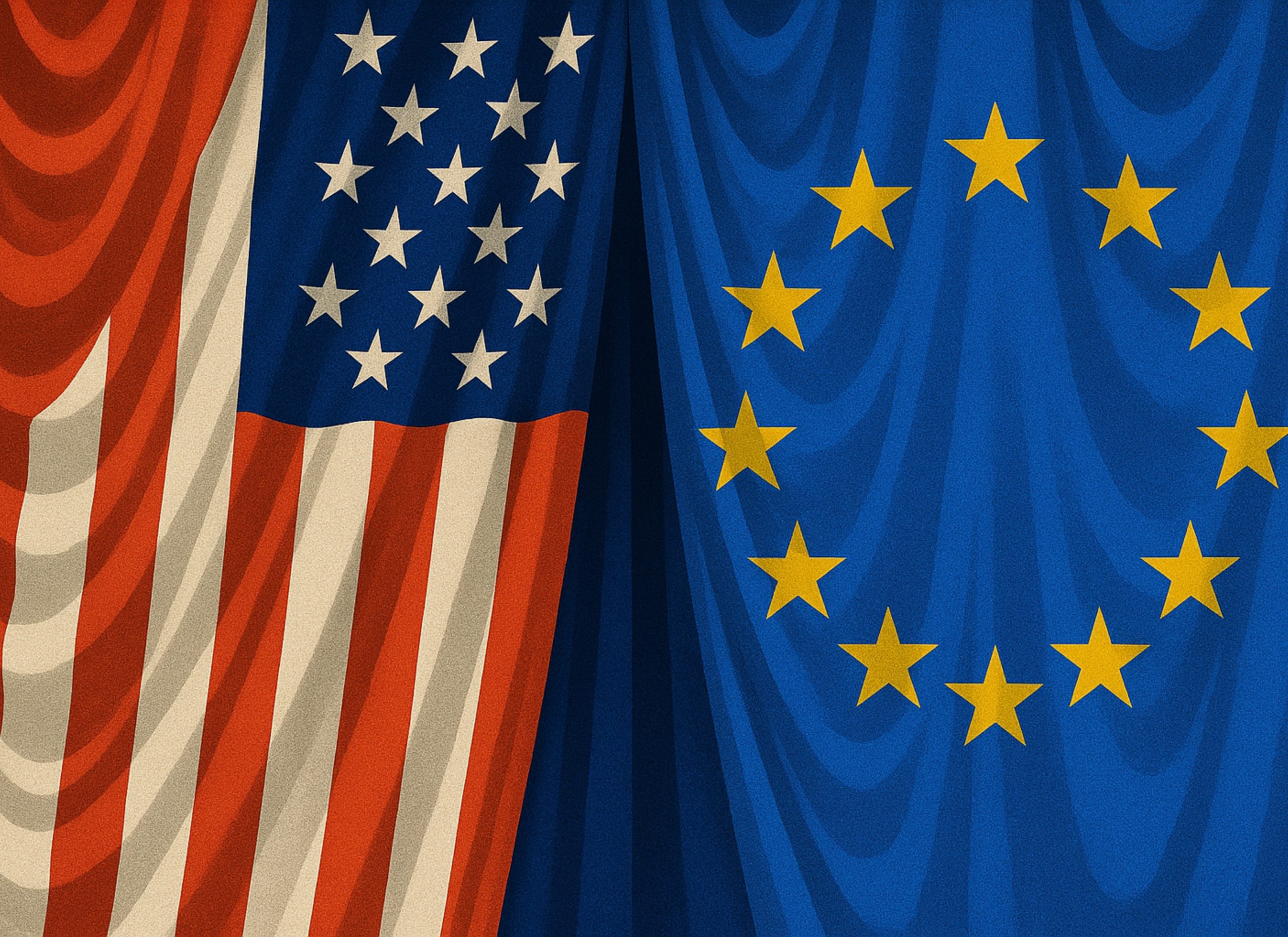
What Does a Strong Europe Mean for America?
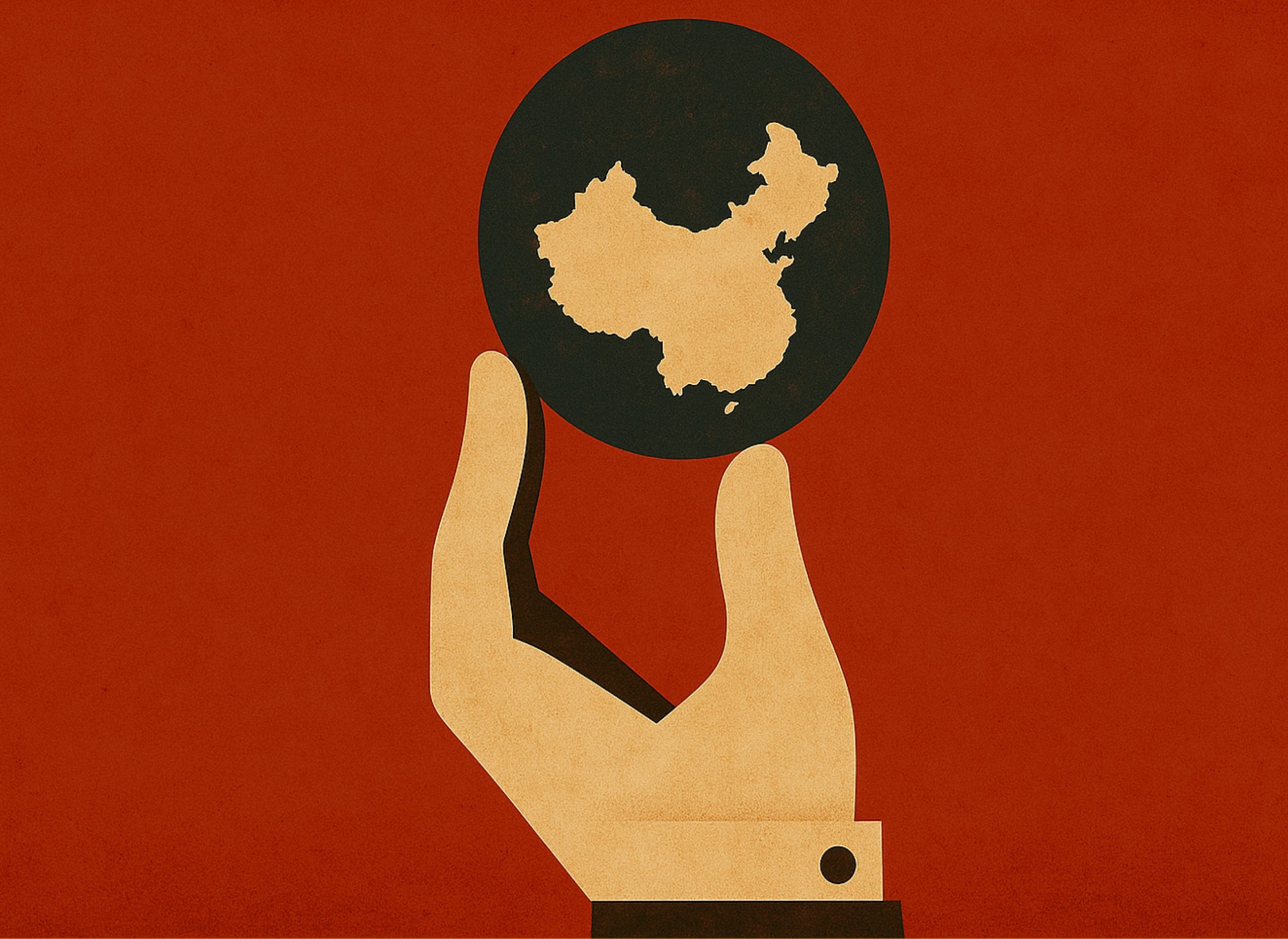
The Chinese Experience That Challenges the Universality of Liberalism
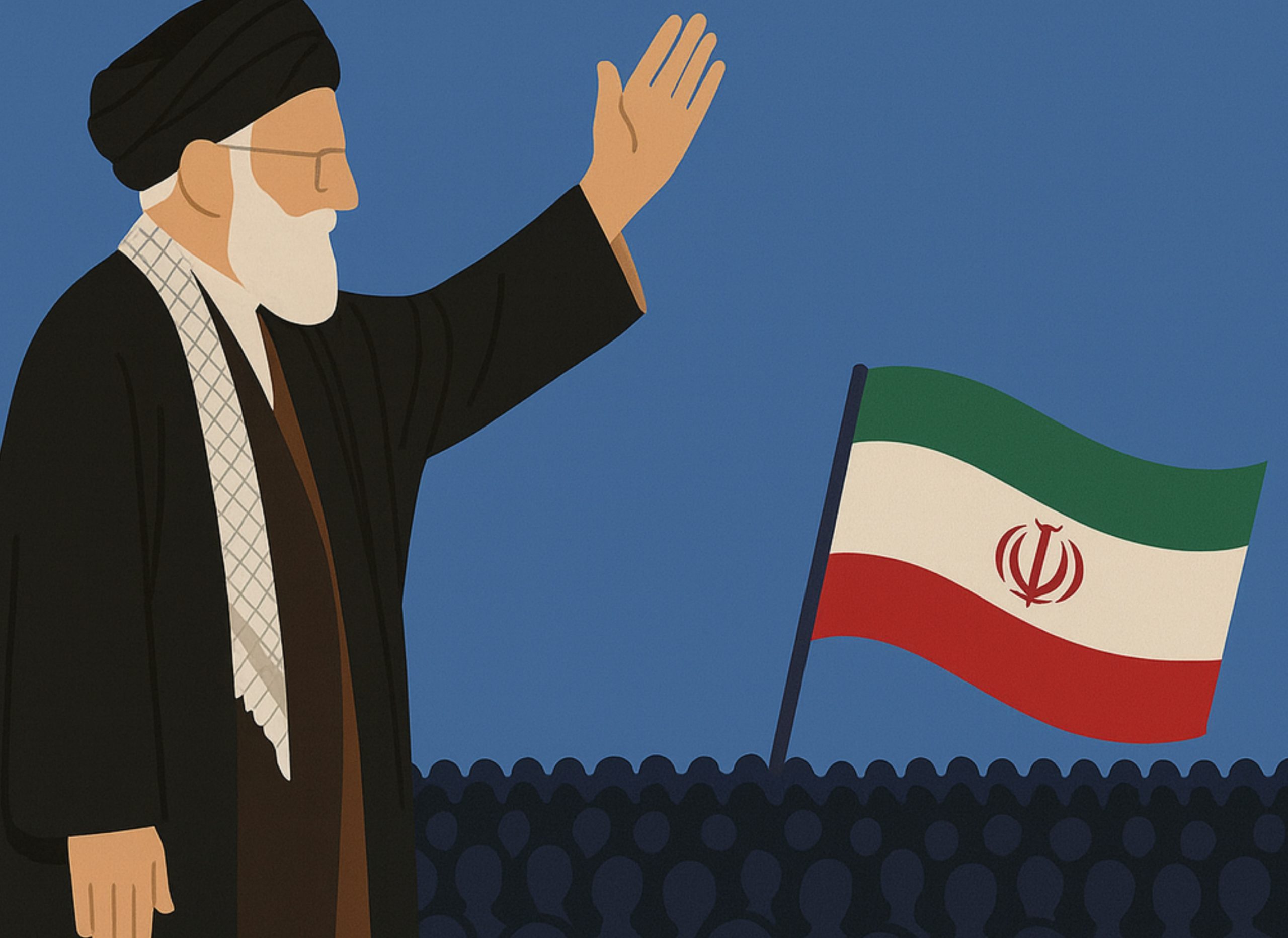
The Last Ayatollah
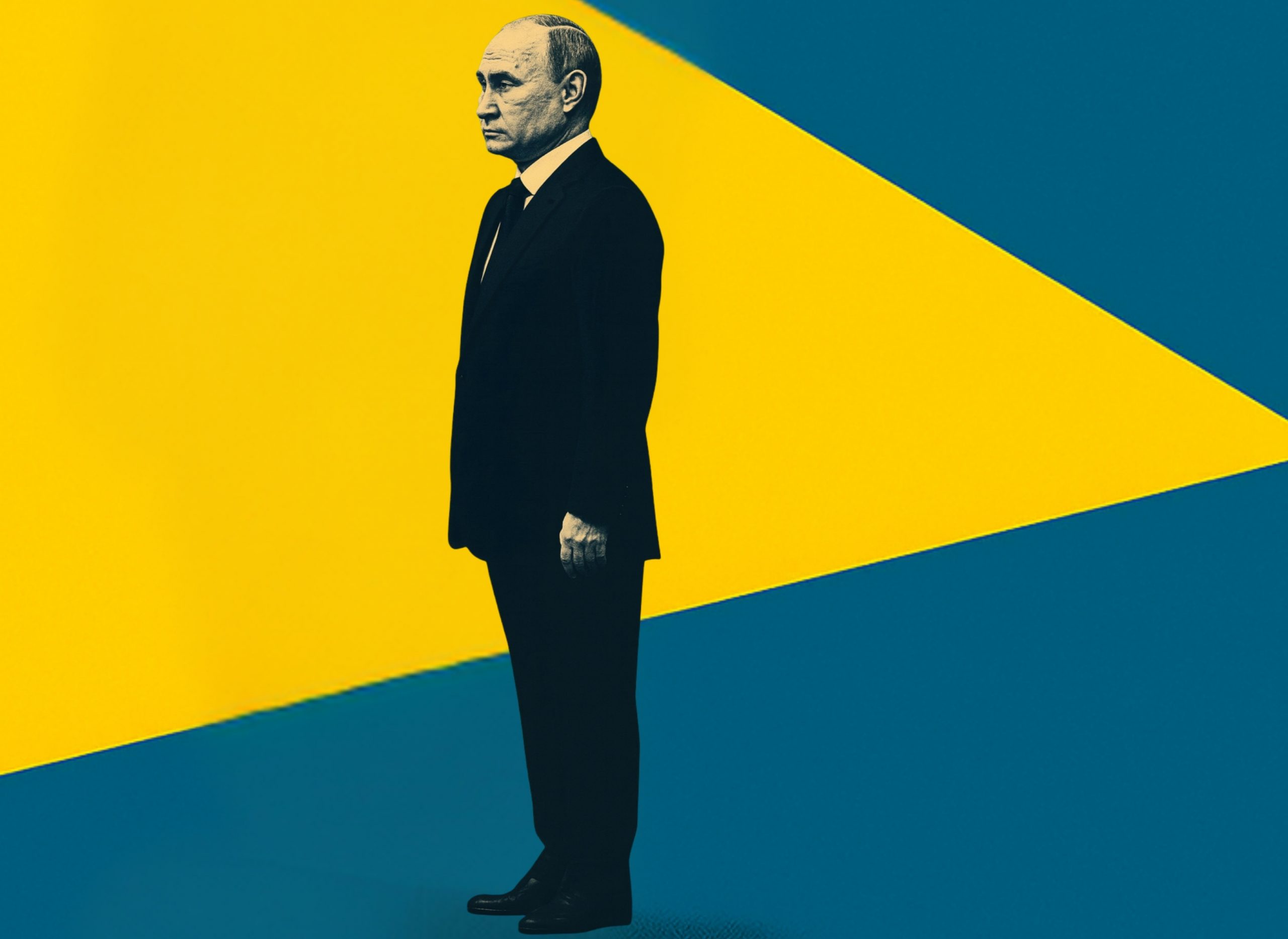
The Empire That Fights to Exist
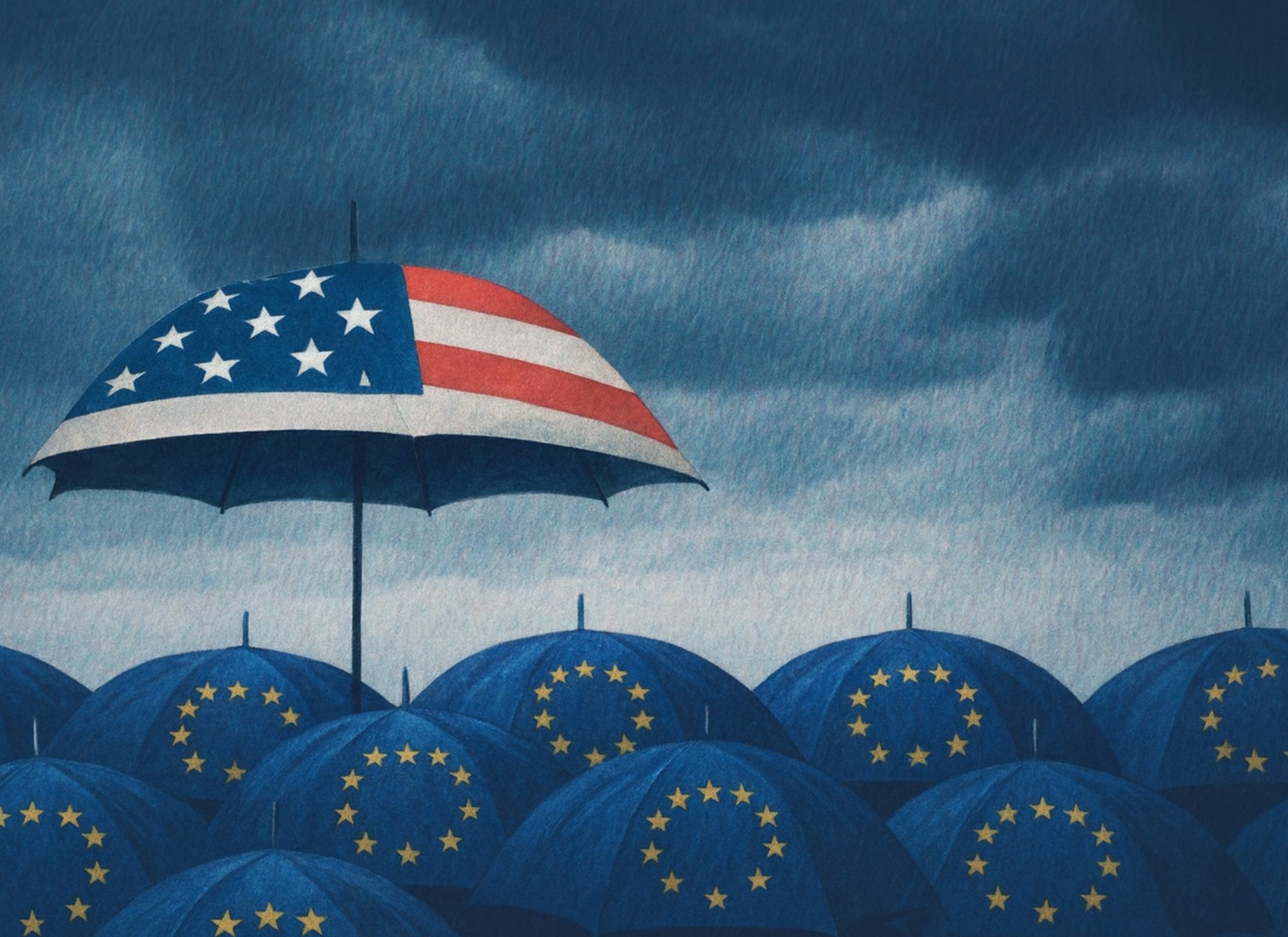
How Europe Balances Russia, China, and Itself

How Semiconductors Shape the New World Order
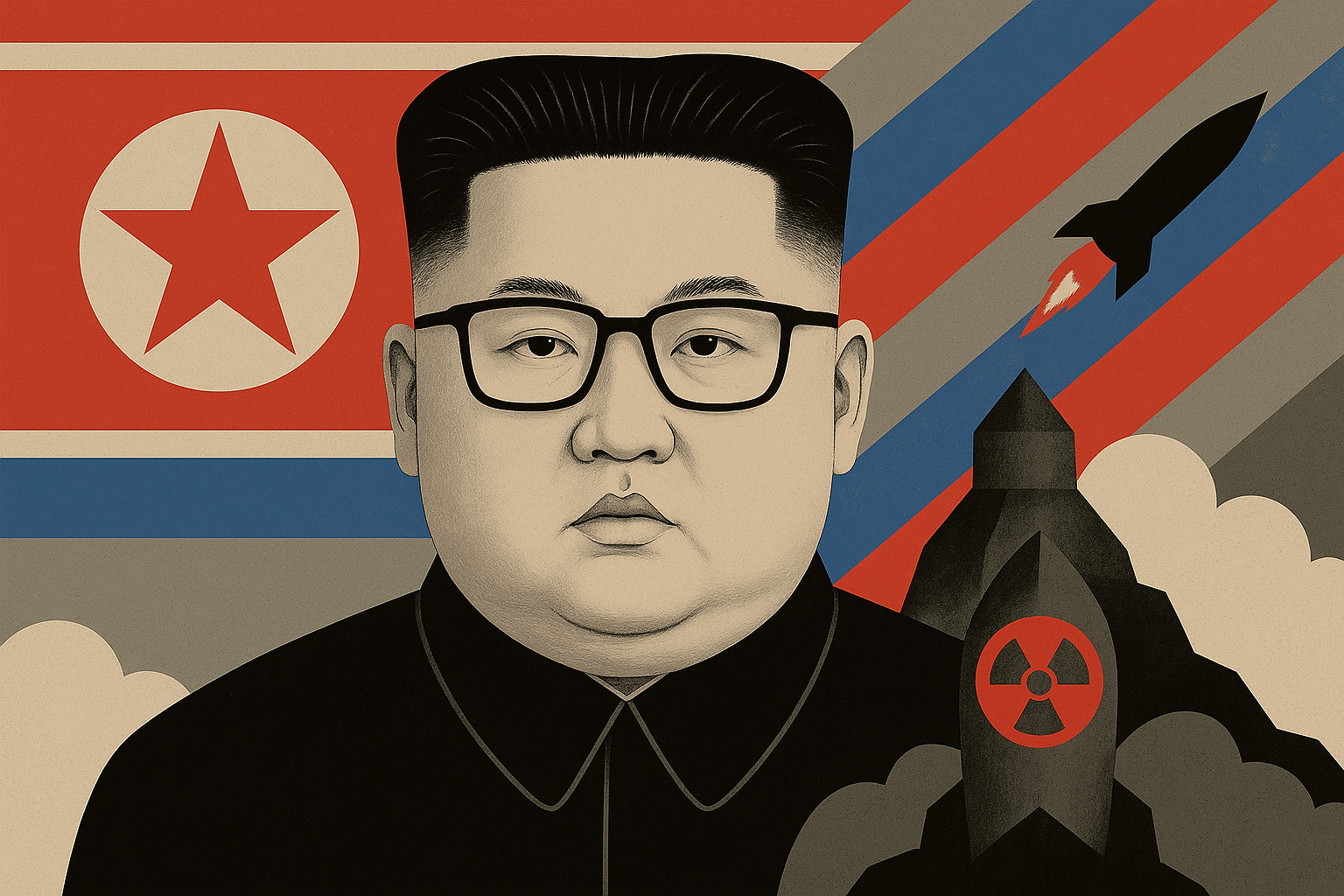
Inside the World’s Most Enduring Dictatorship
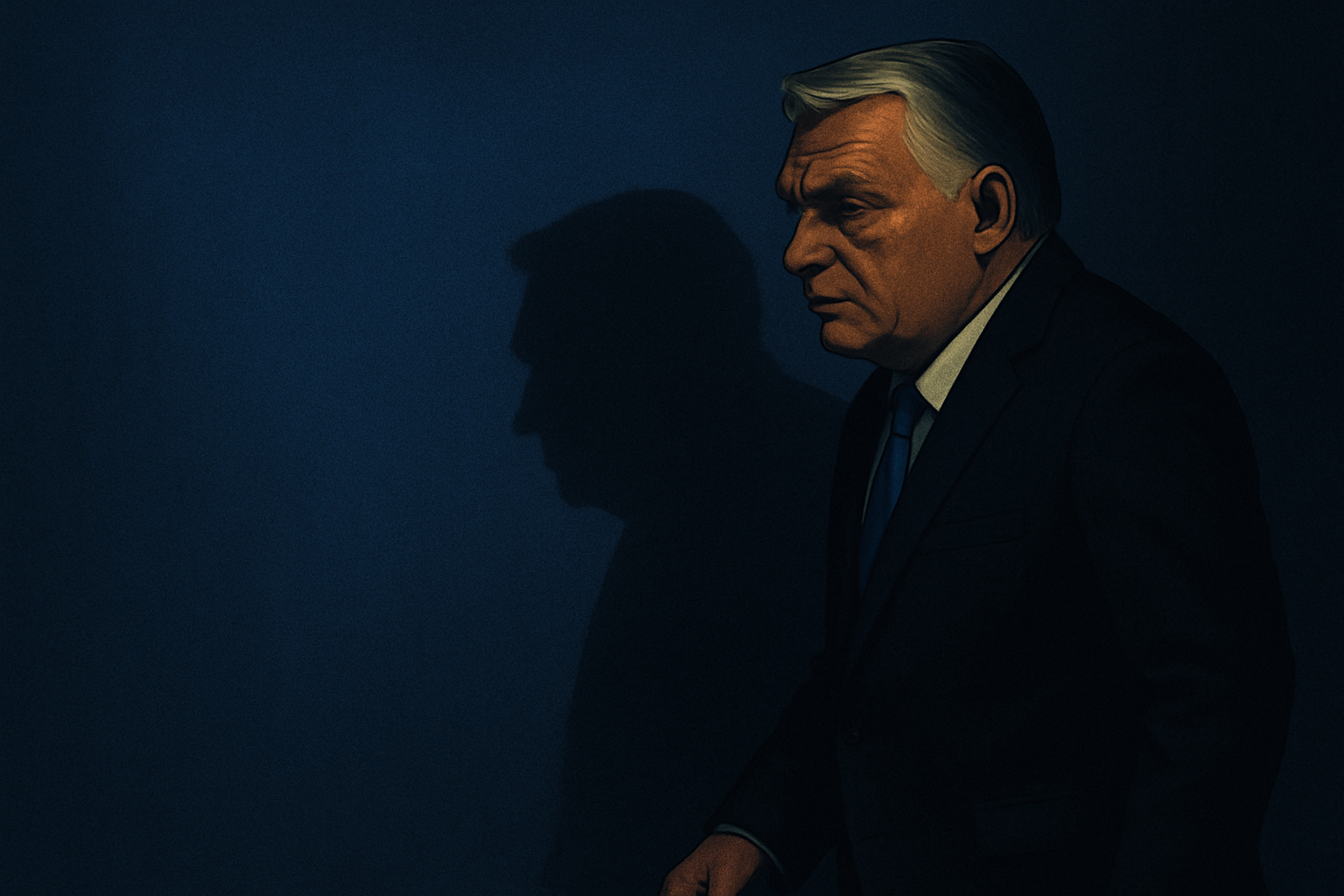
Orban Inside the Union, Against the Union
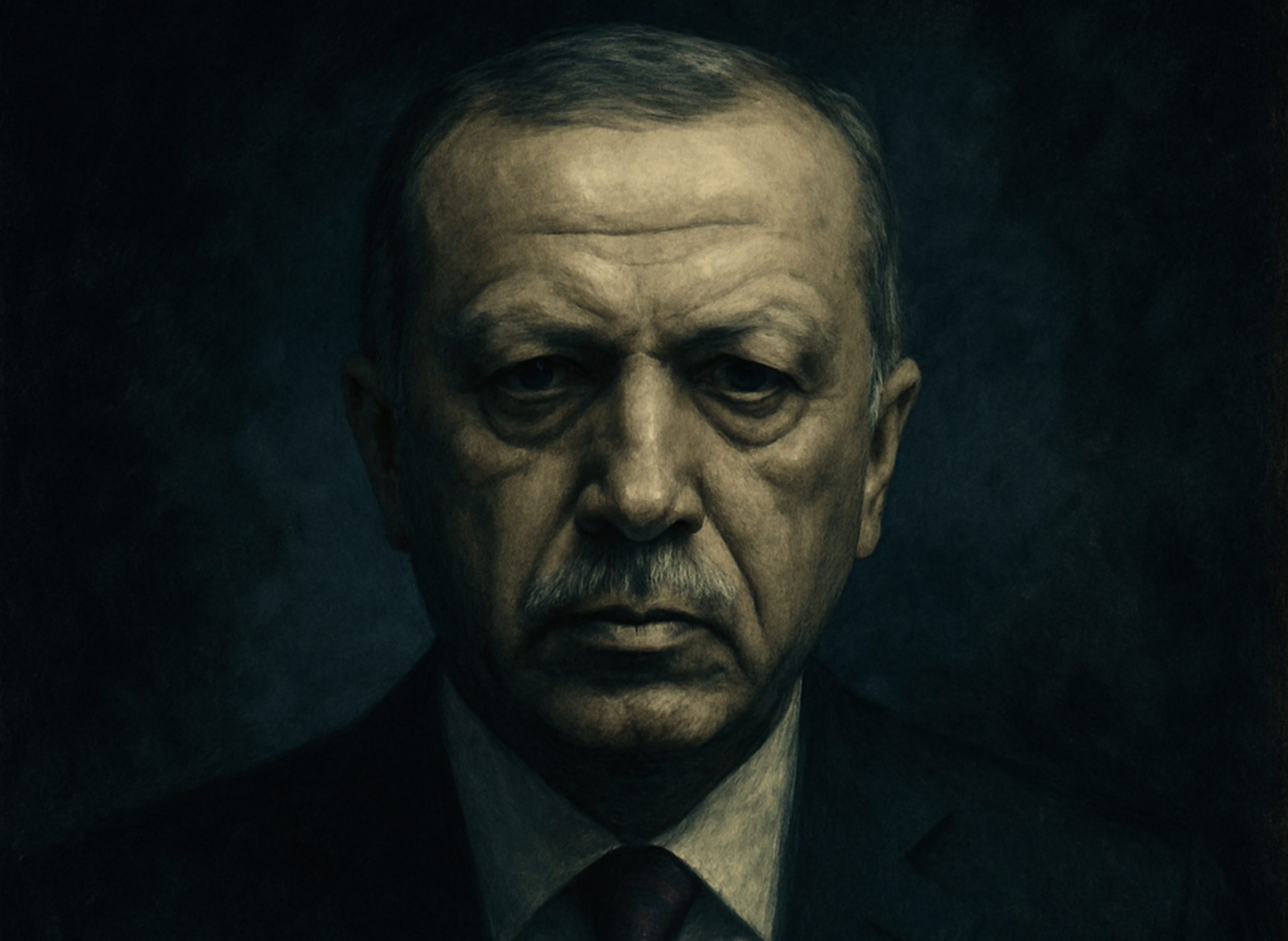
From Democratic Promise to Authoritarian Reality
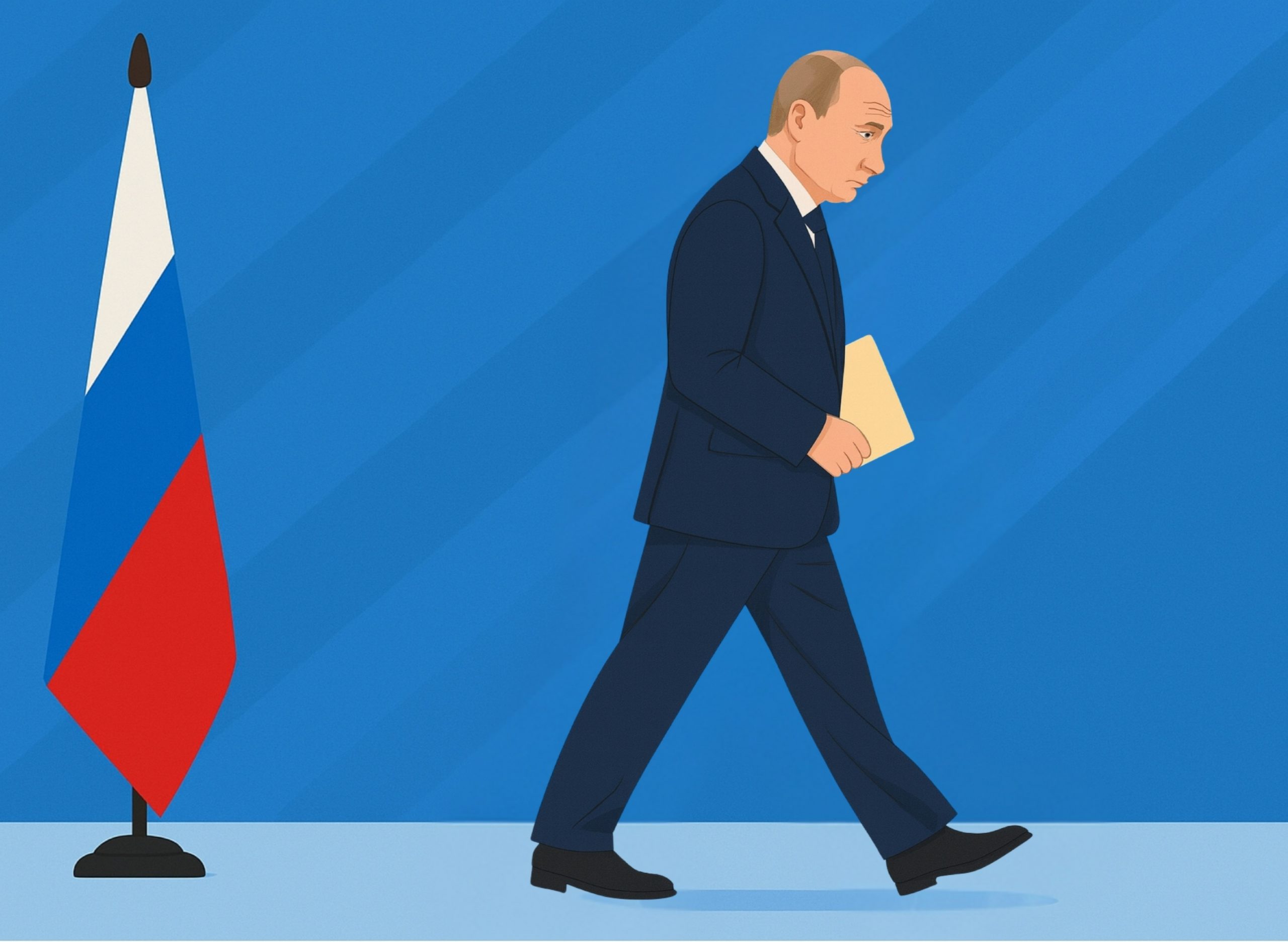
How One Man Became Russia
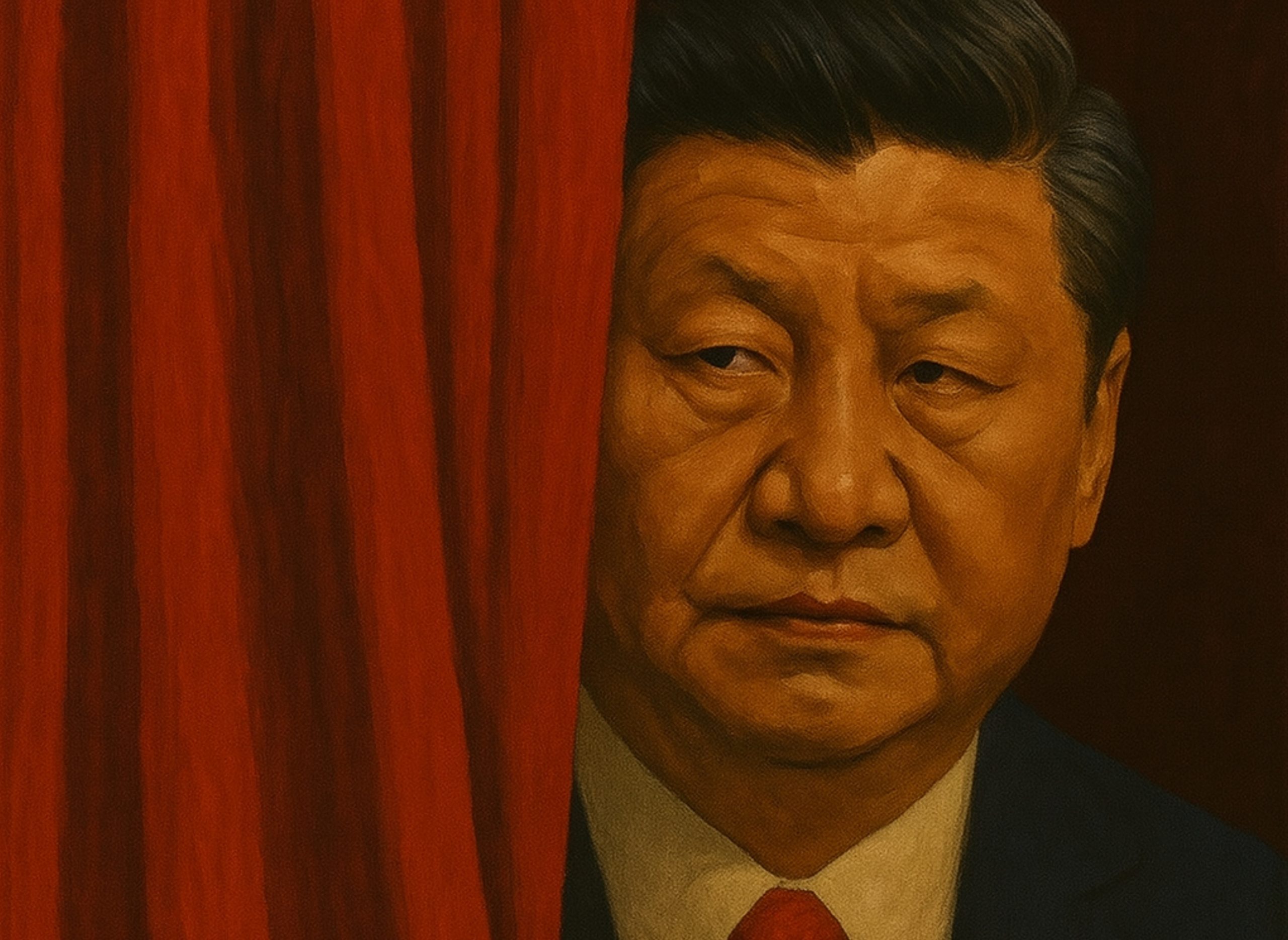
How Xi Jinping Is Shaping China and the World?
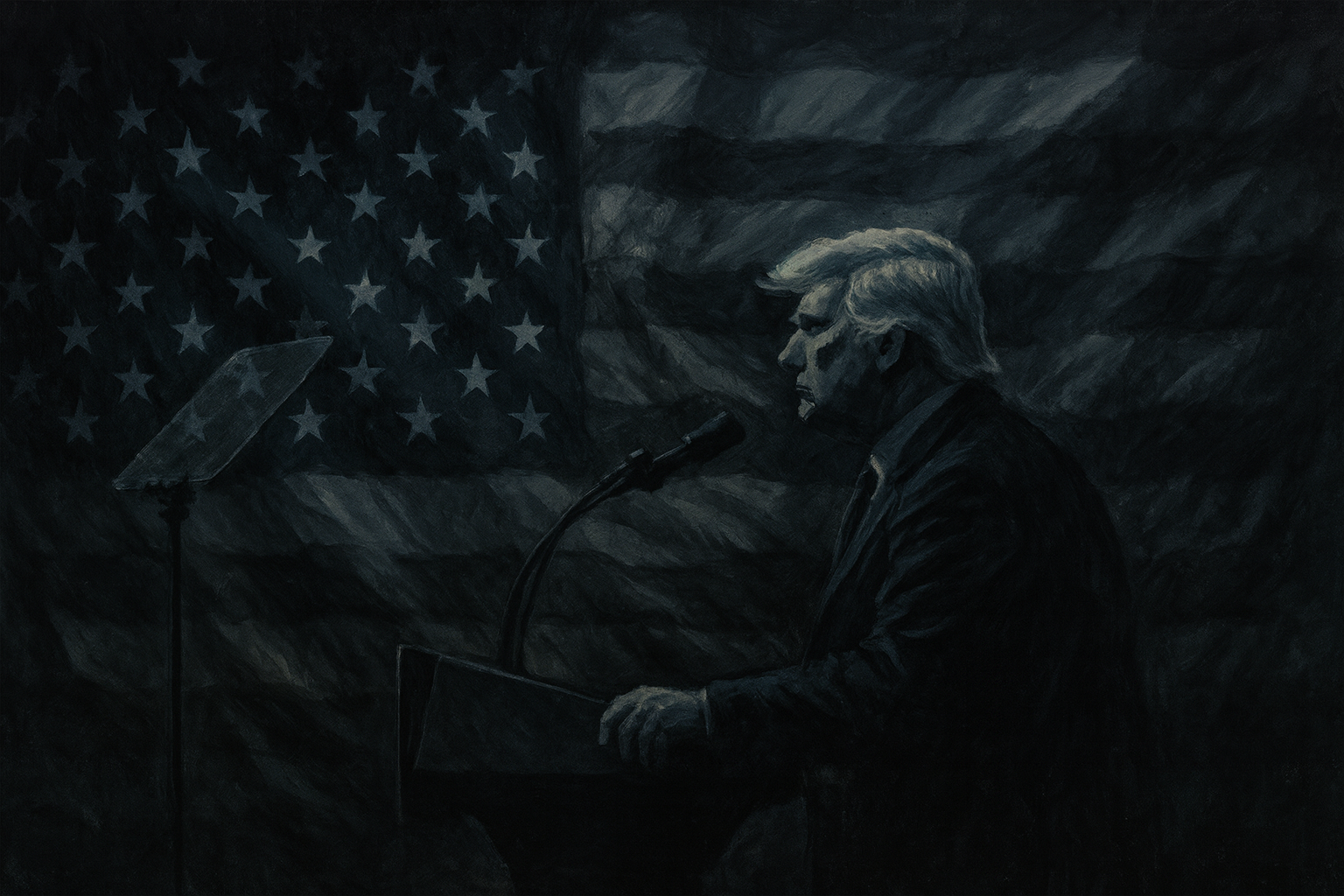
Trump’s War on Norms
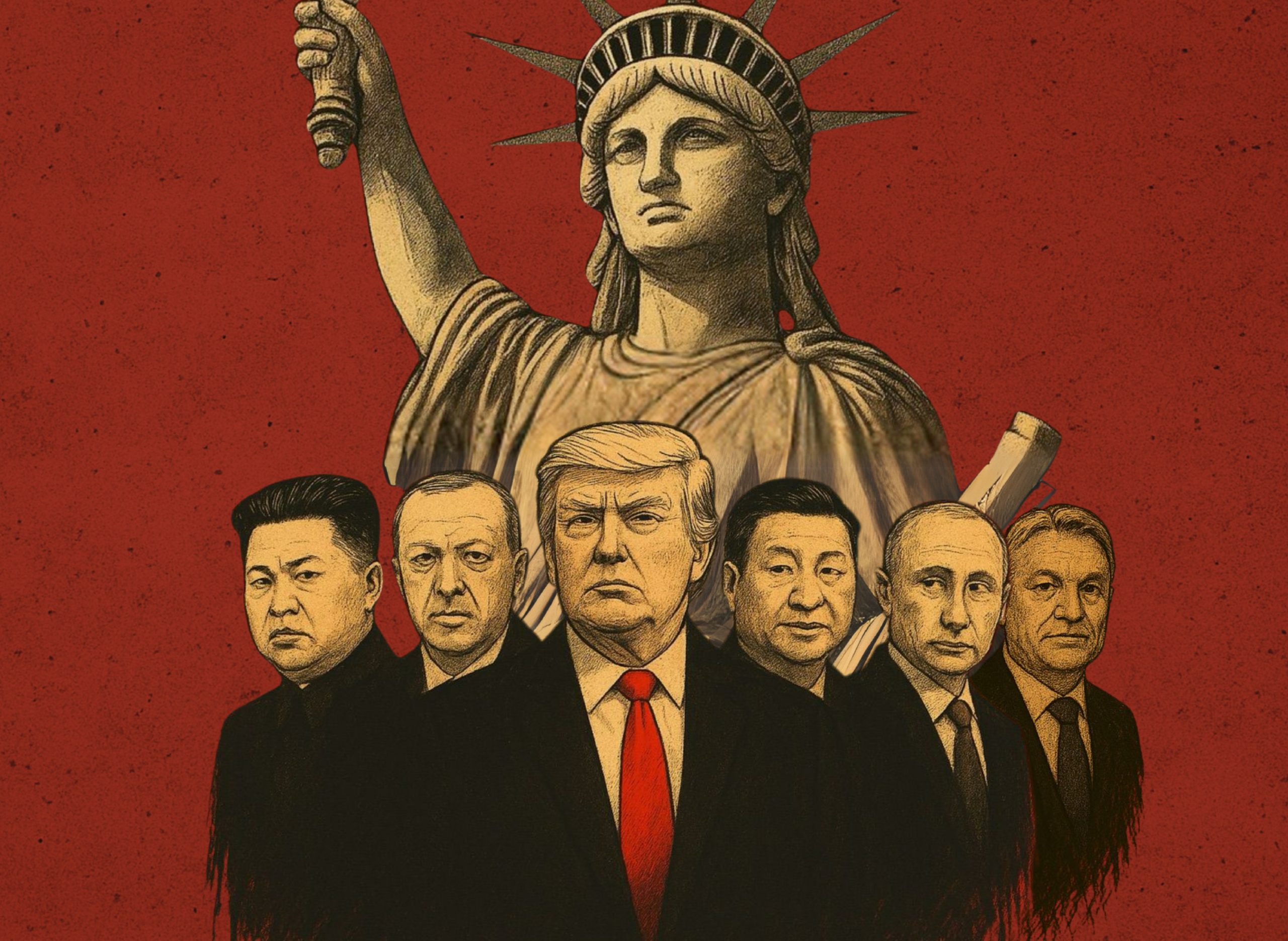
However it Can Be Saved
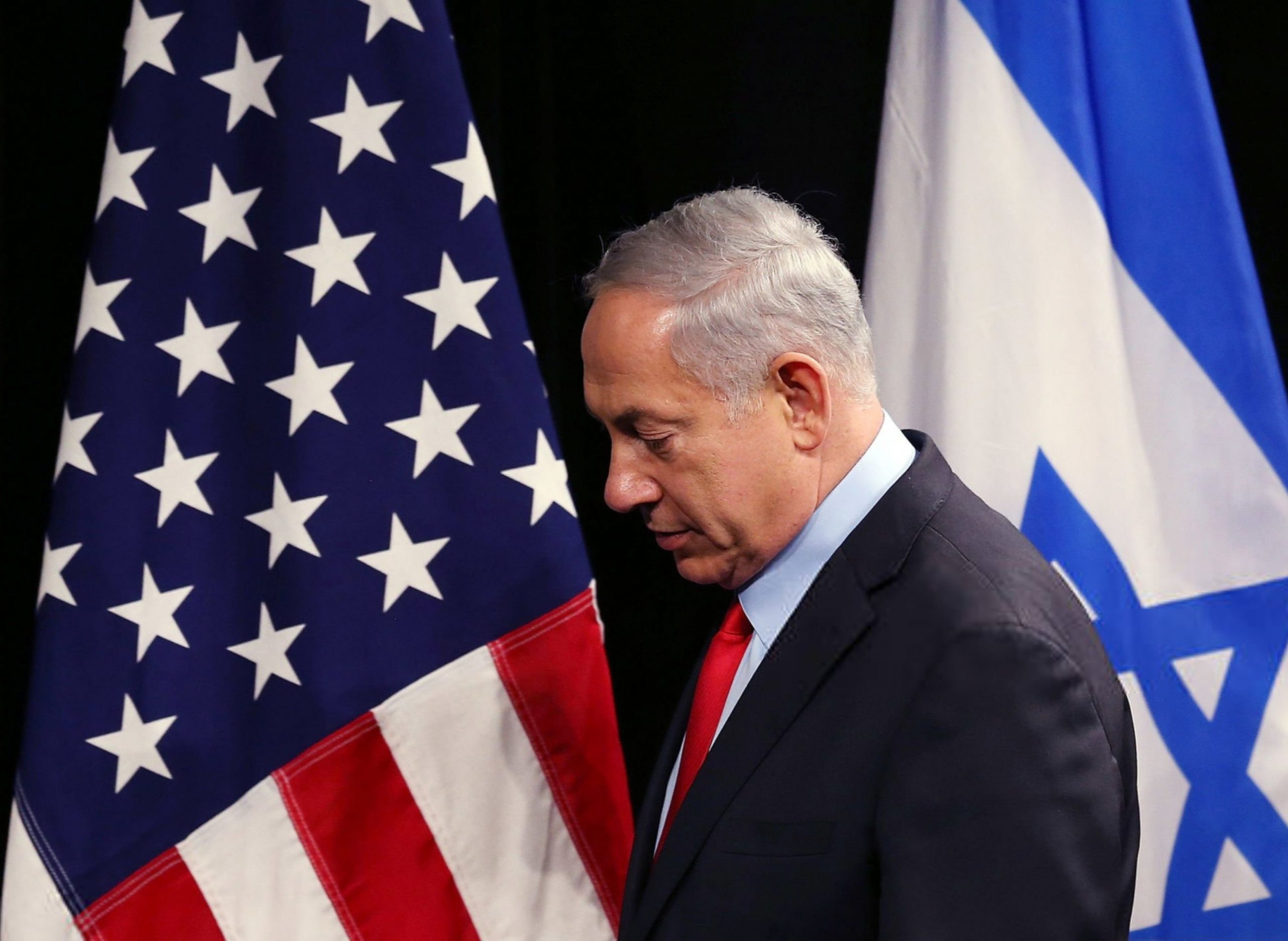
How Progressive America Redefined Its Stance on Israel?
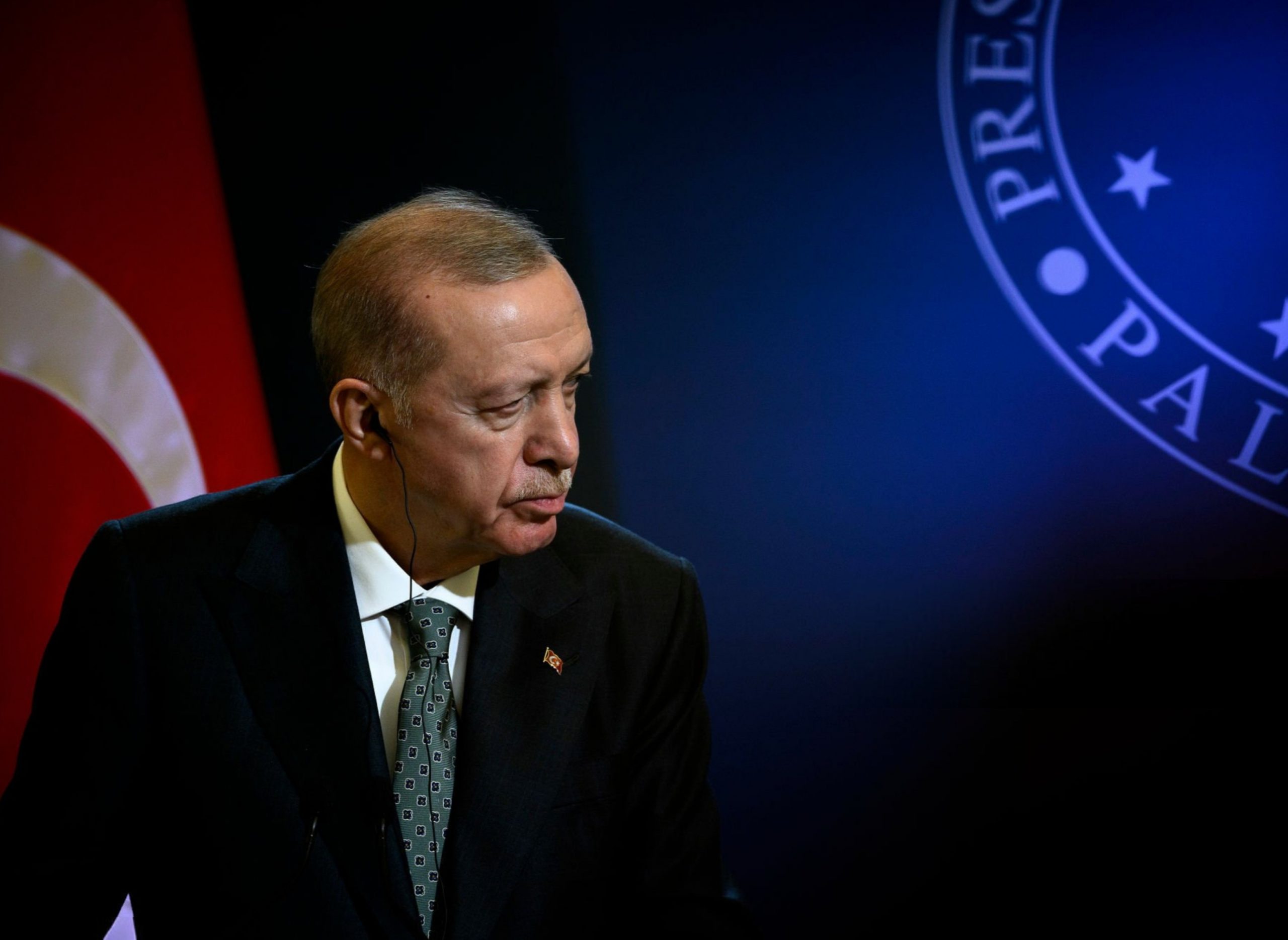
One Chapter Closed, A Harder One Begins
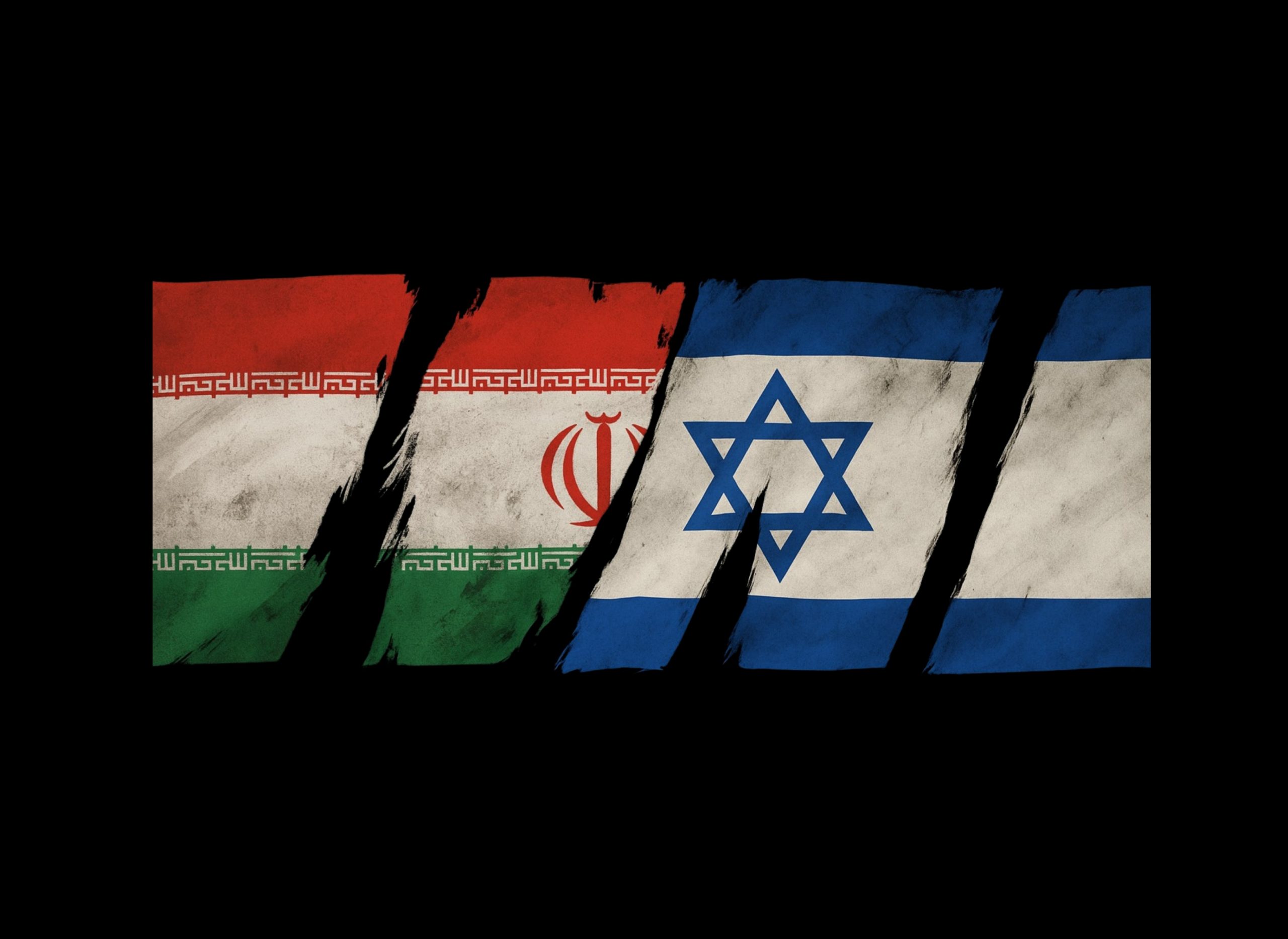
How Two Adversaries Legitimize Power Through Endless Confrontation?
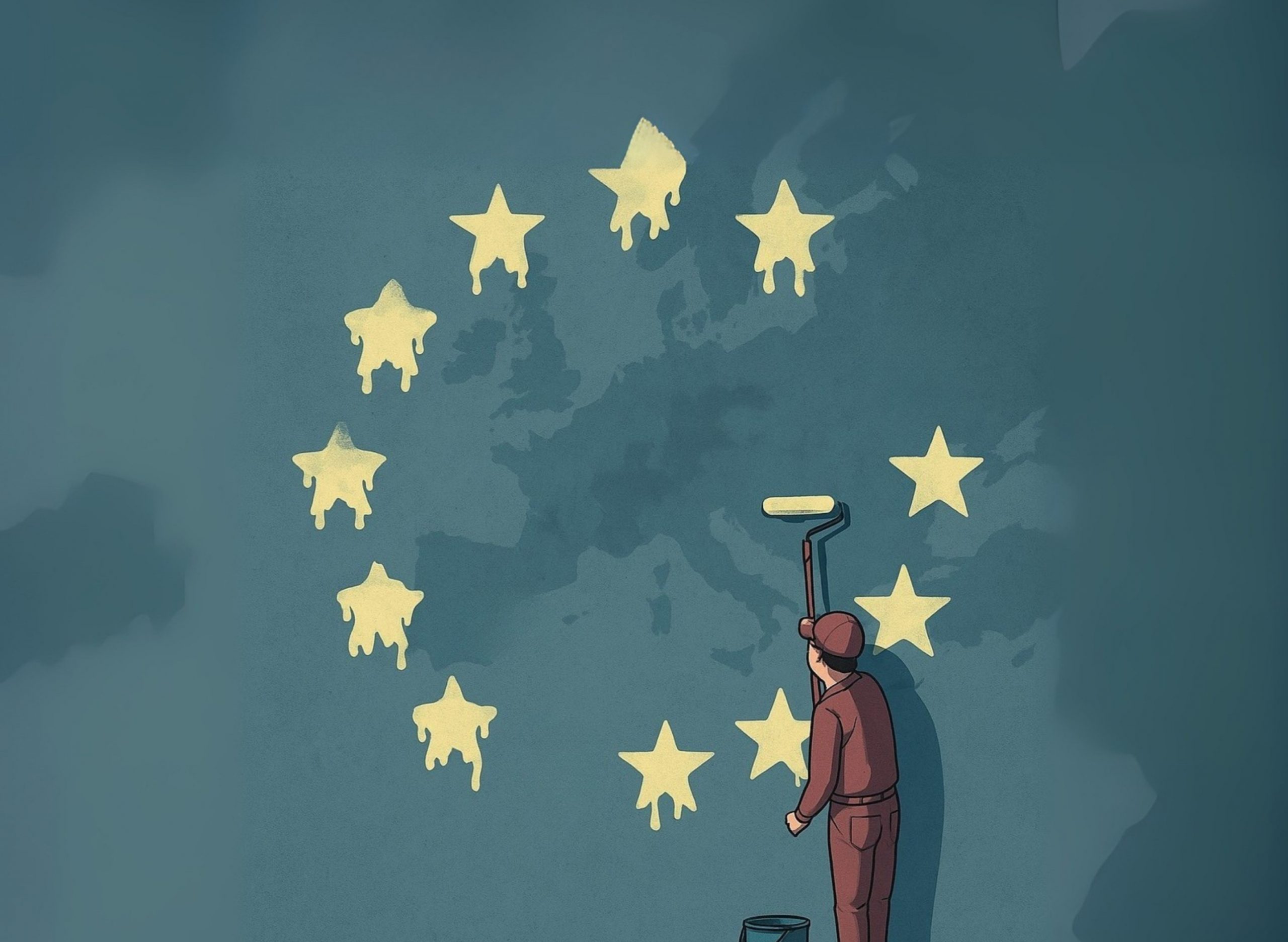
Is a Common European Identity Still Possible?
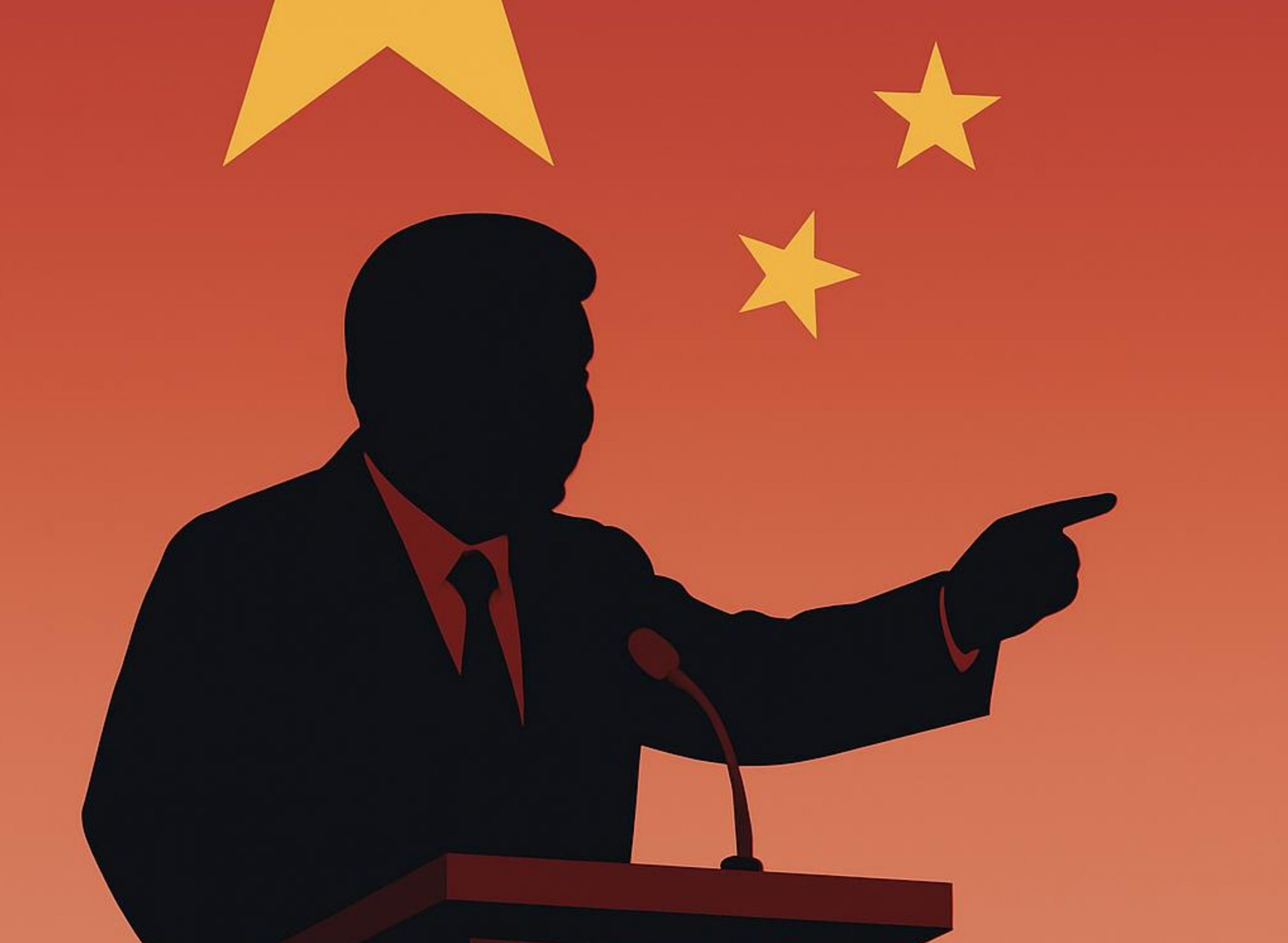
Xi’s China Beneath the Surface
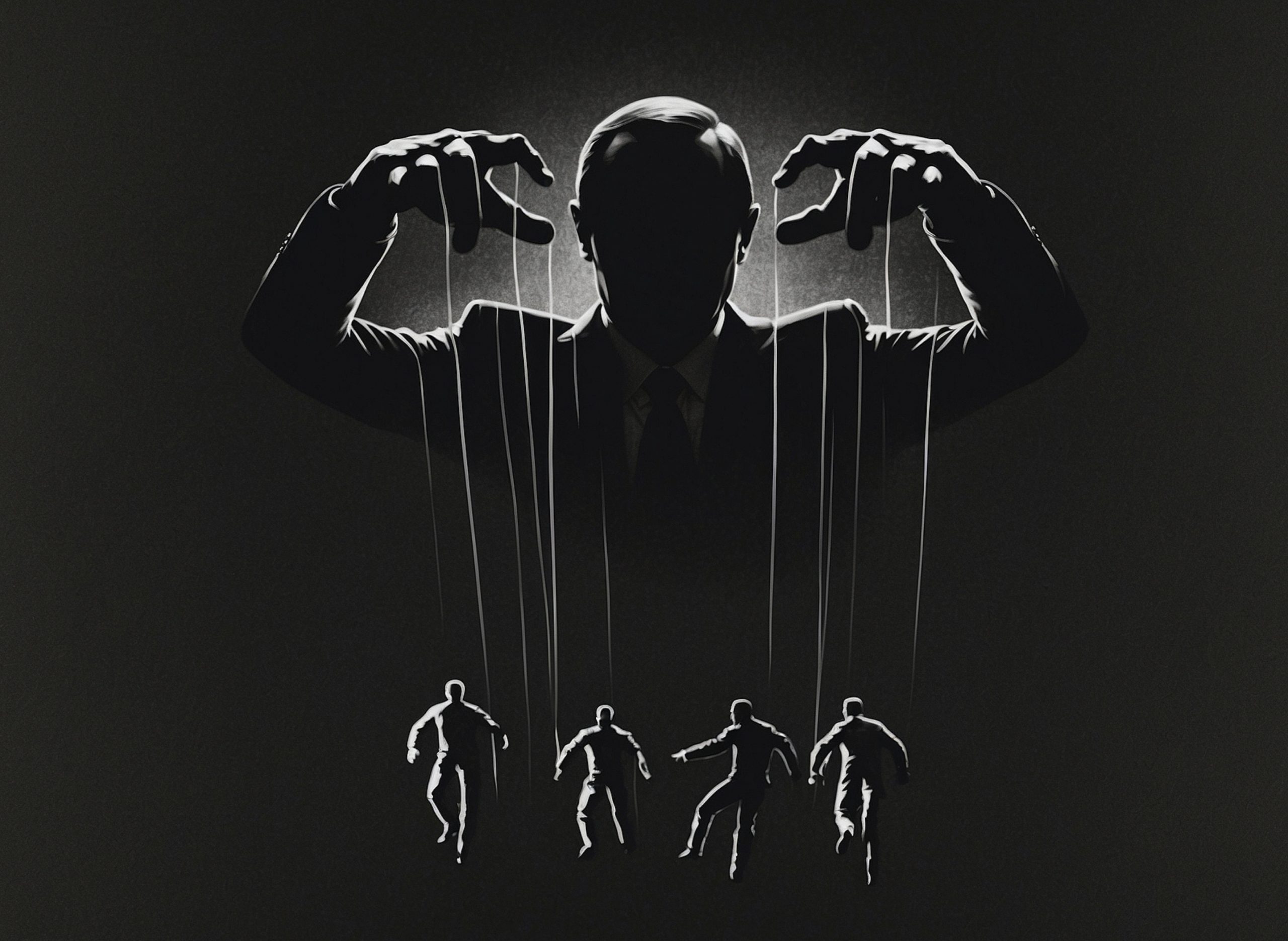
The Machinery of Wealth and Obedience
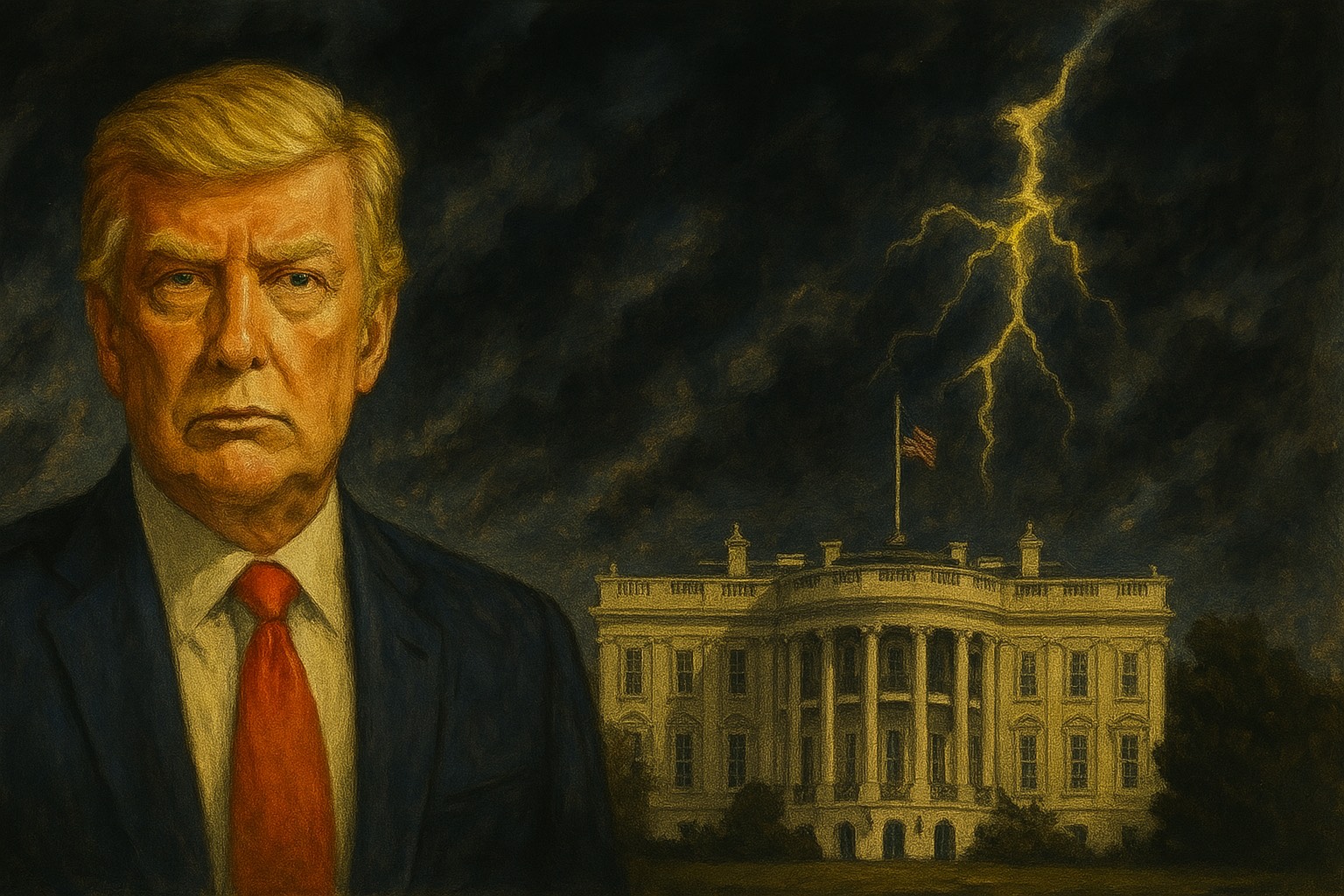
How the United States Became the World’s Most Dangerous Example?
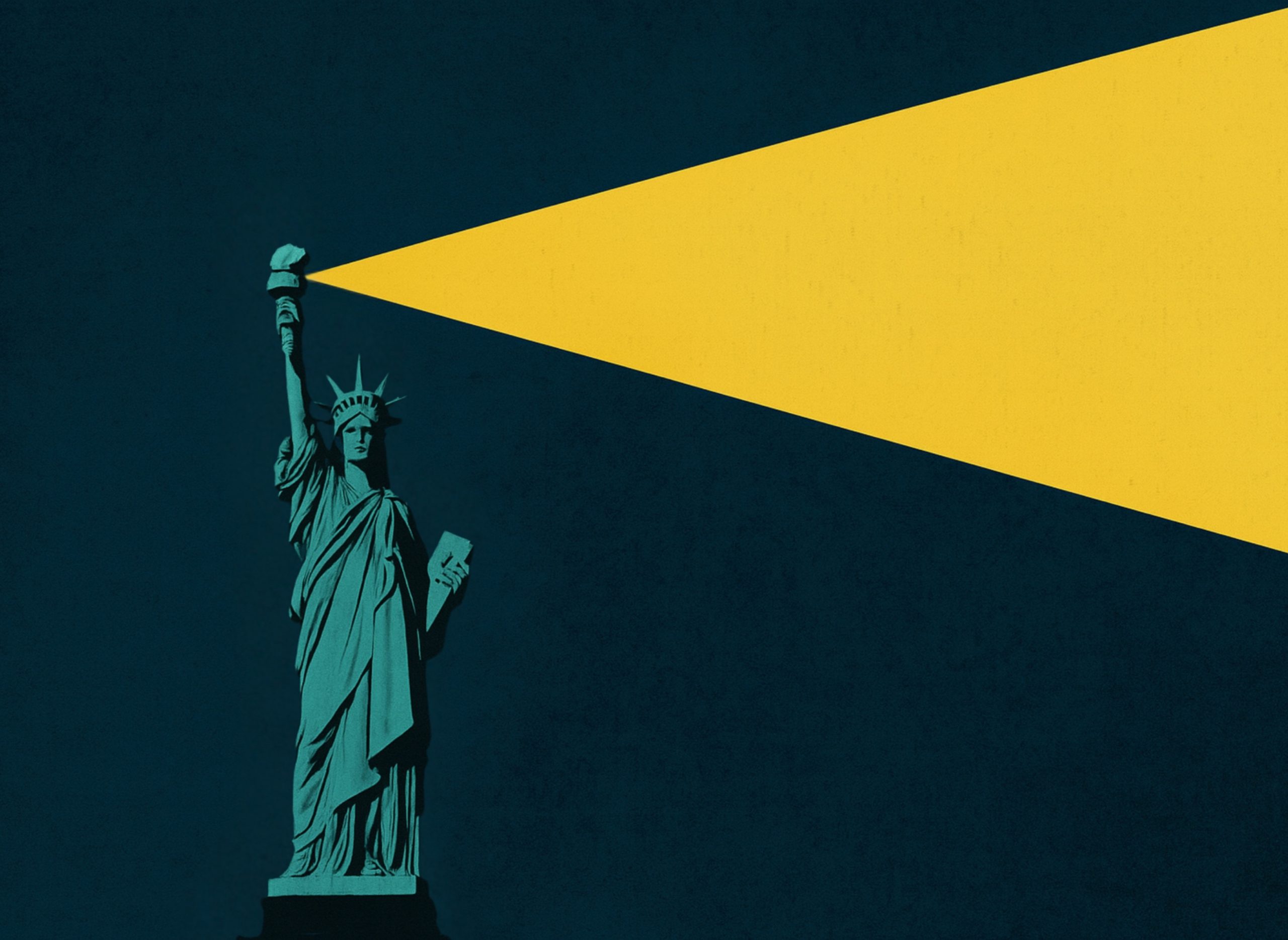
What is the Ideal American Foreign Policy in the Multipolar World?
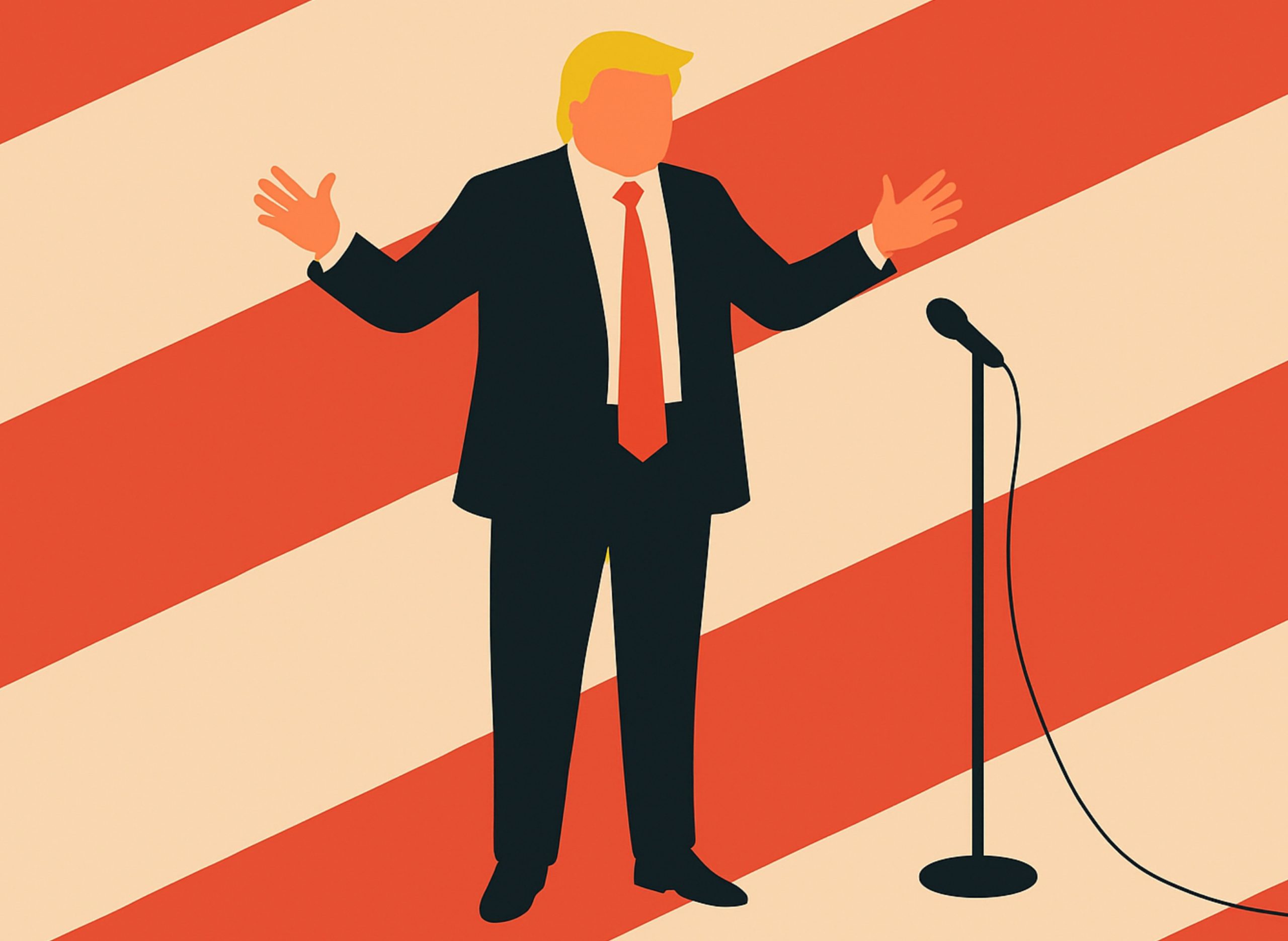
Trump’s America and the End of Global Trust
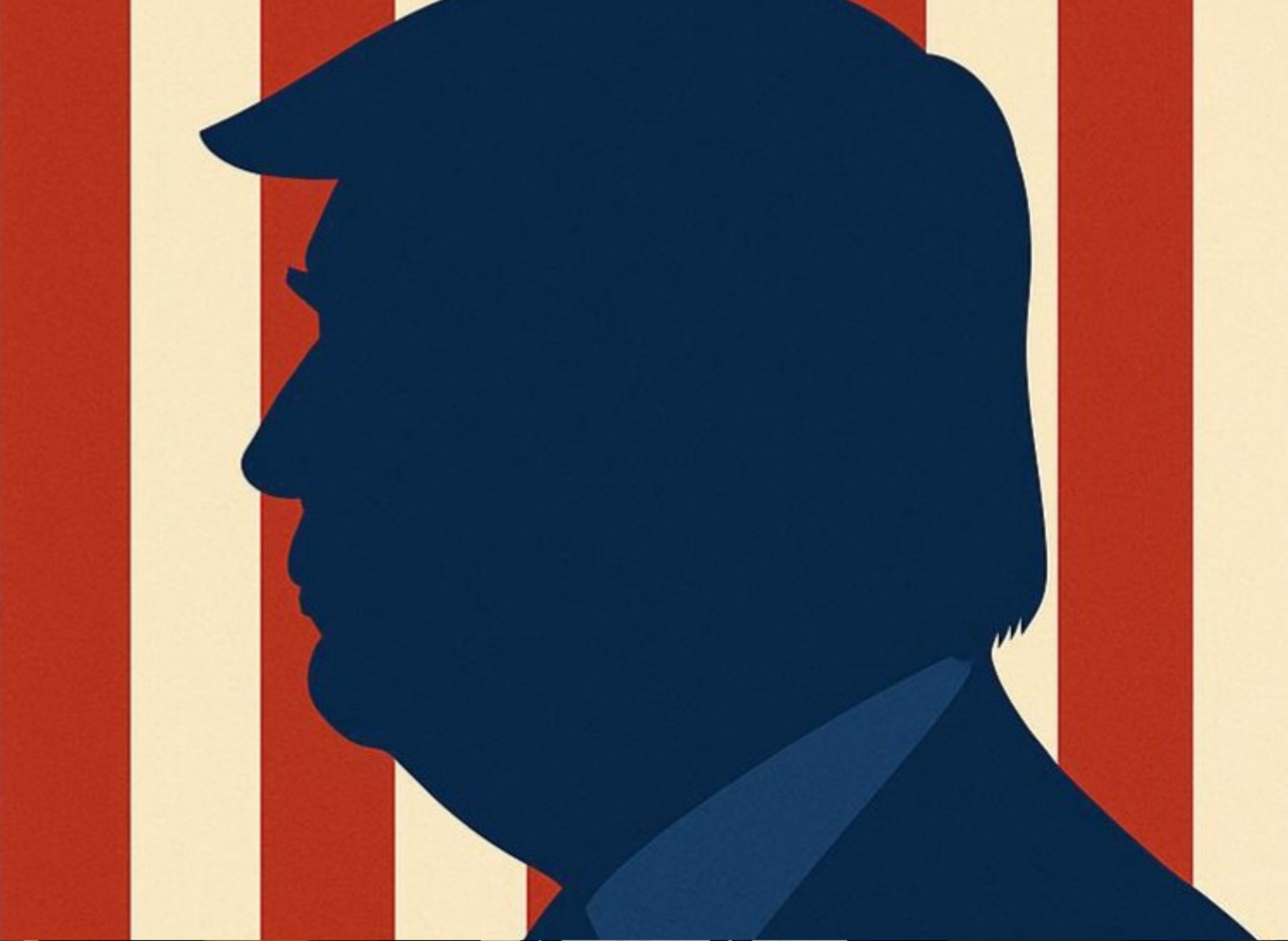
No More Free Rides in a Transactional World
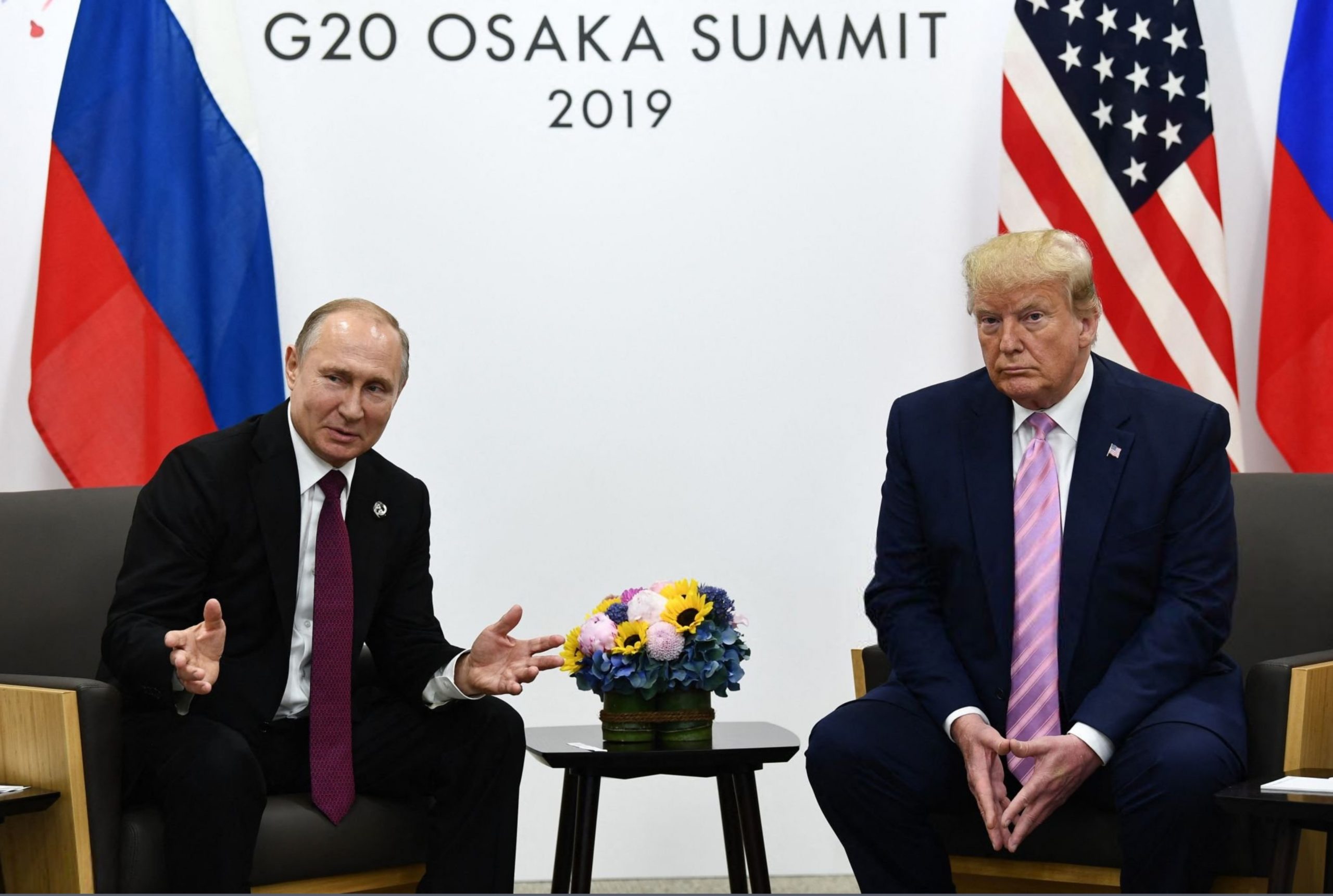
Why Trump’s Russia Strategy Won’t Work
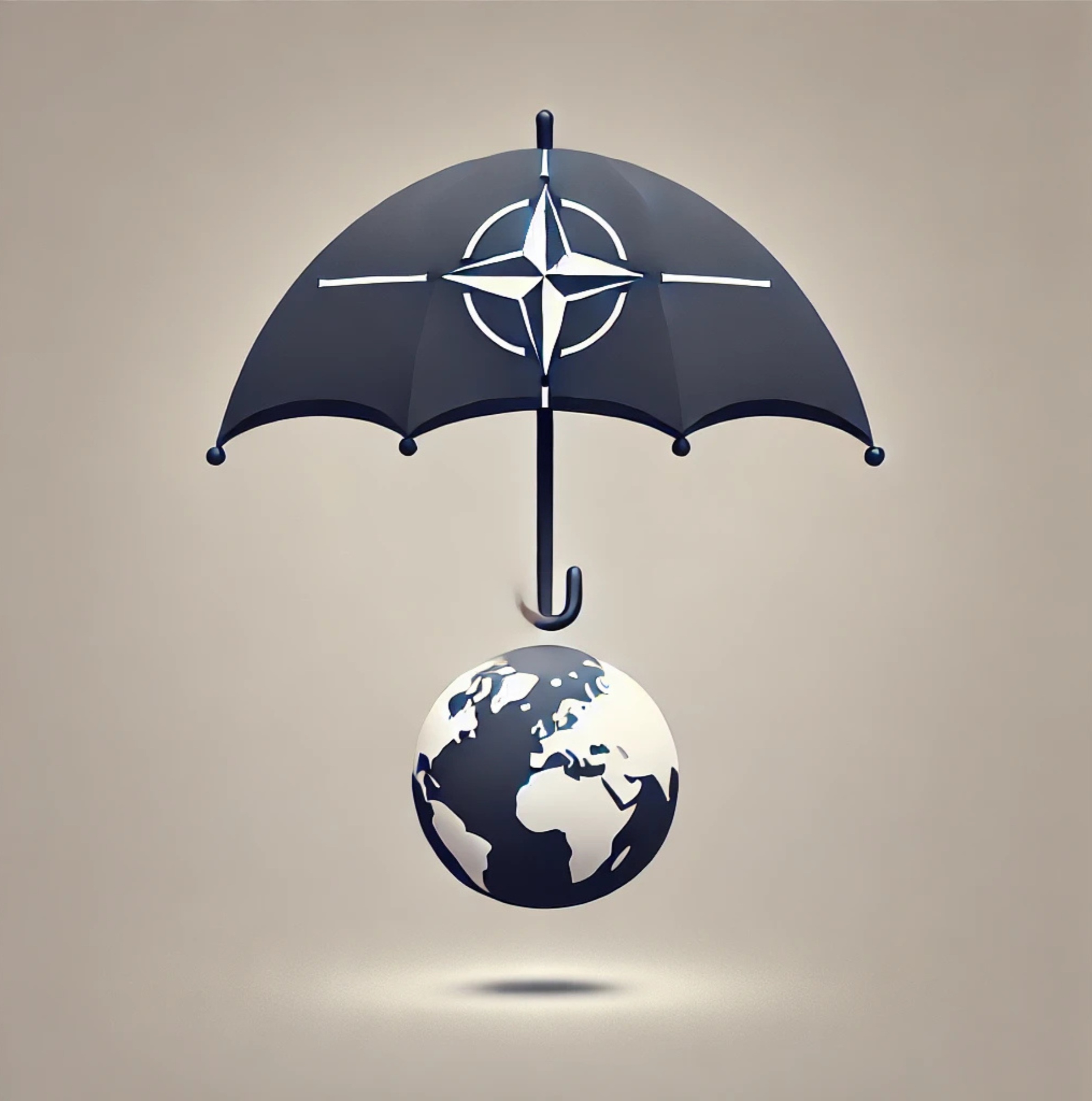
The Alliance’s Search for a New Identity
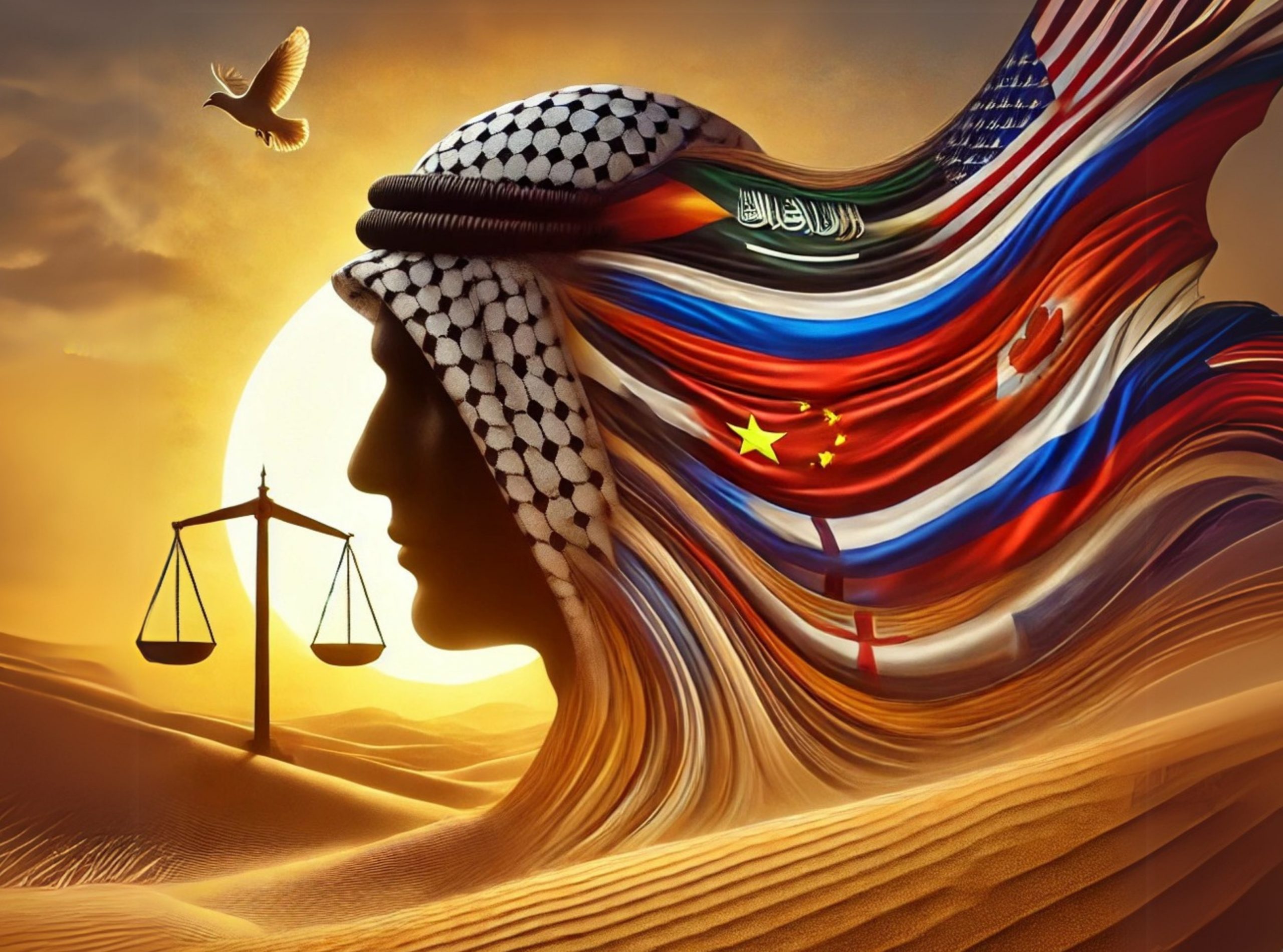
War Without End?
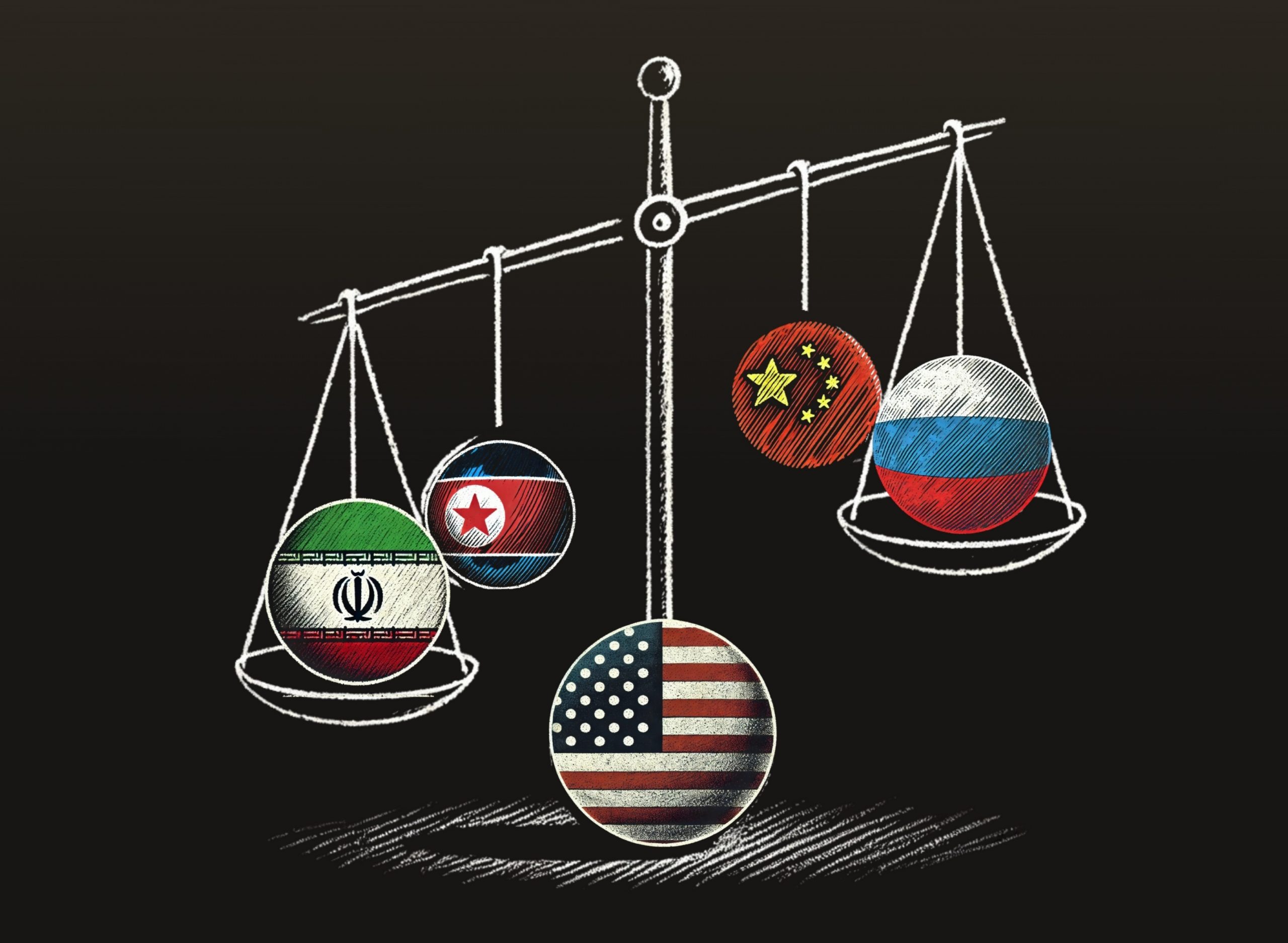
From Pax Americana to Global Uncertainty
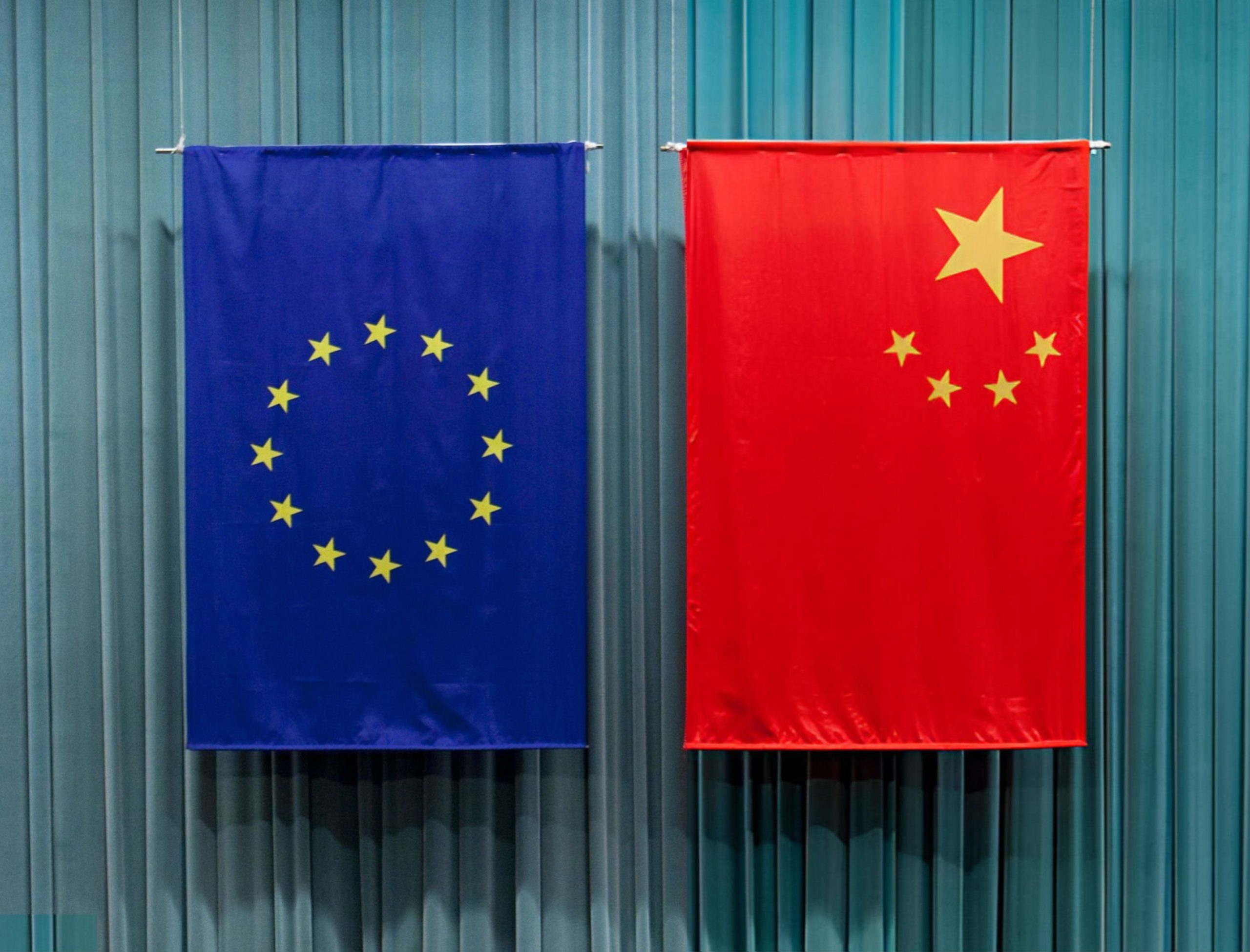
Unity or Division Against China?
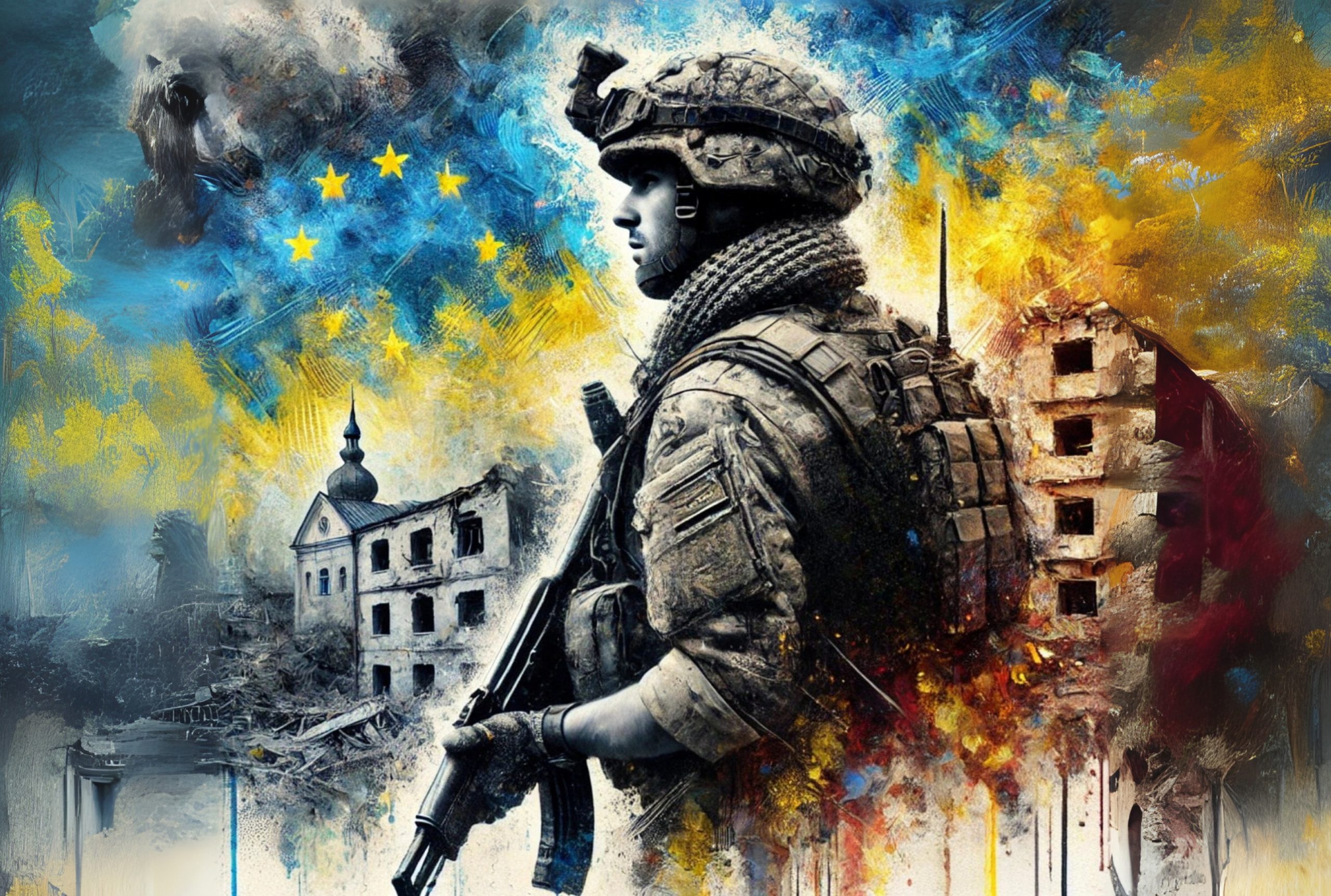
How the War in Ukraine Redefined Europe?
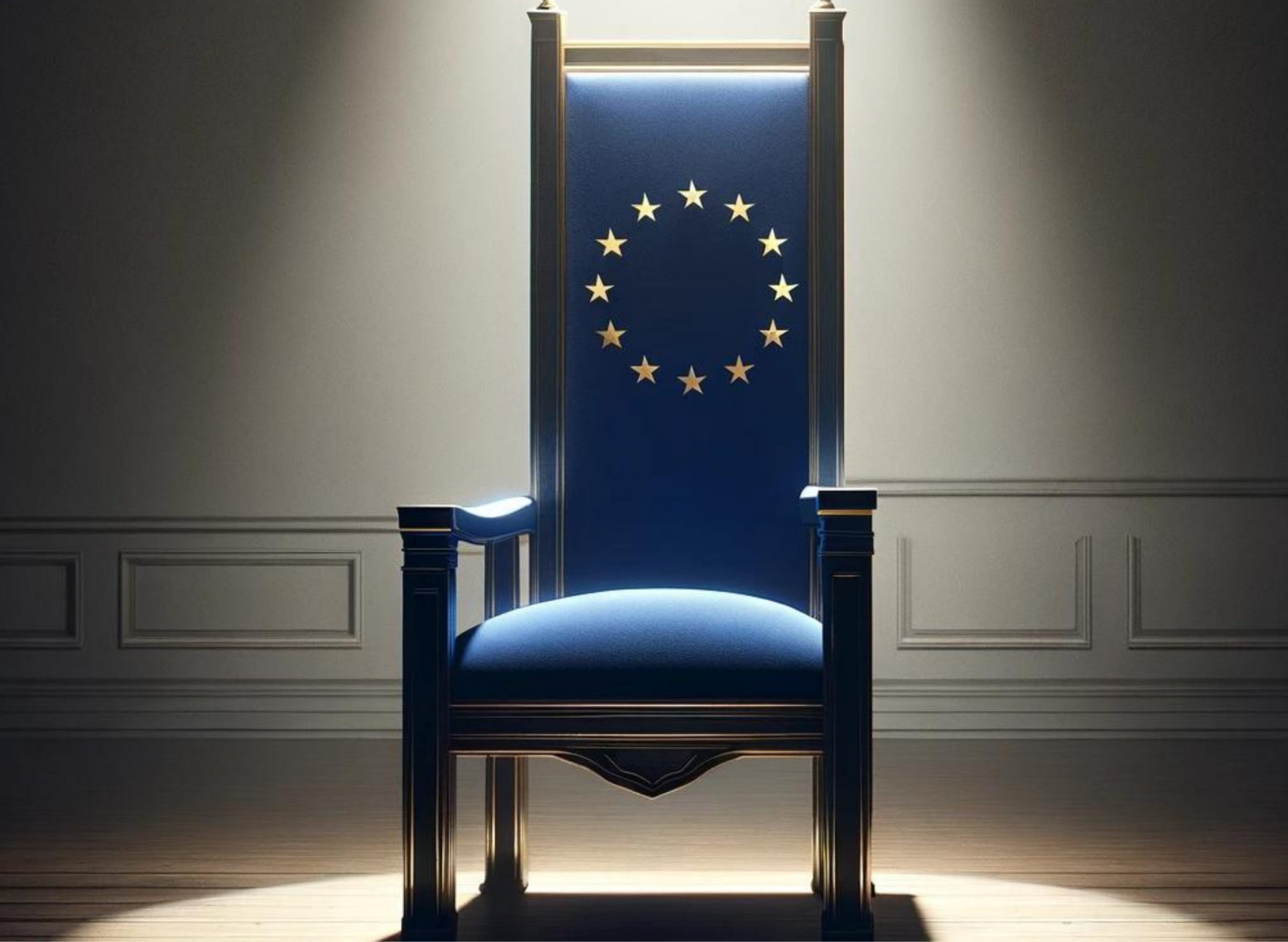
Who Runs Europe?
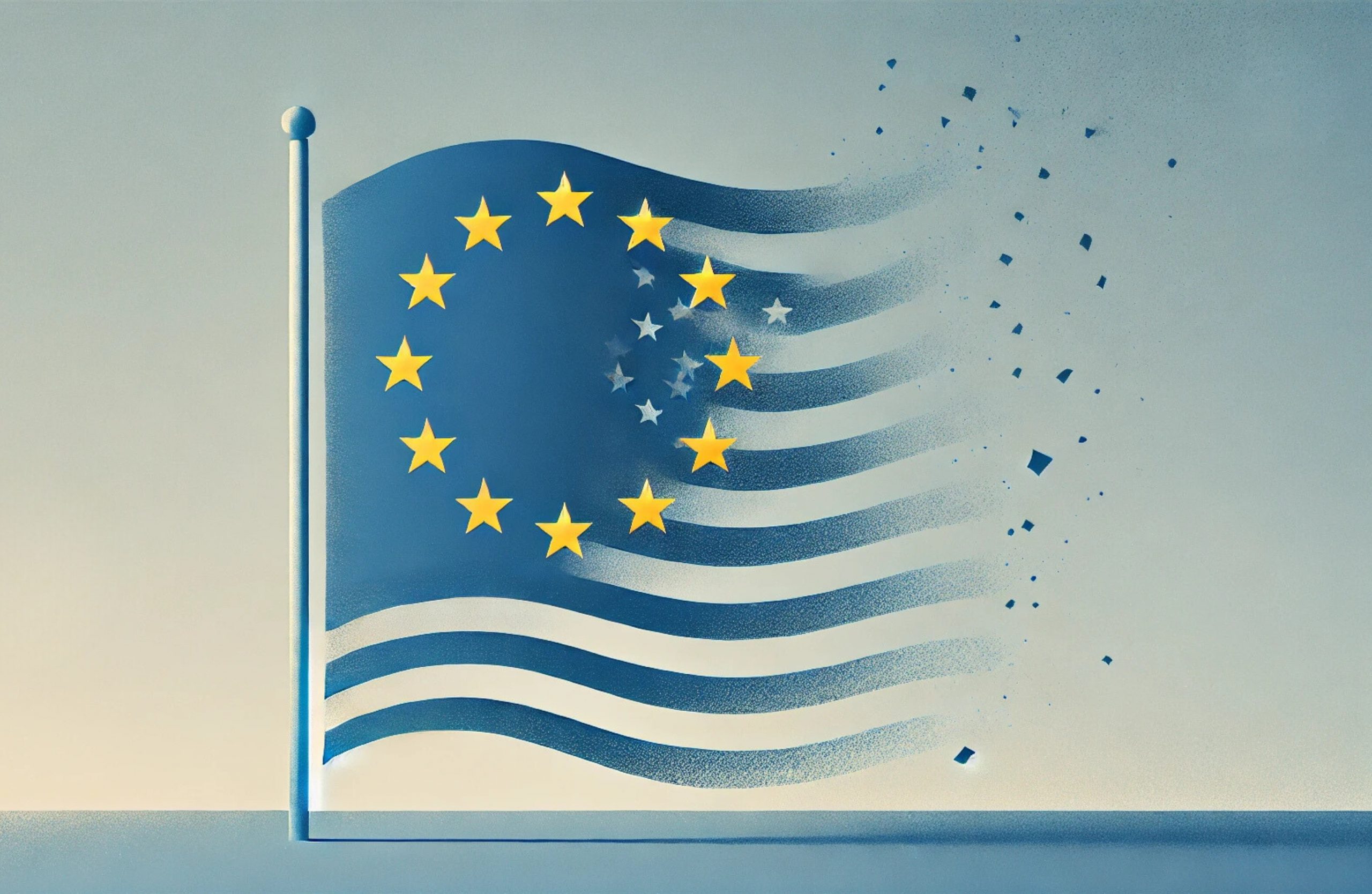
Beyond U.S. Hegemony
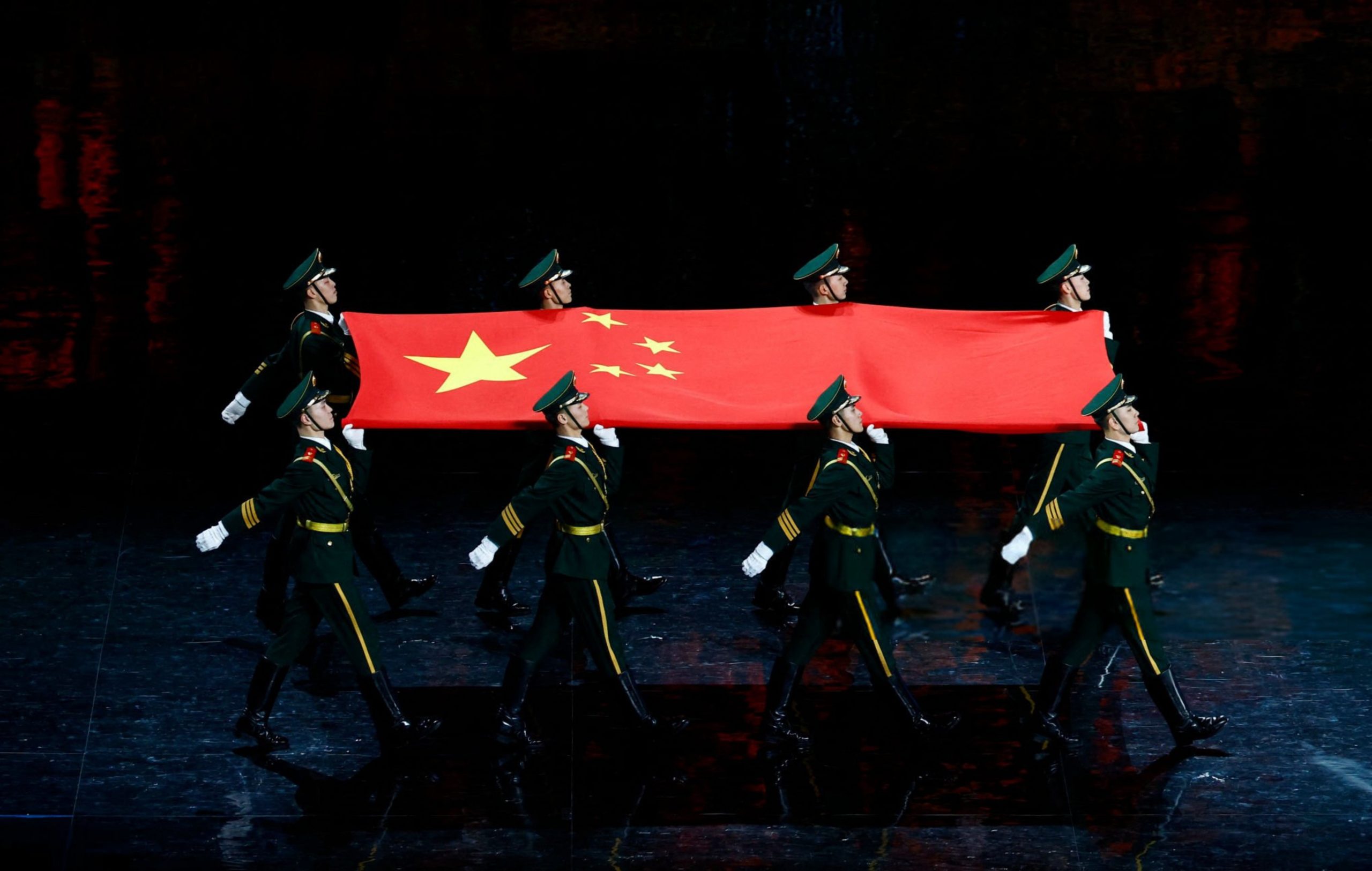
Soft Power, Hard Tactics, and U.S. Resistance
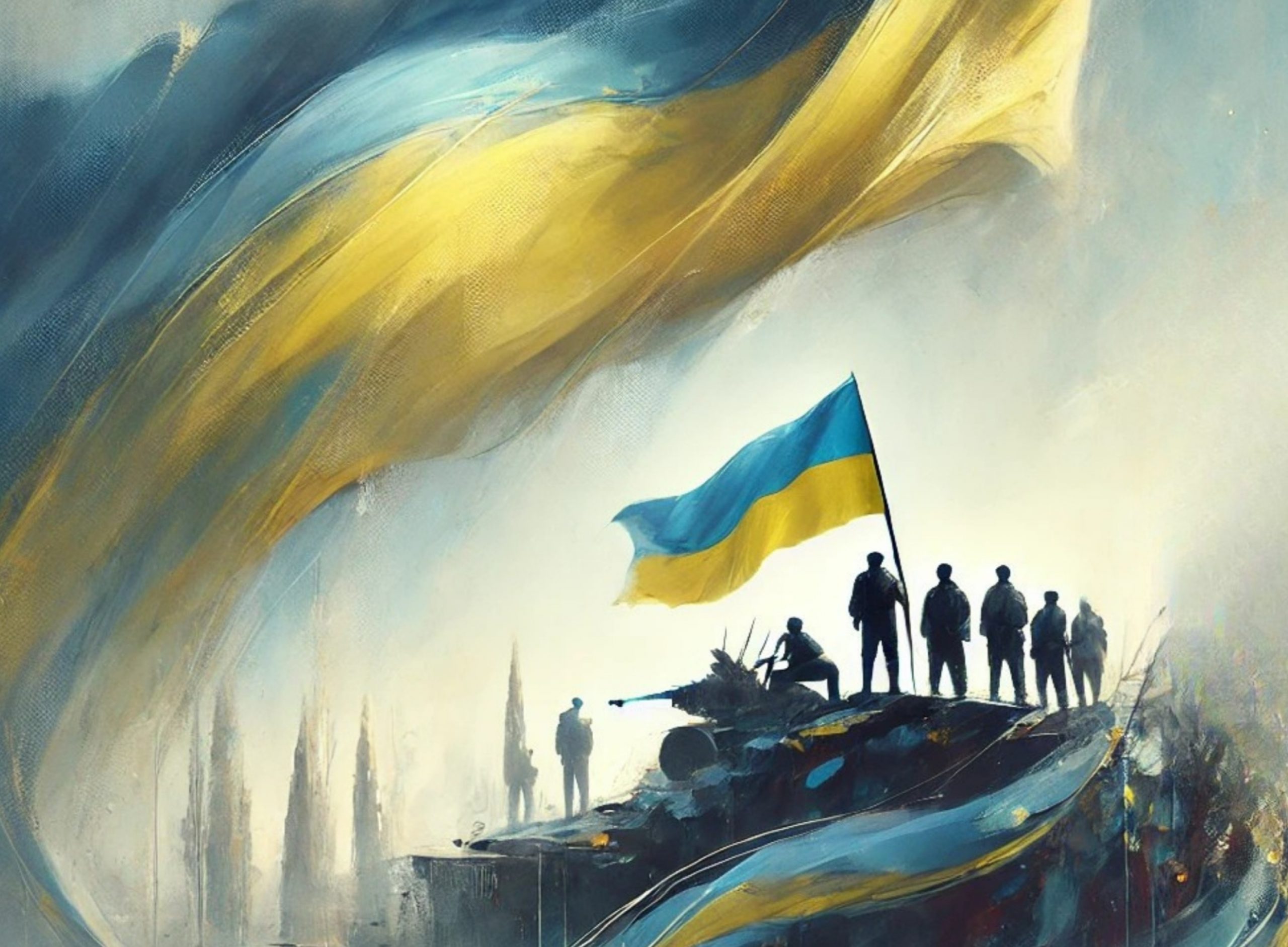
Can Ukraine Win Without Losing?
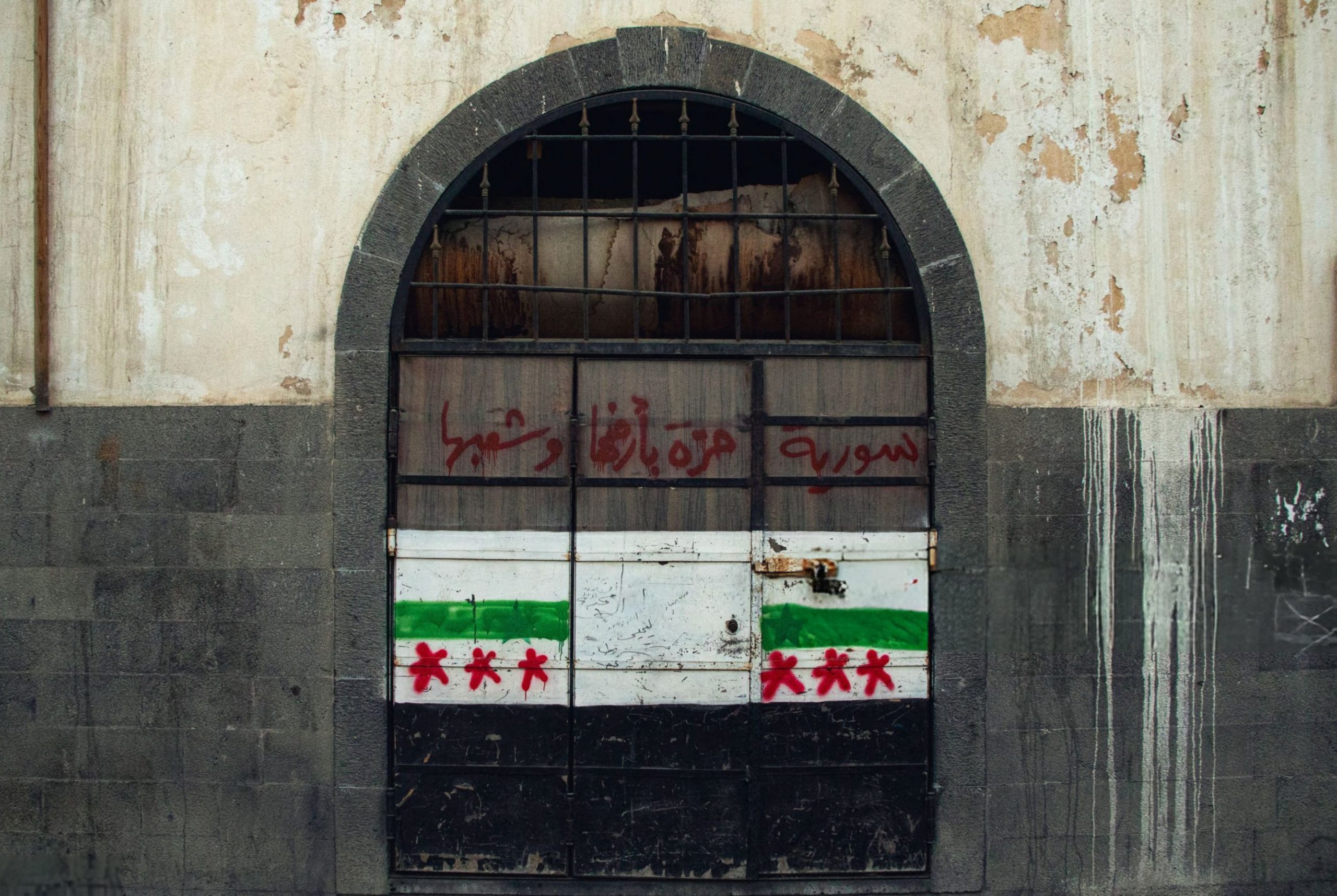
Ending or Beginning?
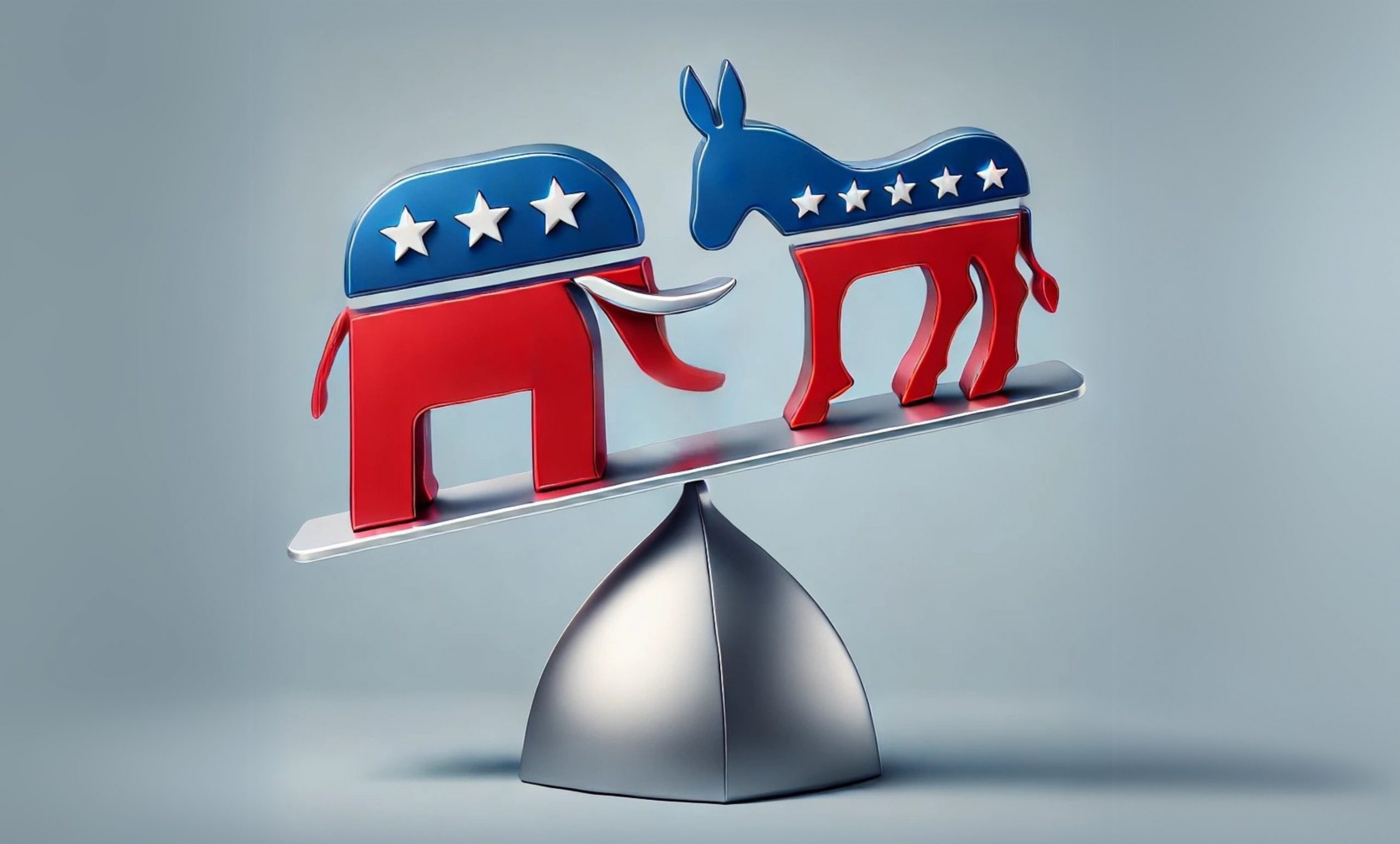
Conflicting Approaches in Global Strategy
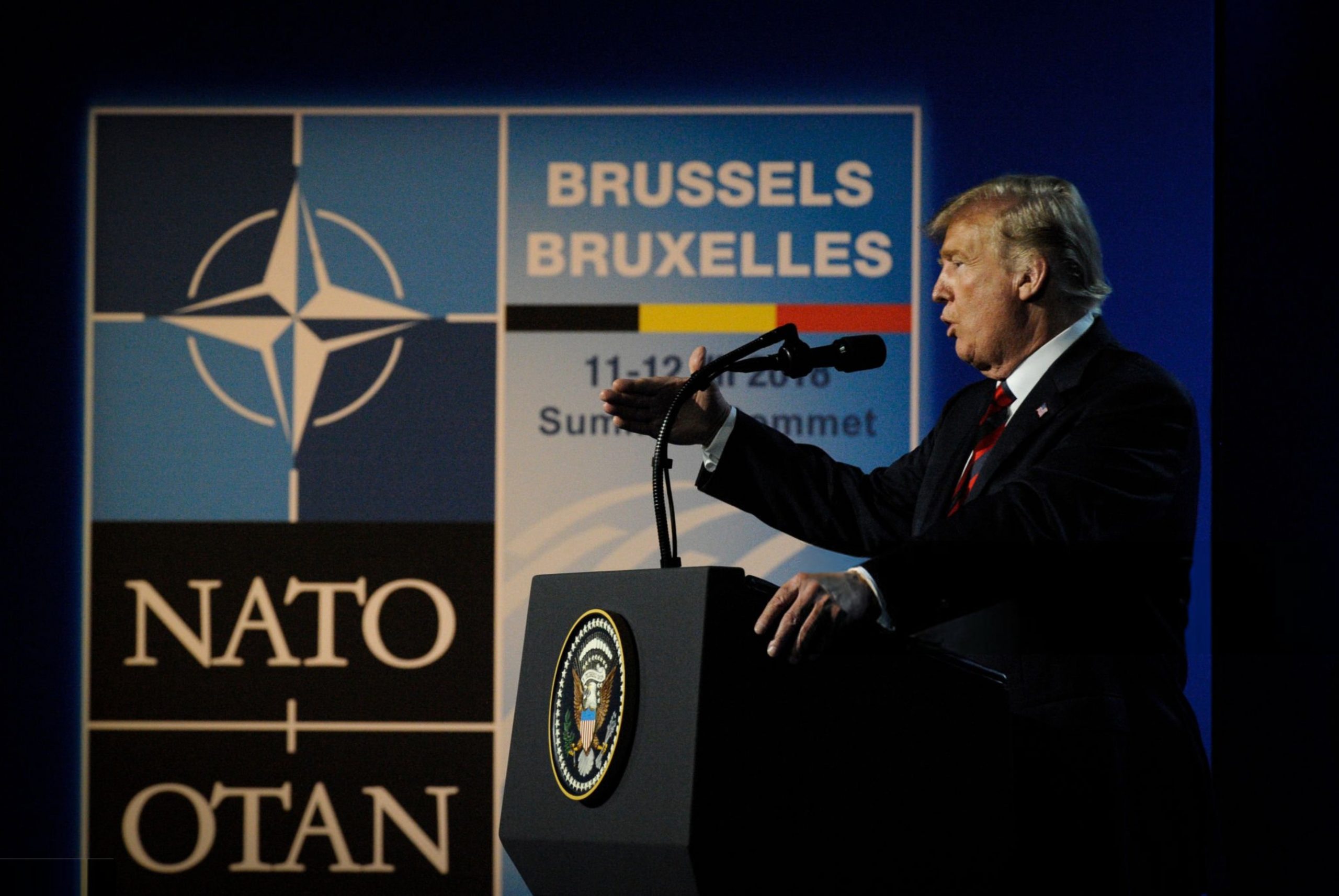
The Fallout of Trump’s Policies
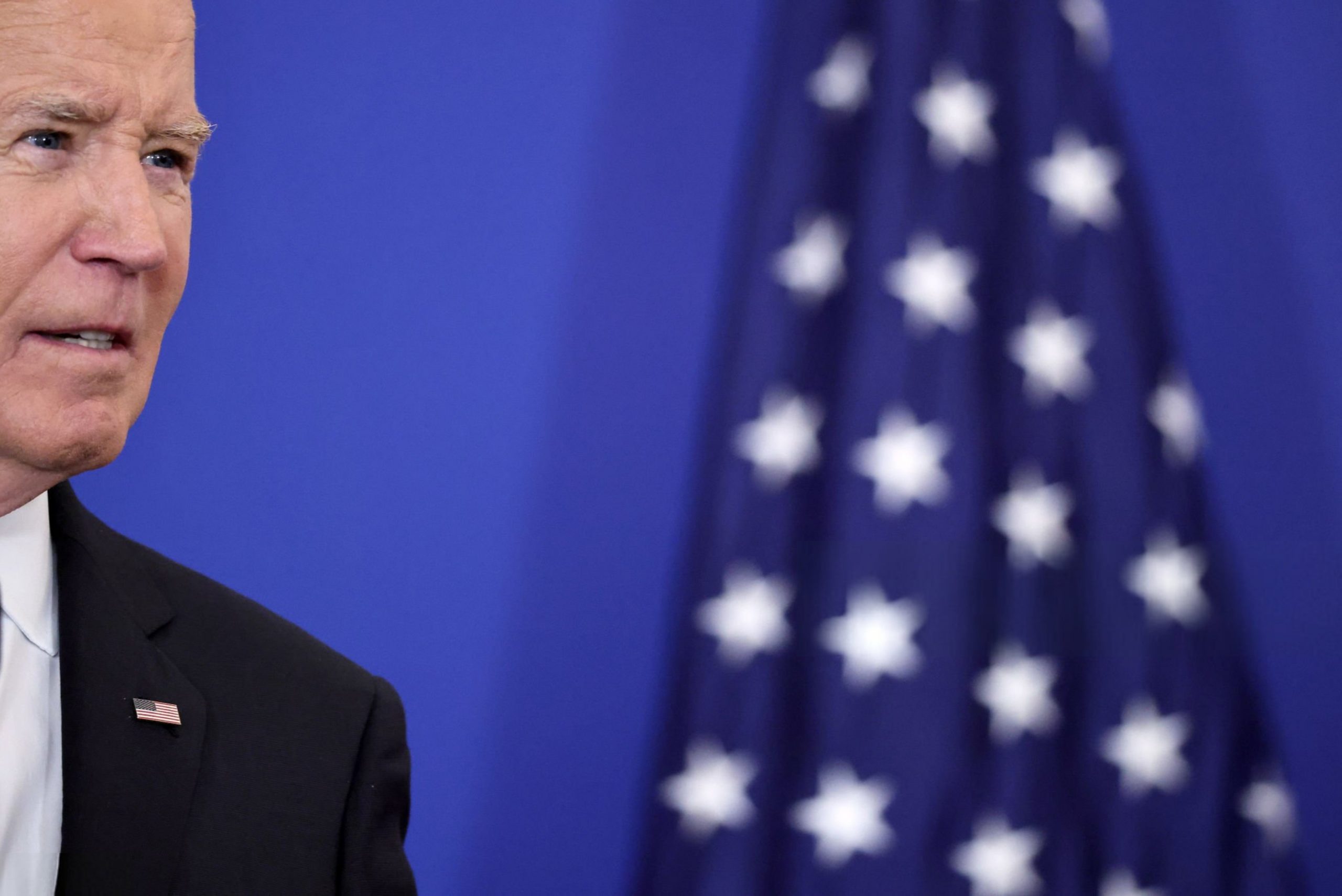
Rethinking U.S. Strategy on China
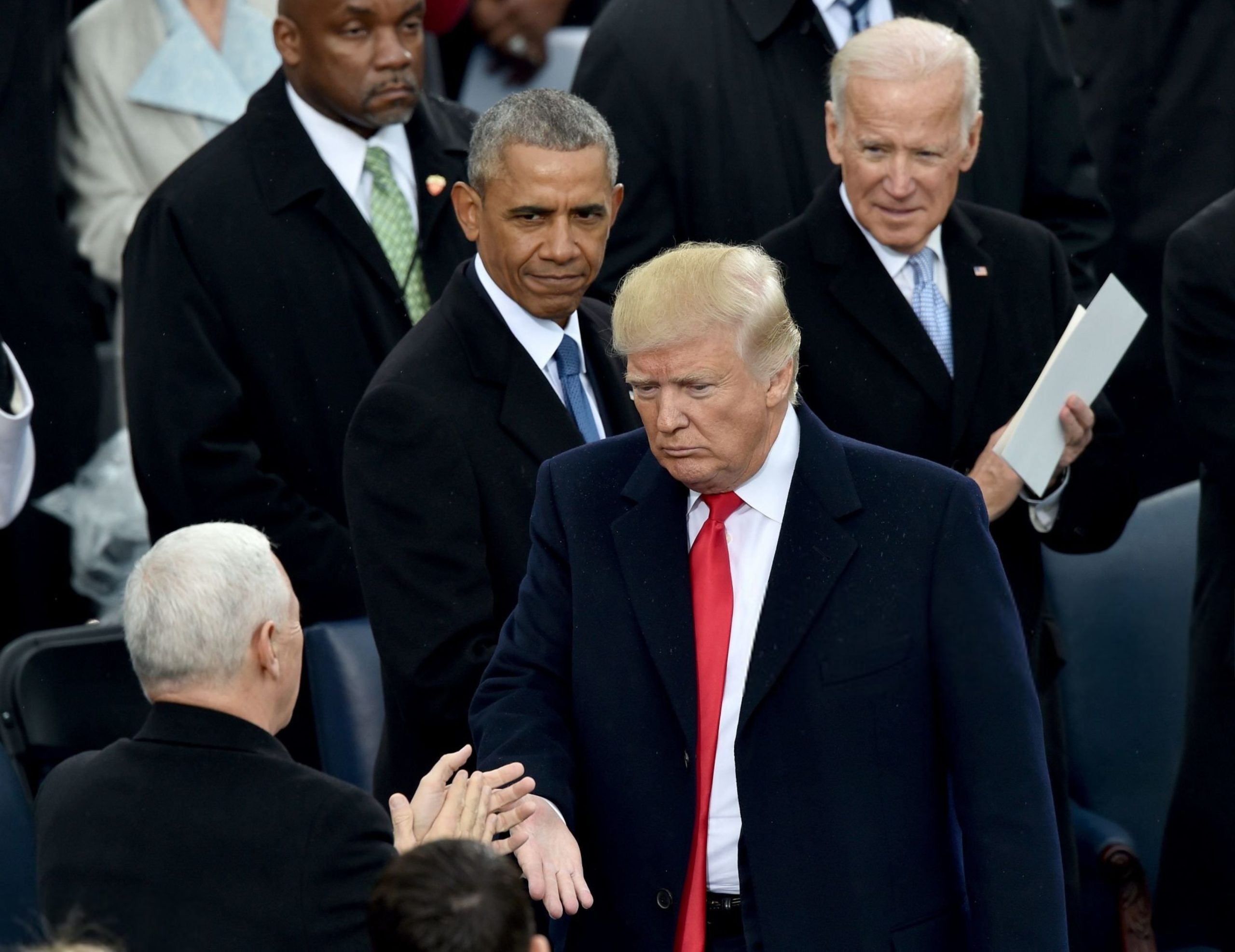
From Obama and Trump to Biden
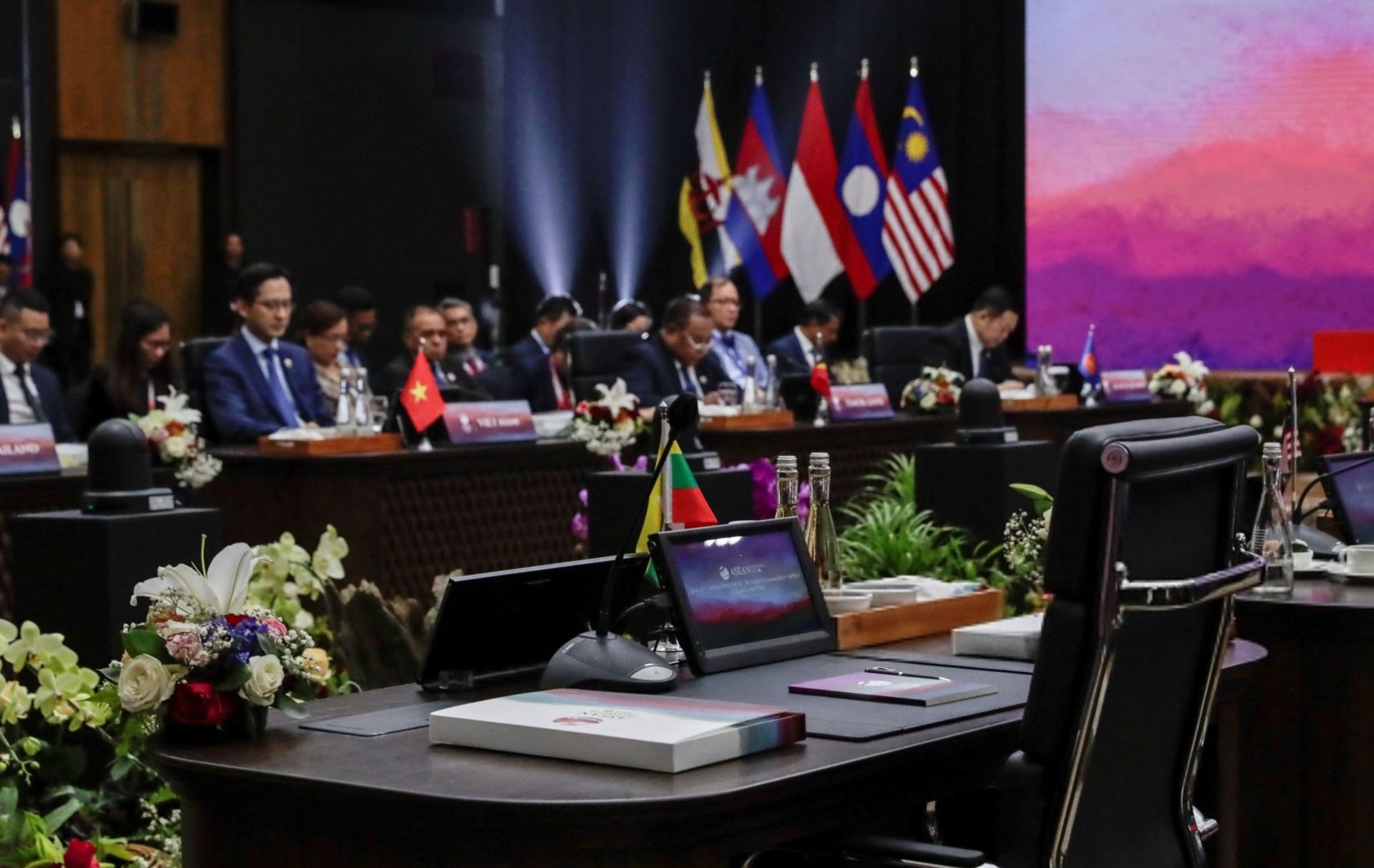
Strategic Actor or Bystander
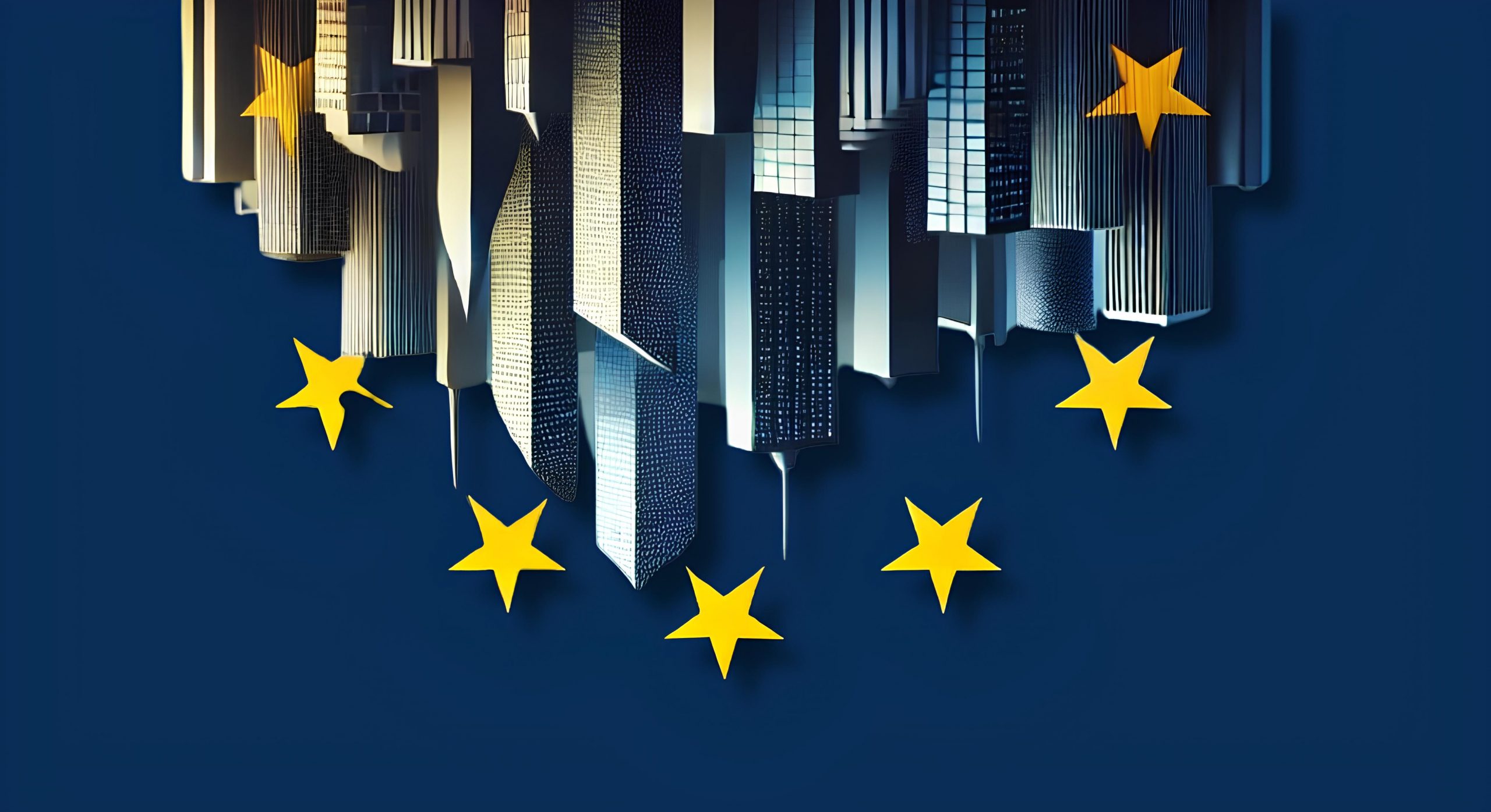
What They Mean for the EU
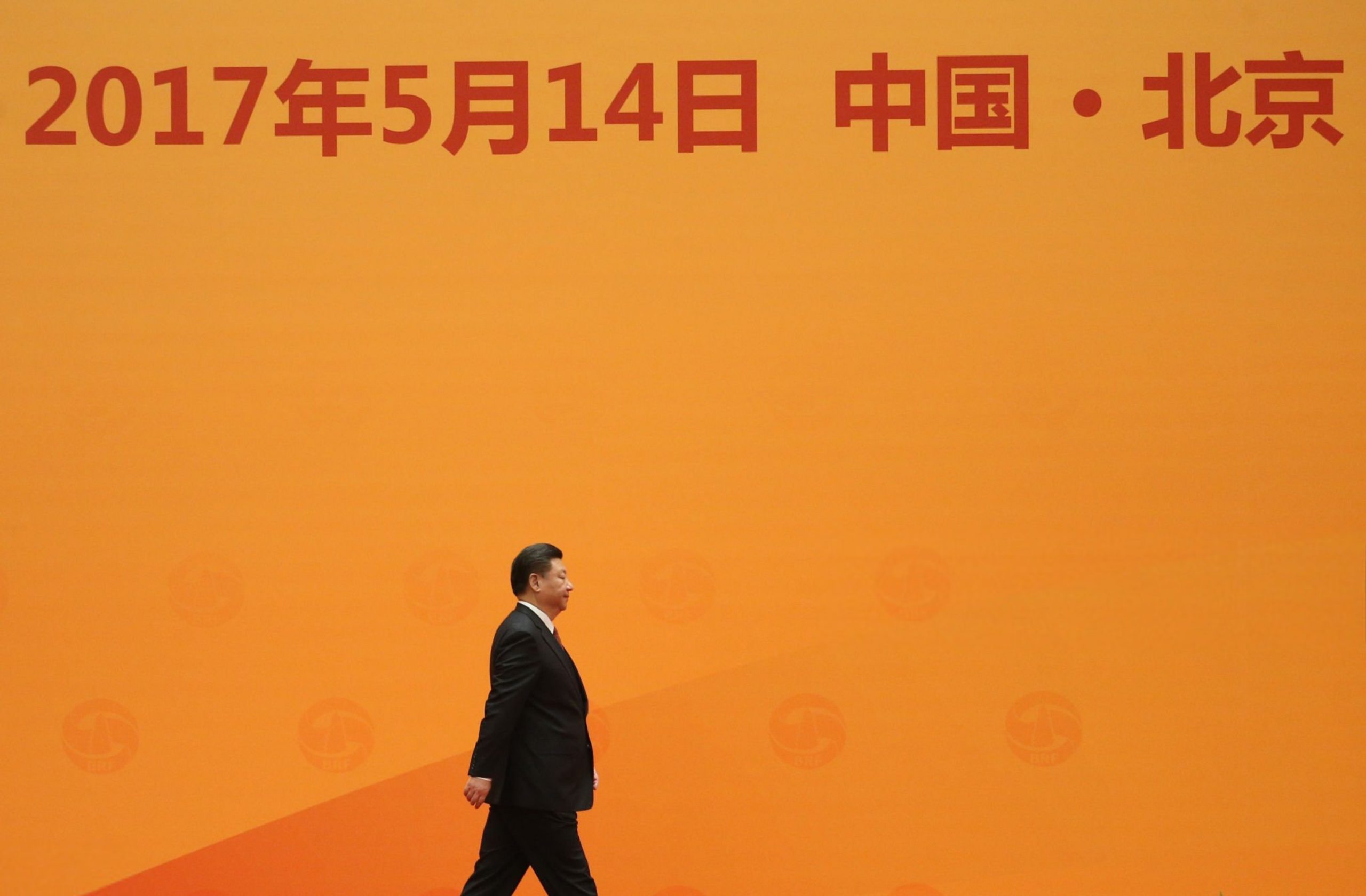
China’s Soft Power and Regional Realities
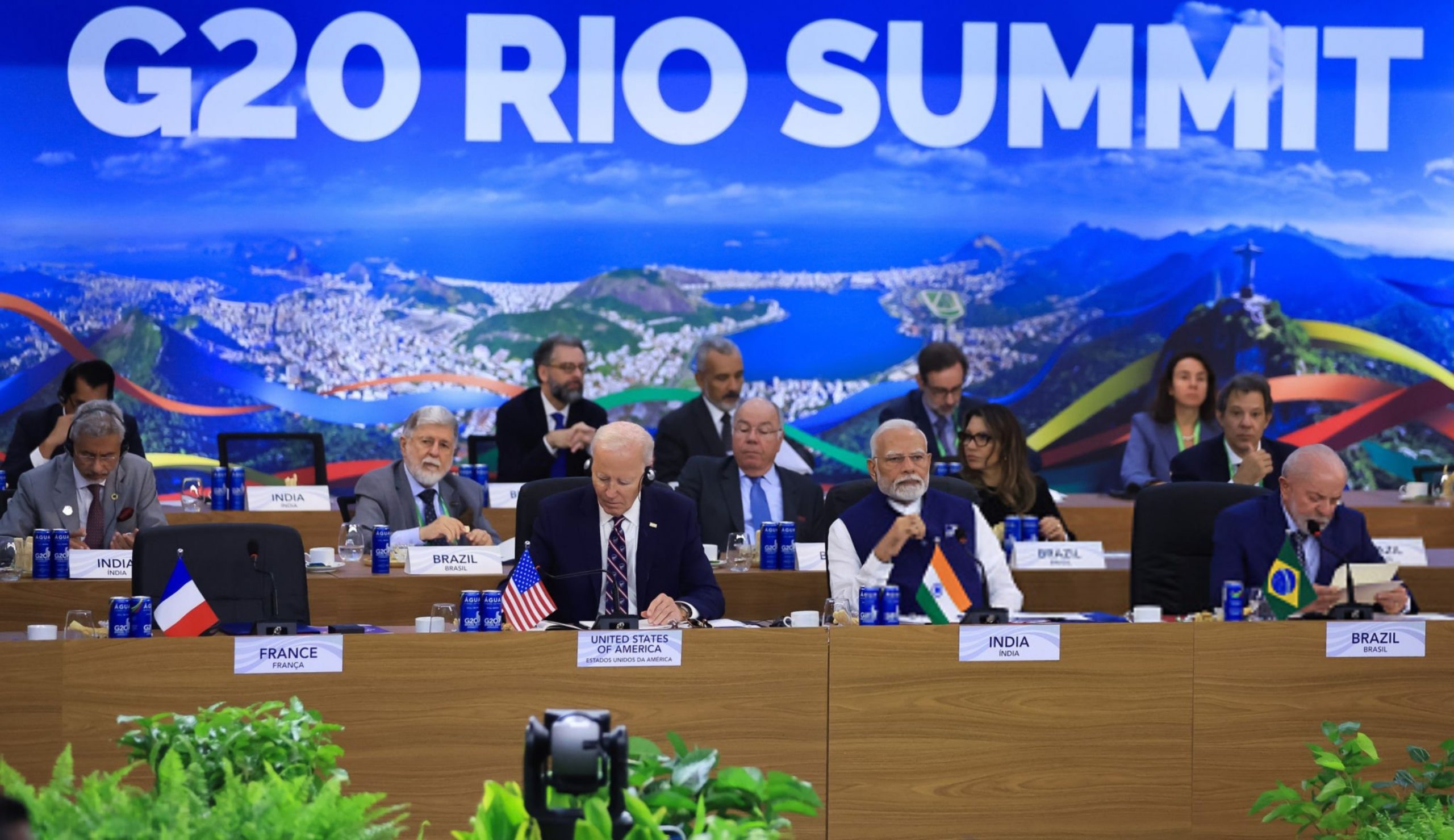
Unpacking the 2024 G20 Summit in Rio
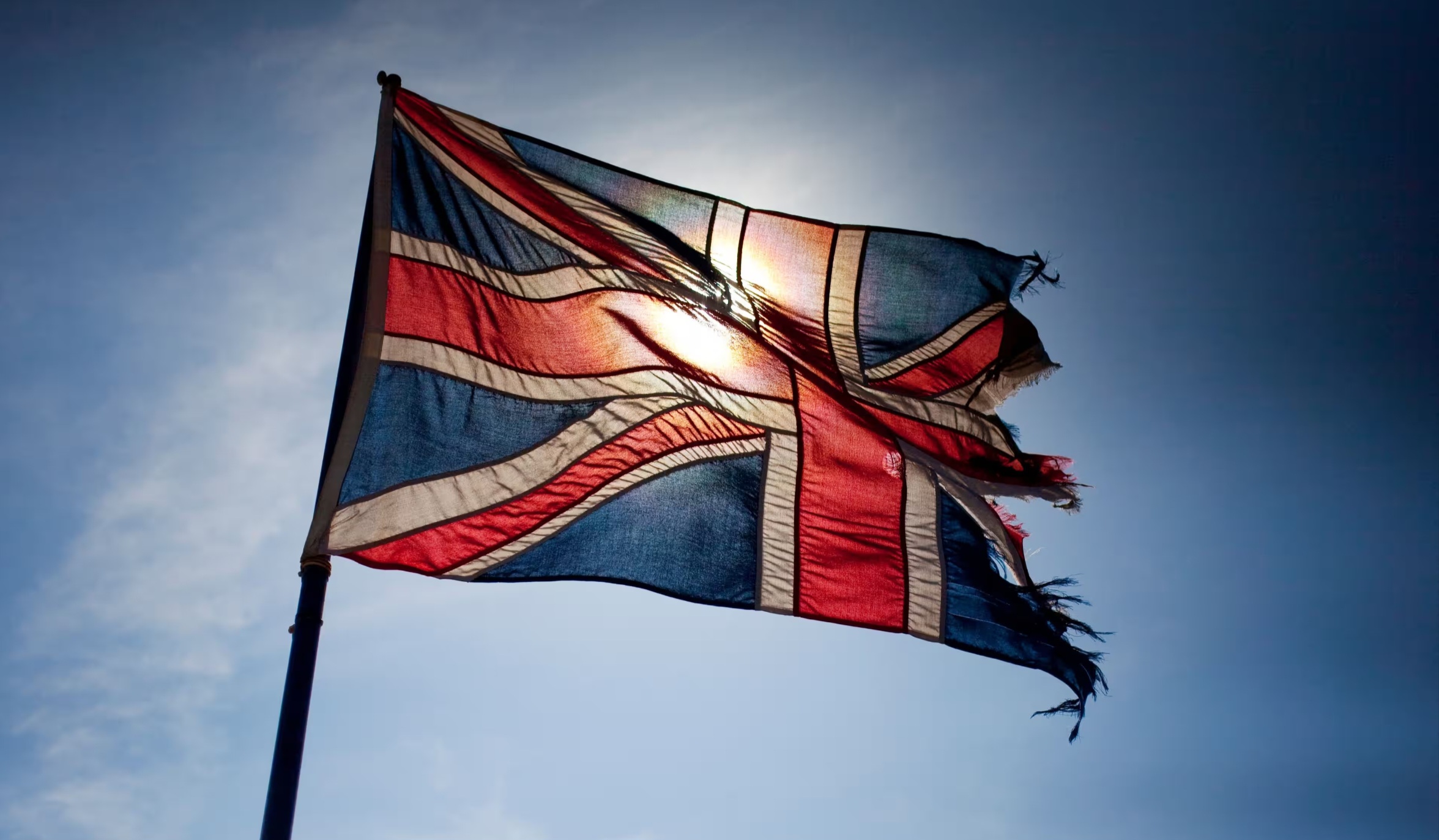
The Future of Unity in the United Kingdom
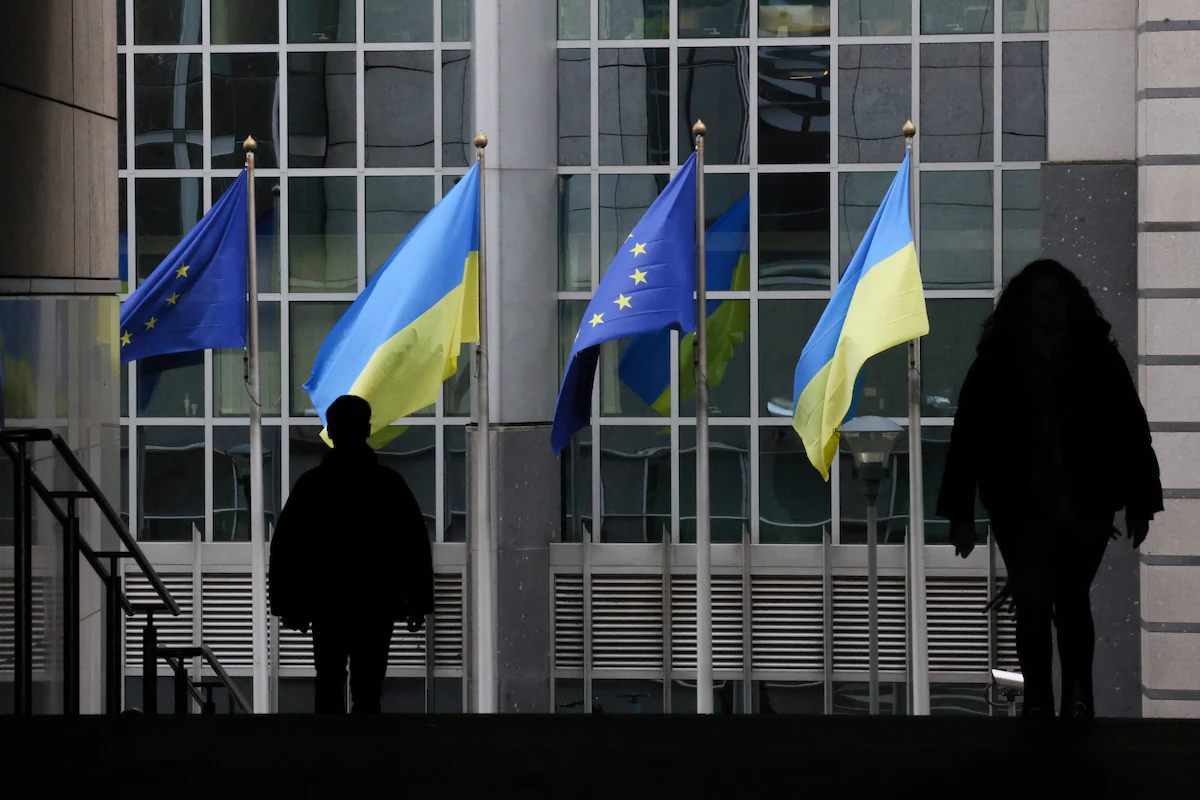
How Ukraine and Moldova Are Transforming Europe?
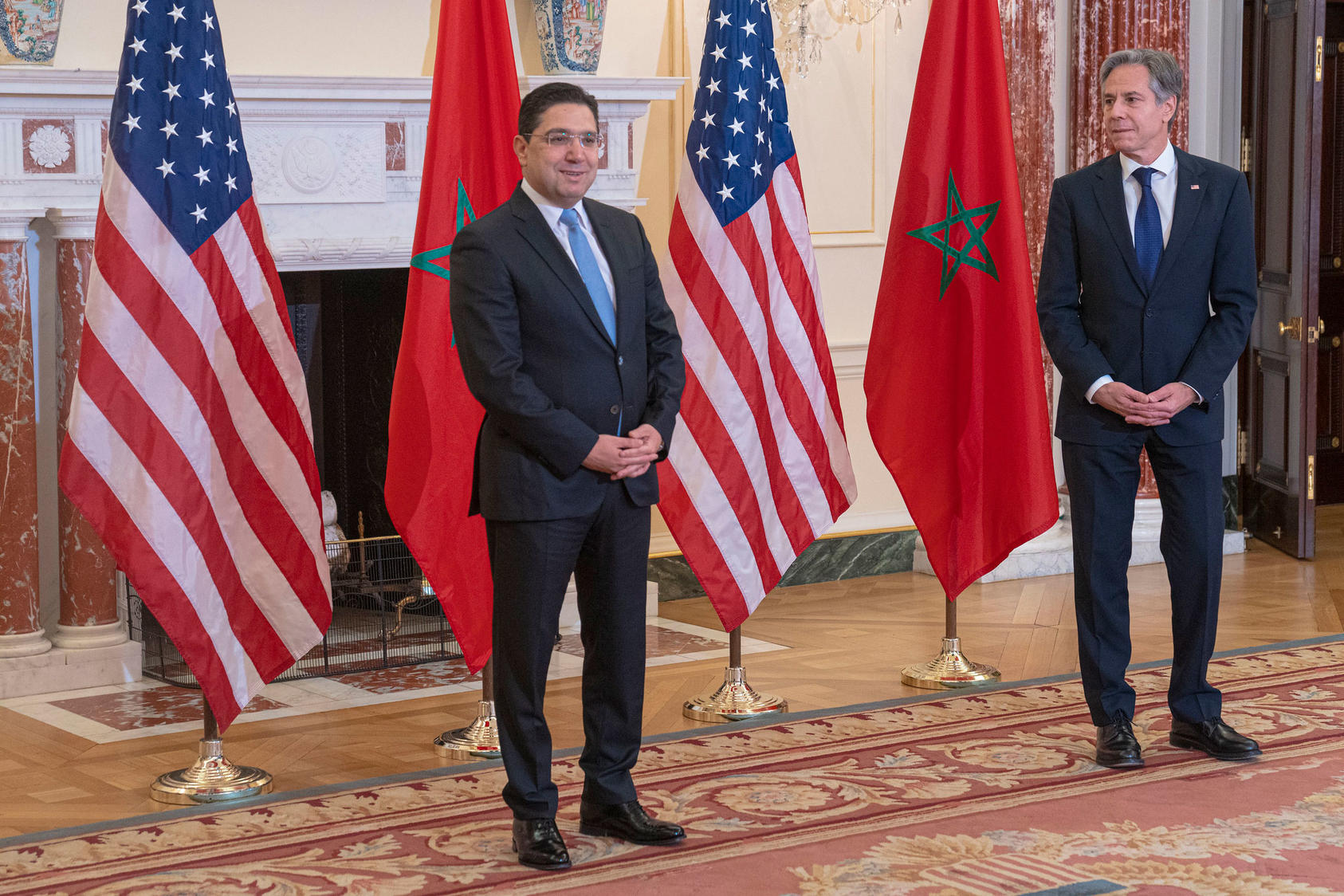
U.S. Support for Morocco’s Autonomy Plan
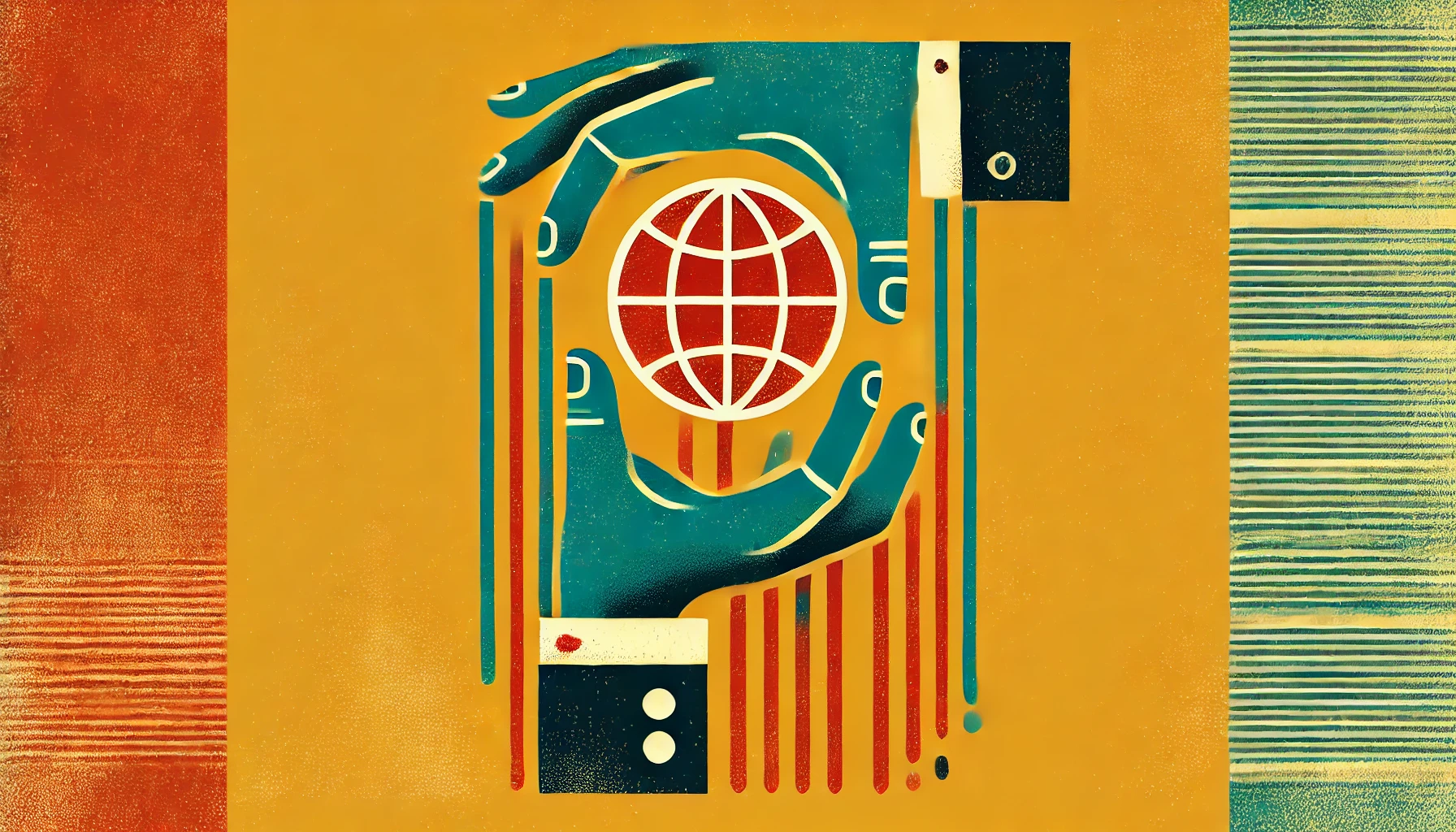
The Newcomers or the Incumbent?
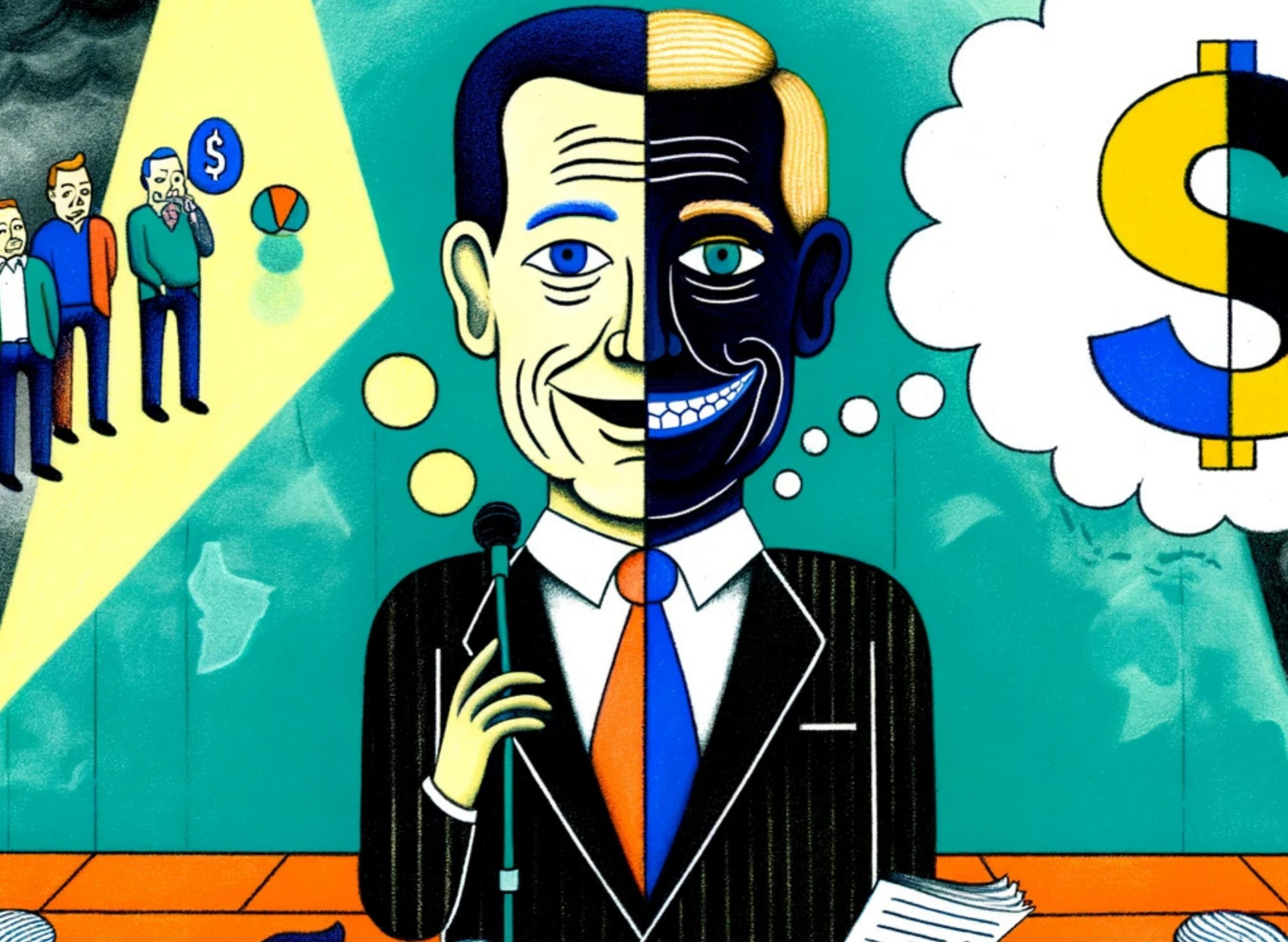
Post-truth politics distorts truth, erodes trust, and poses a threat to democracy.

U.S. leadership must preserve its ideals, reshaping through collaboration and adaptability in a multipolar world.

To be a boss in the Middle East means constantly being tested through alliances and power games.

EU balances U.S.-China rivalry, seeking autonomy amidst shifting global dynamics.
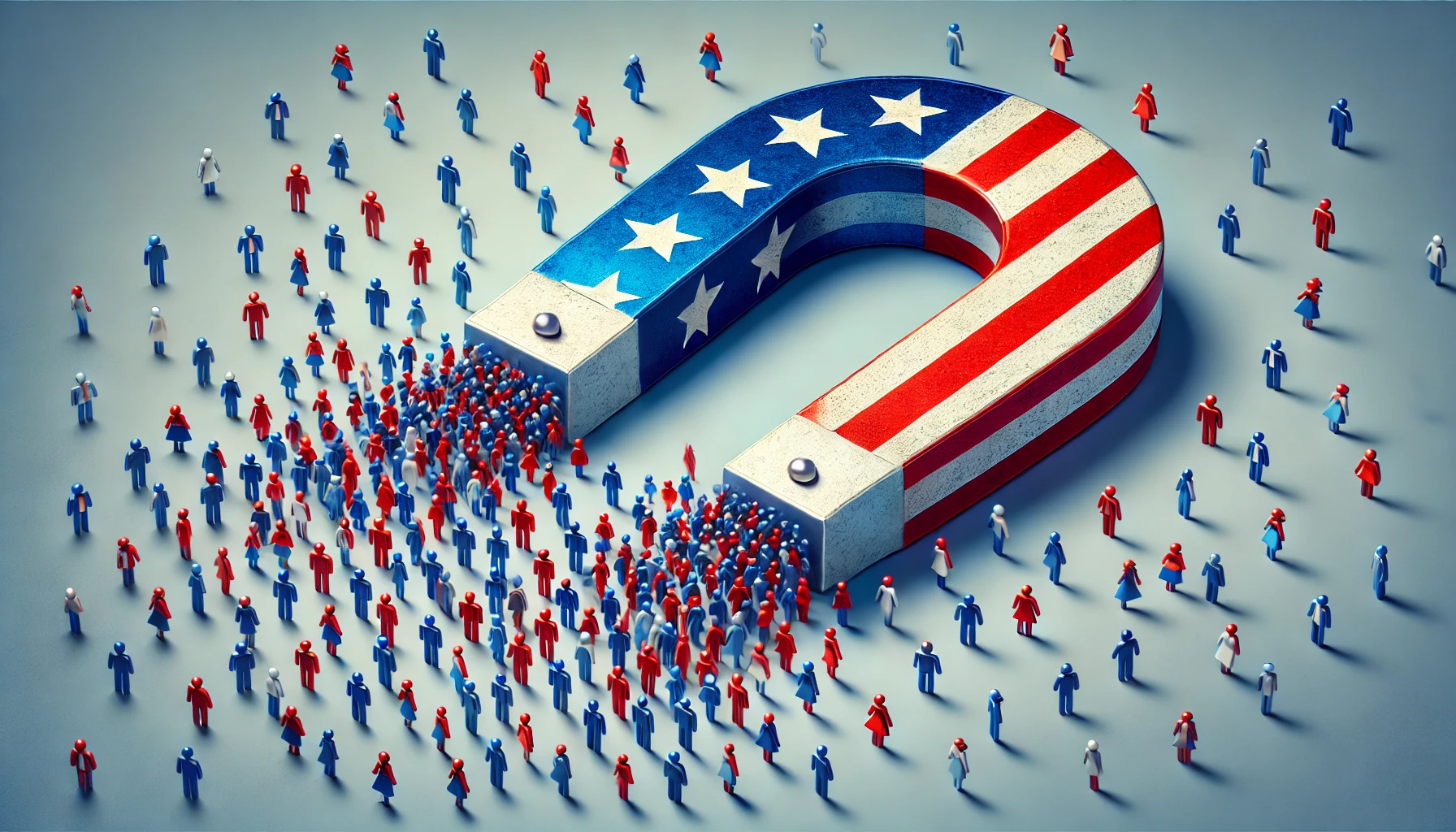
American foreign policy cycles between predictability and unpredictability, challenging global trust and alliances.

The Reality Behind Russia’s Global Ambitions

Xi Jinping reshapes the CCP with historical legacy, forging a nationalist vision to redefine its global standing.
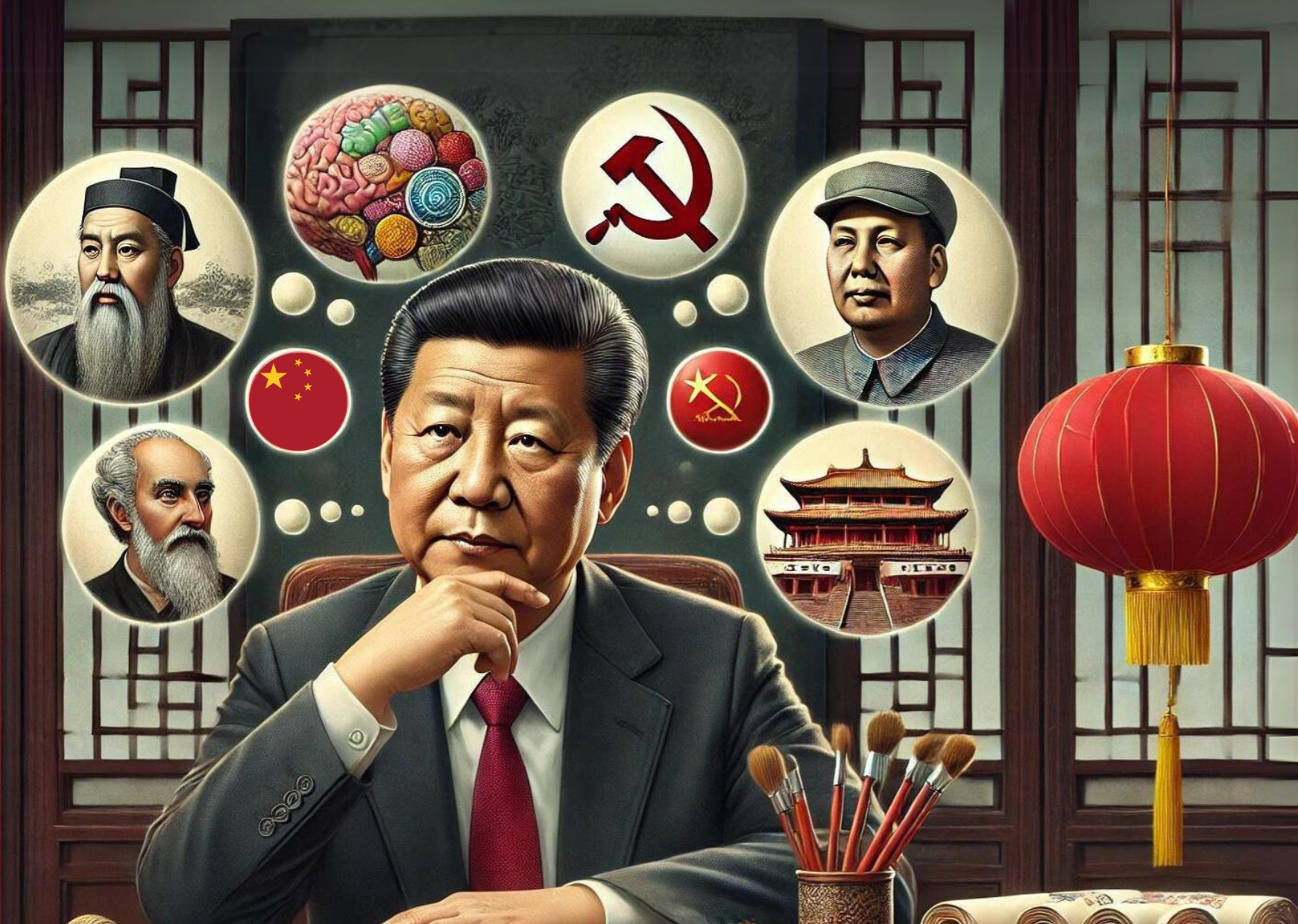
Xi Jinping guides China’s rise using traditional values and modern strategies.
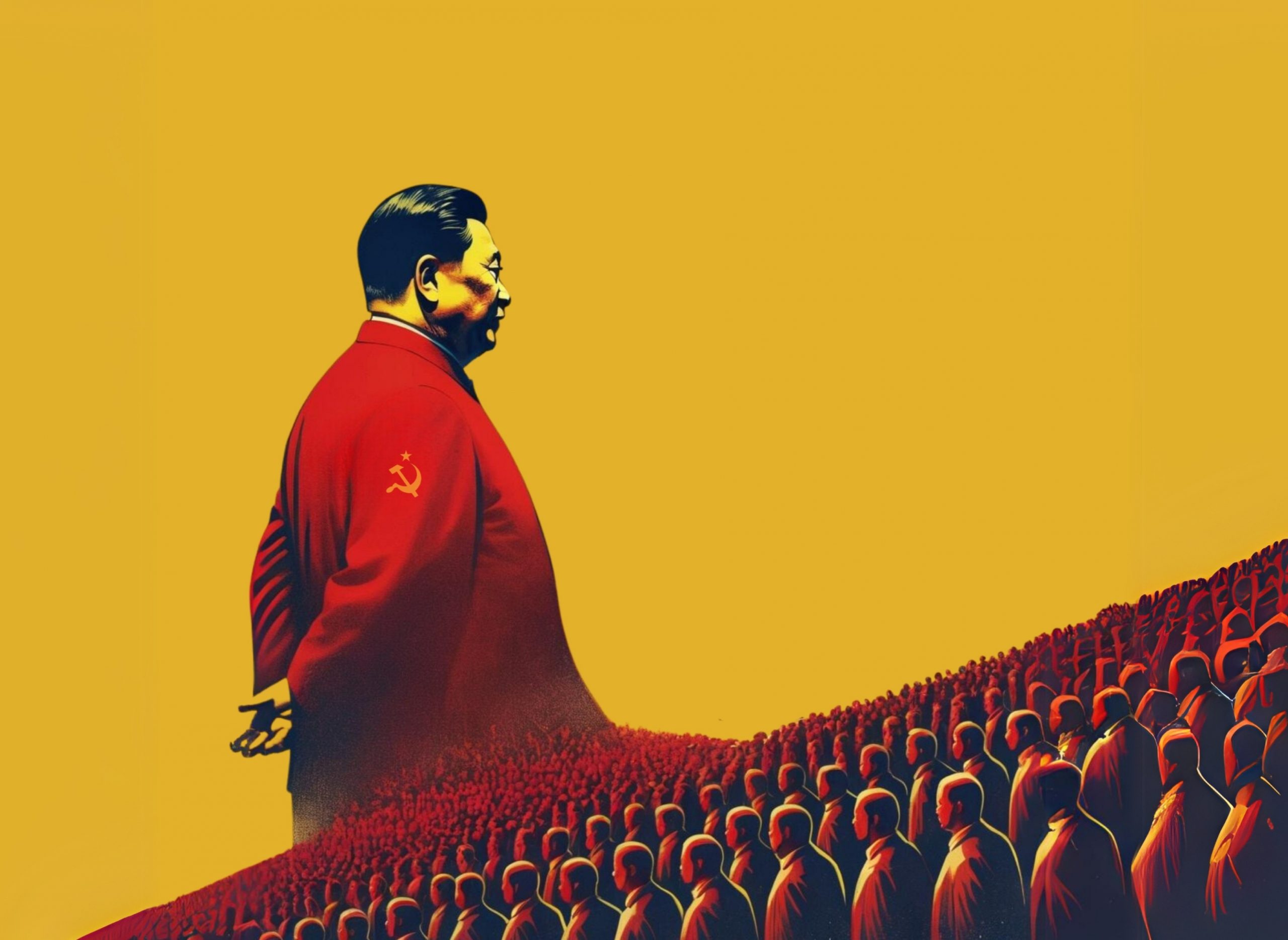
Or will internal and external challenges halt its ambitions?

How is Xi Jinping’s China Dream transforming global power and order?
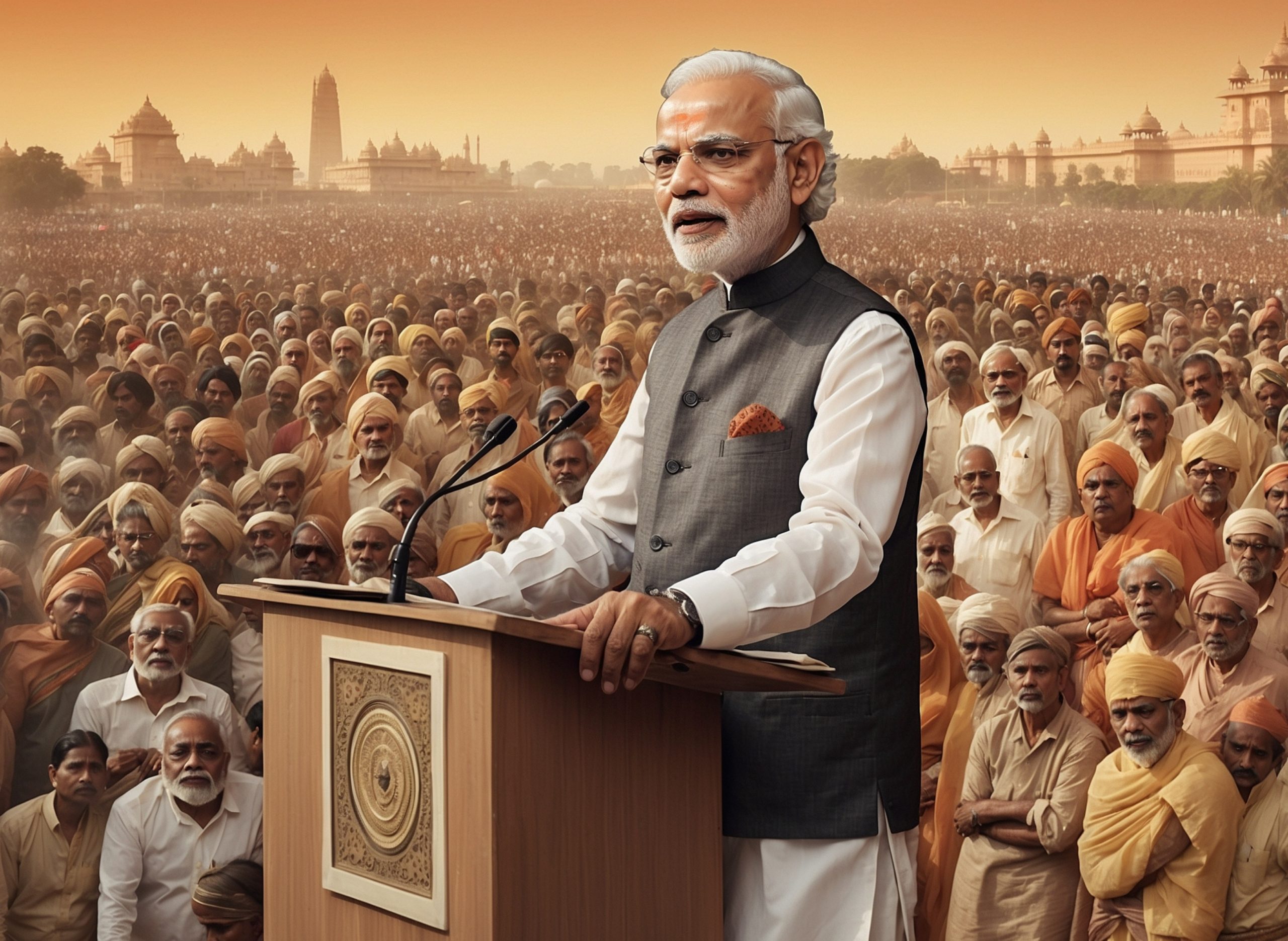
Decoding a decade of Modi’s foreign policy.
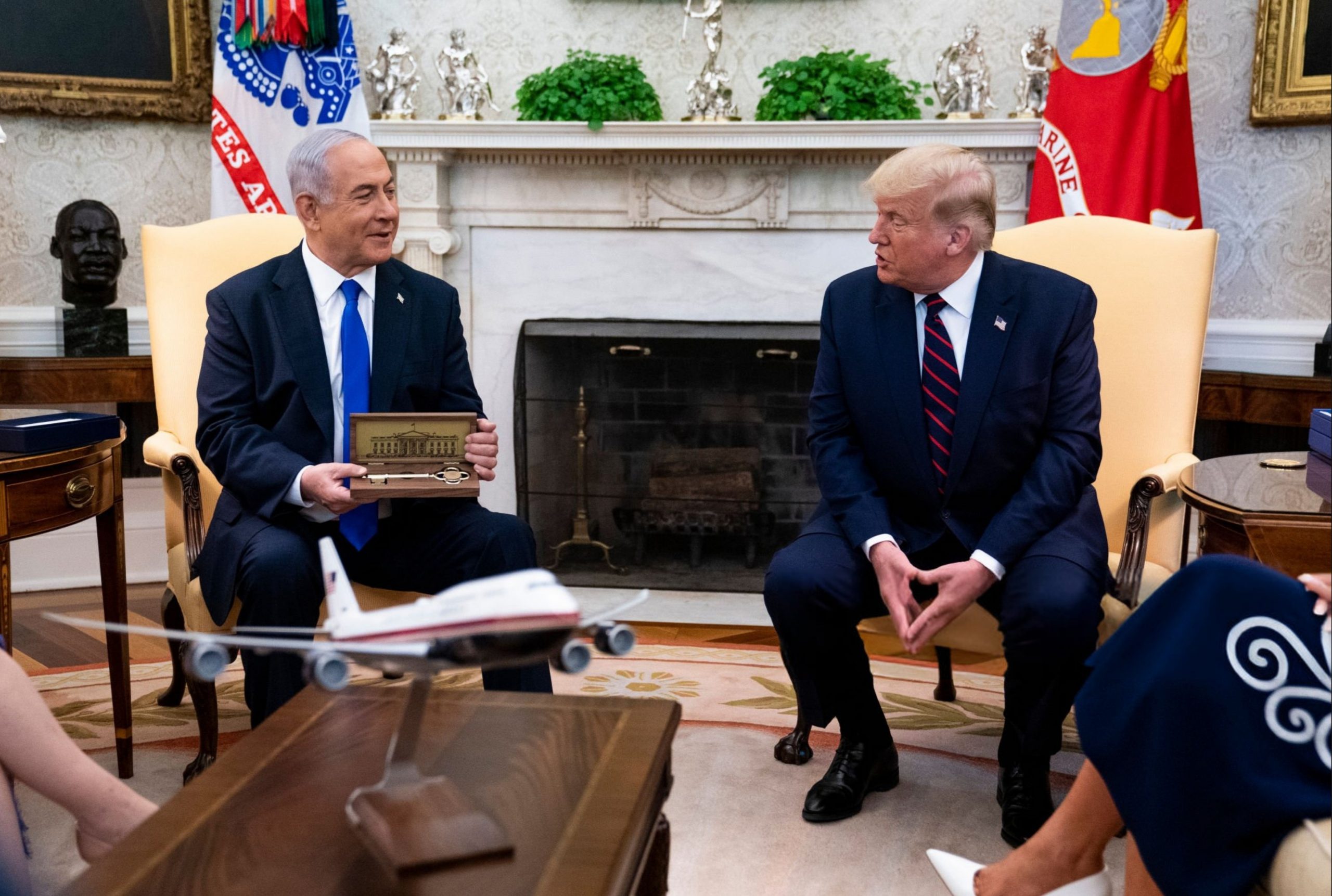
Trump’s re-election deepens Palestine-Israel conflict, favoring Israel’s policies.
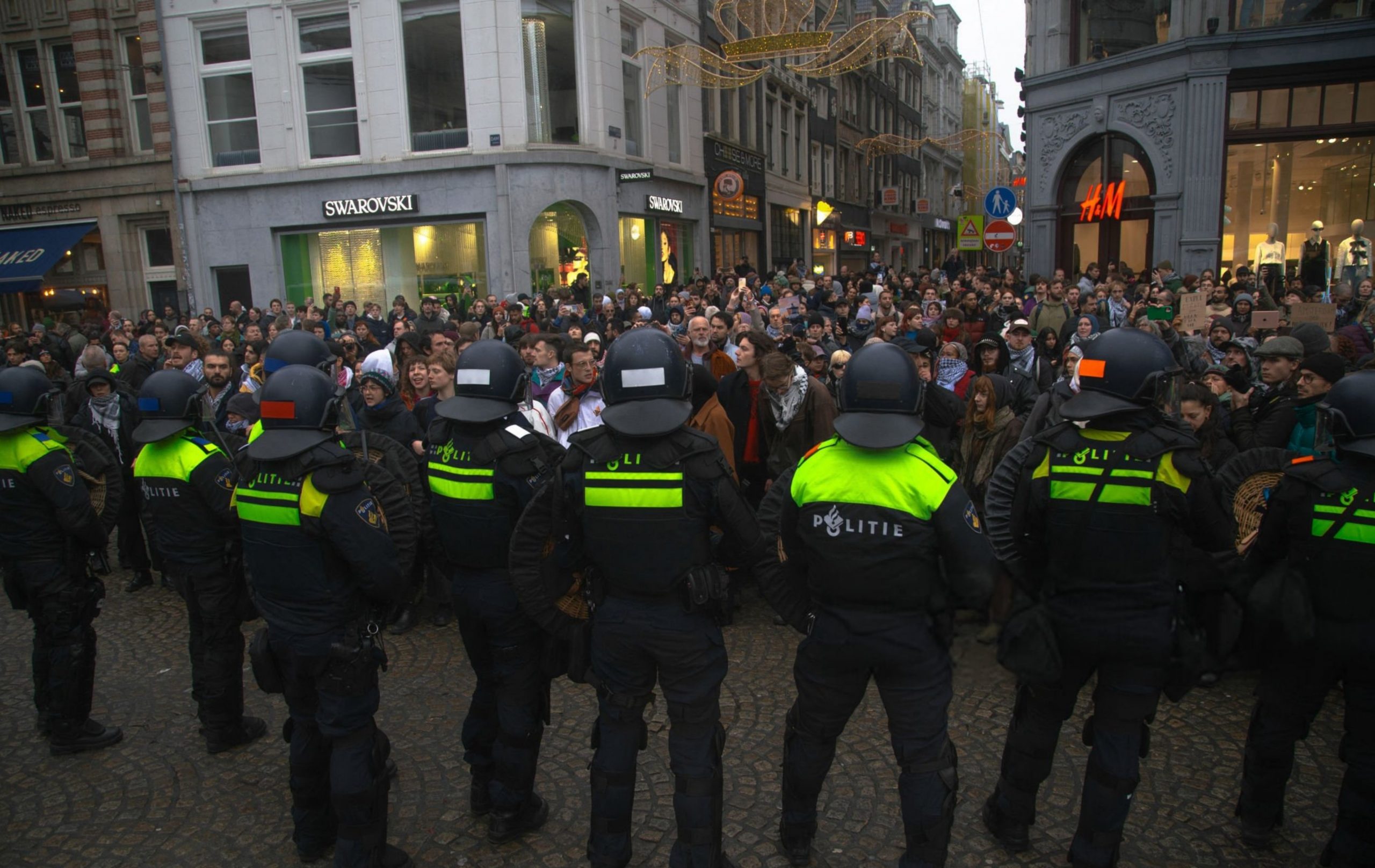
Amsterdam incidents expose media manipulation, Israeli provocations, and Europe’s fragile stance on antisemitism.
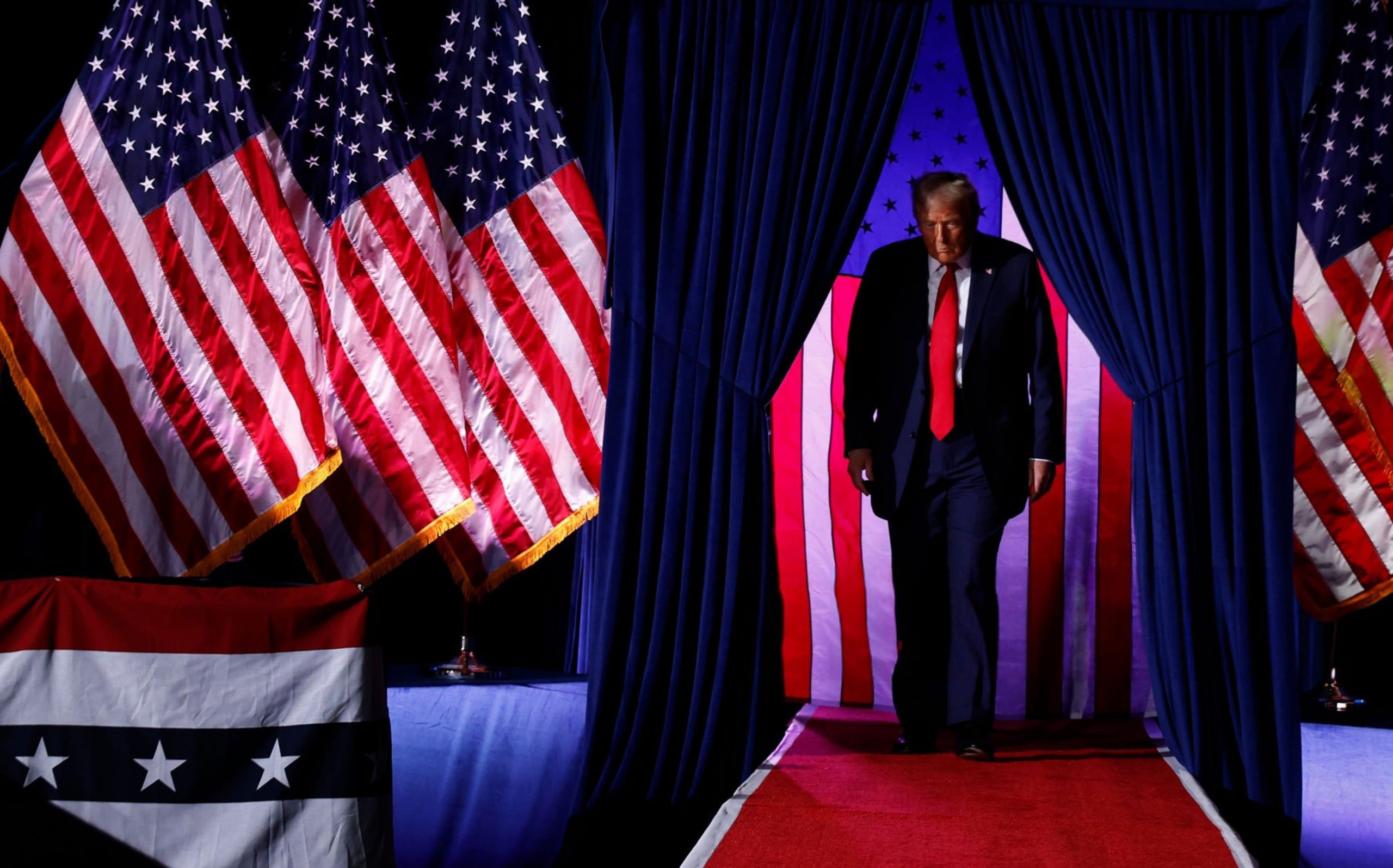
America faces political turmoil, Democratic struggles, and Trump’s potential dynasty, sparking debates and creative discourse.
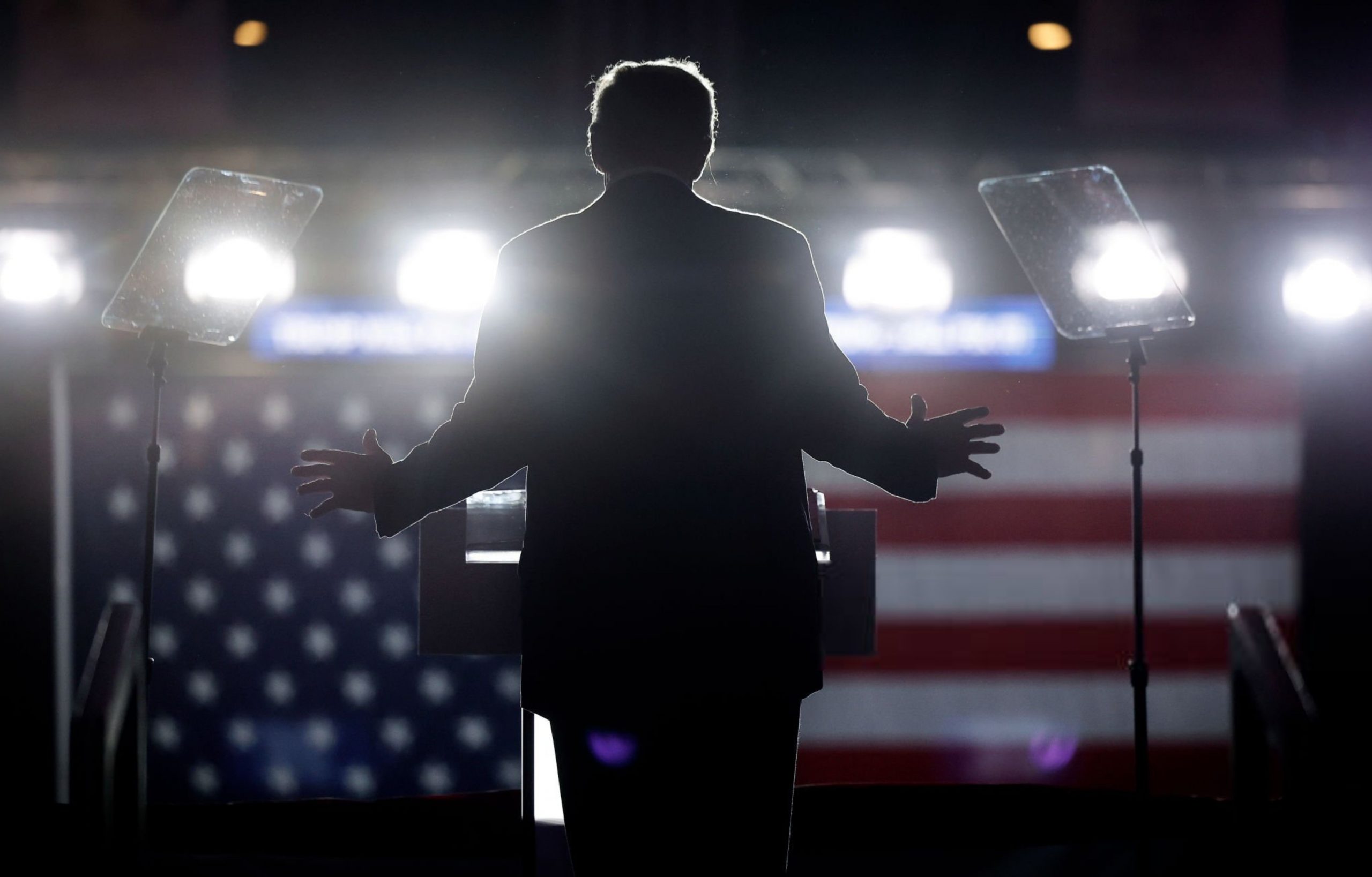
What awaits the world in the second Trump administration?
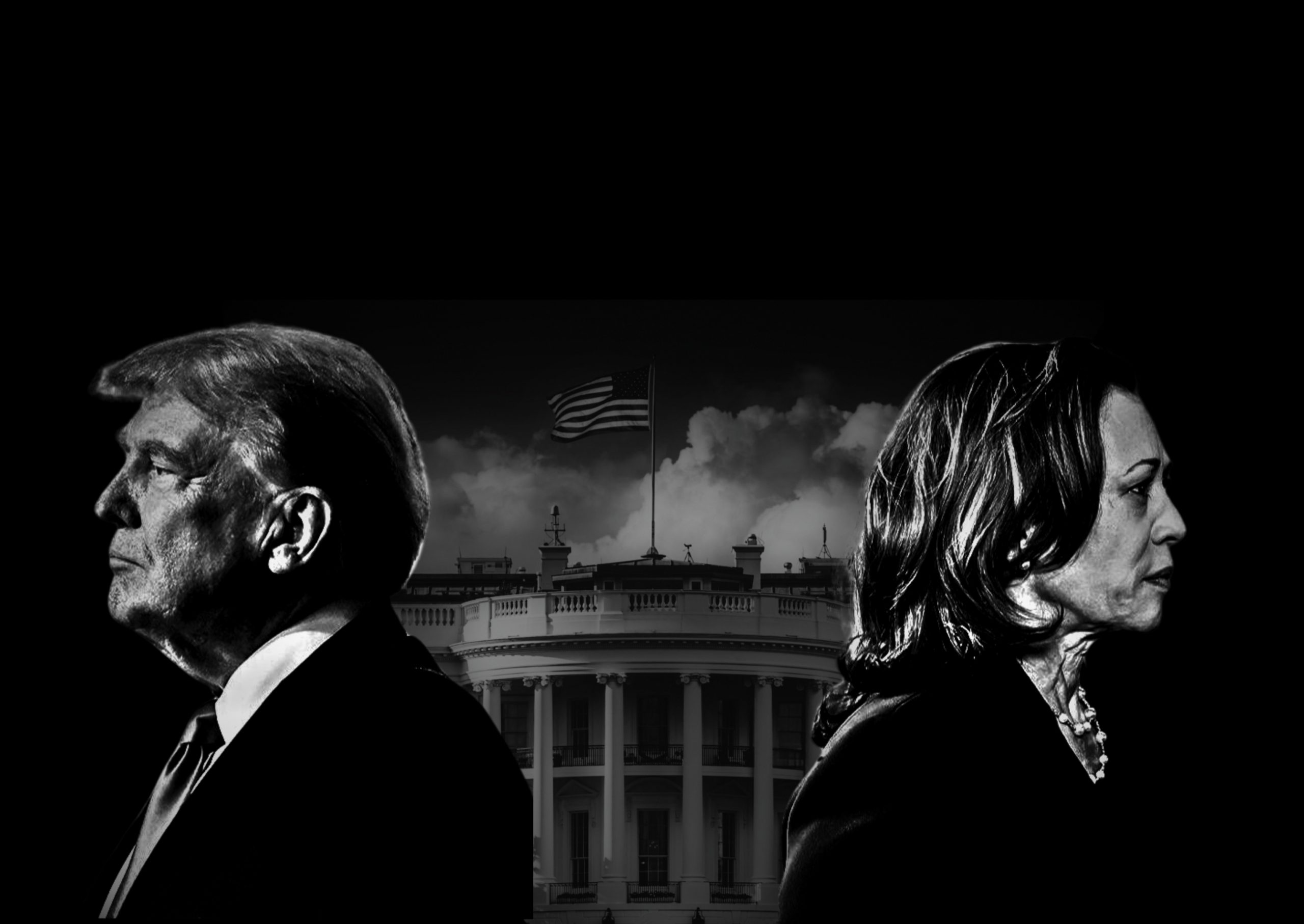
America’s Critical Election, Fall 2024 – Join in, discover the changing landscape of foreign policy of the U.S..
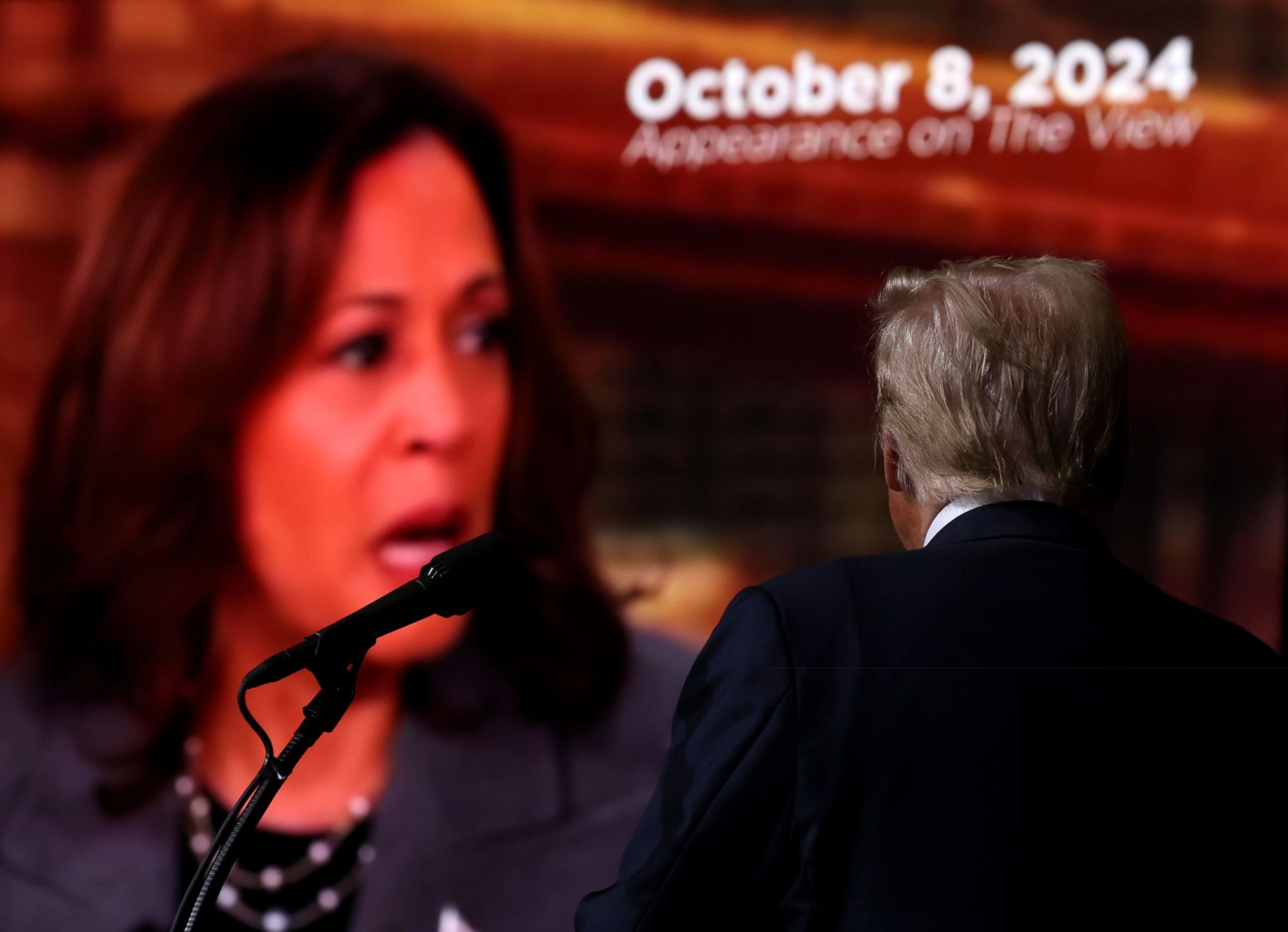
Election 2024 lacks meaningful change; candidates offer rhetoric, not solutions for Americans.
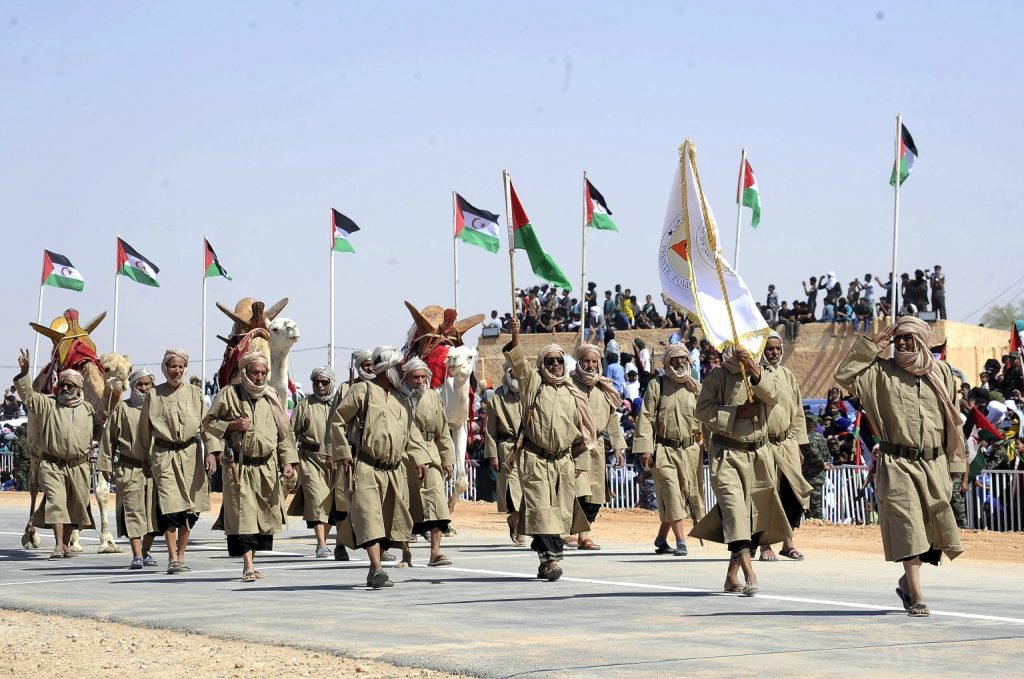
Morocco’s Sahel-Atlantic initiative seeks regional unity and economic stability.
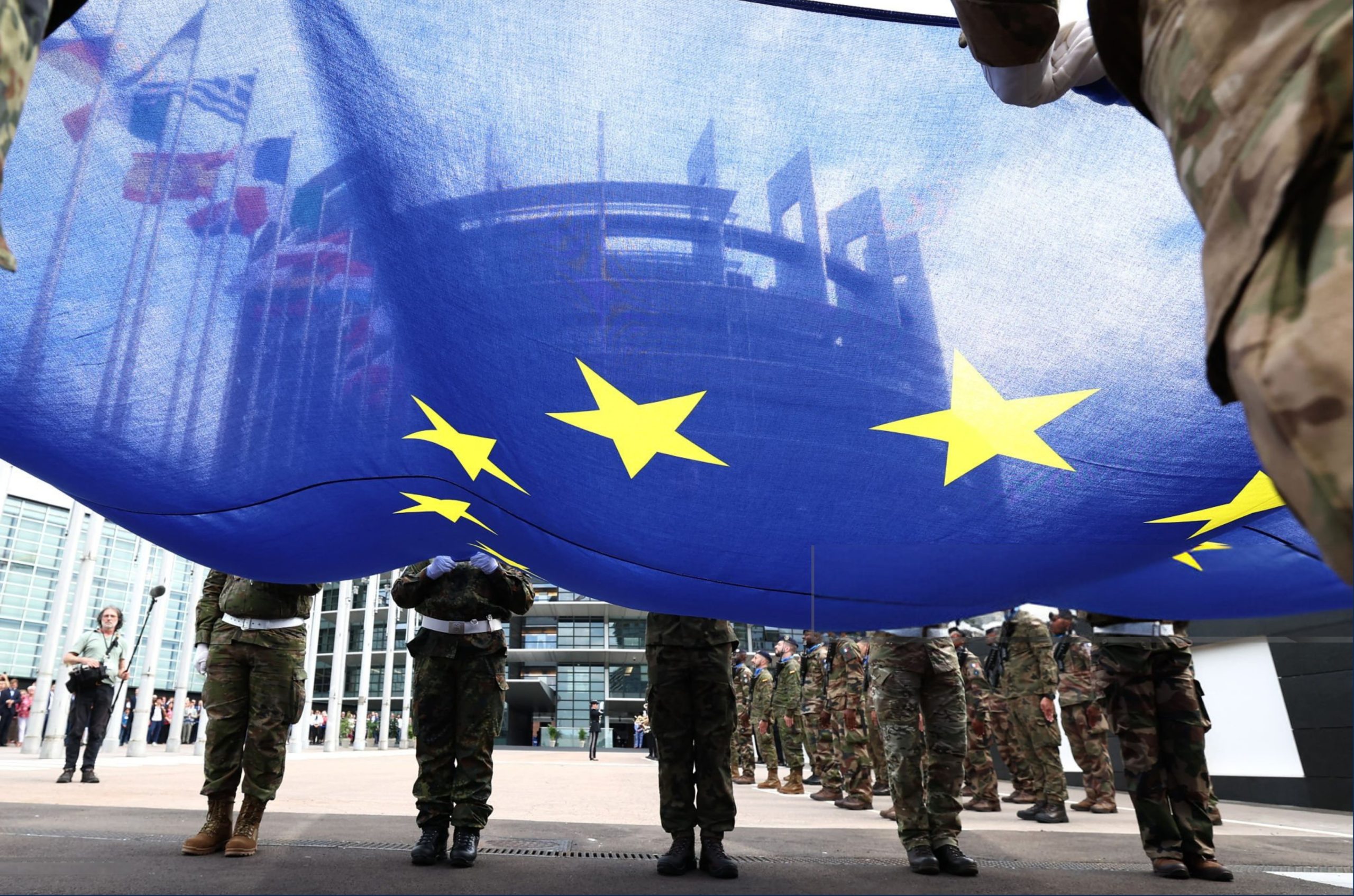
EU’s 2024-2029 agenda faces challenges from internal divisions and external conflicts.
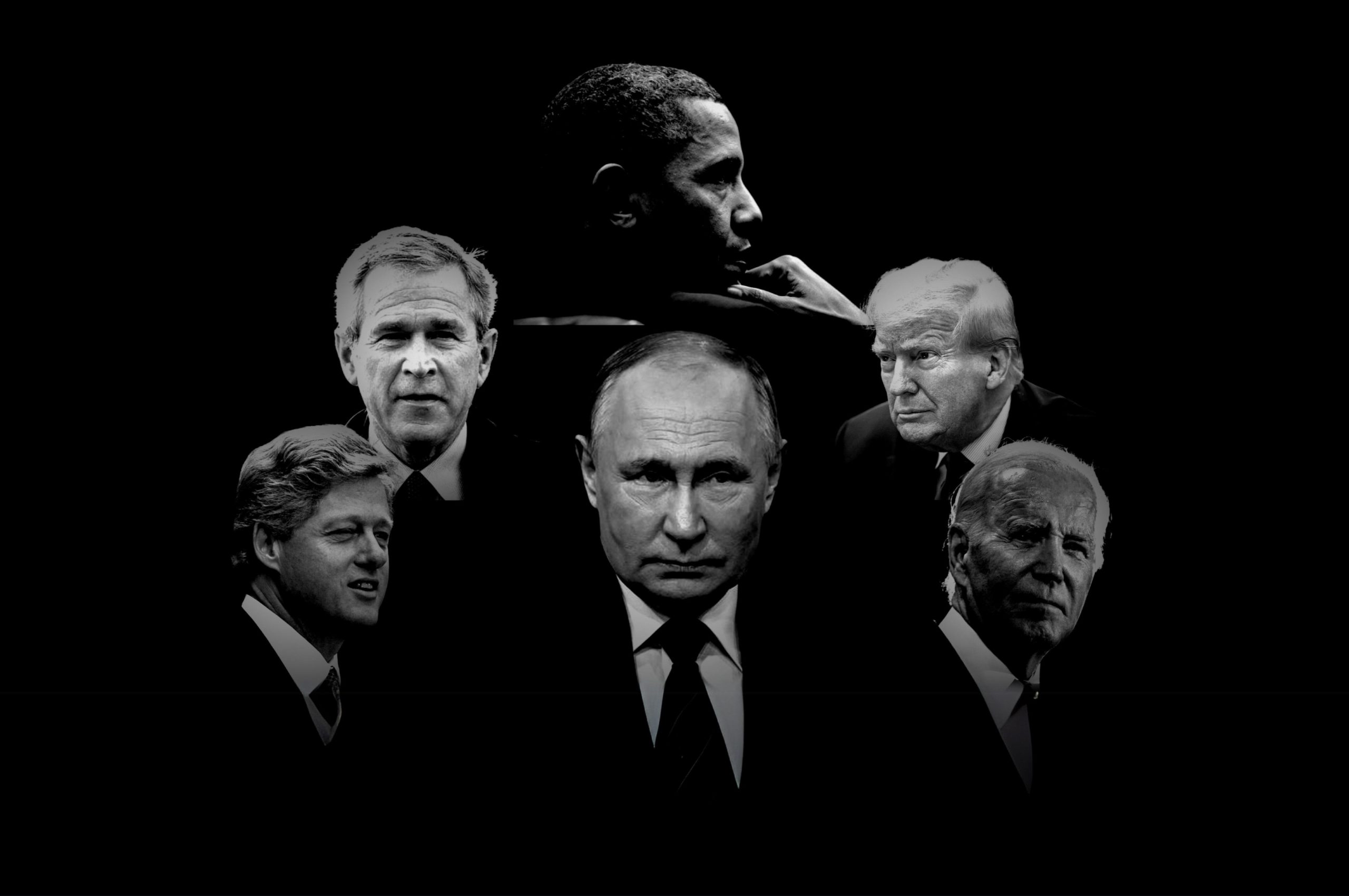
Putin’s relationships with US presidents focus on manipulation, strategy and geopolitical tensions.
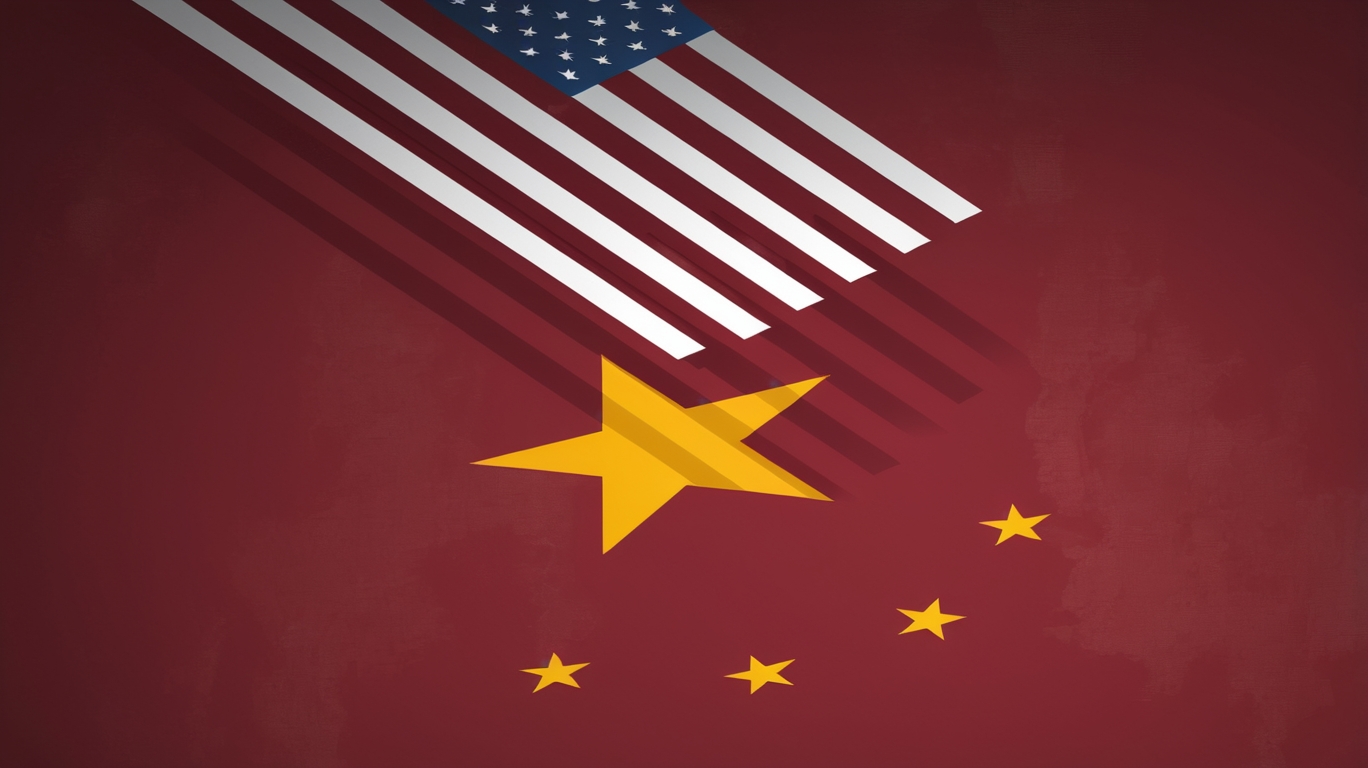
The leadership of Biden and Xi reflects a mix of rivalry and cooperation, influencing U.S.-China relations and the future of global dynamics amid growing geopolitical tensions.
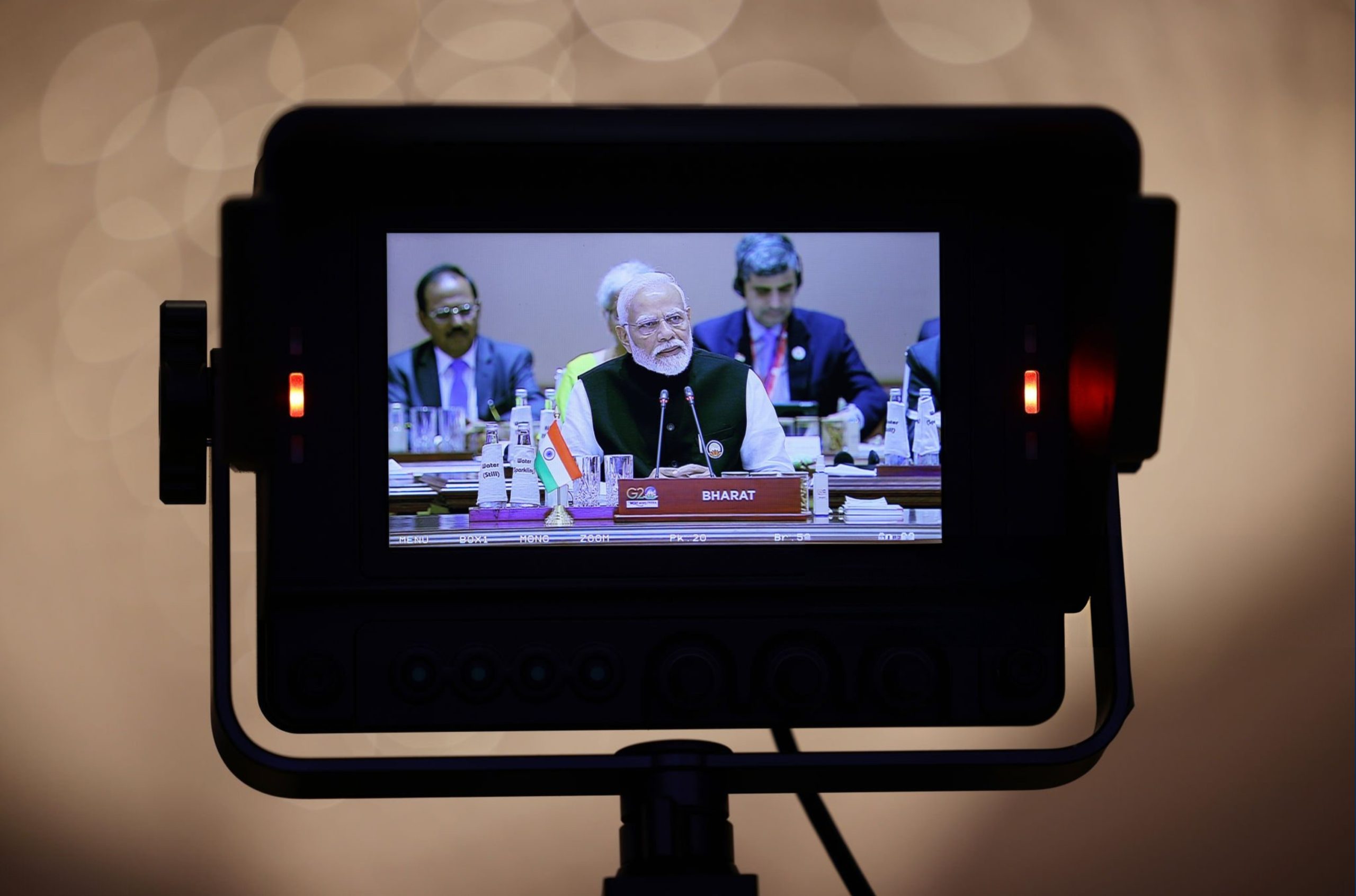
Under Modi, India’s foreign policy aims to navigate regional instability, balance global powers, and foster partnerships, while addressing key challenges like climate change and infrastructure development.
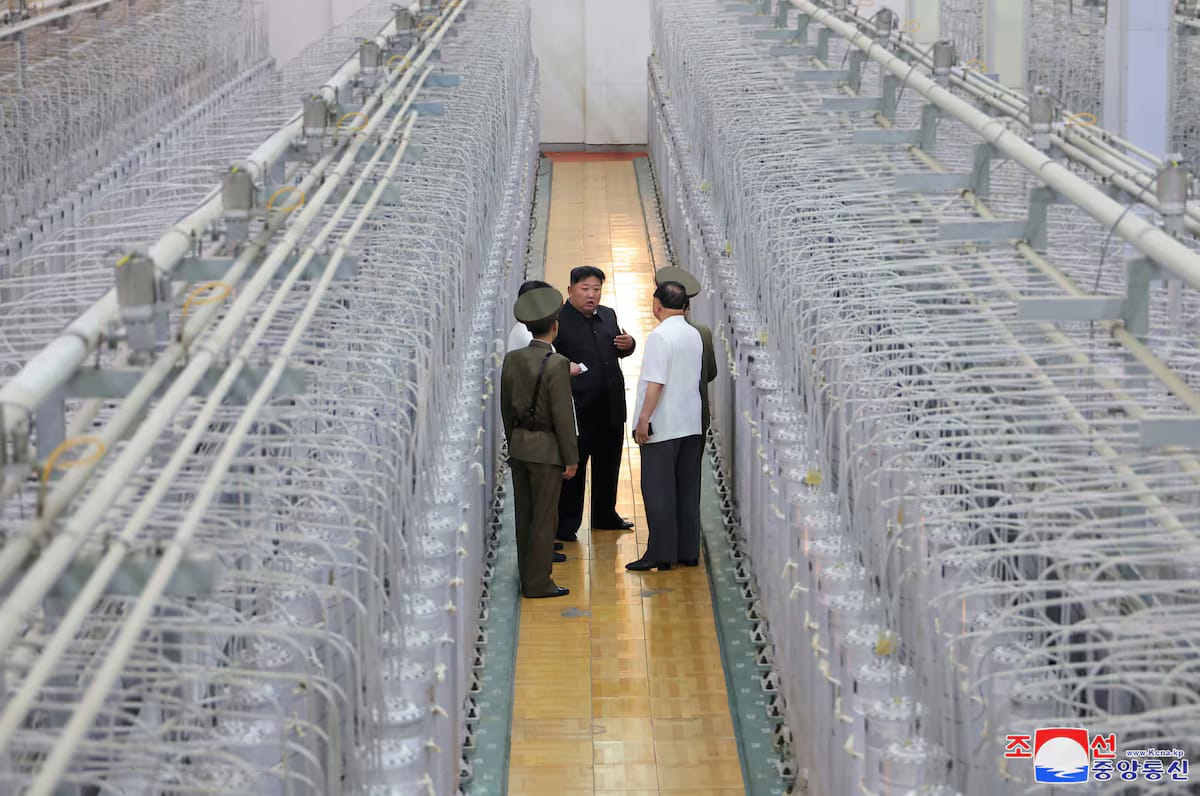
North Korea revealed its uranium enrichment facility for the first time, with Kim Jong Un urging more centrifuges. South Korea condemned the move, heightening regional tensions.
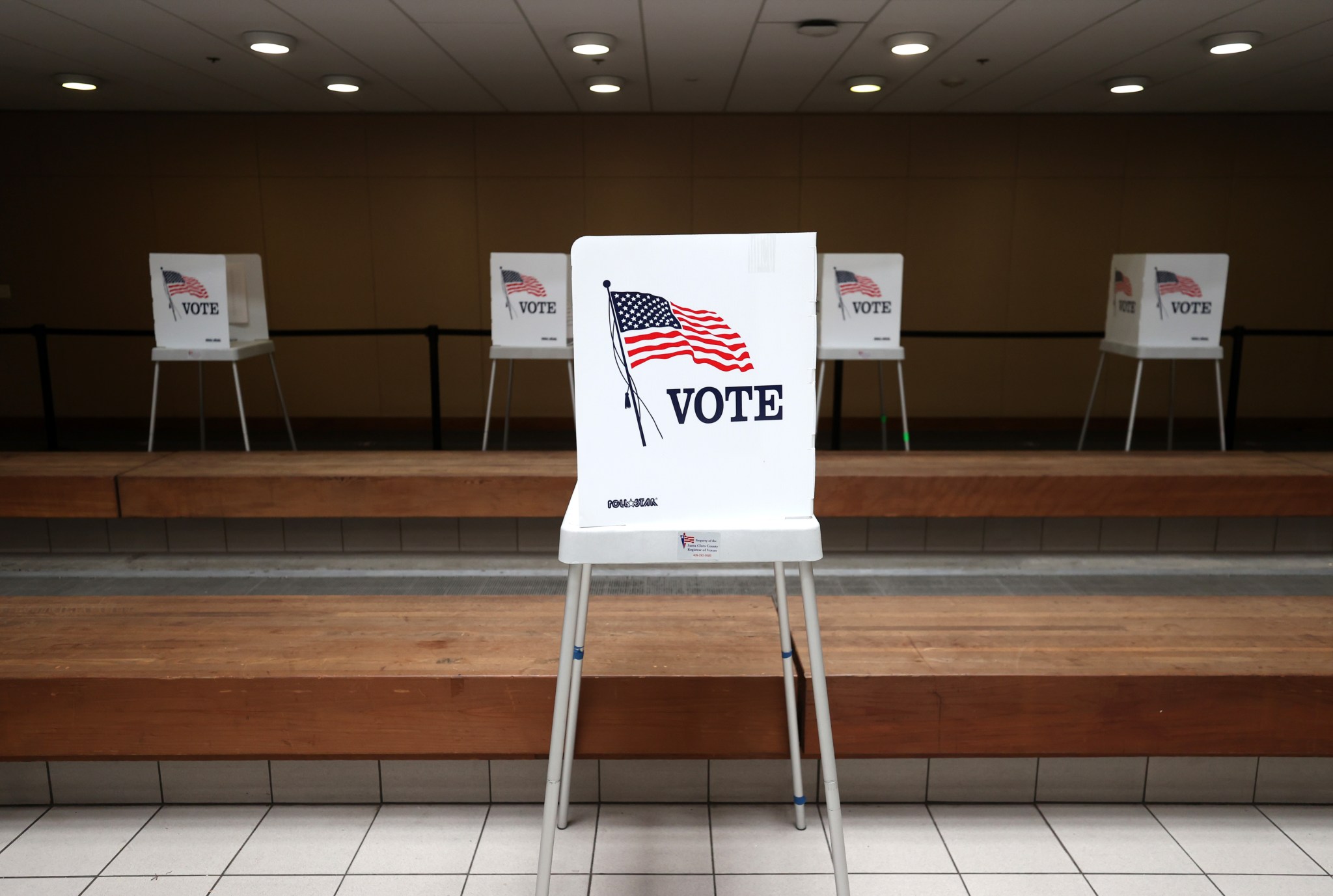
The U.S. elections have turned into a sports-like fan culture. Harris and Trump compete in a nonstop campaign mode.
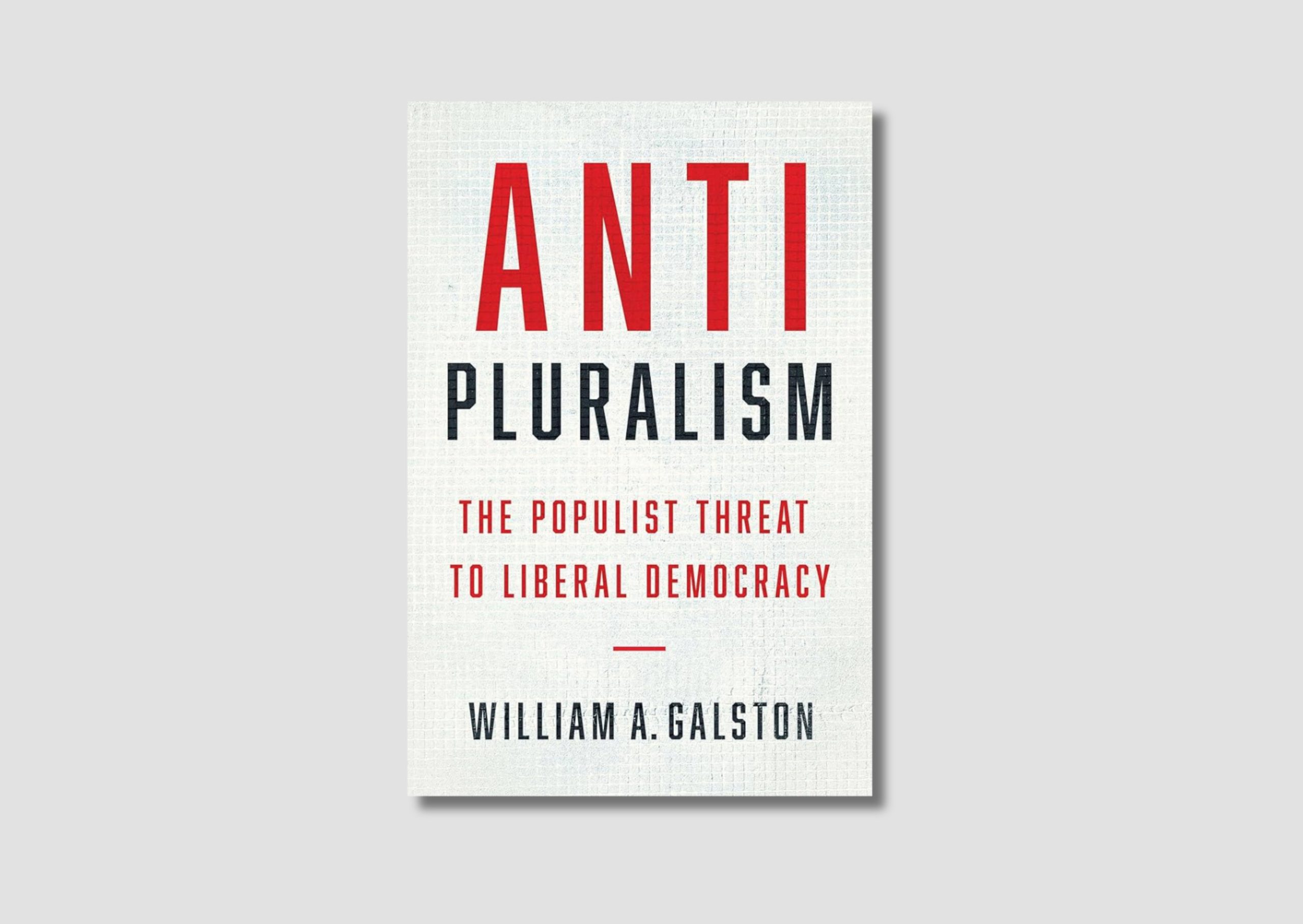
At the Crossroads of Liberal Democracy: The Rise of Populism William A. Galston, Anti-Pluralism: The Populist Threat to Liberal Democracy By Aakil Visram, one of
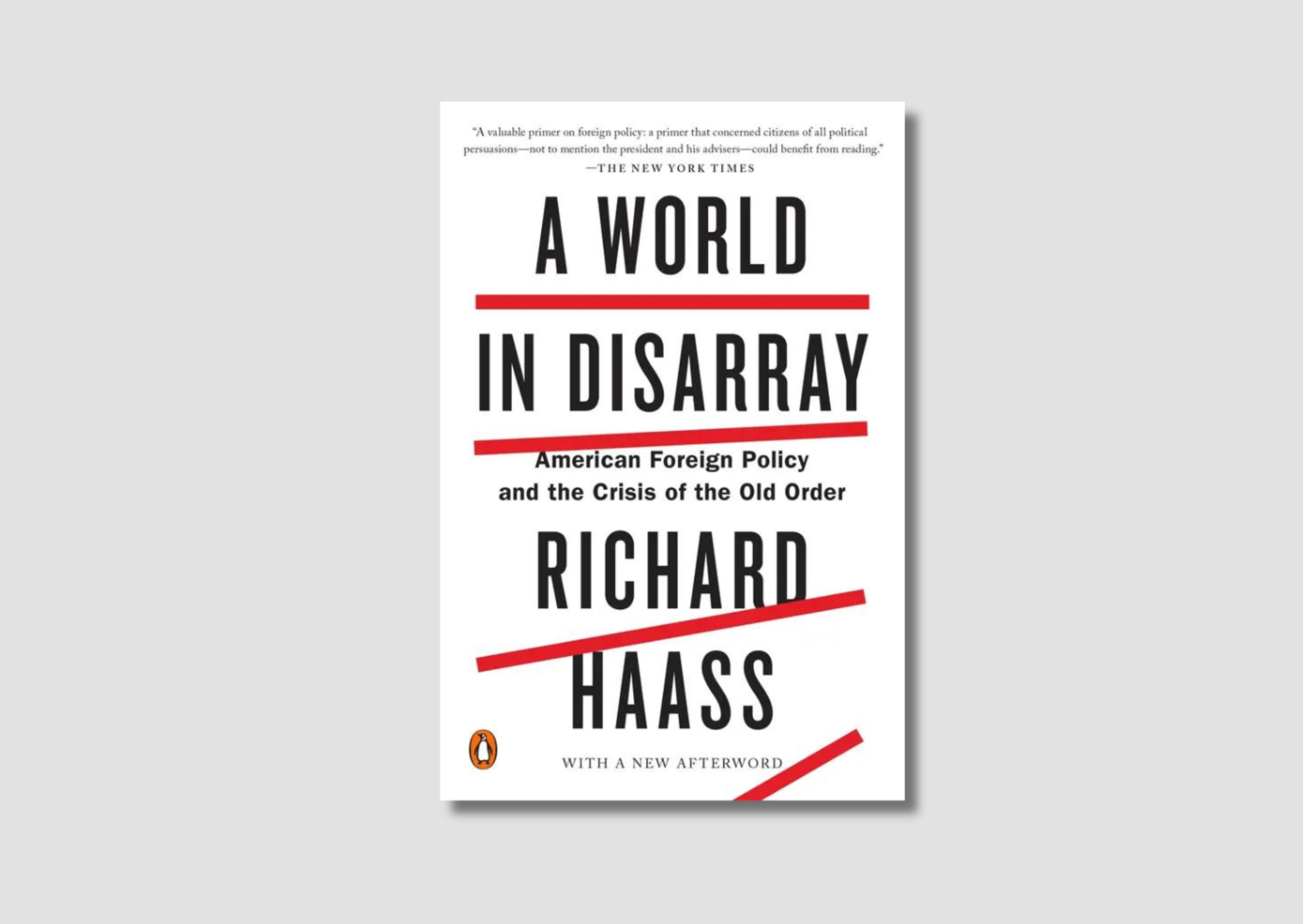
A World in Disarray: American Foreign Policy and the Crisis of the Old Order

AI’s profound impact on elections and global power dynamics underscores the urgent need to tackle its challenges, ensuring both ethical use and the preservation of democratic values.
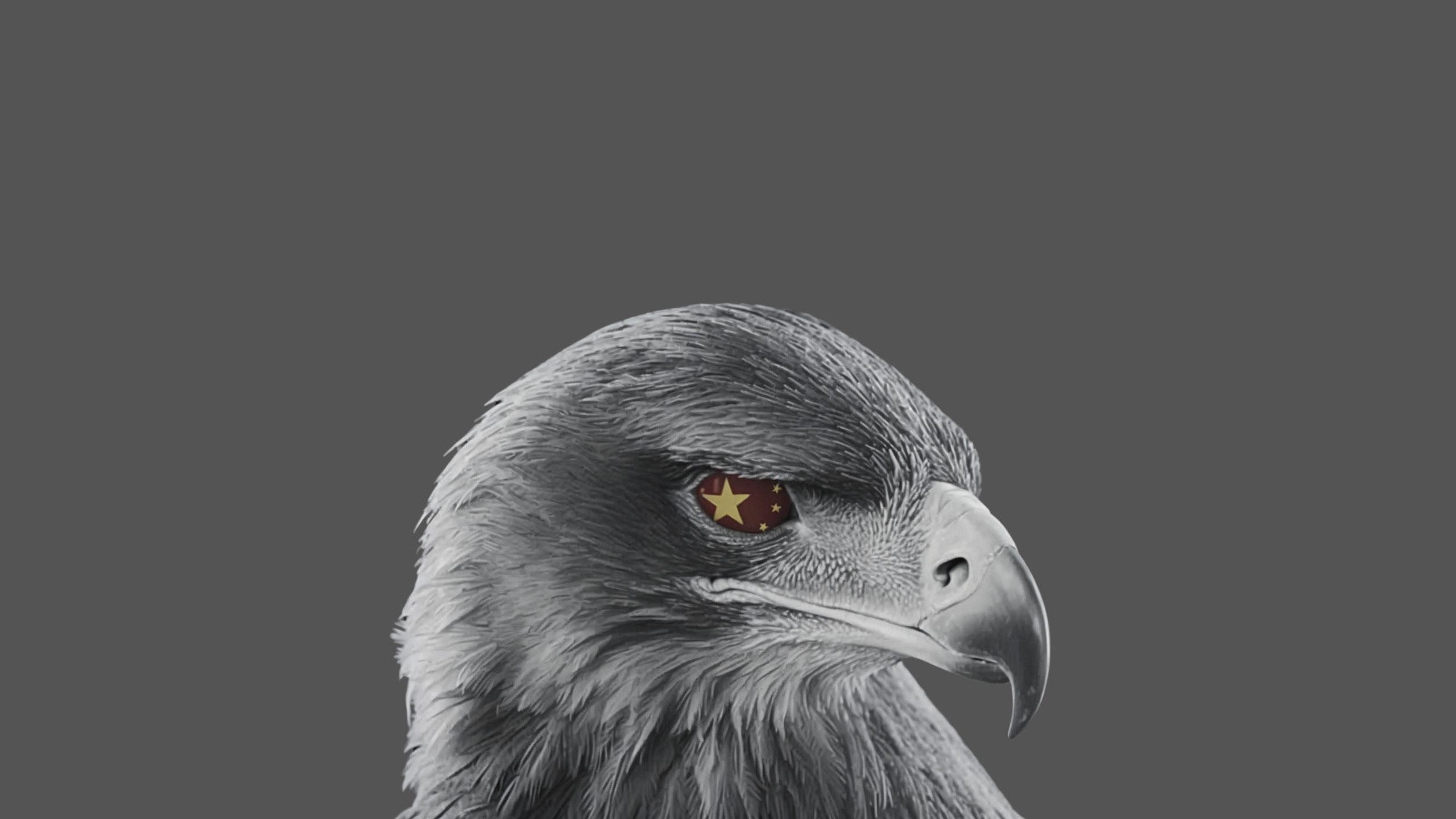
The U.S.-China rivalry signals a looming showdown, upending global power dynamics across economic and military spheres.

A 75-year saga of struggle and diplomacy shaping middle eastern dynamics and global politics, marking one of the most enduring international challenges of modern history.
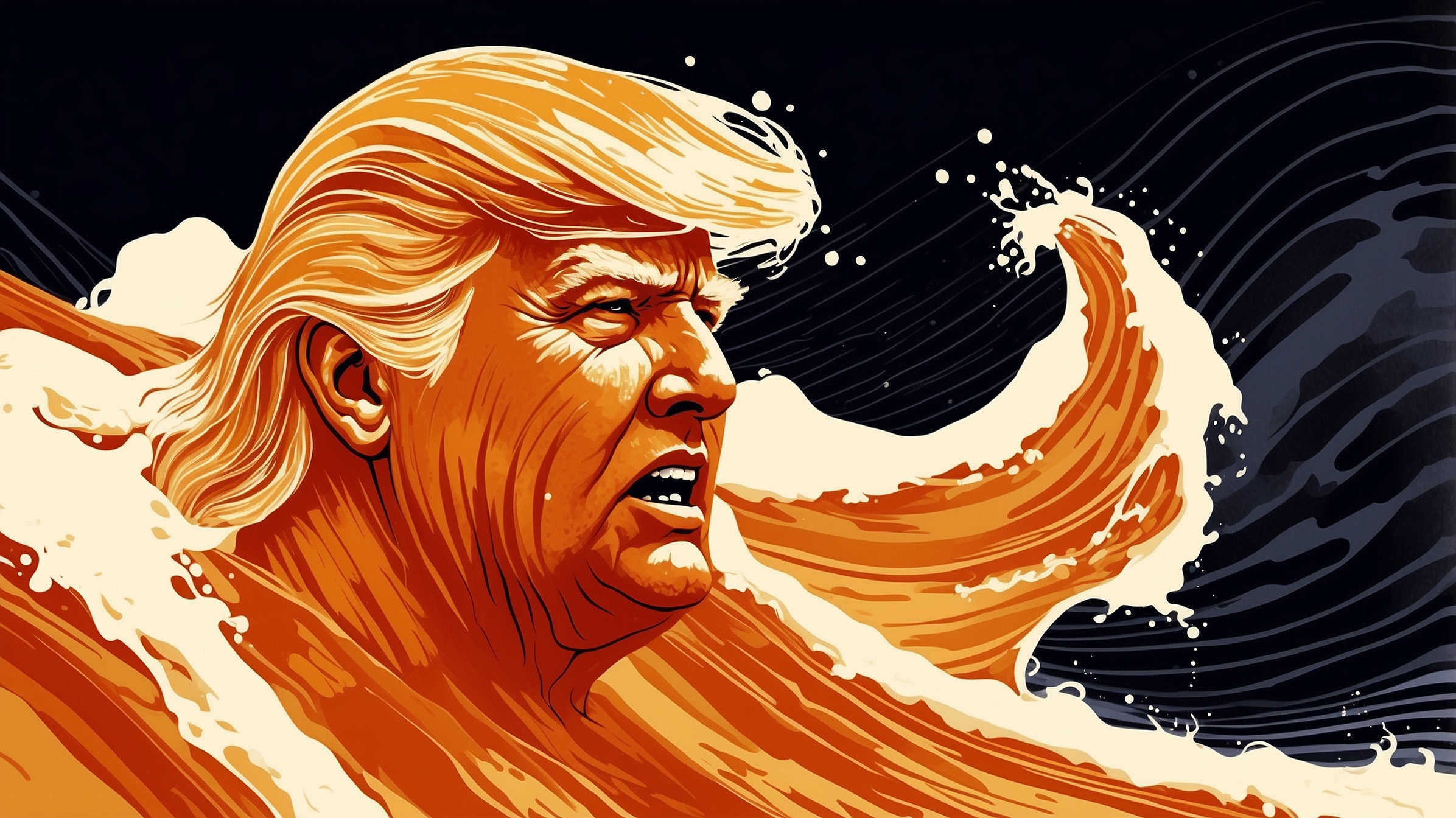
Trump’s second term threatens Europe’s security, economy, and climate policies with radical changes. The 2024 election could fundamentally reshape Europe’s future.
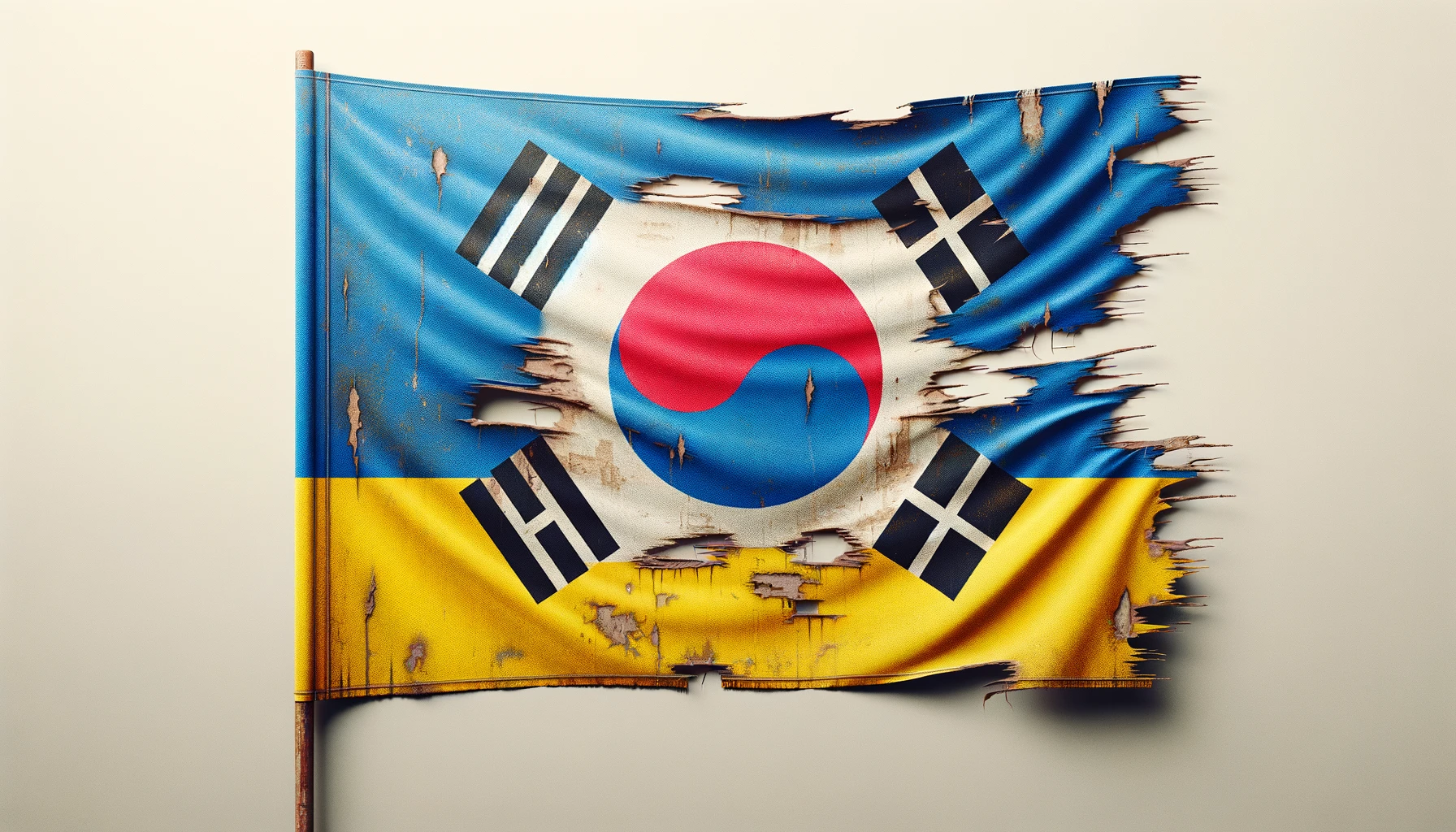
The strategic missteps, the power of global alliances, and the search for peace between the Korean War and the conflict in Ukraine offer crucial insights into today’s international order.
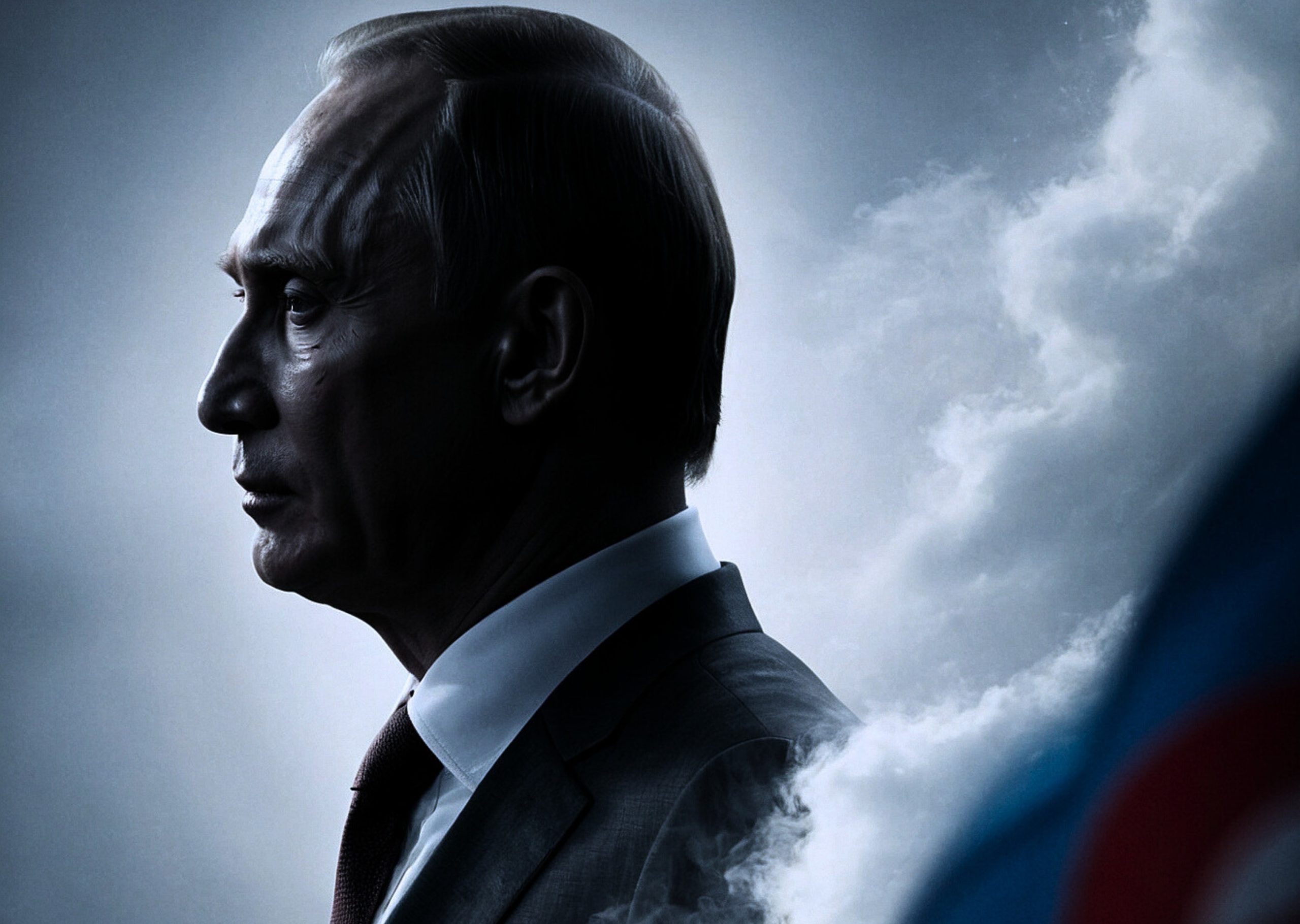
Putin’s determination to restore Russia’s great power status propels the conflict in Ukraine, intensifying the struggle for influence and challenging Western dominance.
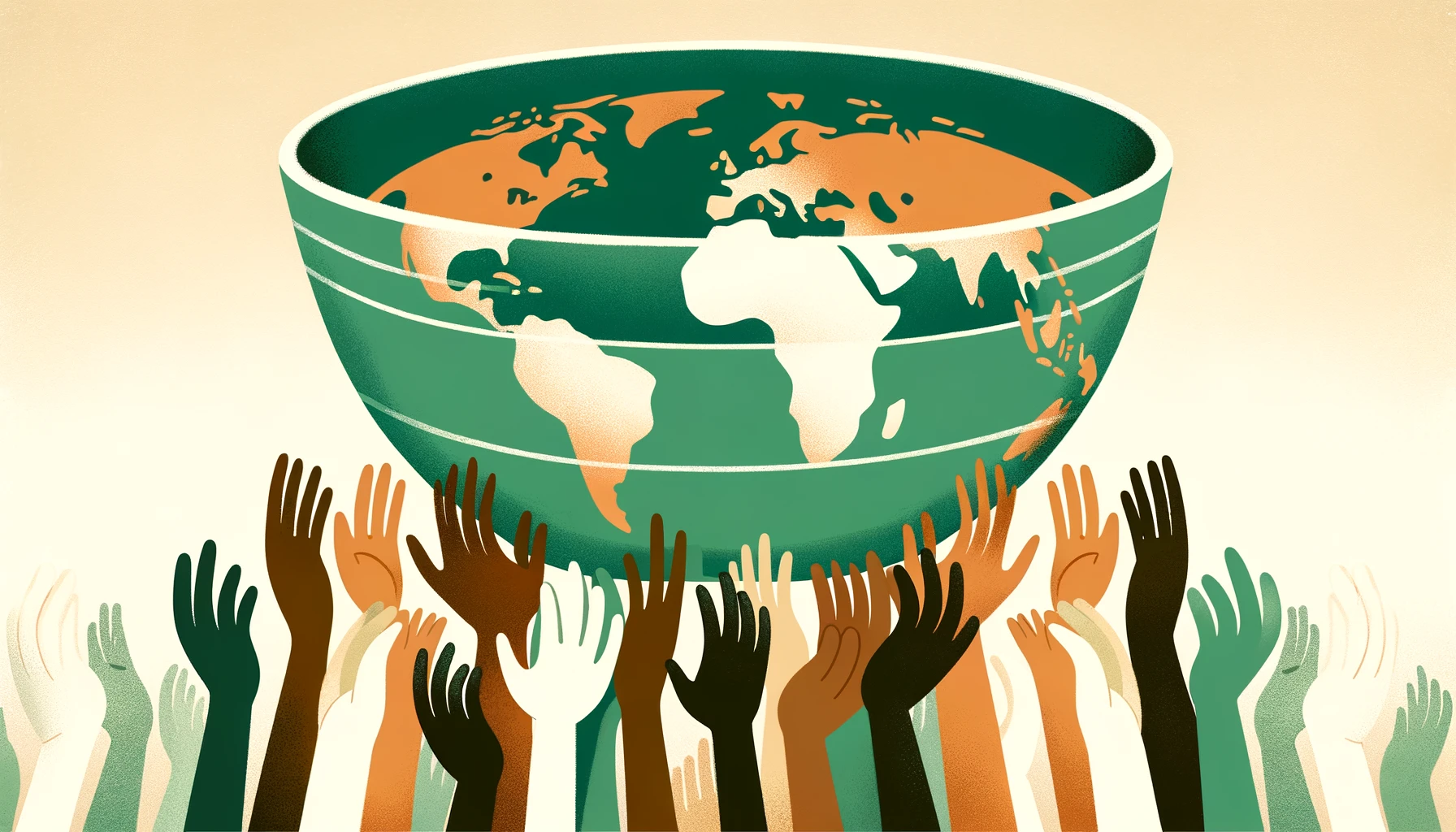
The Global South is rising, overcoming colonial legacies and economic disparities to challenge traditional power structures. With emerging economies and diverse cultures, these nations are reshaping global dynamics and positioning themselves as key players in the future of international relations.
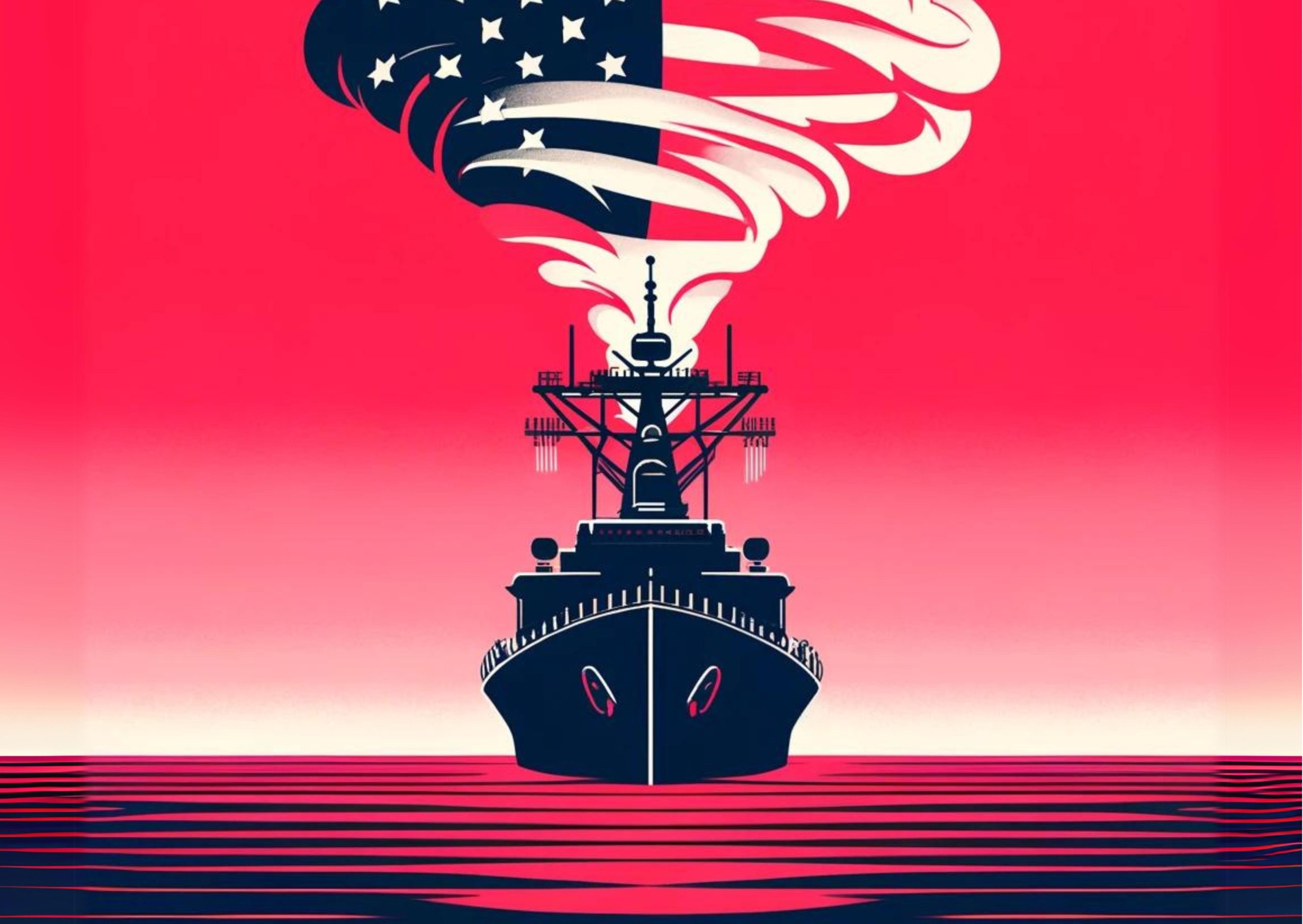
A second Trump presidency could radically alter U.S. foreign policy, prioritize national sovereignty, disrupt alliances, and challenge the liberal international order. What will the future hold?
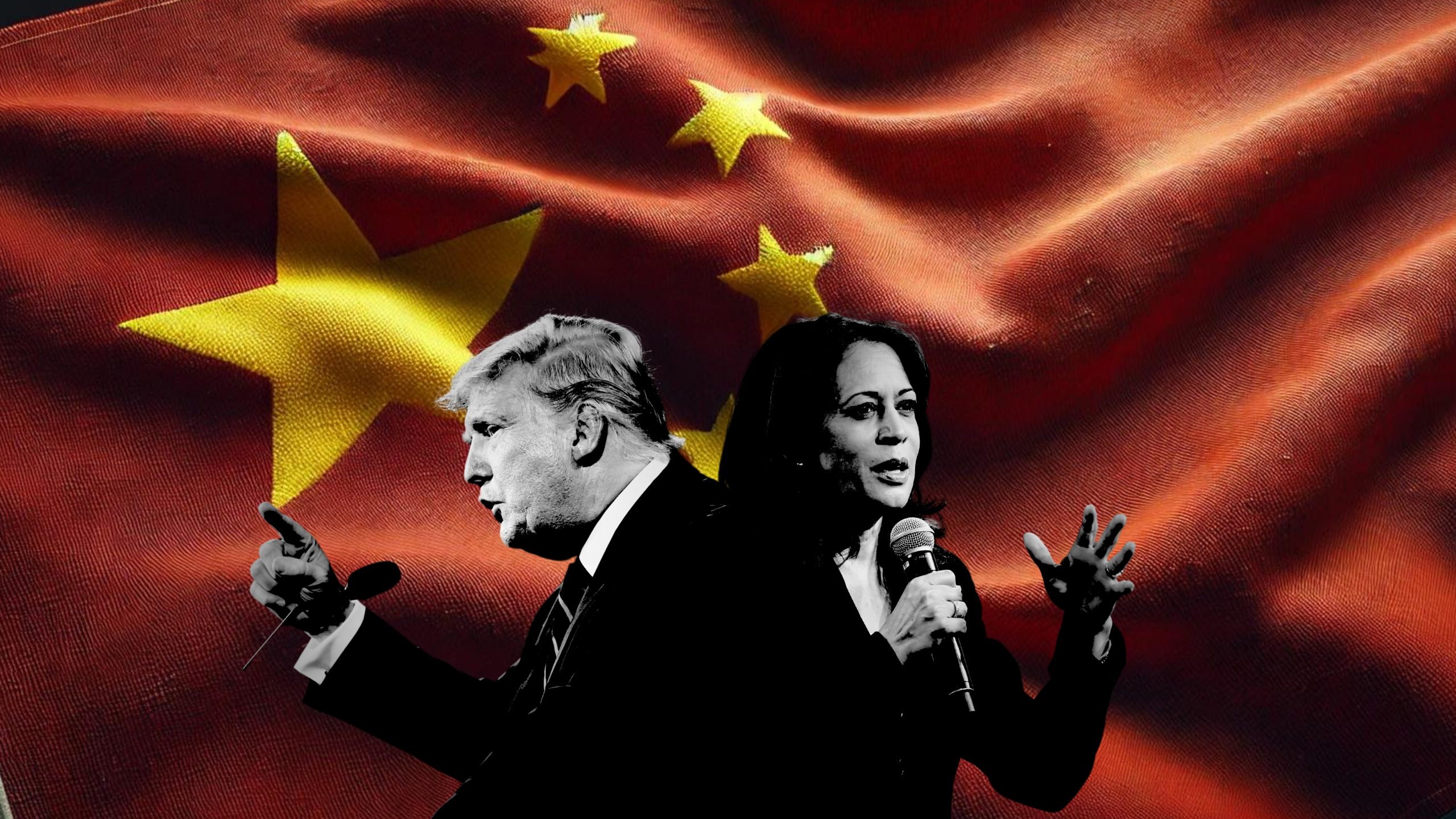
As Kamala Harris emerges as the new Democratic nominee and Trump faces unprecedented challenges, China remains notably silent, hinting at a strategic shift in how Beijing views the unfolding U.S. election drama.
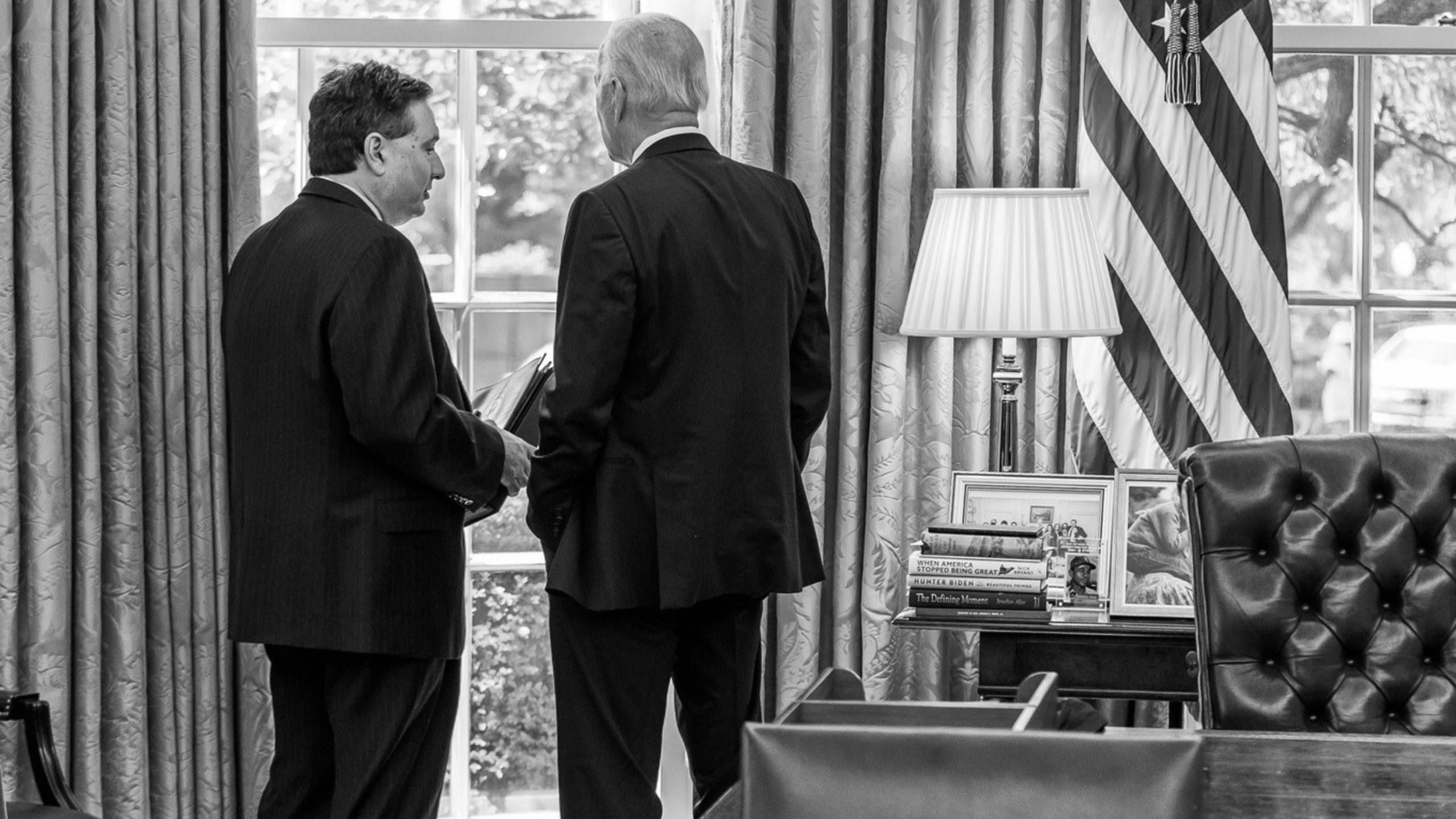
With Biden’s unexpected decision, the election race has suddenly shifted. Kamala Harris emerges as the new Democratic candidate, and the party faces a challenging election ahead.
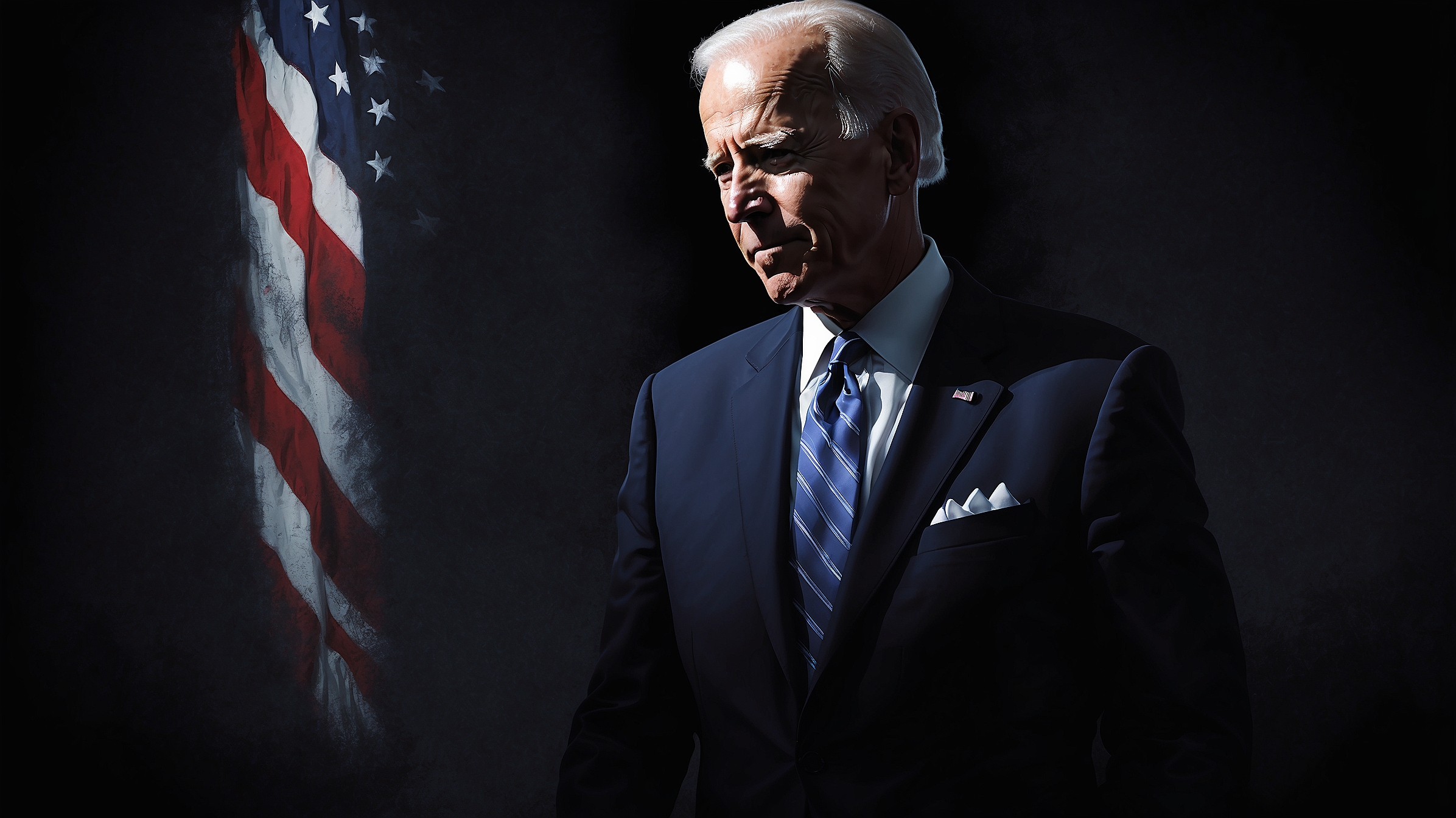
Biden’s presidency saw major domestic accomplishments, such as economic growth and infrastructure reform, but was overshadowed by foreign policy challenges, like Afghanistan’s withdrawal and Middle Eastern conflicts.

In November, U.S. voters will choose between resurrecting the “America First” doctrine or maintaining a foreign policy based on alliances and multilateralism.
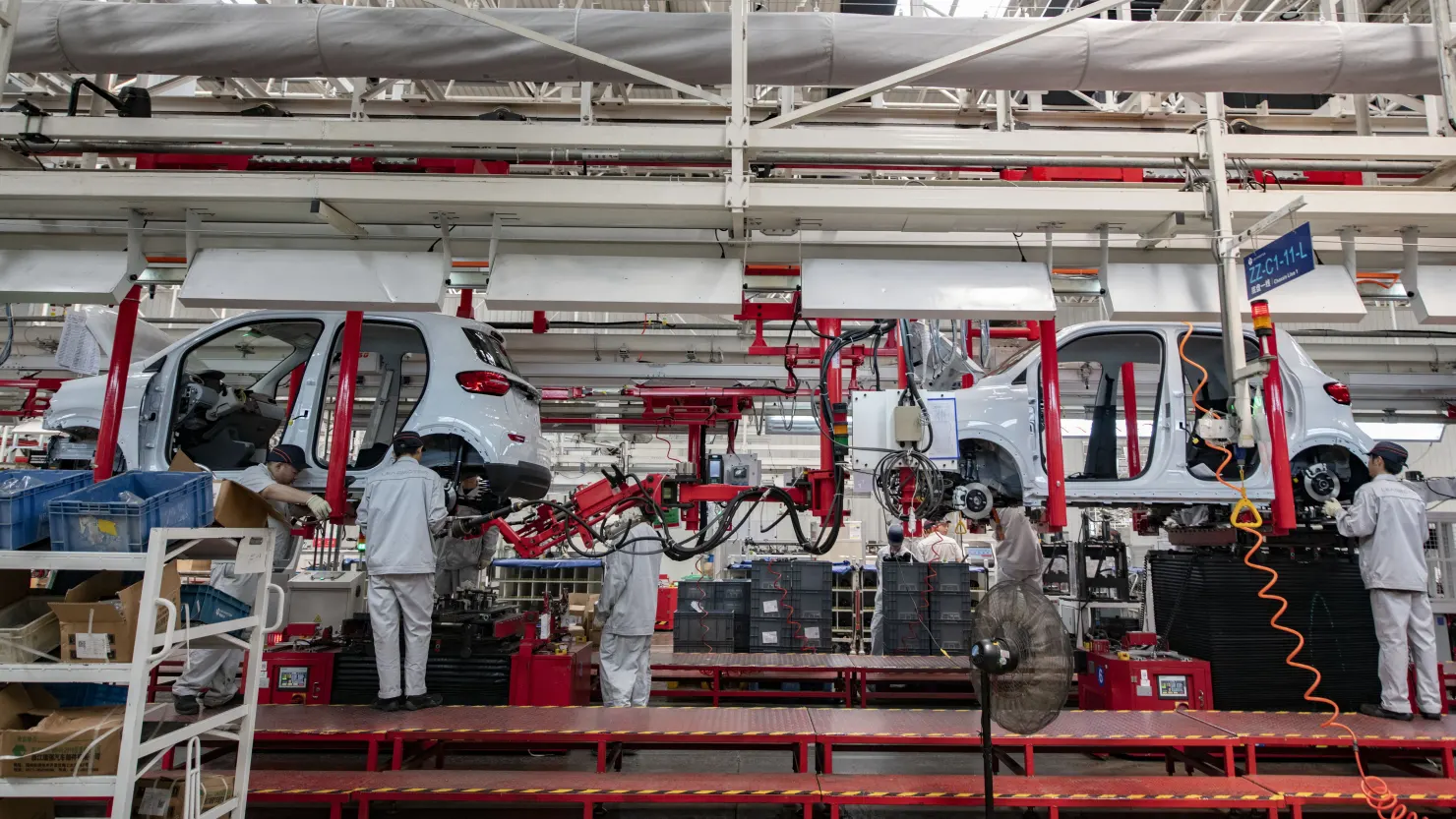
The global EV market is growing, but tariffs and trade tensions between China, the EU, and the U.S. threaten this momentum.
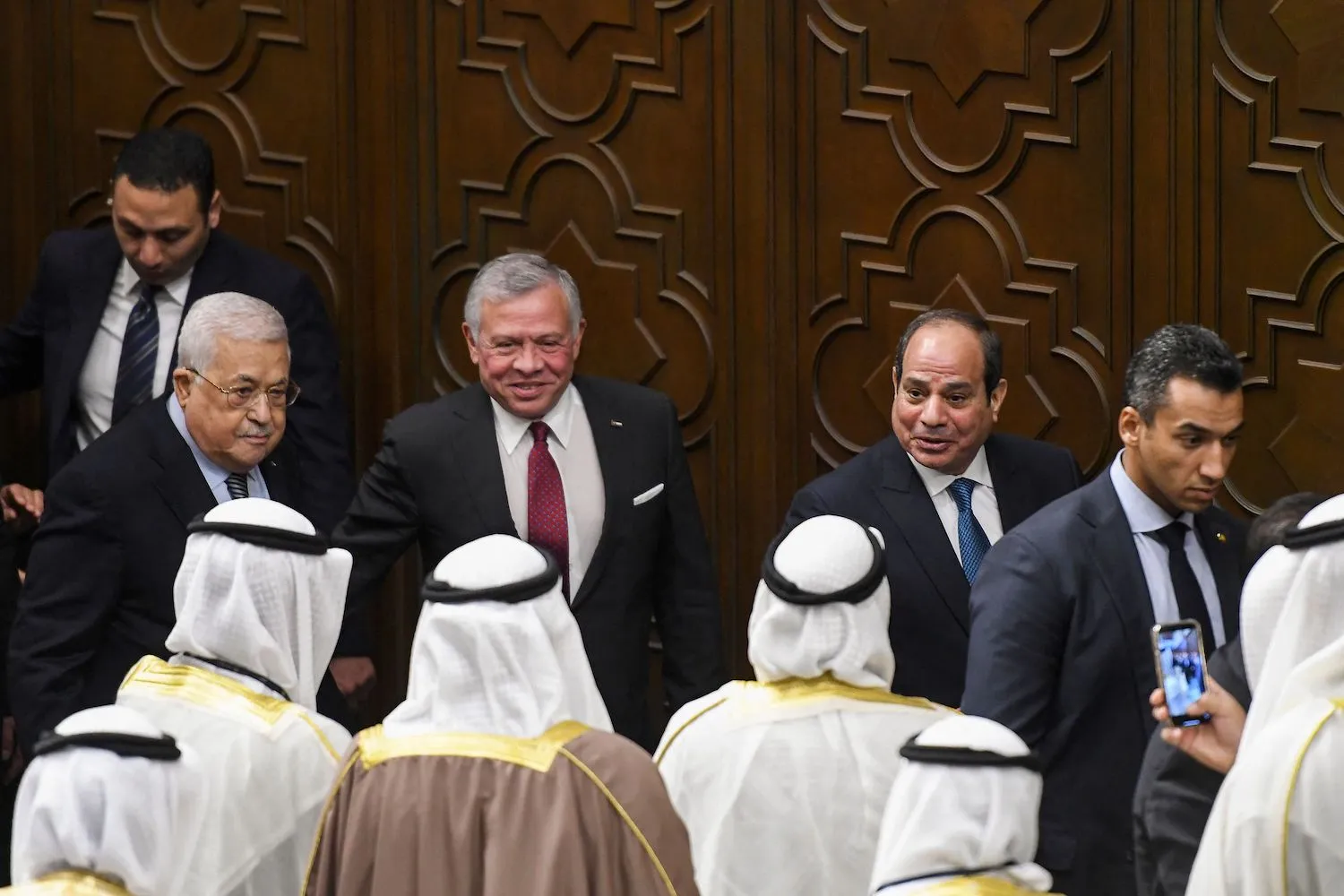
Shifting dynamics in the Middle East signal a period where normalization efforts between Israel and Arab countries are reshaping the region, laying the foundations for a new order through strategic partnerships and mutual trust.
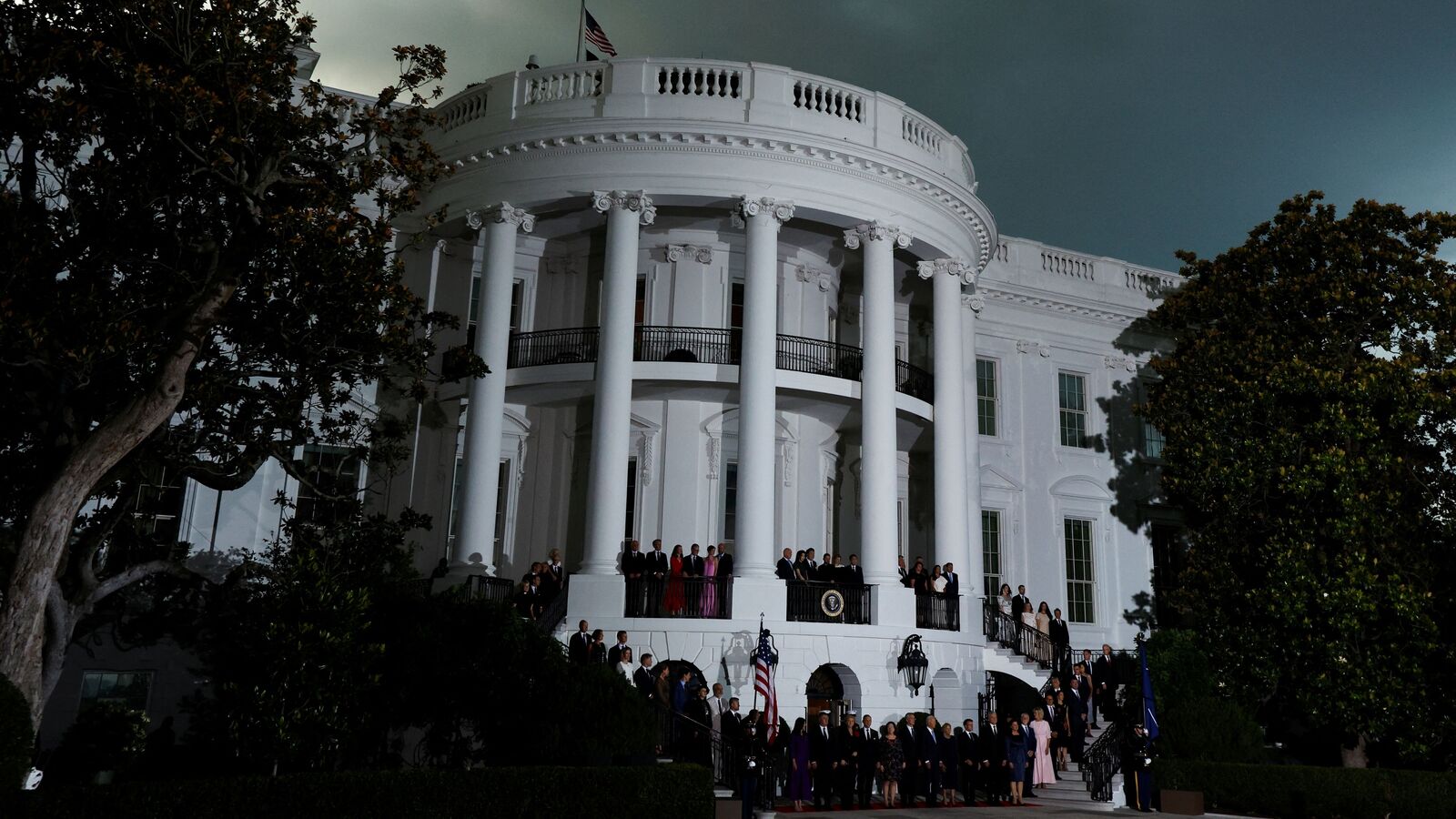
From Bush’s assertive tactics to Obama’s strategic restraint, delve into how U.S. foreign policy shapes global dynamics amid evolving power structures and international challenges.
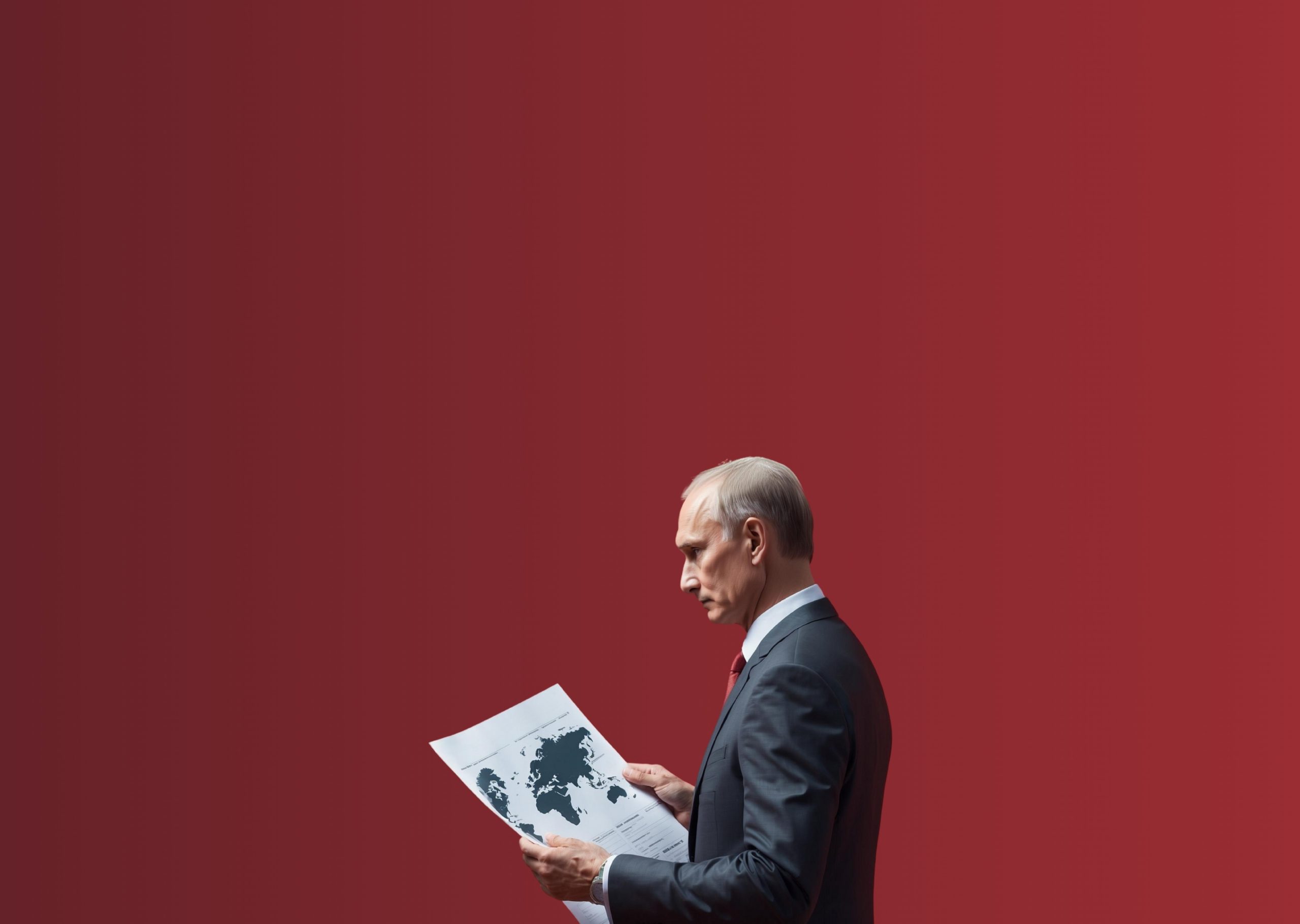
Putinism has reshaped Russia through centralized power, corruption, and assertive foreign policies, leading to global tensions, economic stagnation, and increased isolation from the West.
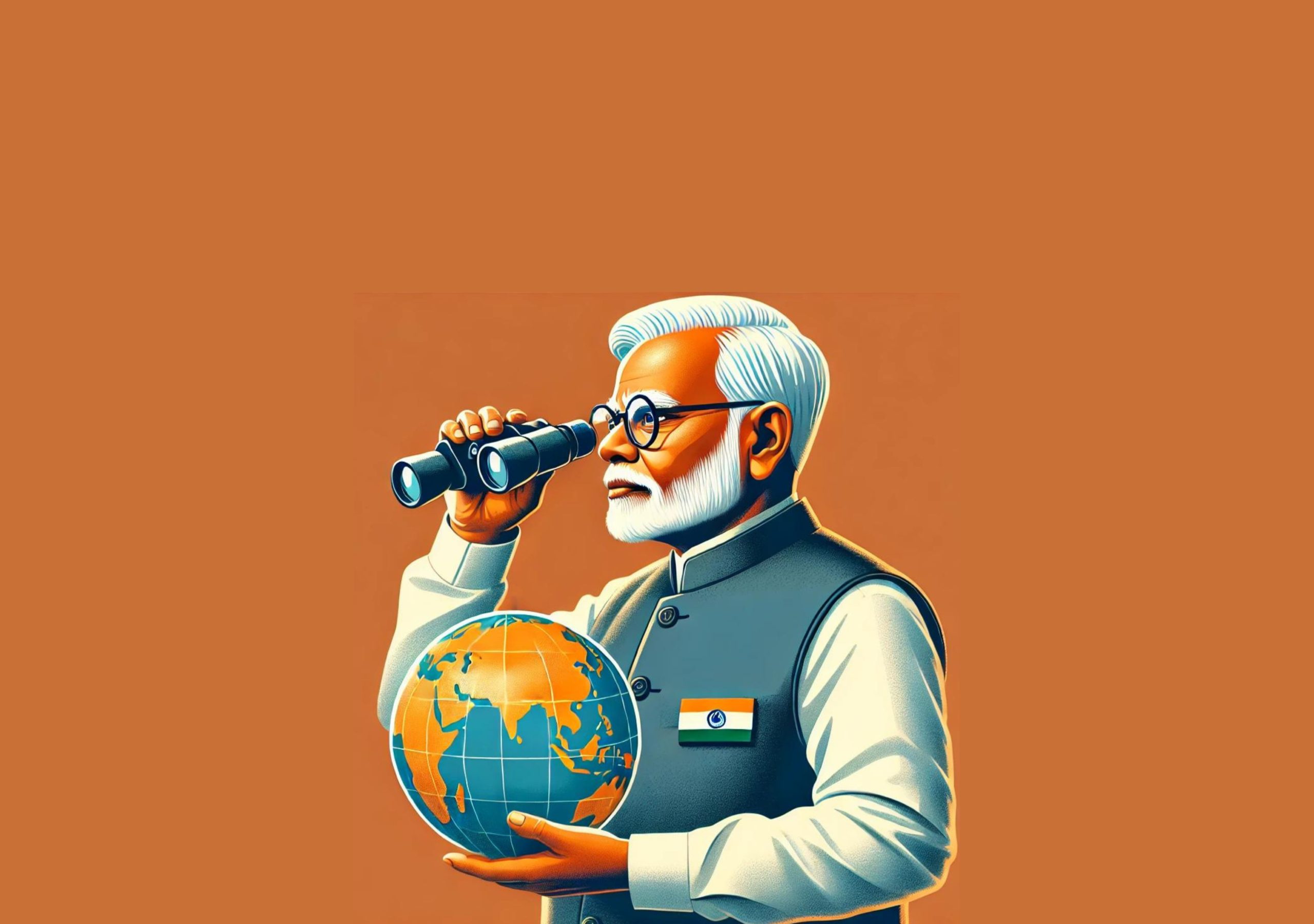
In the race for Global South leadership, India’s ambitions and China’s strategies clash, unraveling a tapestry of power, promise, and profound contradictions.
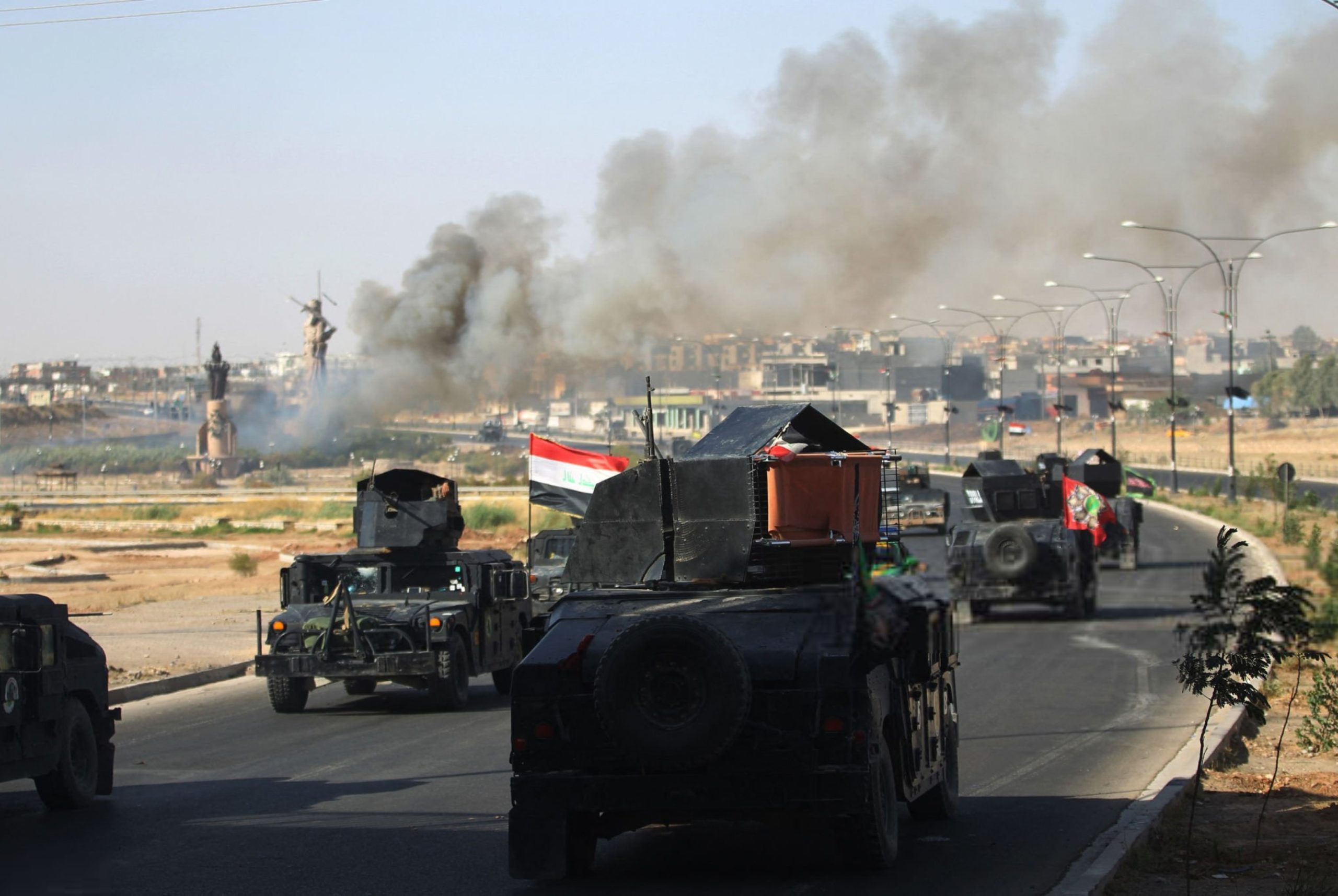
Kirkuk is once again shaken by historical conflicts under the shadow of oil. How will the power struggle between Kurds, Arabs, and Turkmens shape the city’s future?
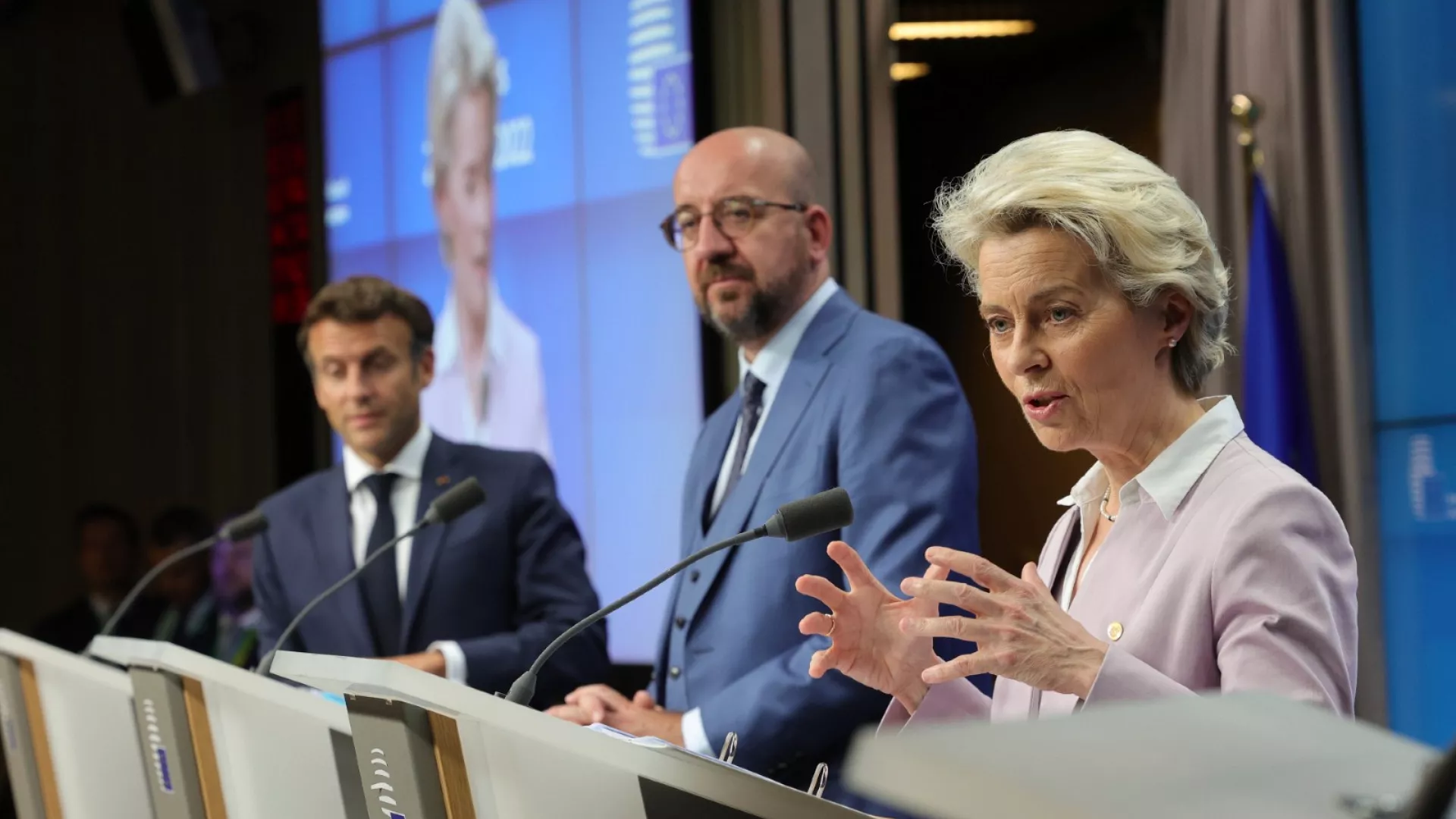
European elections shake the political landscape as far-right gains momentum. Mainstream parties struggle to maintain influence amid rising public dissatisfaction and democratic deficits.
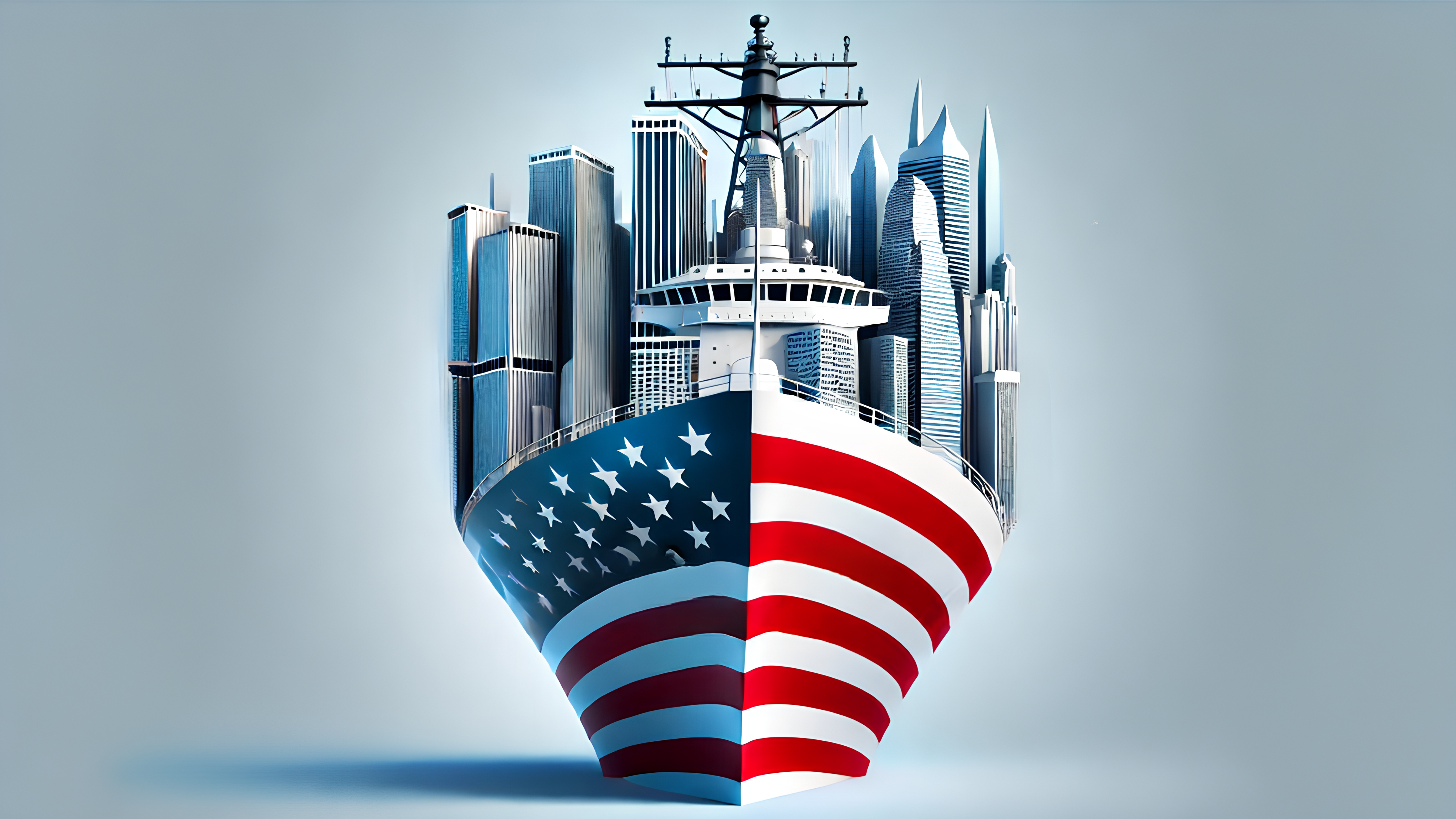
From the Declaration of Independence to today, America’s core values have shaped its foreign policy, balancing cultural ideals with practical strategies on the global stage.
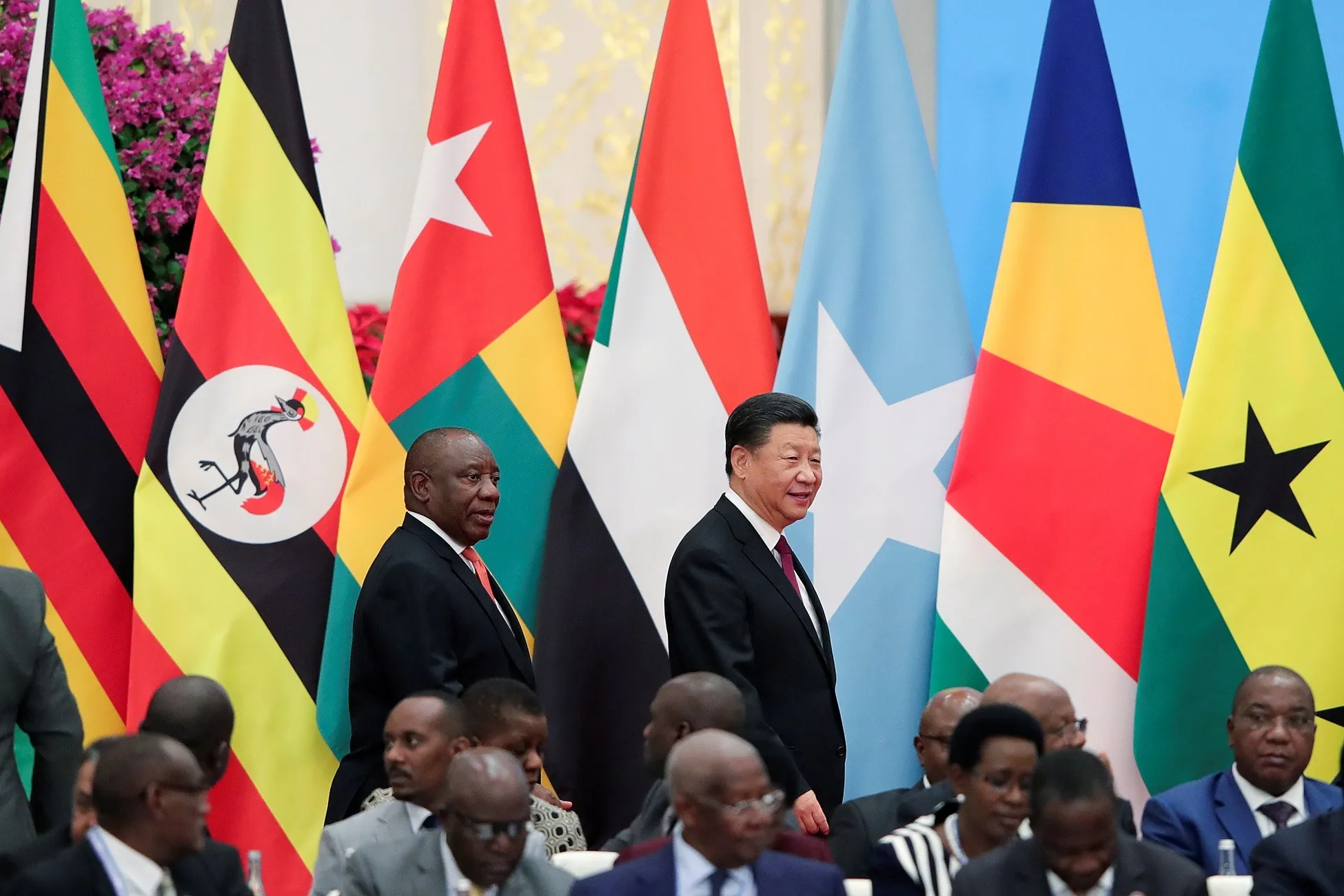
As China positions itself as a key player in Africa’s economic development, African nations are seeking greater independence and sustainable growth opportunities through this renewed partnership.
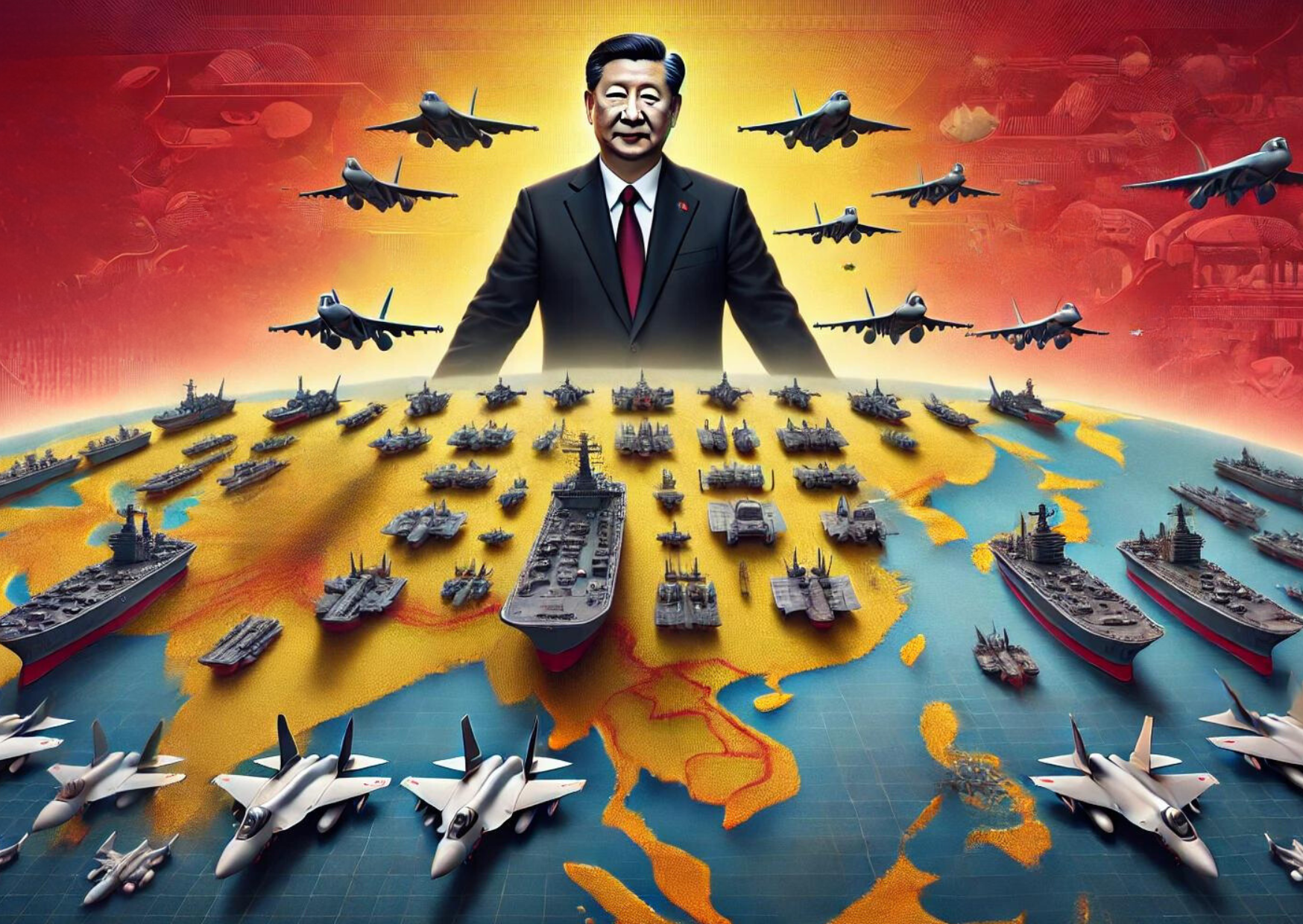
Amid escalating tensions, China’s strategic military reforms under Xi Jinping focus on enhancing the PLA’s regional readiness and asserting its global military presence.
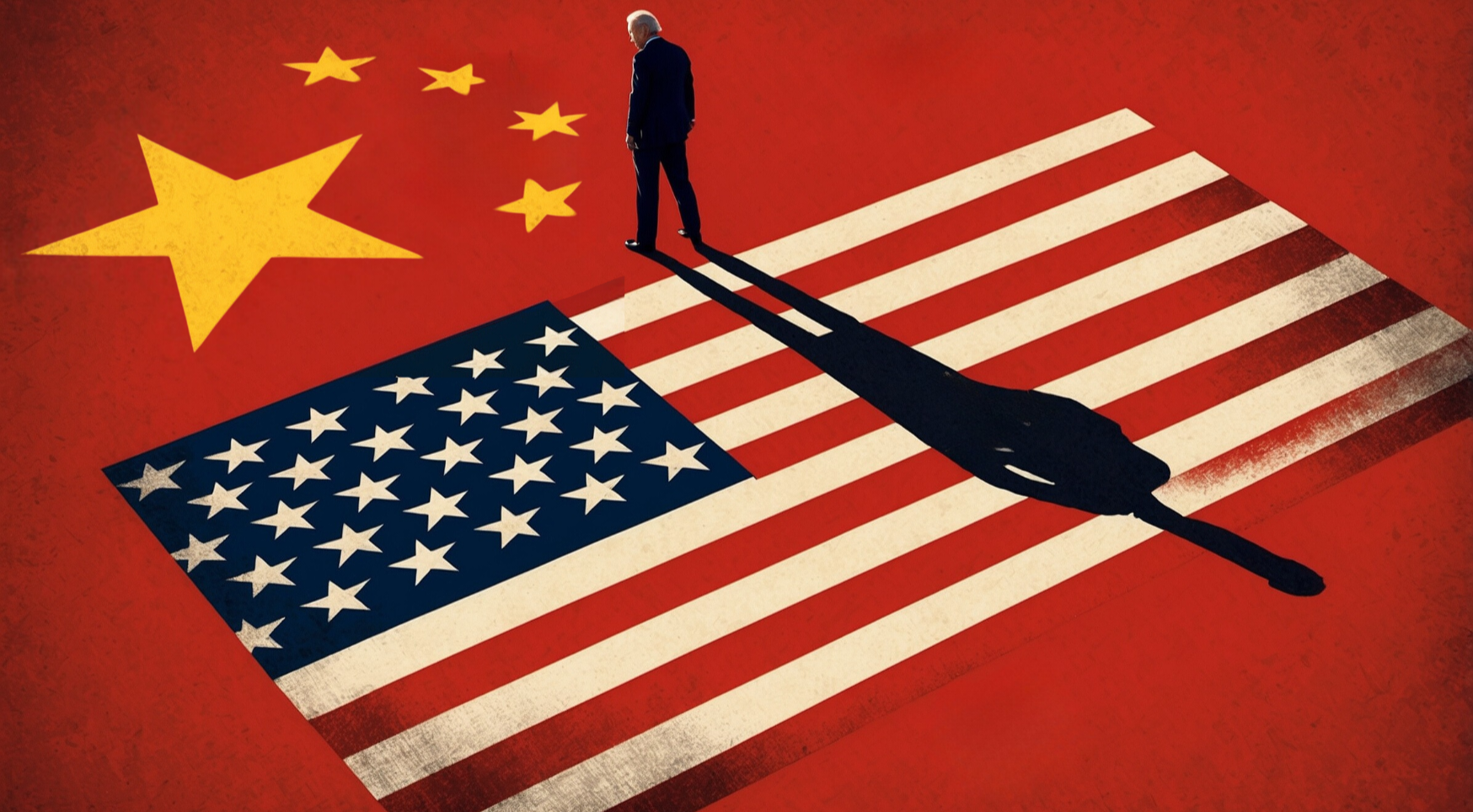
Endorsing a robust U.S. strategy, Biden focuses on strengthening alliances, fostering innovation, and enhancing global leadership, setting a comprehensive approach to address the challenges and opportunities posed by China’s rise.
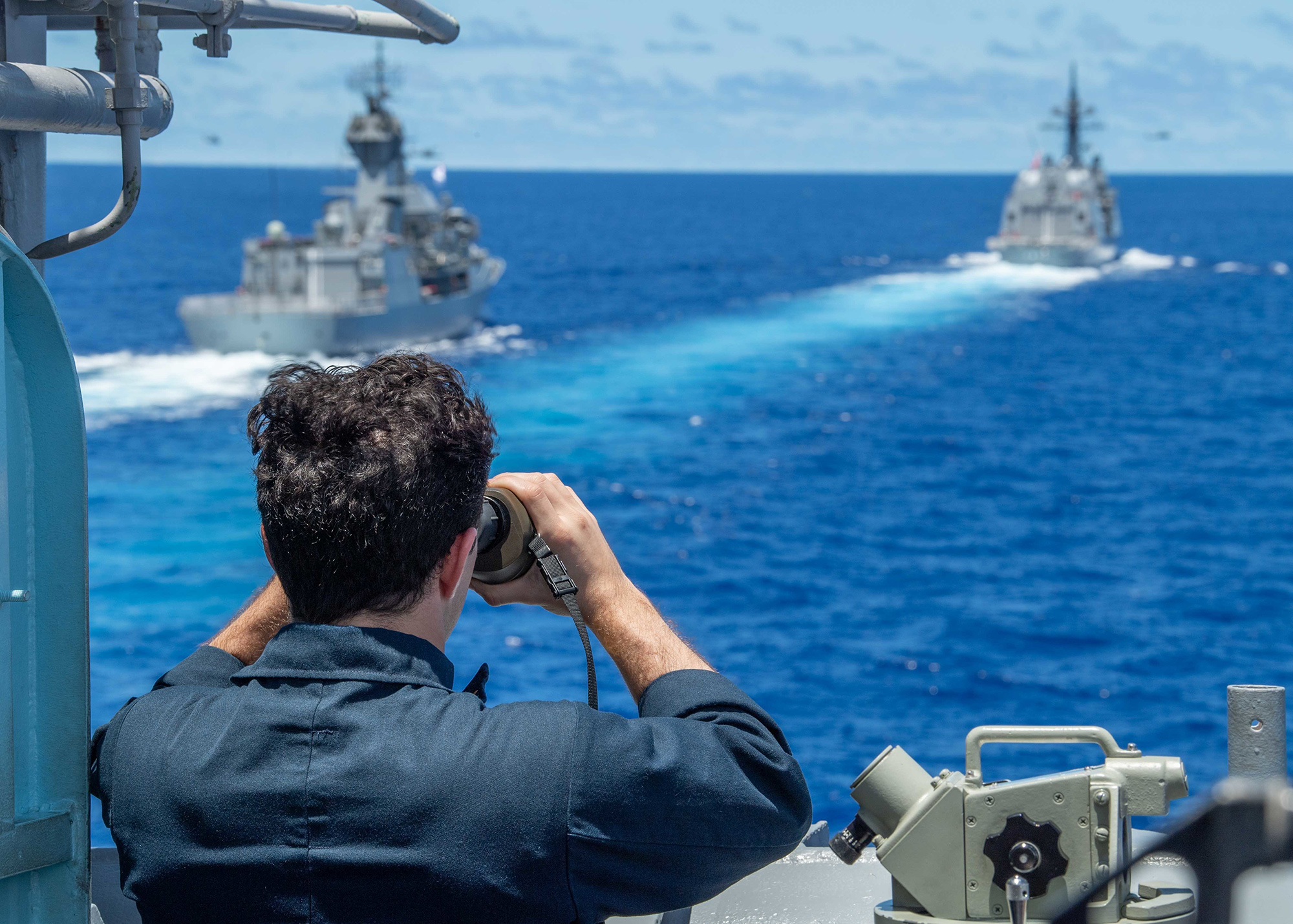
Rising tensions in the South China Sea spark geopolitical frictions. China’s assertive stance clashes with U.S. alliances, escalating risks and regional security concerns.
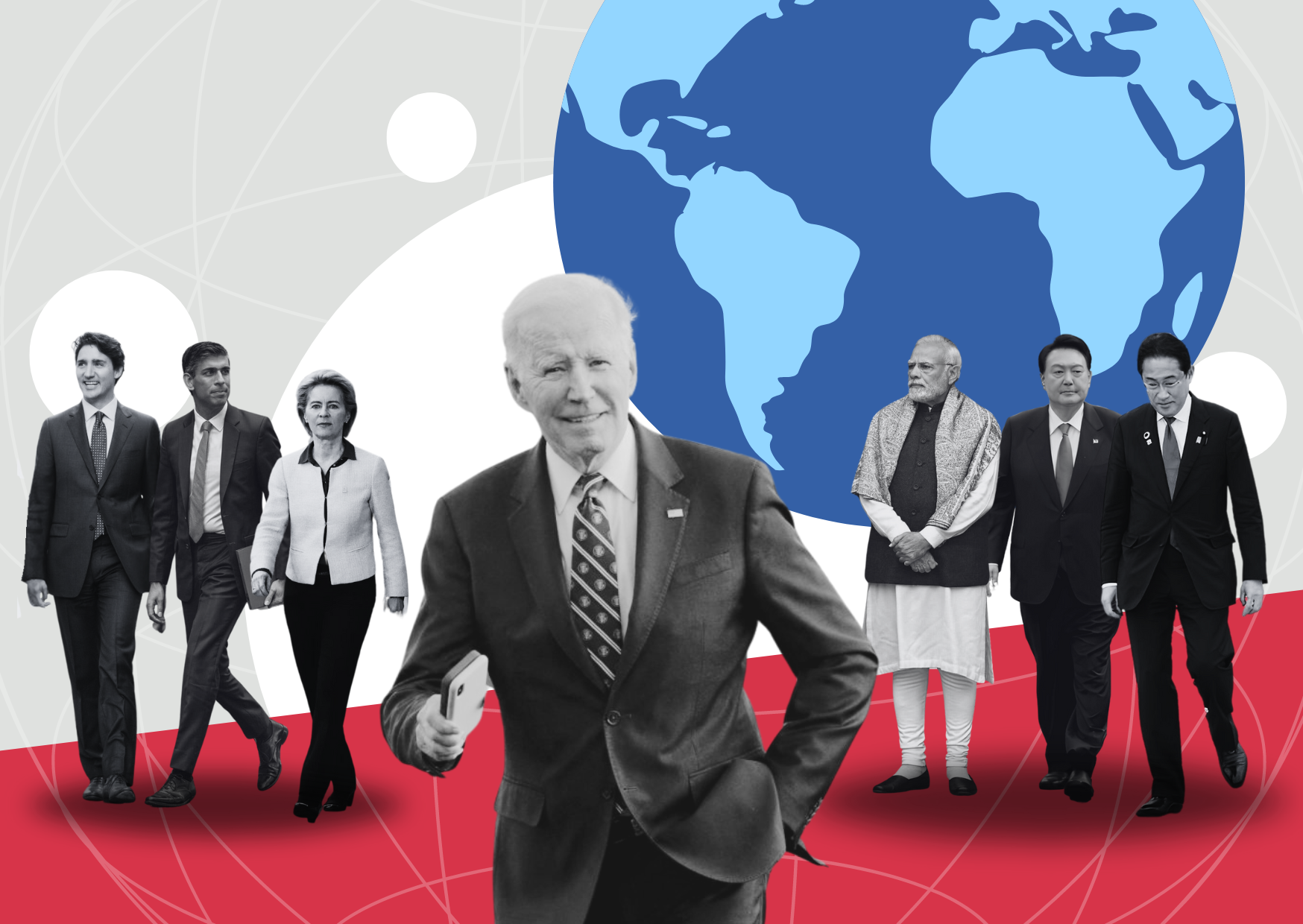
The United States remains the sole global superpower, leveraging strong alliances, effective foreign policy, cultural appeal, and military dominance. Despite China’s economic challenges, it fails to compete in these areas, keeping America firmly in the lead.
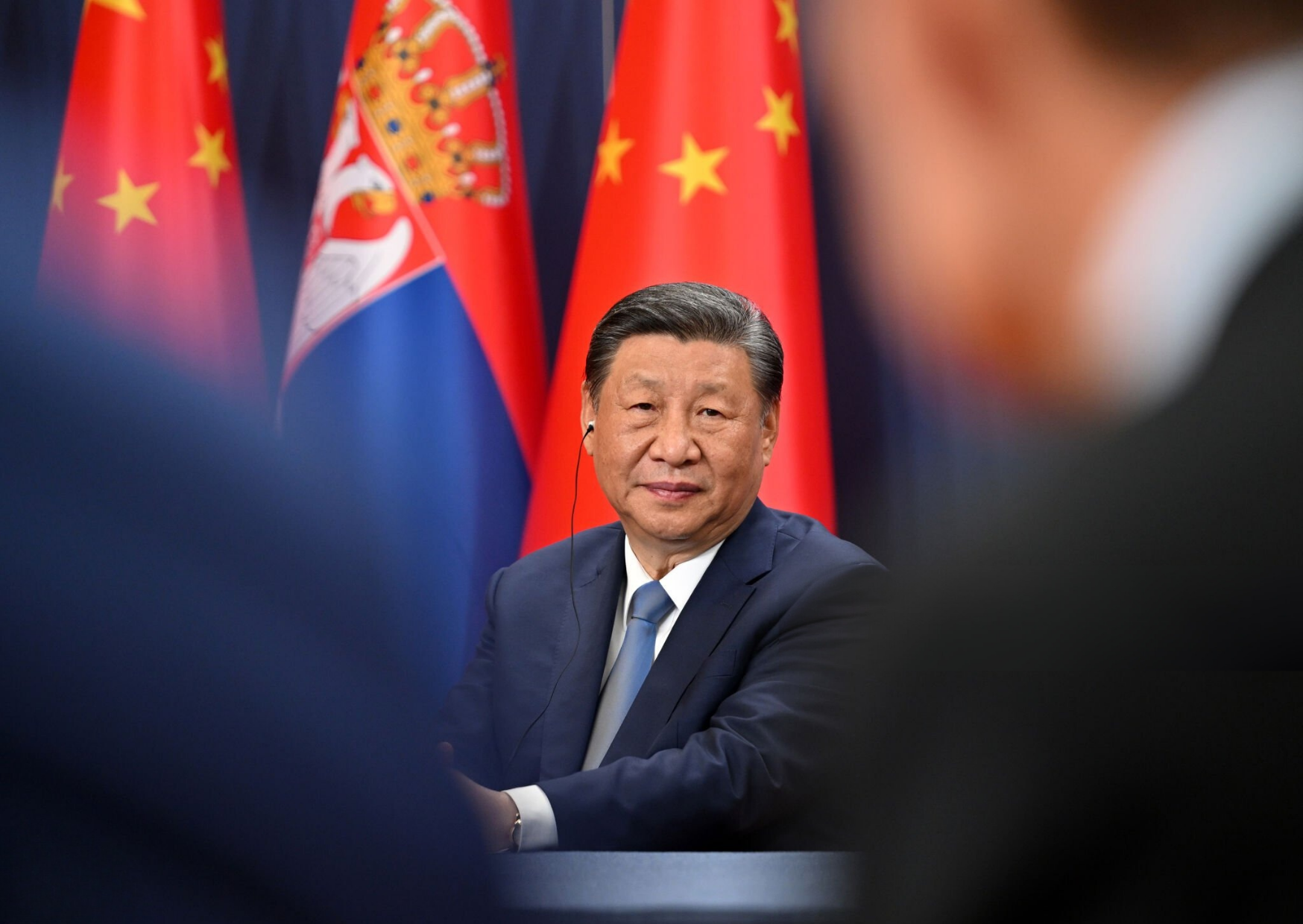
China navigates industrial growth with environmental stewardship under Xi Jinping’s leadership, aiming for carbon neutrality by 2060 amid global climate challenges.
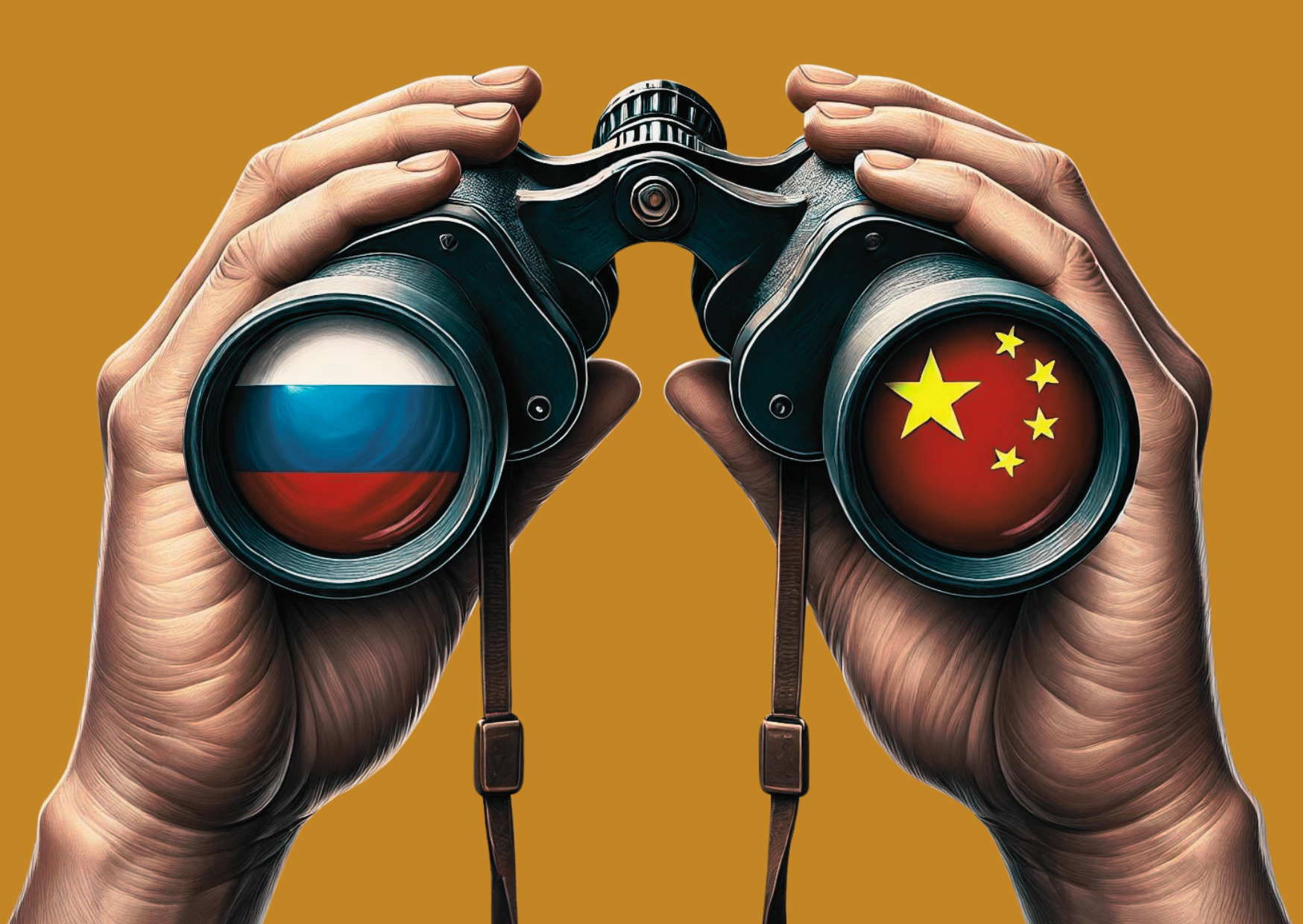
The strengthening alliance between Russia and China is creating a new era of multipolarity. Economic cooperation and strategic moves are challenging US hegemony.
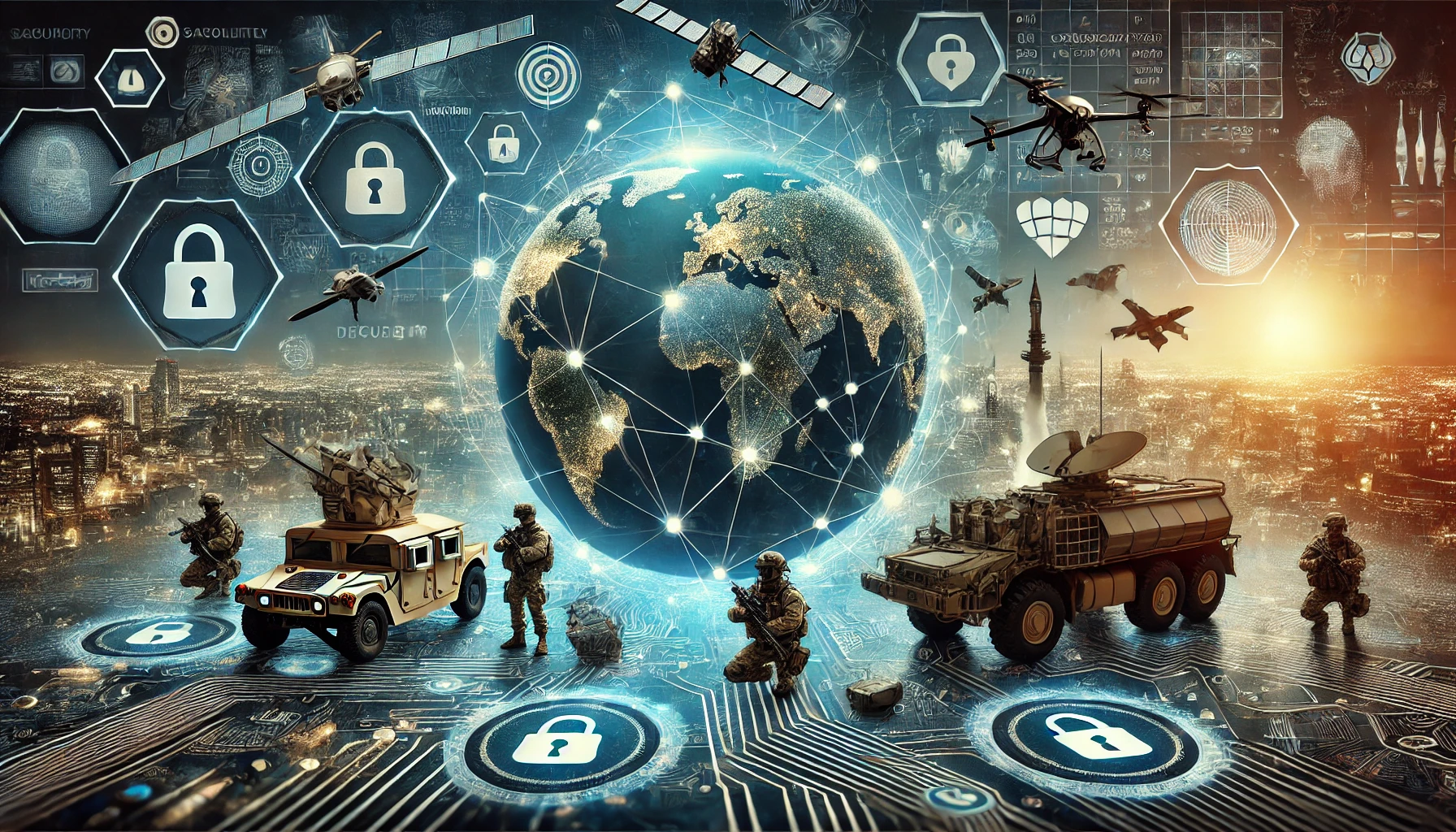
The rise of cyberwarfare has revolutionized global competition, transforming state security and sovereignty threats from physical borders to cyberspace, highlighting the urgent need for robust cybersecurity measures and international cooperation.
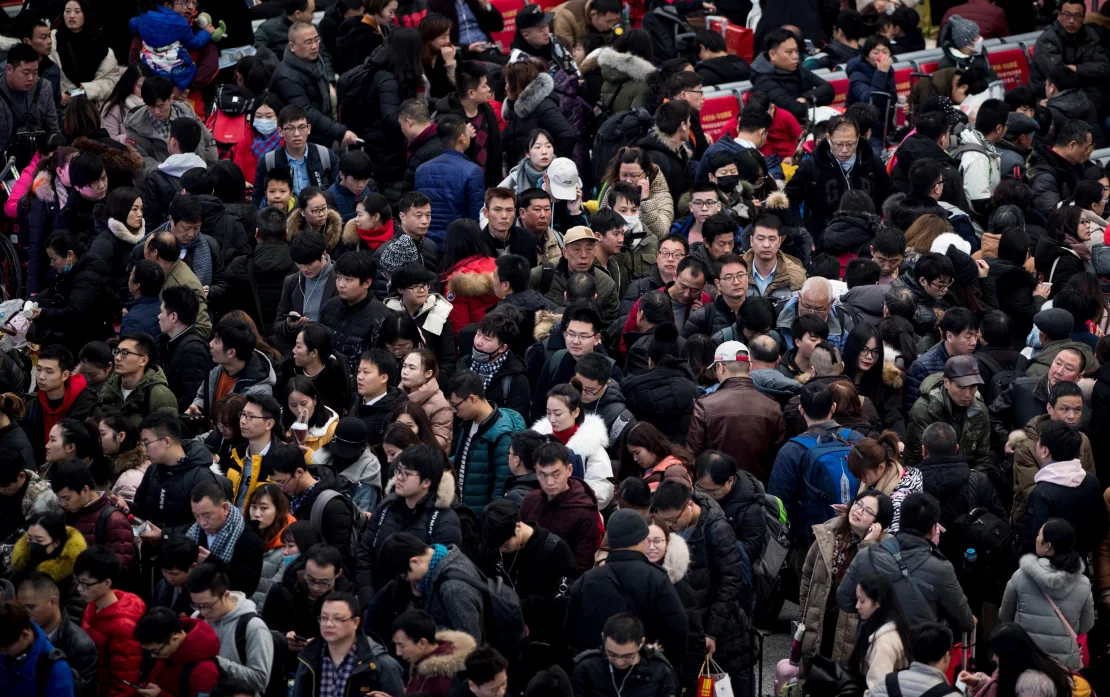
China’s population decline presents significant economic challenges, necessitating strategic adjustments and innovative growth models to sustain development amid a decreasing labor force and aging population.
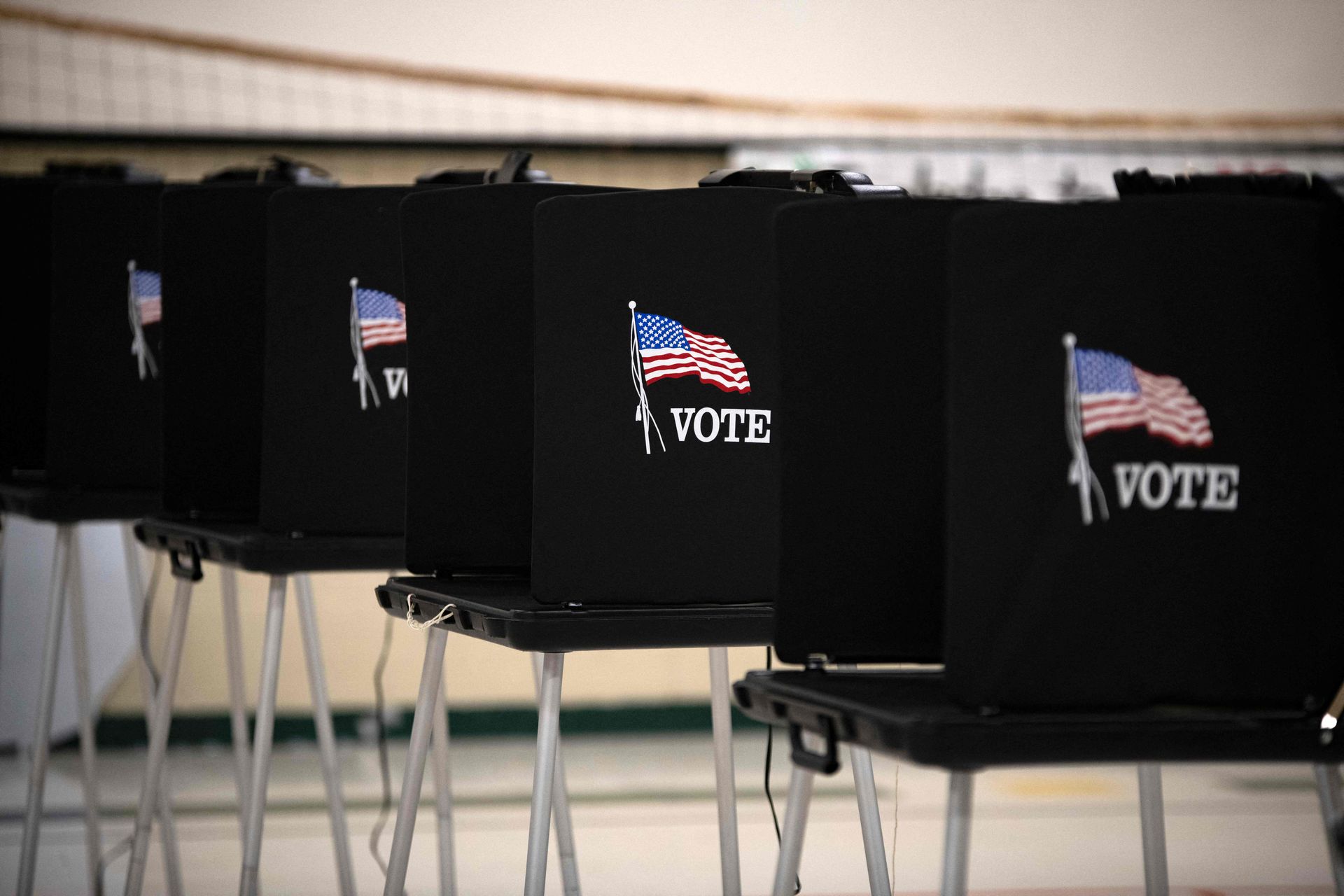
Re-Evaluating the American litmus test when both political parties disagree with voters.
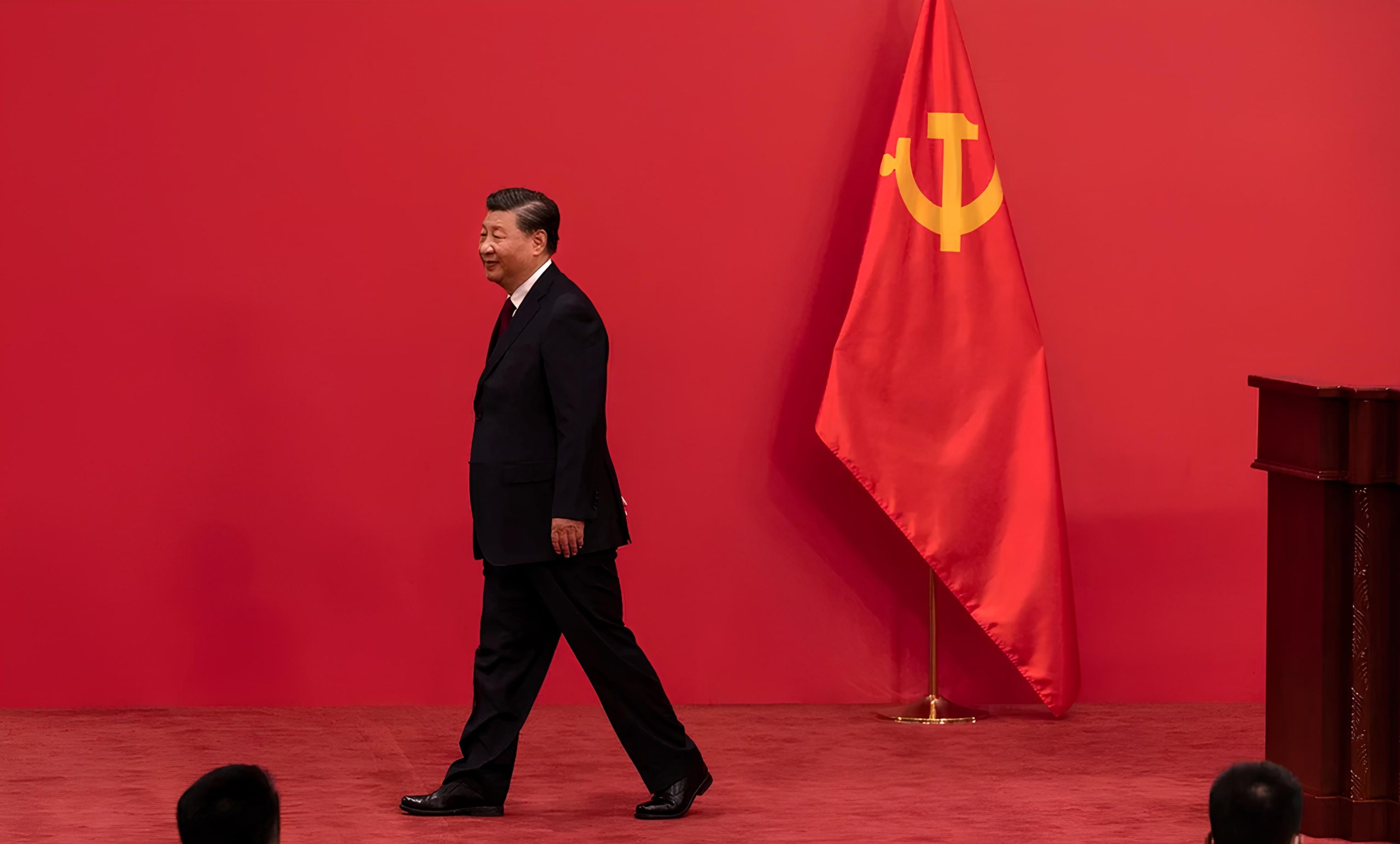
Under Xi Jinping, China has navigated complex challenges and achieved significant growth, redefining its global standing. From Maoist foundations to ambitious projects like the Belt and Road Initiative, Xi’s leadership marks a pivotal chapter in China’s quest for global influence and regional dominance.
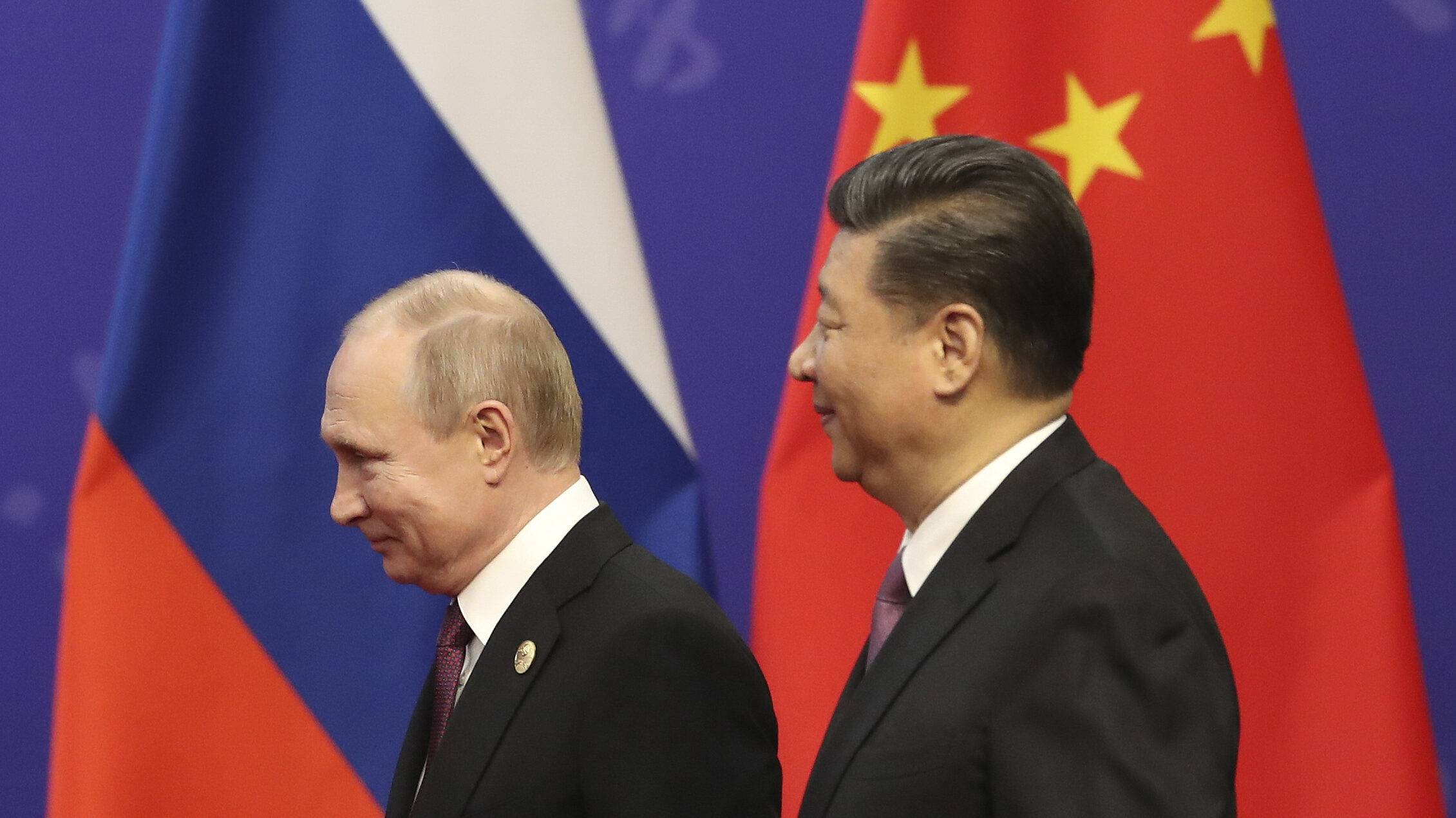
The evolving Sino-Russian relationship is shaped by a blend of strategic cooperation and cautious diplomacy. Historic tensions and modern geopolitical challenges, such as the Ukraine conflict and Taiwan issue, compel both nations to navigate a complex landscape of mutual economic reliance and guarded foreign policies.
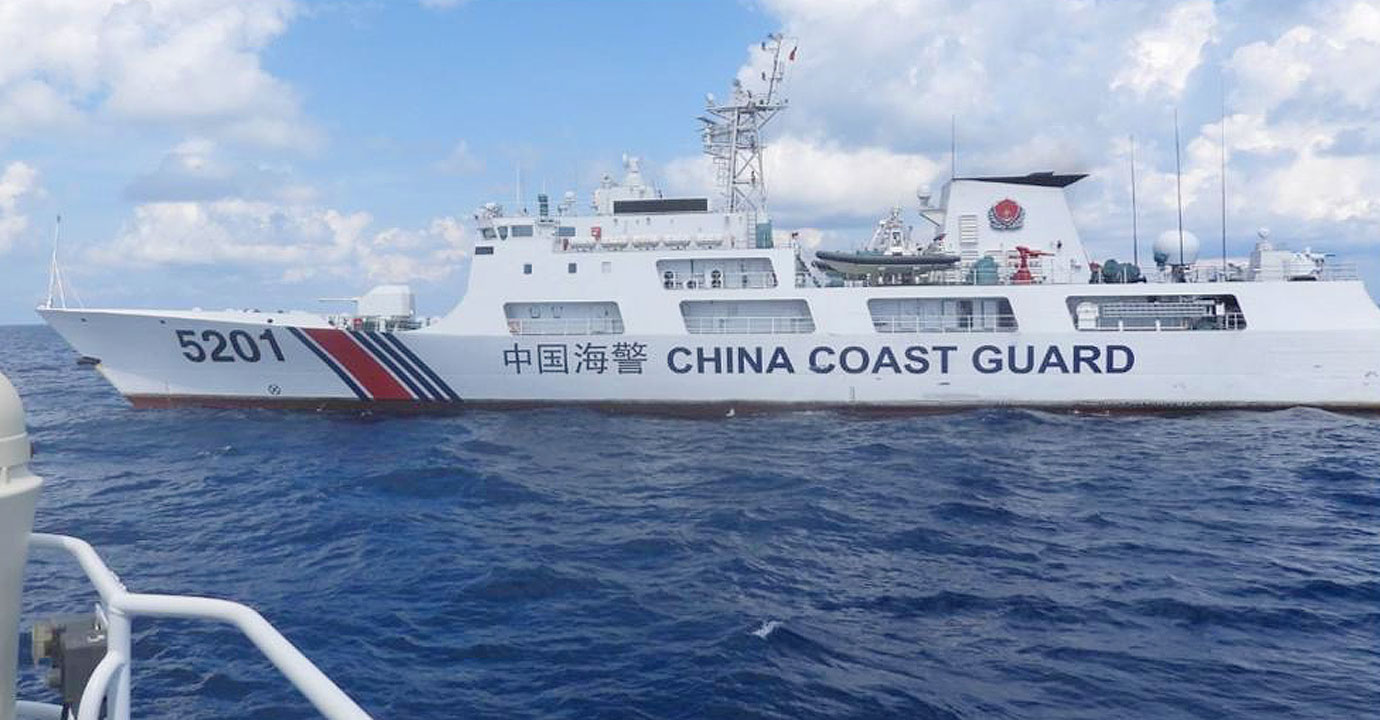
Philippine Coast Guard monitors China’s activities at Sabina Shoal amid rising tensions in the South China Sea. Allegations of unauthorized land reclamation and coral destruction prompt scrutiny, intensifying regional disputes over territorial claims.

Syria bids farewell to Rifaat al-Assad and Issam al-Attar, two figures who left a lasting mark on the country’s history.

The evolution of the EU, its golden era, bandwagoning with the US, and the dilemma of declining credibility.
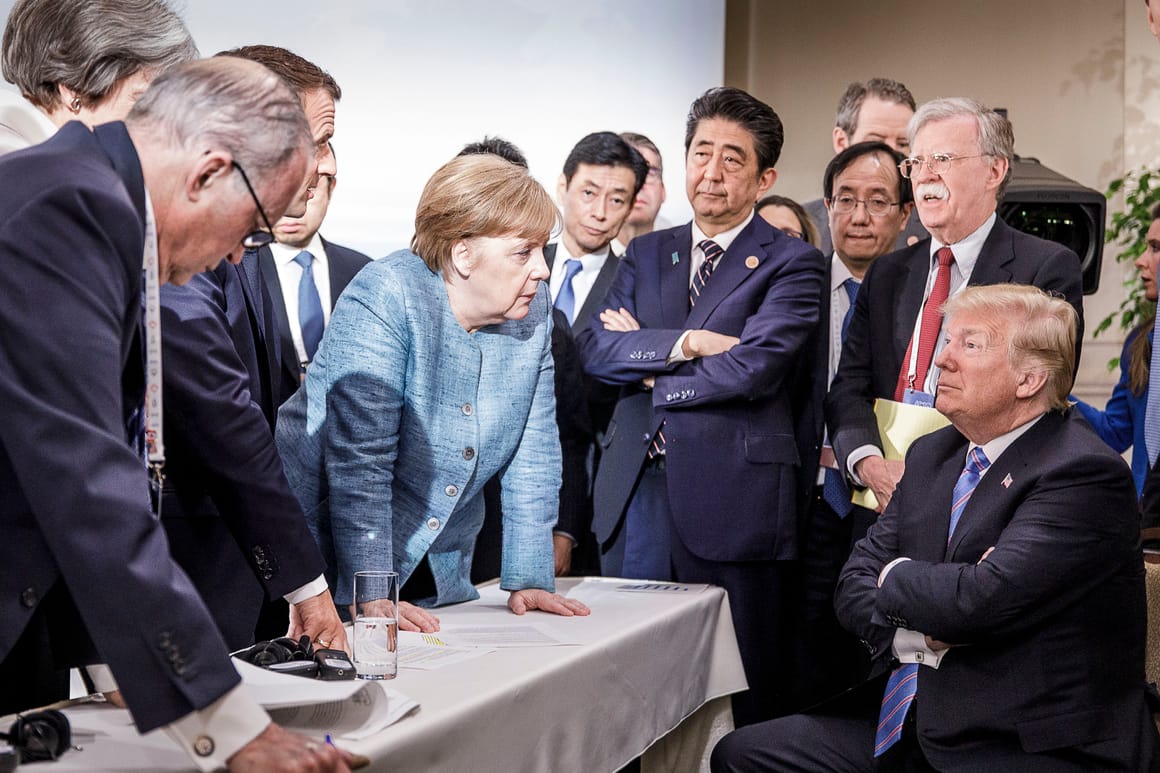
During Trump’s presidency, US-EU relations deteriorated due to tariffs, climate policy divergence, and skepticism about NATO. With the 2024 election approaching, the EU braces for potential shifts in the transatlantic relationship.
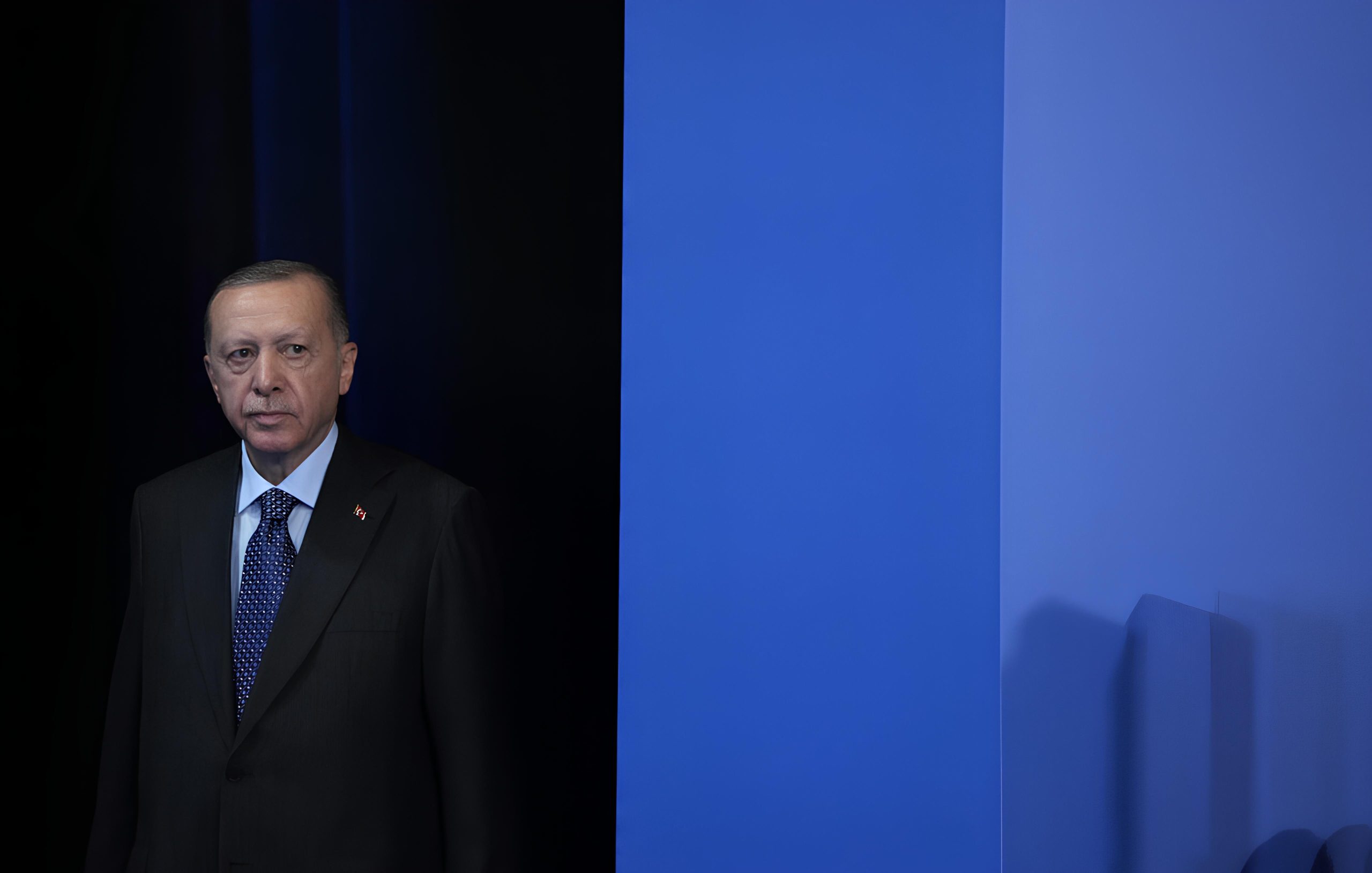
Turkish President Erdogan’s prolonged tenure is attributed to his adeptness at forming political alliances and shaping Turkey’s domestic and foreign policies. Alas, his leadership has been criticized for undemocratic practices, including suppressing dissent and straining relations with the West.

H.W. Brands’ article delves into Walter Russell Mead’s “Four Schoolmasters” framework, where Hamiltonian, Jeffersonian, Jacksonian, and Wilsonian ideals shape U.S. foreign policy.

Liberal Peacebuilding, once hailed as a beacon of post-conflict reconstruction, faces scrutiny due to inconsistent outcomes. Despite challenges, reforming its approach through local ownership and accountability can enhance its efficacy in promoting peace and stability.
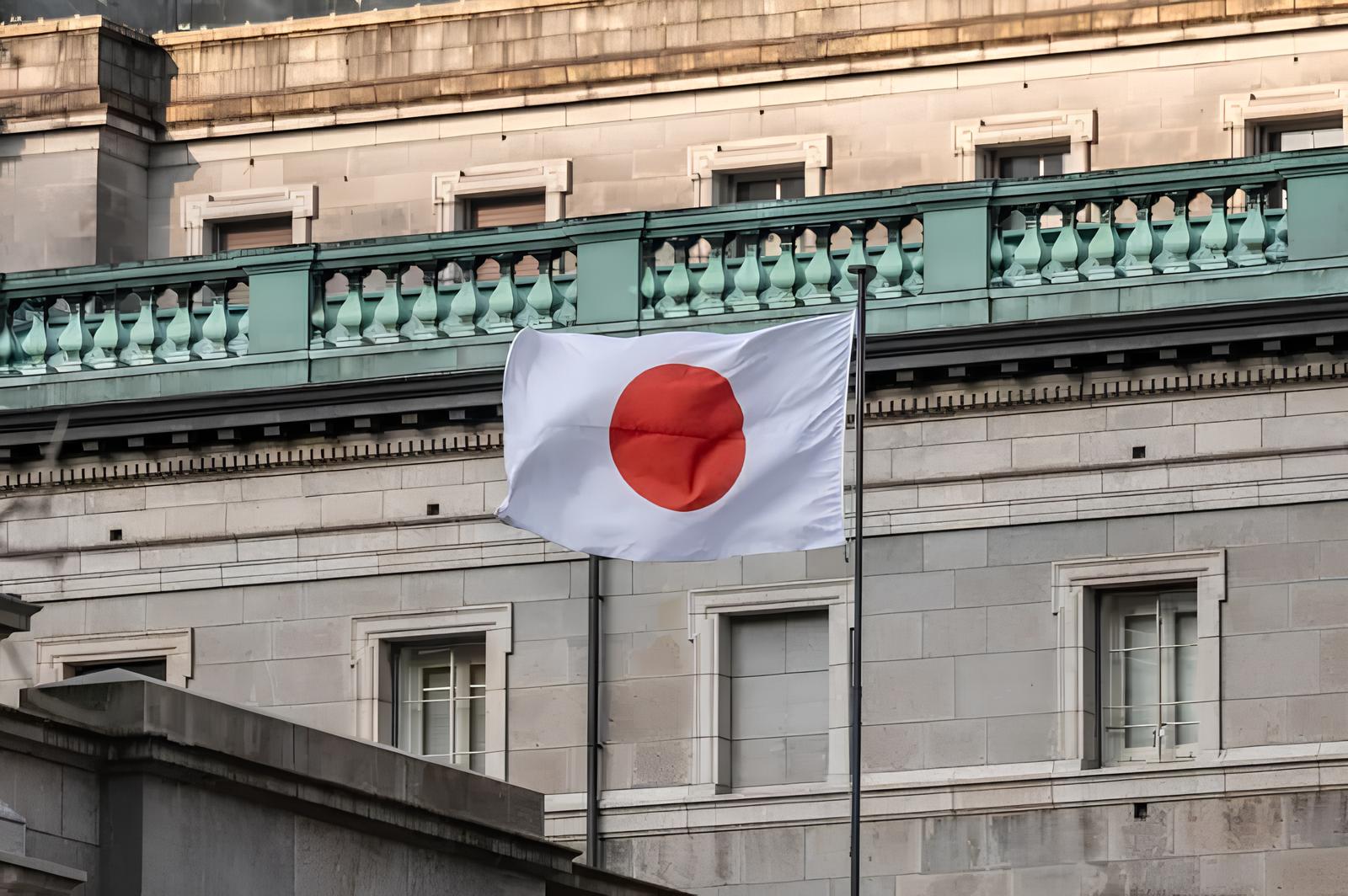
In the face of both regional and geopolitical challenges, Japan has shifted towards a more activist and security-oriented foreign policy—and adopted values-based language to justify this shift.
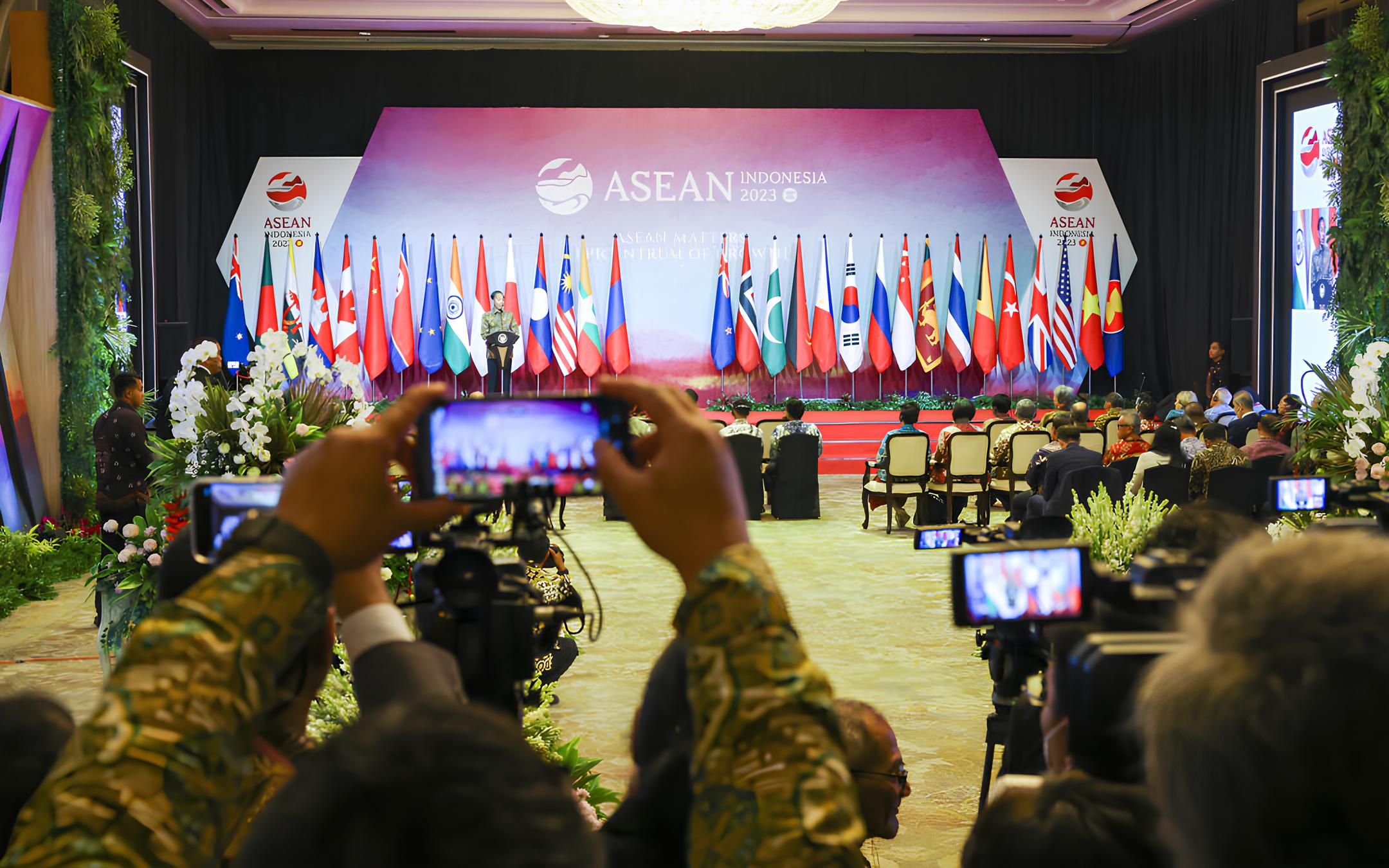
In the face of ongoing human rights violations in ASEAN, AICHR’s effectiveness is faltering. A strong roadmap for change is needed. Can AICHR gain the authority and legitimacy to address these issues?
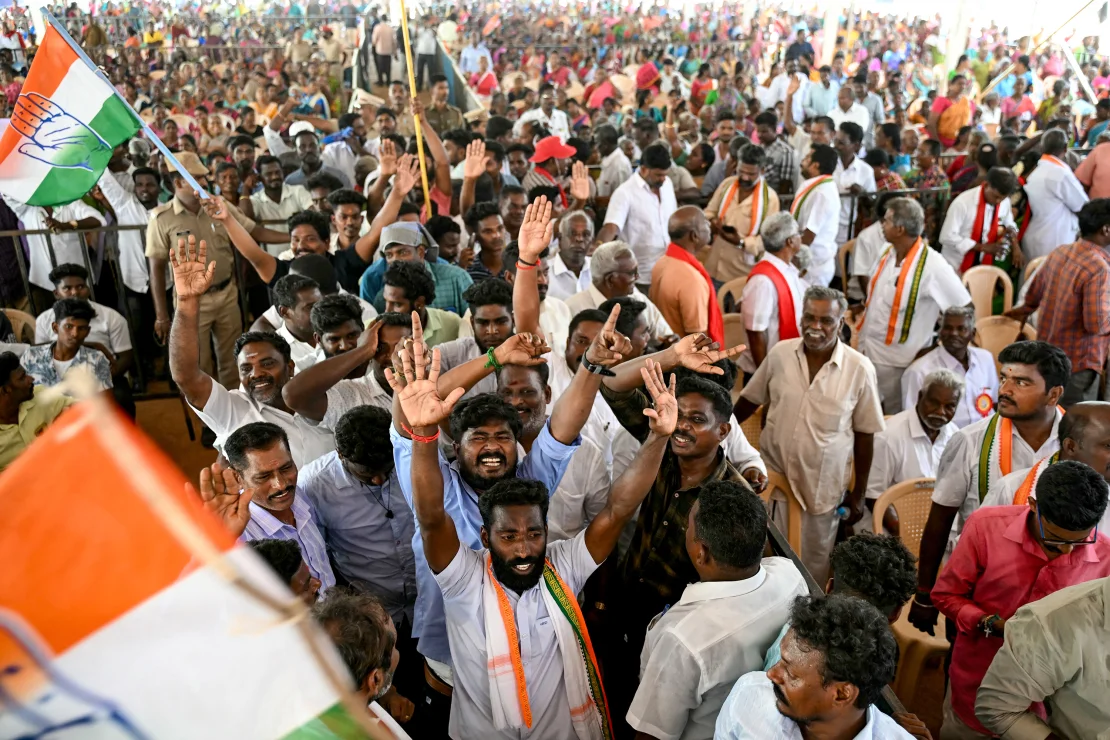
In the heart of India’s electoral fervor, whispers of hope mingle with echoes of concern, as citizens brace for a pivotal moment in their nation’s history.
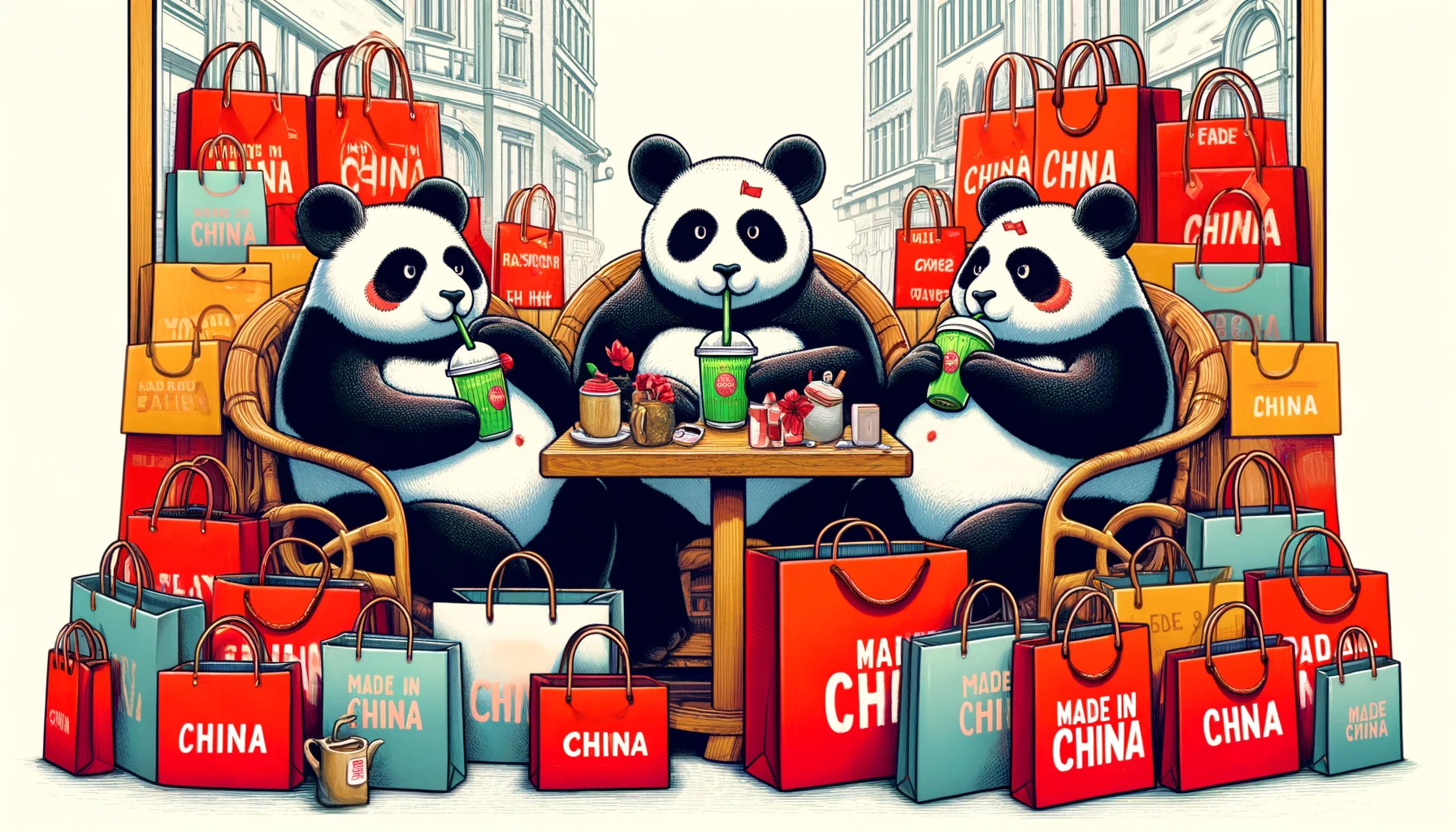
Uncover the strategic role of panda diplomacy in global politics, where China employs its cherished pandas as ambassadors of goodwill, enhancing diplomatic relationships and extending its soft power influence across the world.
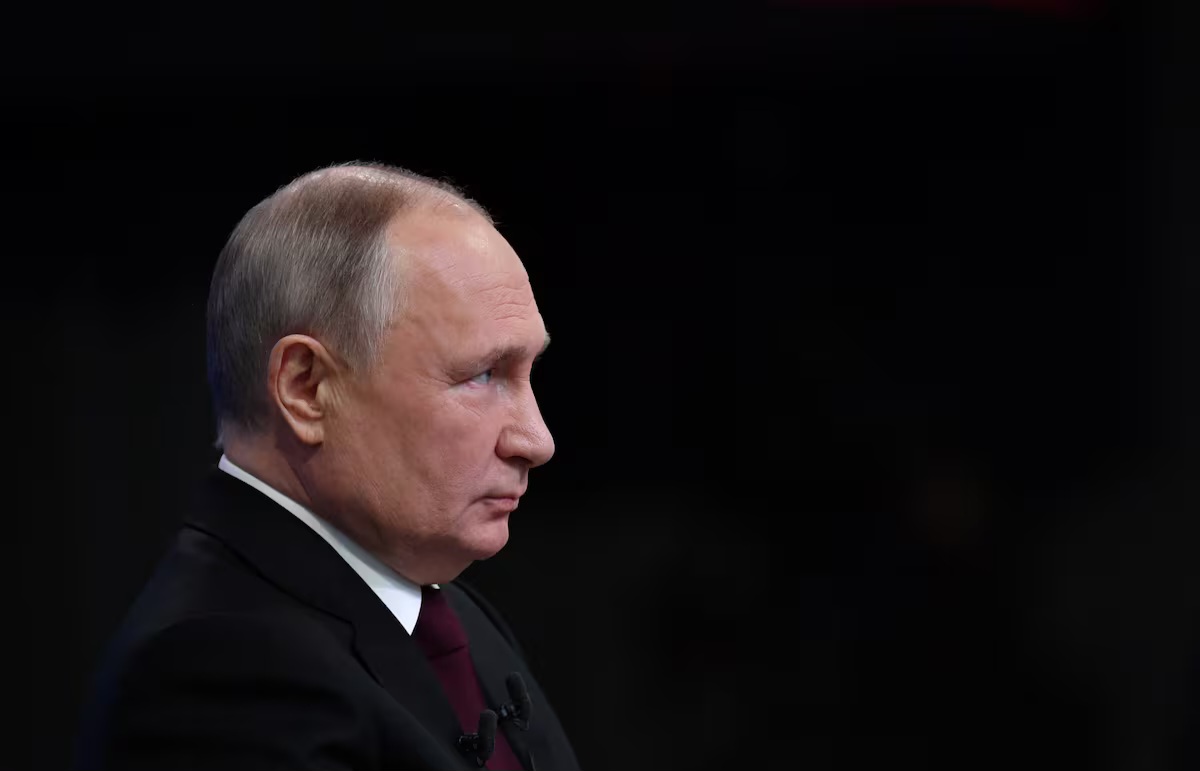
Putin faces triple threats: re-election, a deadly terrorist attack, and mounting opposition at home, testing his regime’s survival amidst international pressures.
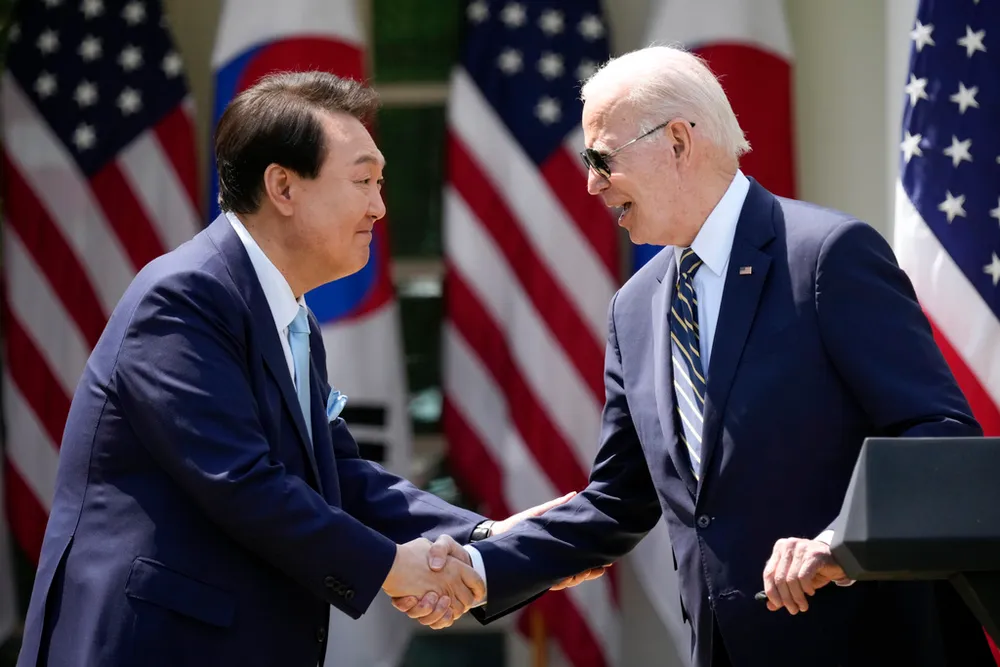
The US and South Korea strengthen their alliance and regional security through the Washington Declaration, aiming to bolster cooperation against nuclear threats and deepen strategic partnerships.

During a crucial state visit in Washington D.C., President Biden and Prime Minister Kishida of Japan discuss military, AI, and educational partnerships, reinforcing the robust U.S.-Japan alliance.
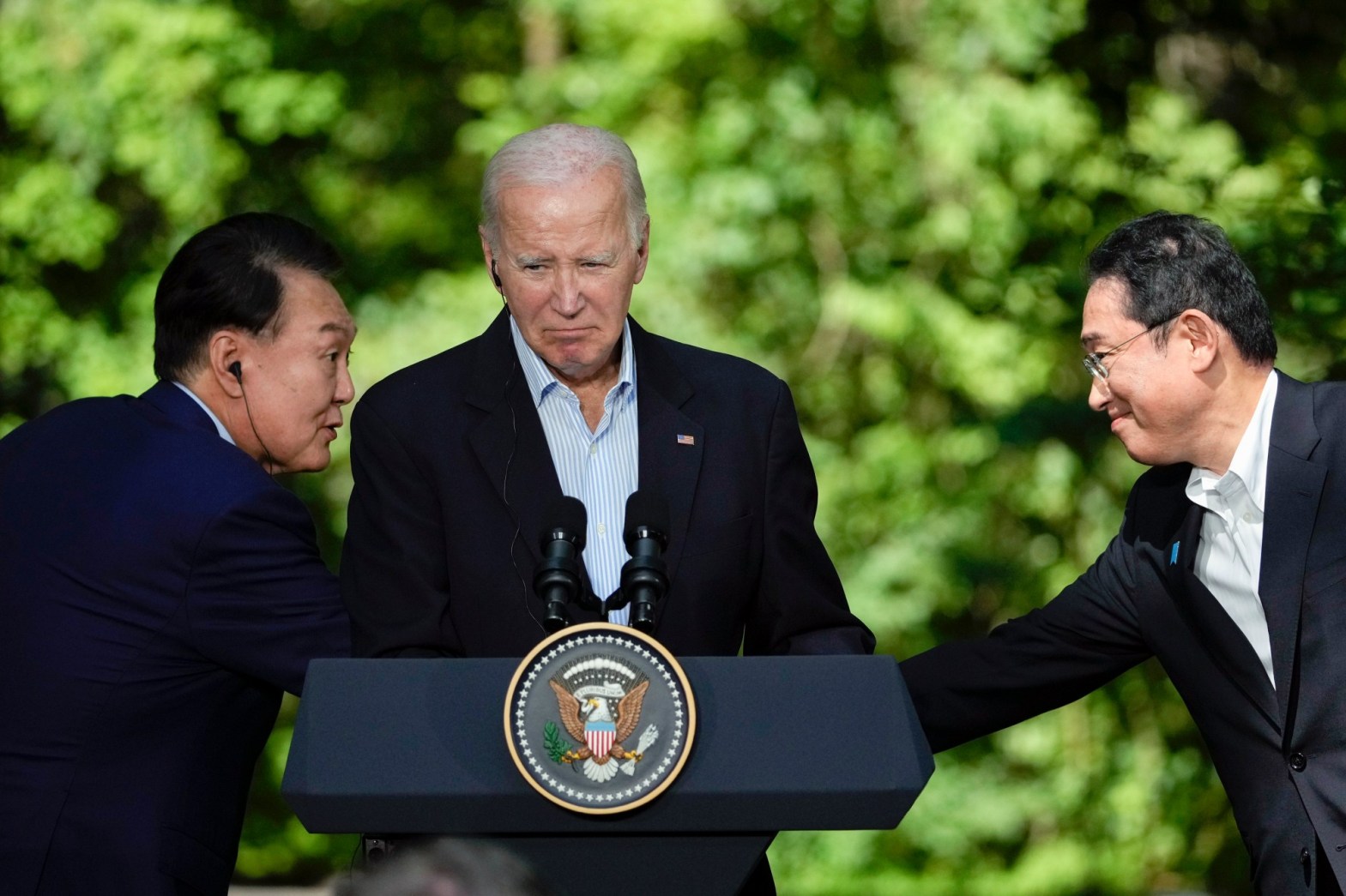
The joint military exercises by the US, Japan, and South Korea in the South China Sea highlight rising tensions and underscore the importance of strategic alliances, shaping international balances and security policies.
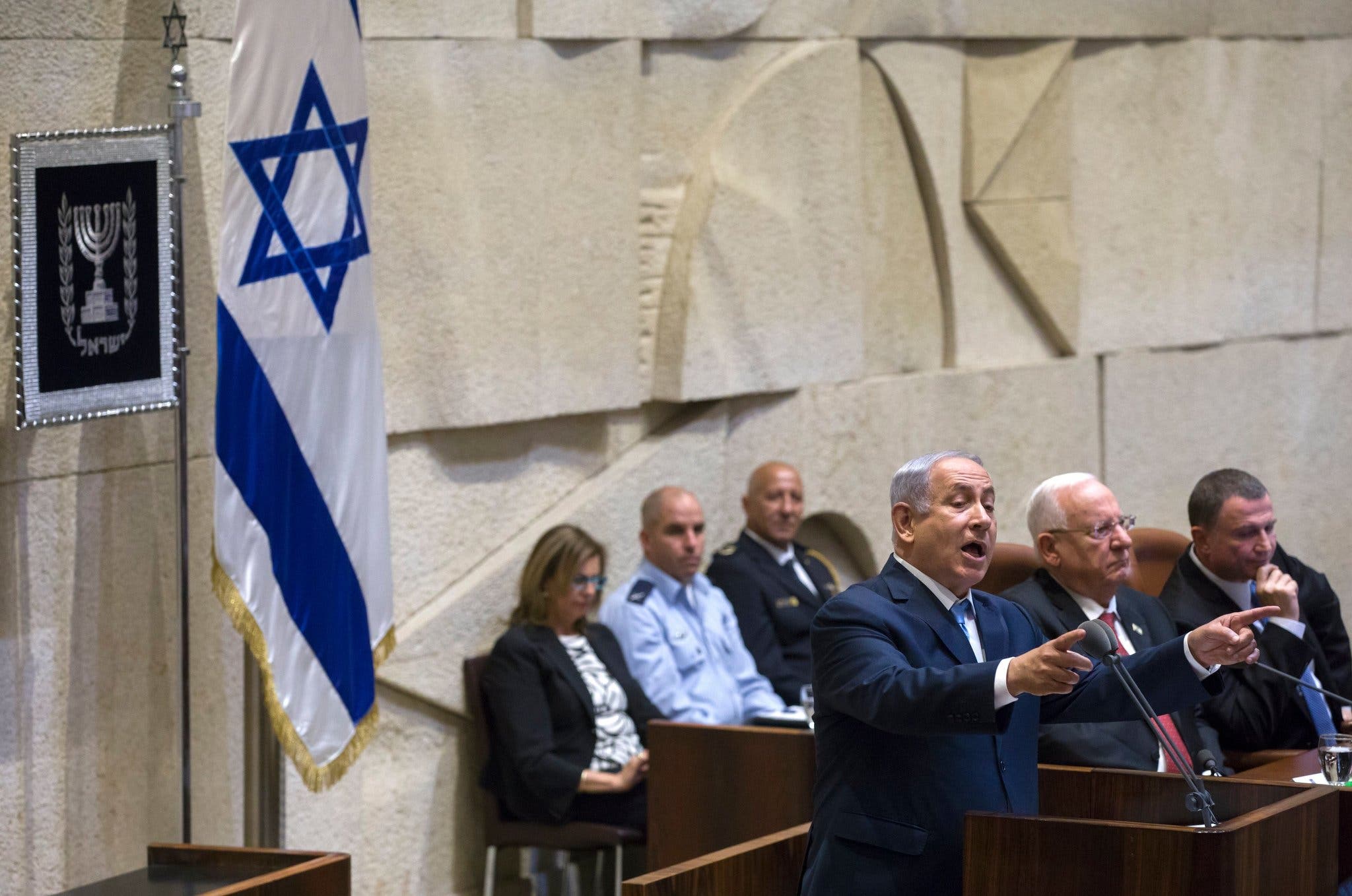
Israeli diplomats navigate a spectrum of strategies, from Erdan’s confrontational stance to Ezra’s nuanced pragmatism, amid heightened global scrutiny and internal political divisions.
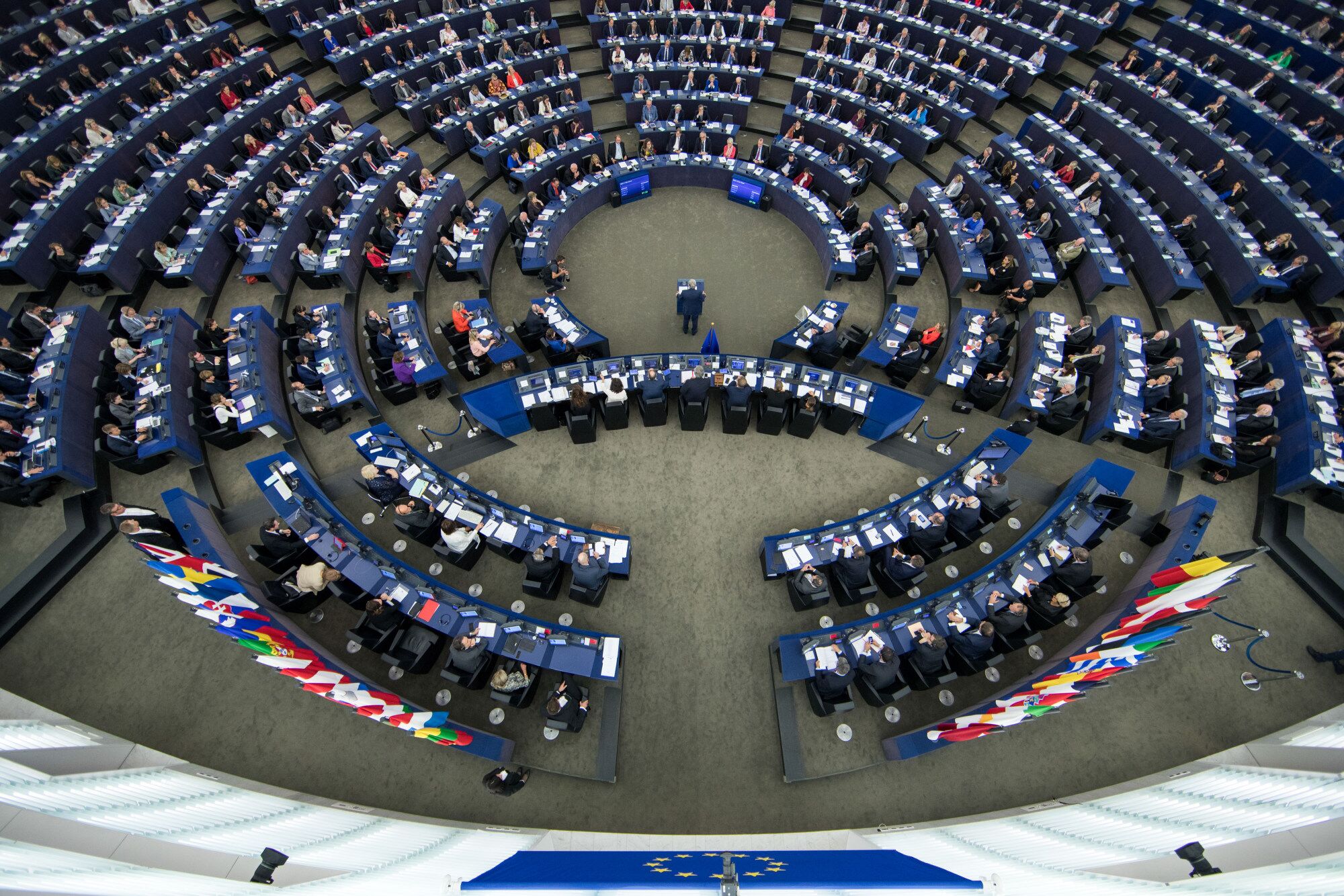
In the shadow of the Russo-Ukrainian war, Europe confronts falling inflation, escalating NATO support for Ukraine, widespread farmer protests, and rising political tensions ahead of elections.
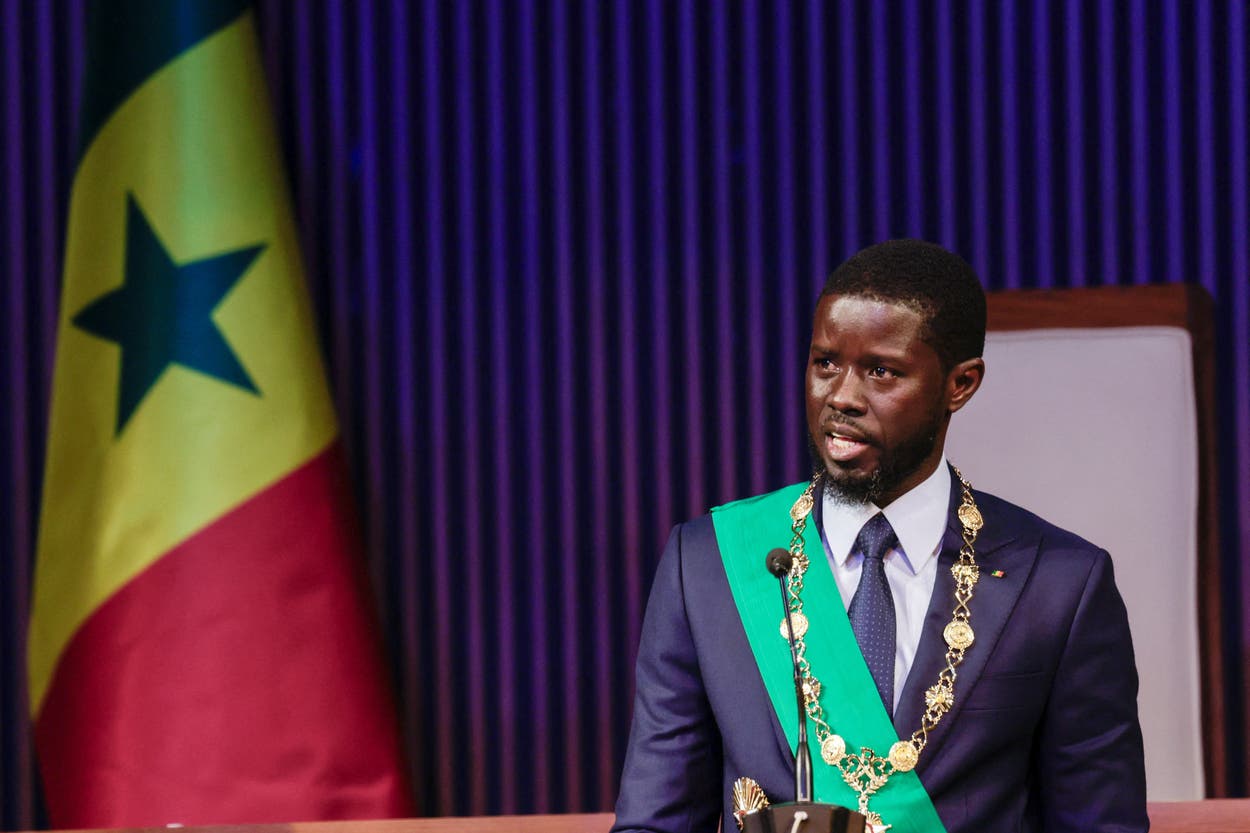
Bassirou Diomaye Faye, 44, triumphs in Senegal’s elections, promising transformative economic reforms and renewed sovereignty after a landmark victory post-prison.
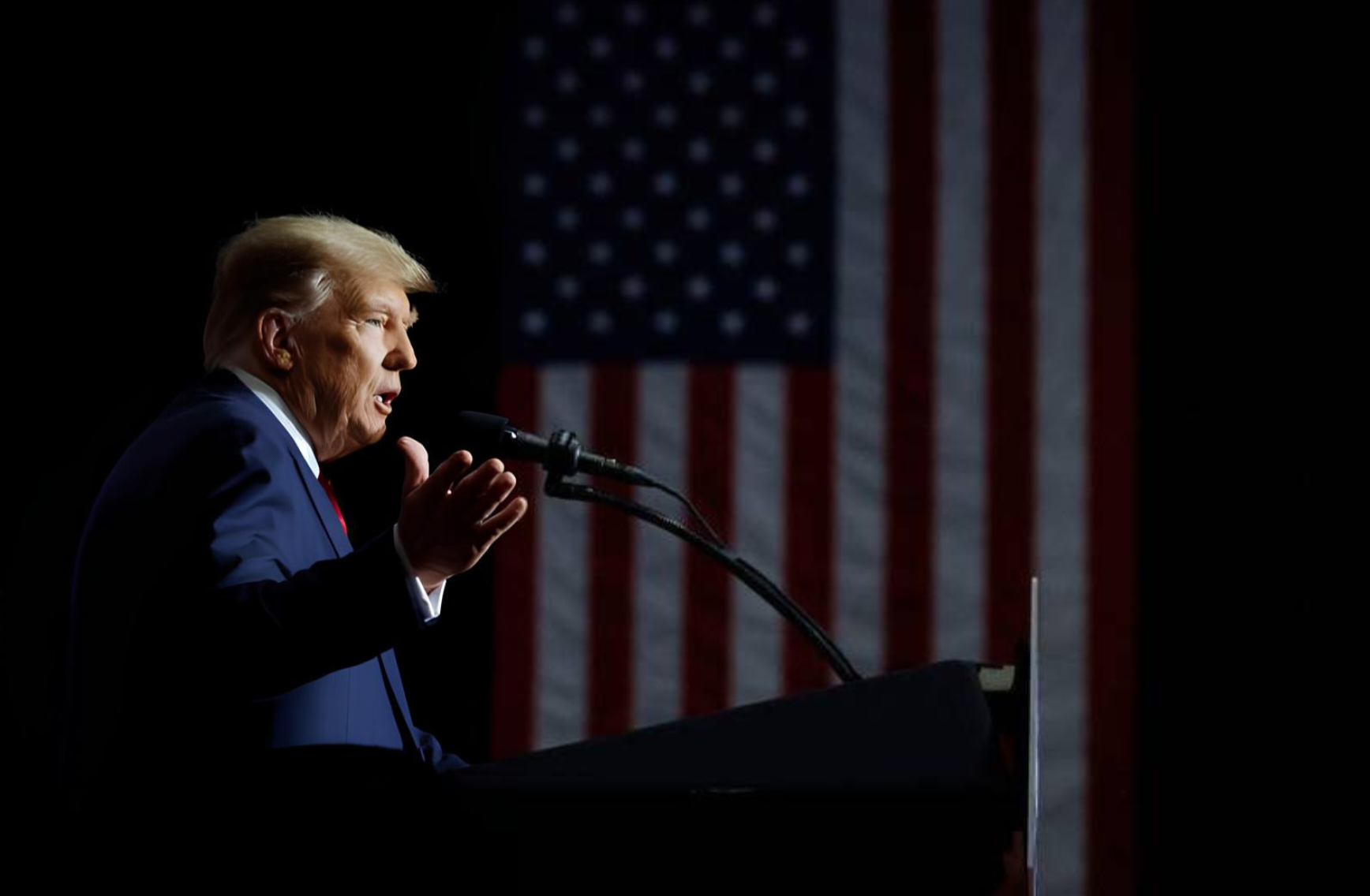
Here’s why Trump should not give up constructive engagement and inclusivity while pursuing peace through strength.
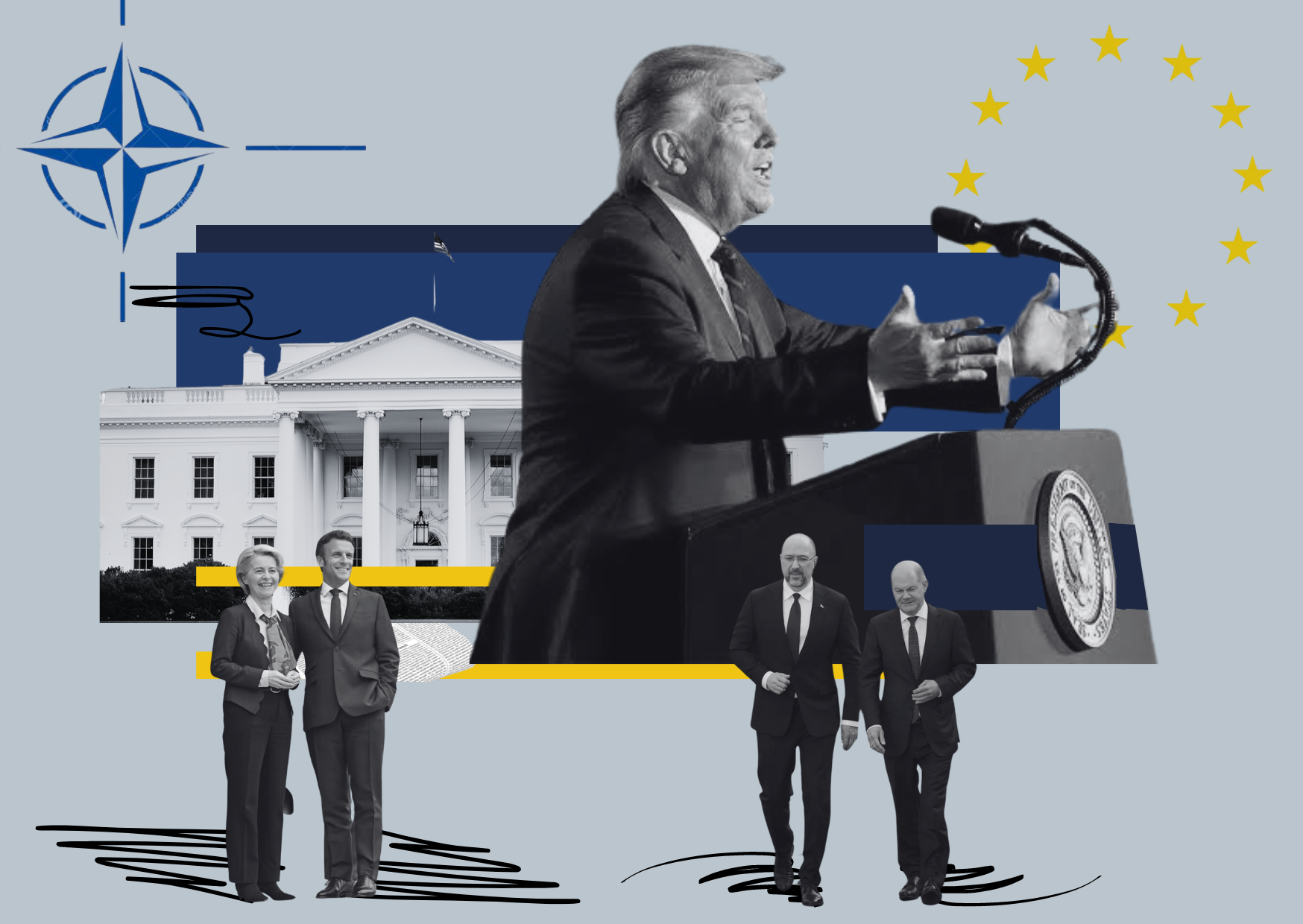
European Union has been increasing its defence efforts amid Russian aggression in Ukraine. It seems more of a strengthening of European pillar of NATO rather than threatening US through “supranational European army”. EU and NATO play complementary role in European security structure, so they do not aim replacing each other.

Dive into the tale of South Africa’s journey from the inspiring inauguration of the ‘Rainbow Nation’ under Mandela’s leadership to the current trials of an ‘Embattled’ state, examining the interplay of dreams, disillusionment, and the ongoing struggle for a brighter future.
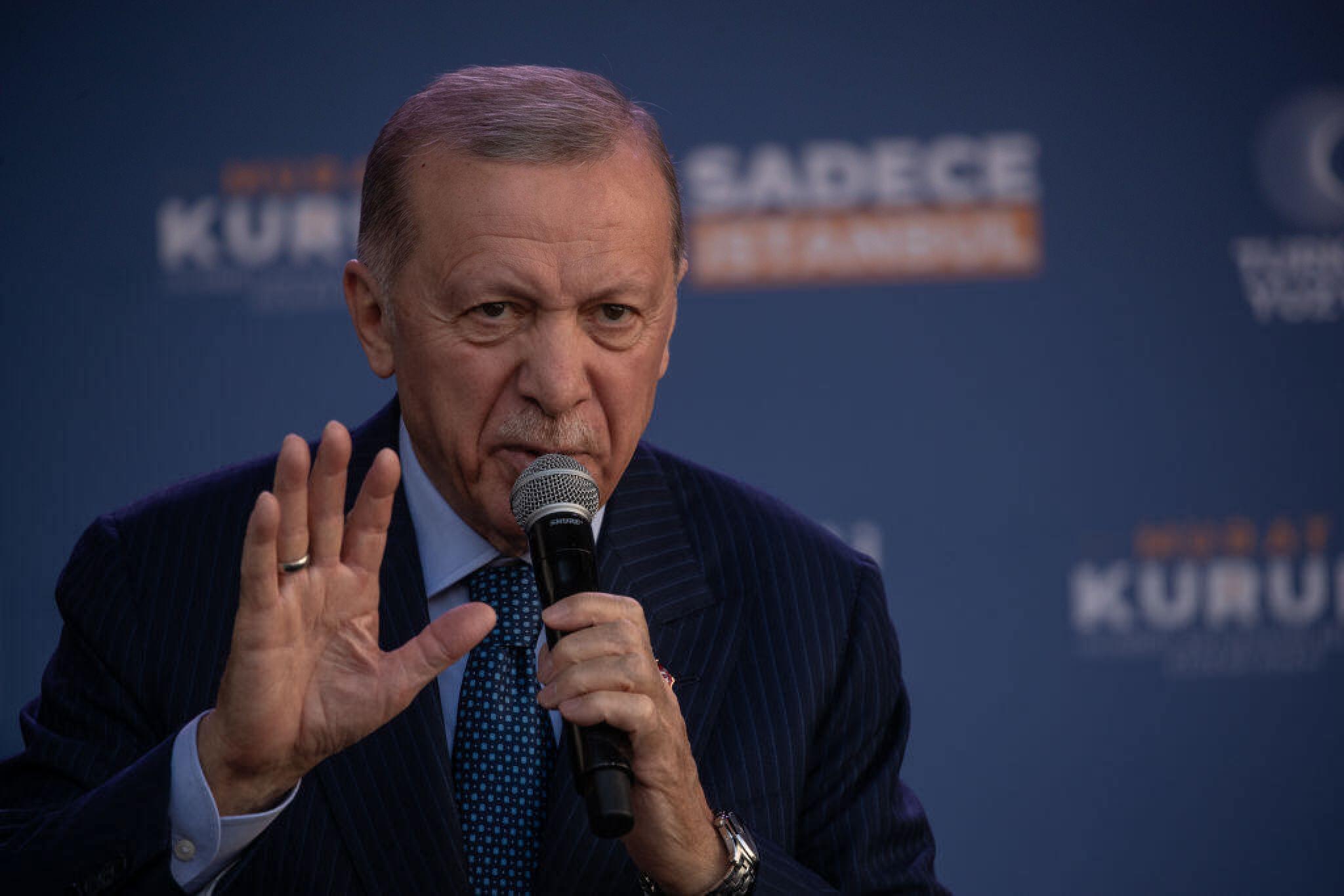
The opposition’s metropolitan victories in Türkiye’s local elections are reshaping the political balances. History was made in Istanbul and Ankara.
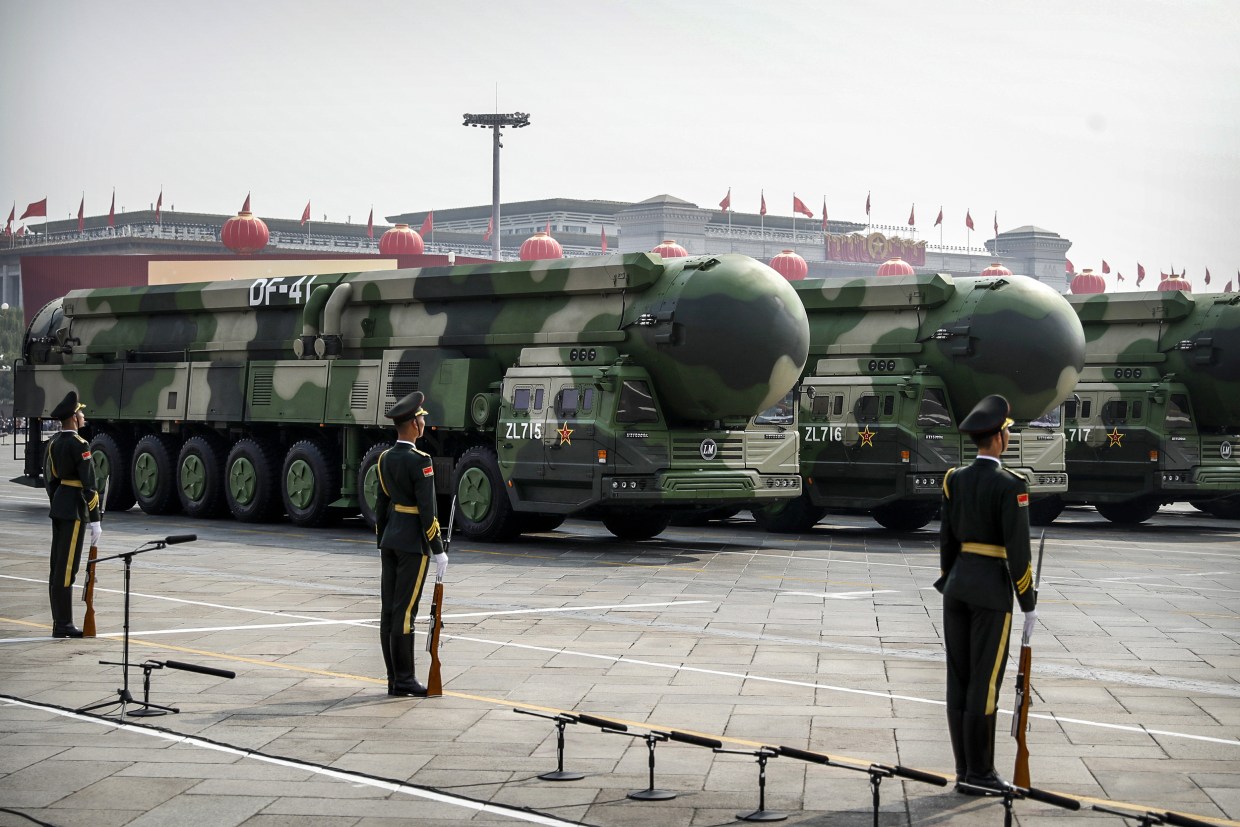
China’s rapid expansion into nuclear power raises questions between the allure of clean energy and the shadows of past disasters.
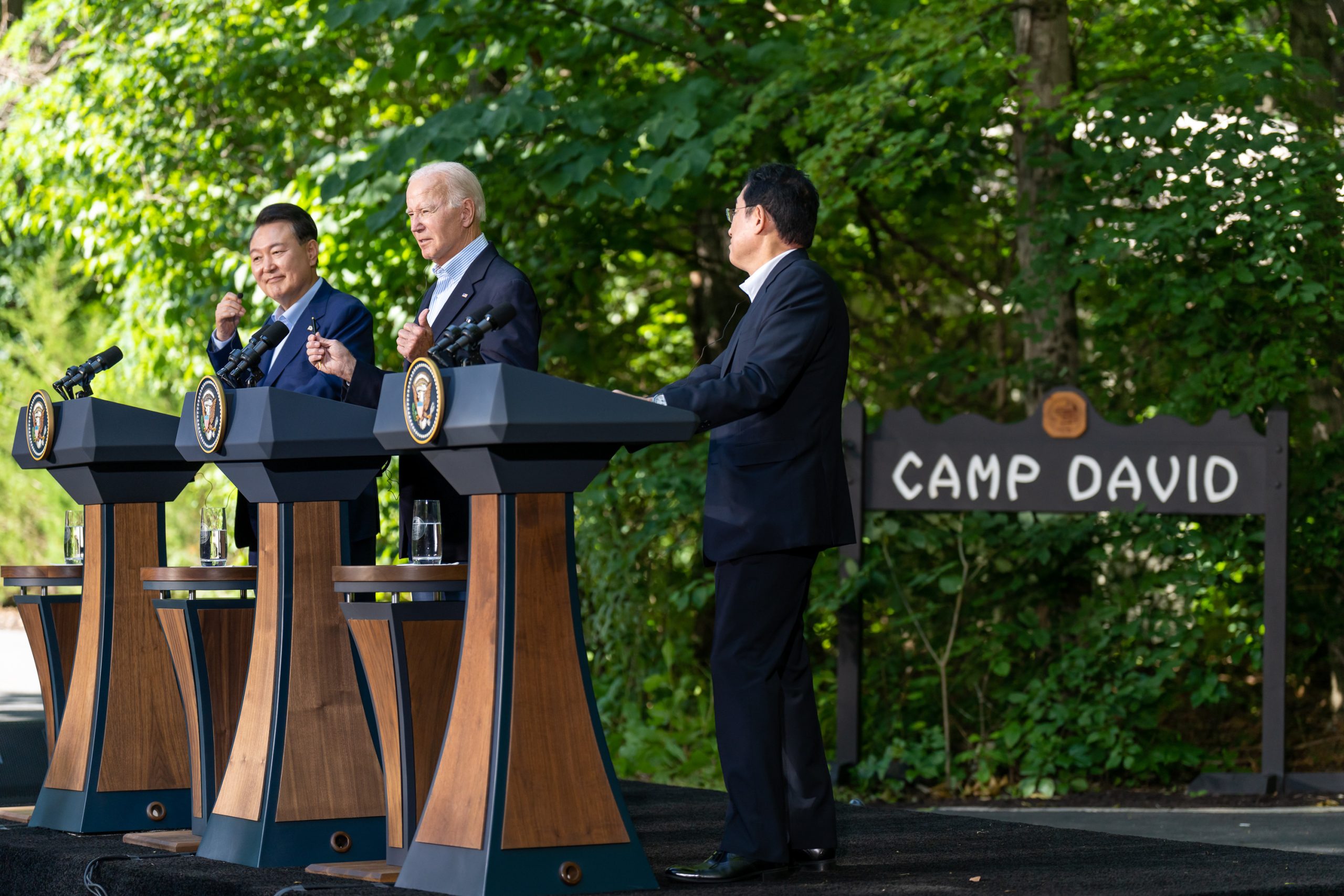
The trilateral cooperation of ROK-US-Japan accelerated following the Camp David Summit, trying to underscore its roles for a rule-based, free, and open Indo-Pacific. It continues to expand institutionalized cooperation in various areas to respond to nontraditional security issues, portraying a huge potential for regional stability.
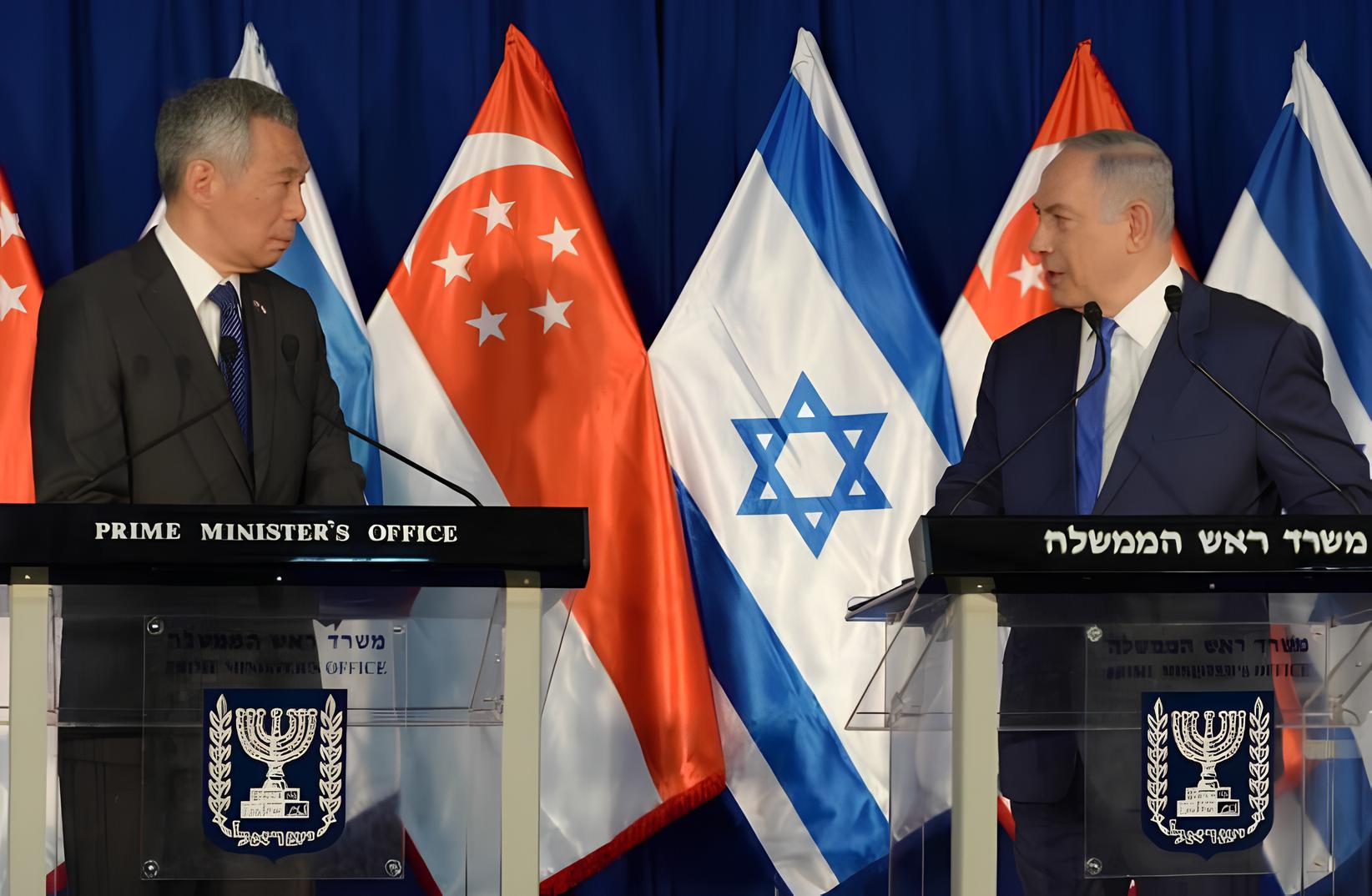
Israeli embassies face backlash for controversial social media posts and rhetoric, igniting diplomatic tensions with Singapore and Belgium.

William Lai’s election as Taiwan’s President will further stoke tensions with China, but a full-blown military conflict remains unlikely, for now.

“By this treaty, we are not only seeking to establish freedom from aggression and from the use of force in the North Atlantic community, but we are also actively striving to promote and preserve peace throughout the world.
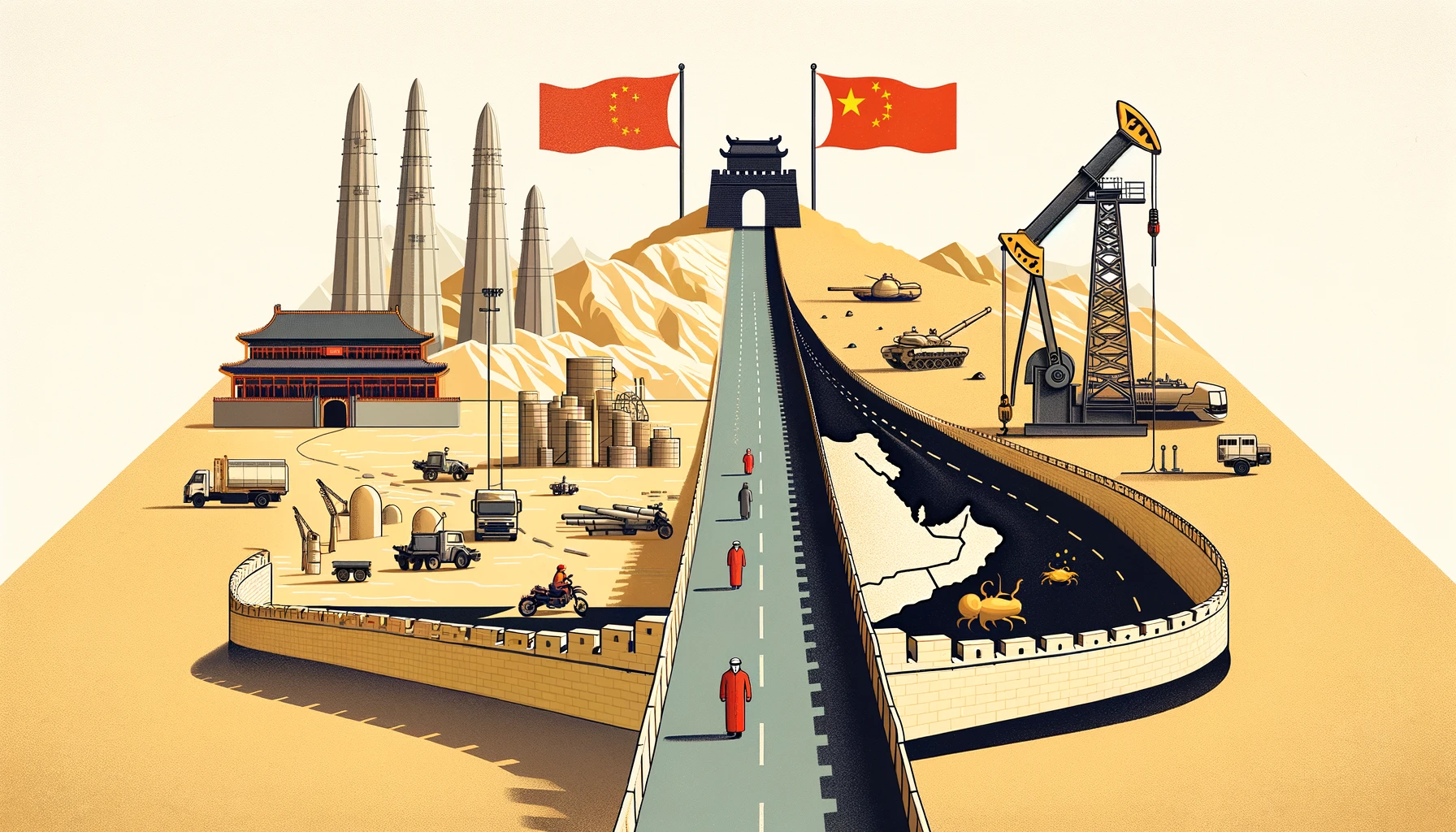
China’s Belt and Road Initiative enhances its economic investments and diplomatic efforts in the Middle East, reshaping regional balances and signaling the East’s rise in global power dynamics, marking the start of a new era in international relations.
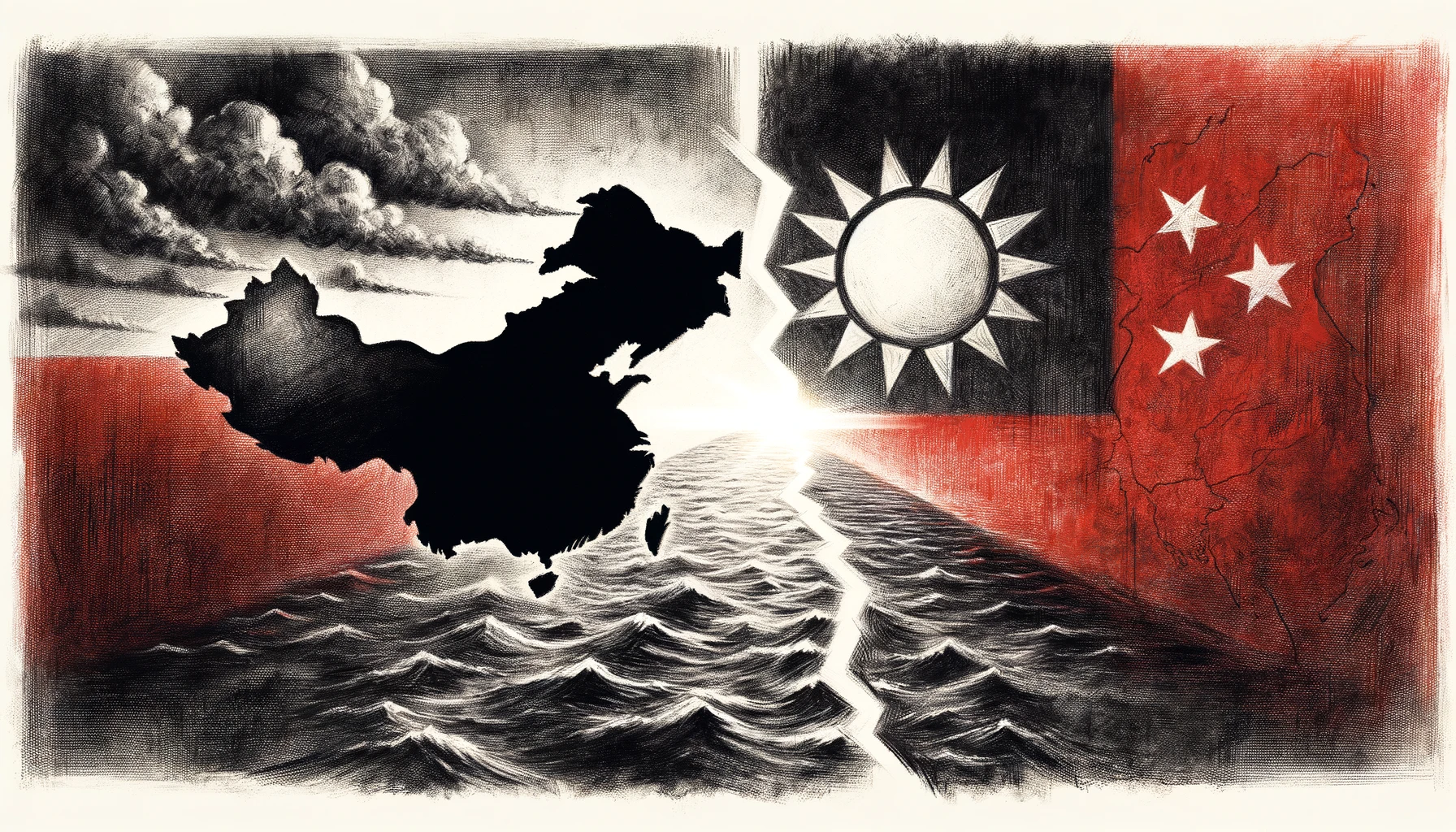
The latest incident in the Taiwan Strait illuminates the complex history of the region and the roots of ongoing tension between the two sides.
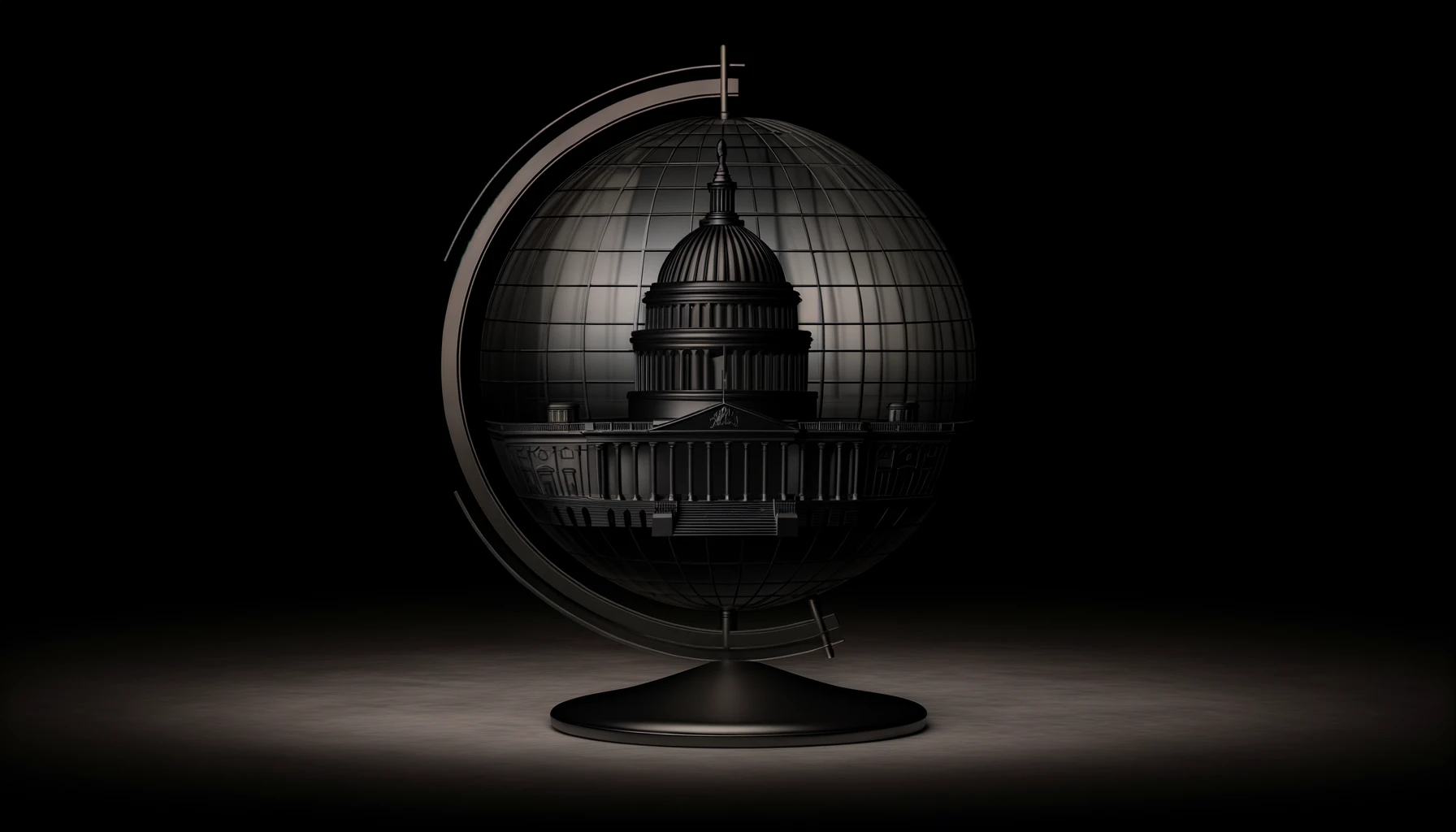
As we stand at the crossroads of history, witnessing the gradual decline of American hegemony, the emergence of a multipolar world order unfolds before our eyes.
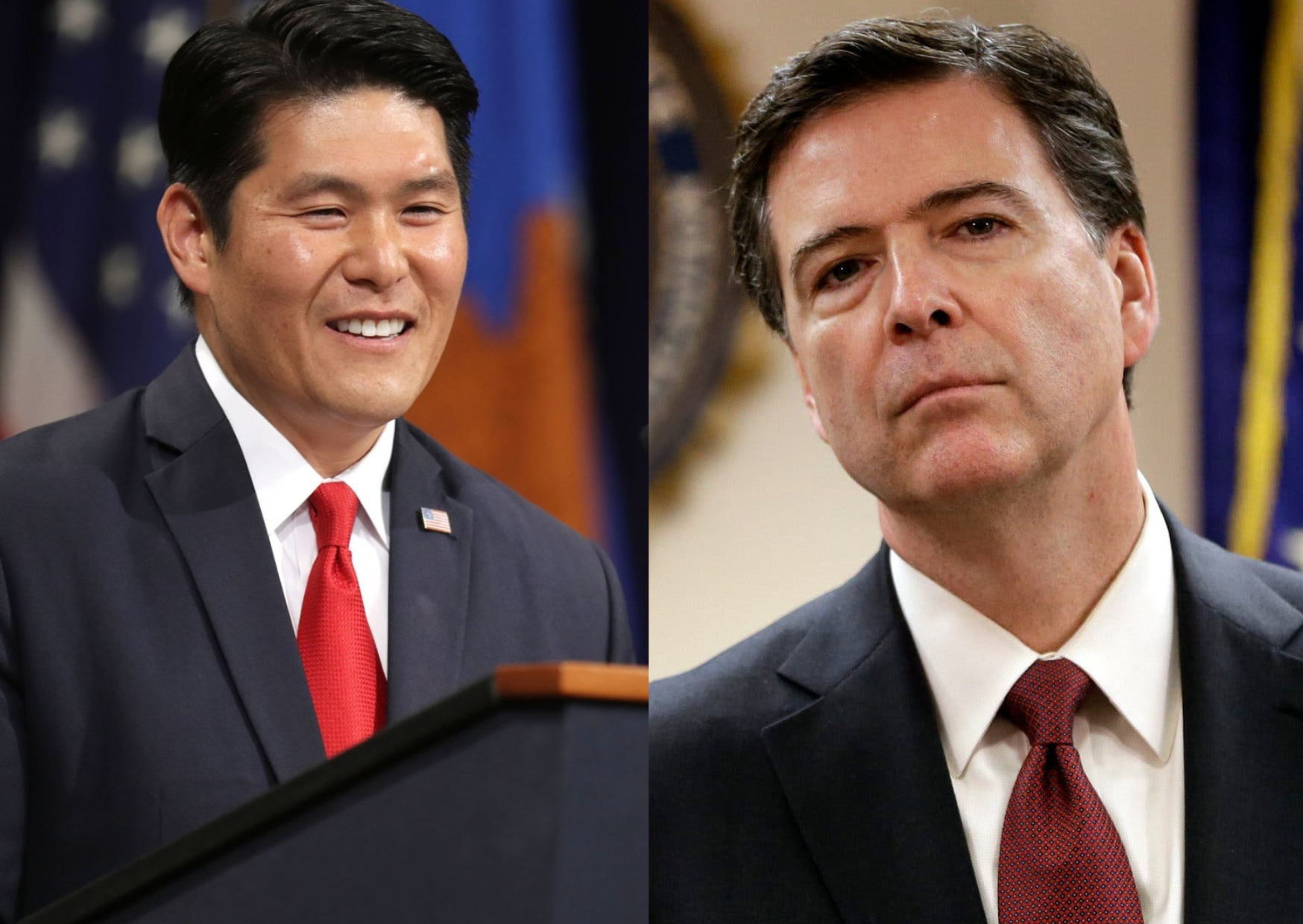
In the 2024 election, the rematch between Biden and Trump, amidst high-profile endorsements and ongoing legal inquiries, reflects the complexities of the political landscape and the challenges within American democracy.
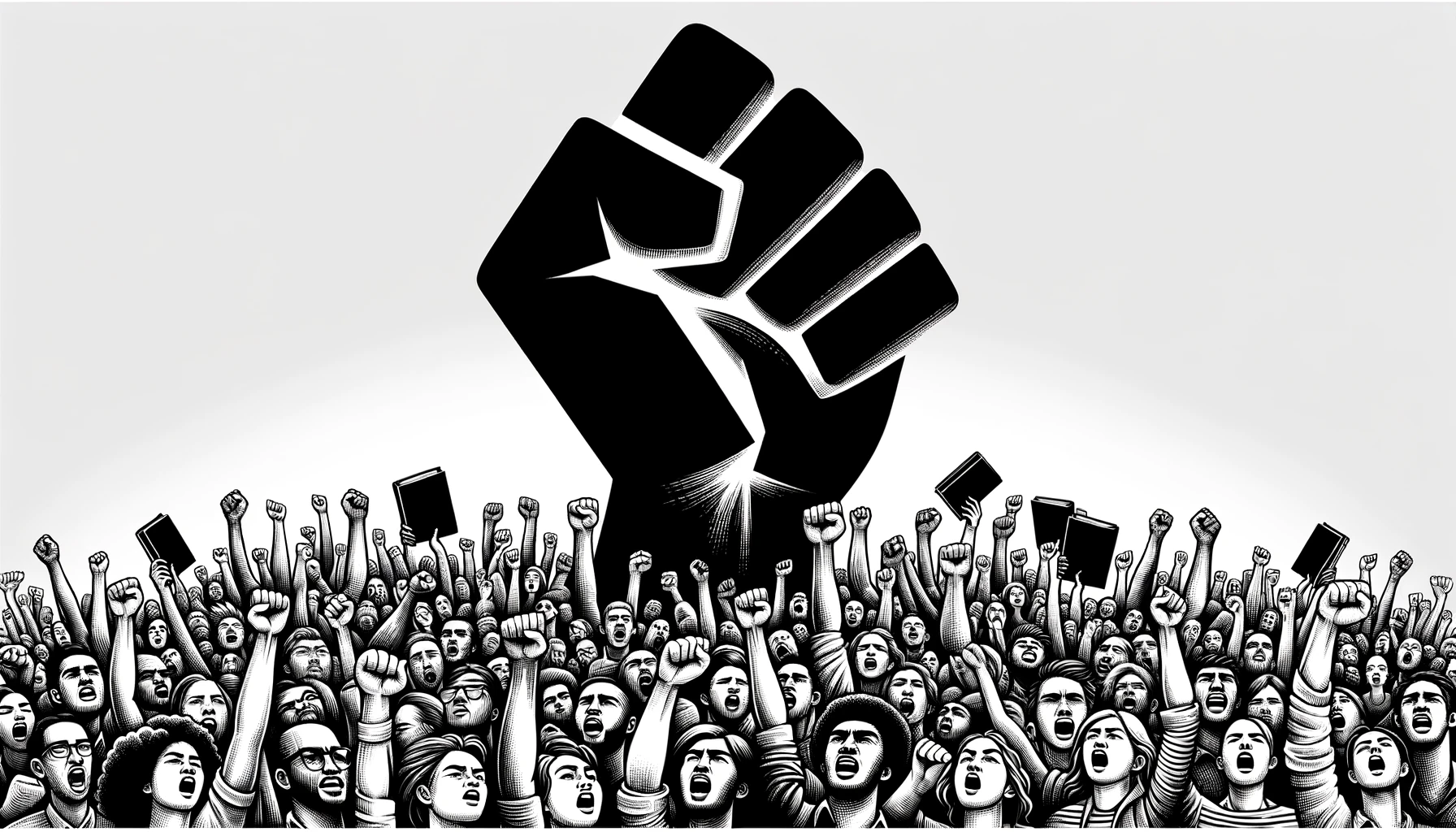
In the age of globalization, the flux of migration reshapes our understanding of national identity, challenging us to integrate diverse cultures while maintaining a sense of belonging. How we navigate this will define our era.
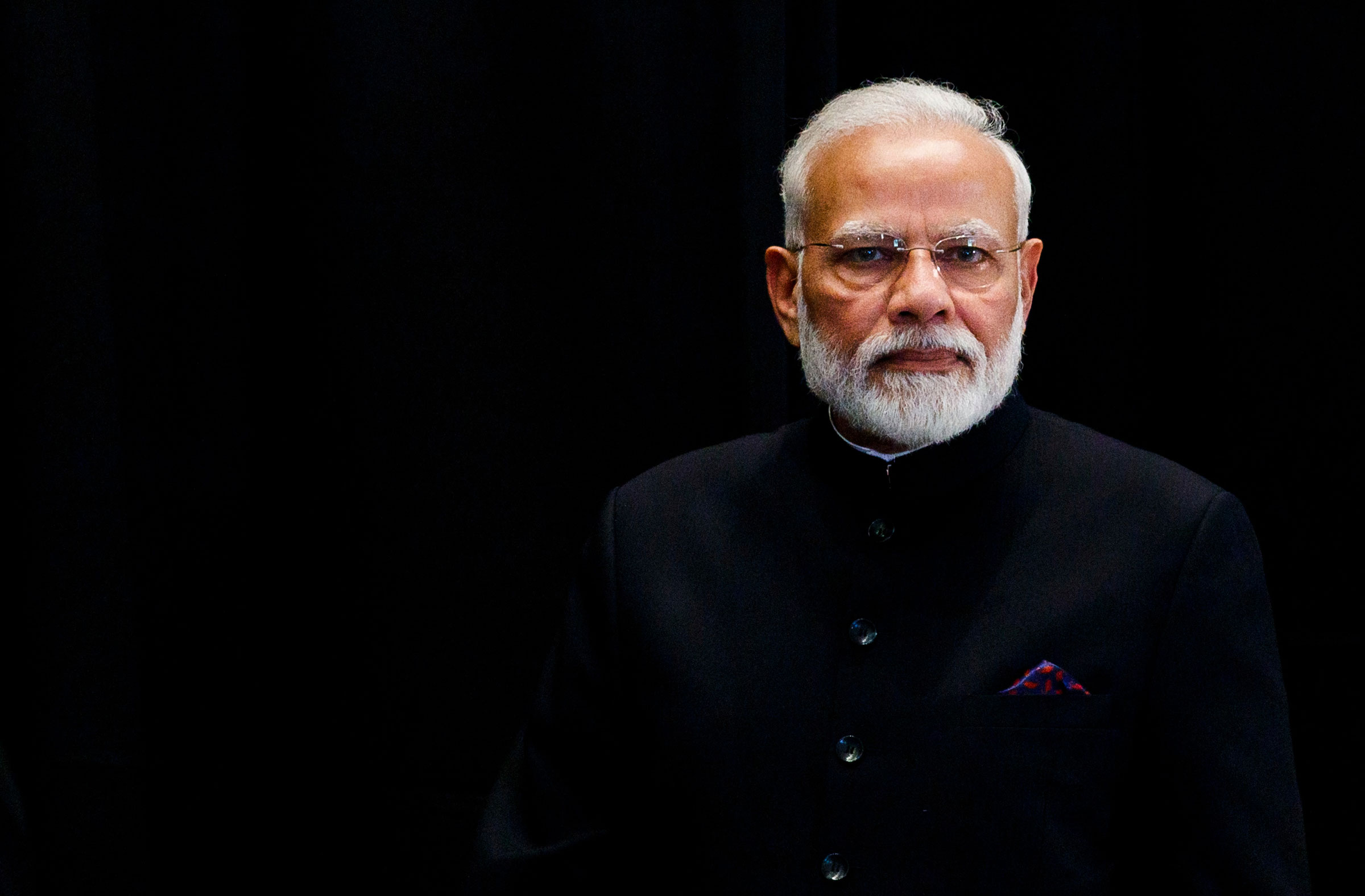
Under Modi’s leadership, India’s foreign policy pivots towards multi-alignment, focusing on economic self-reliance and strategic global partnerships, aiming for a significant role in the evolving multipolar world order.
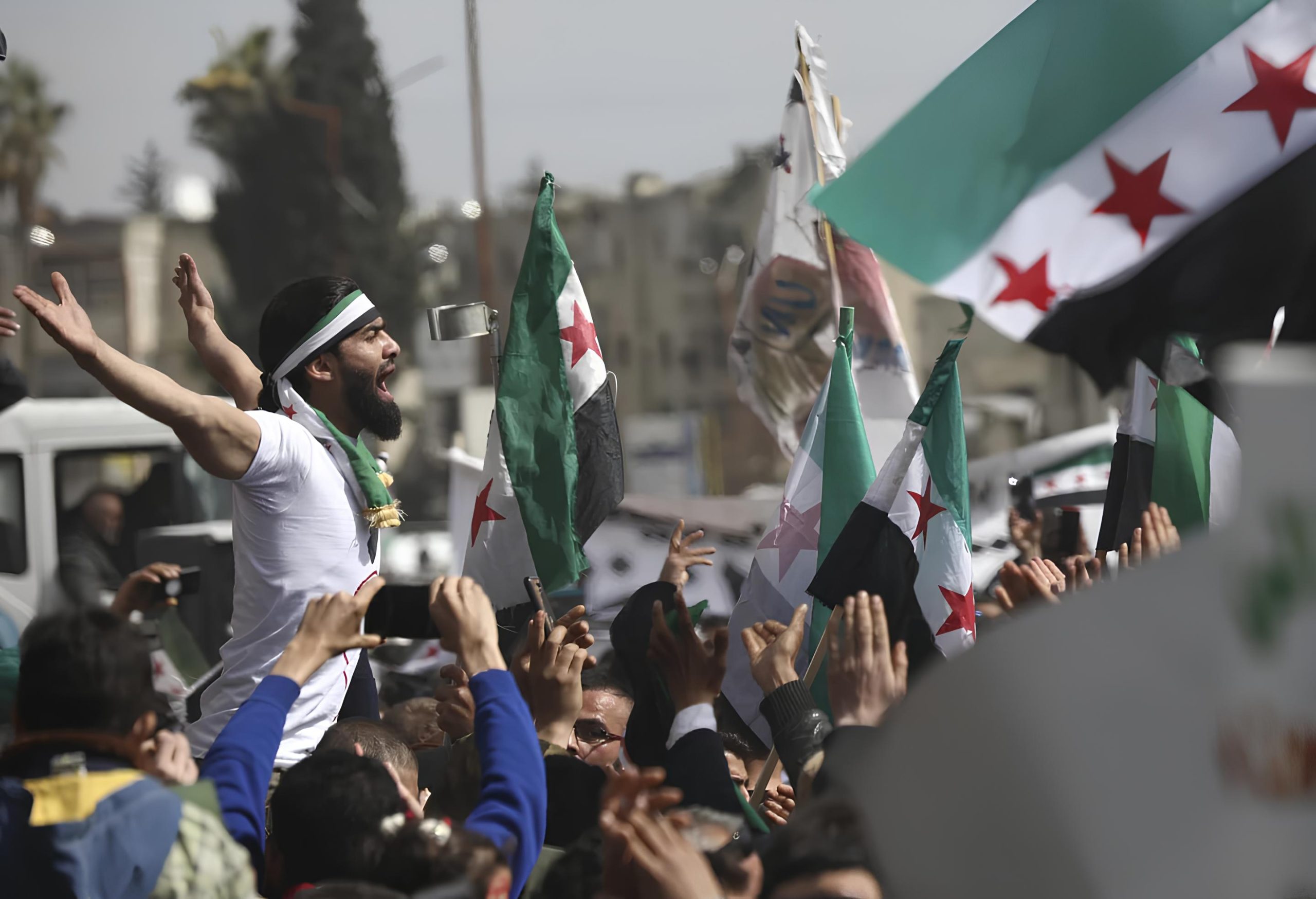
In Suwayda, Syria, massive peaceful protests demand Assad’s ouster, echoing a new wave of calls for dignity, freedom, and political change across the region.

Tracing the paths of Xi Jinping, Vladimir Putin, Viktor Orban, and Nicolas Maduro, their strategic rise to one-man rule highlights a concerning trend towards global democratic erosion and the reshaping of international relations.
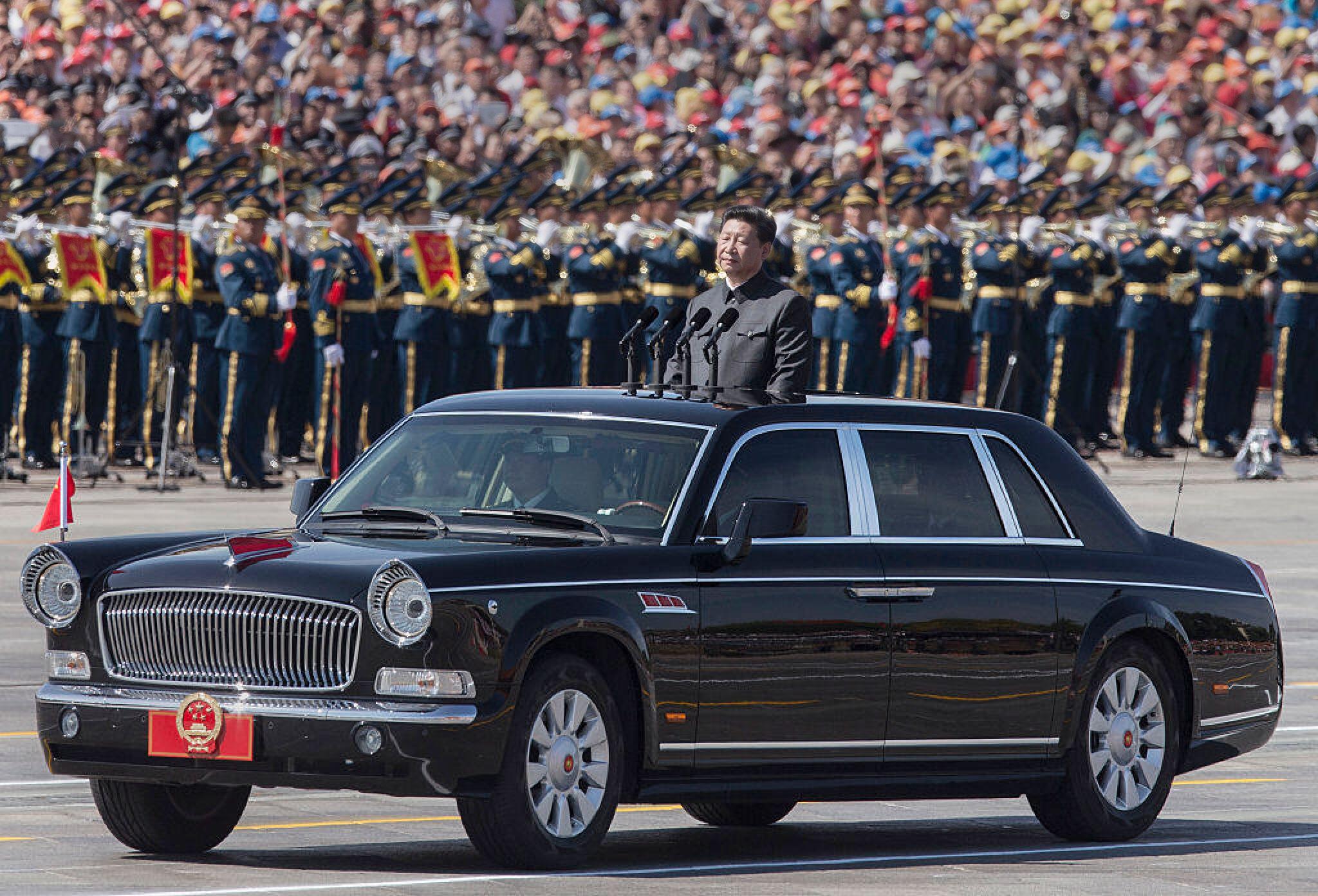
China, despite its slowing economic growth, is increasing its defense budget by 7.2% in preparation for potential conflicts. This move reflects the country’s strategic priorities and efforts towards modernization.
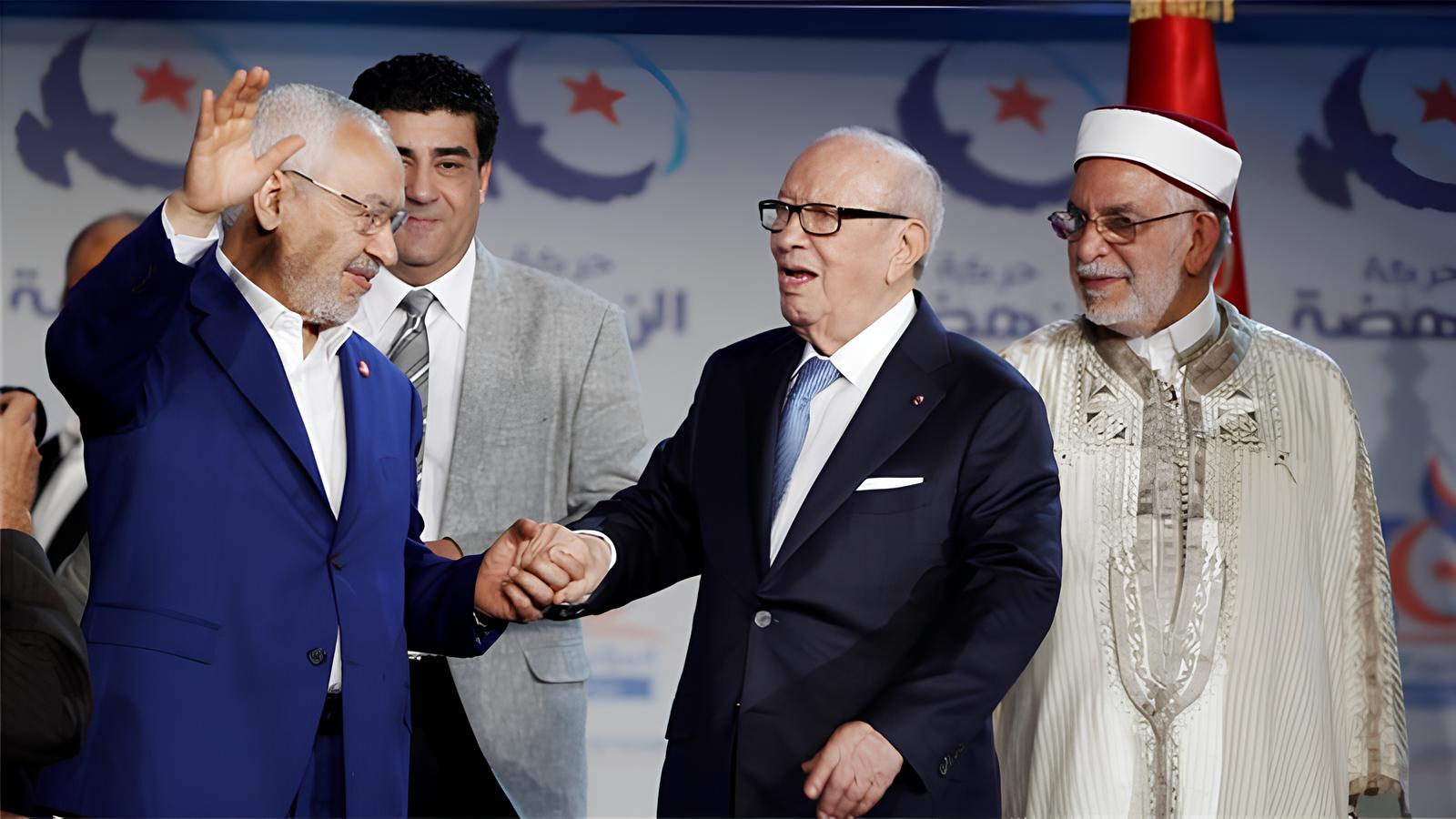
The political pressure on the Ennahda Movement and its leader Rashid Ghannouchi in Tunisia and its consequences have a profound impact on the political and economic future of the country.
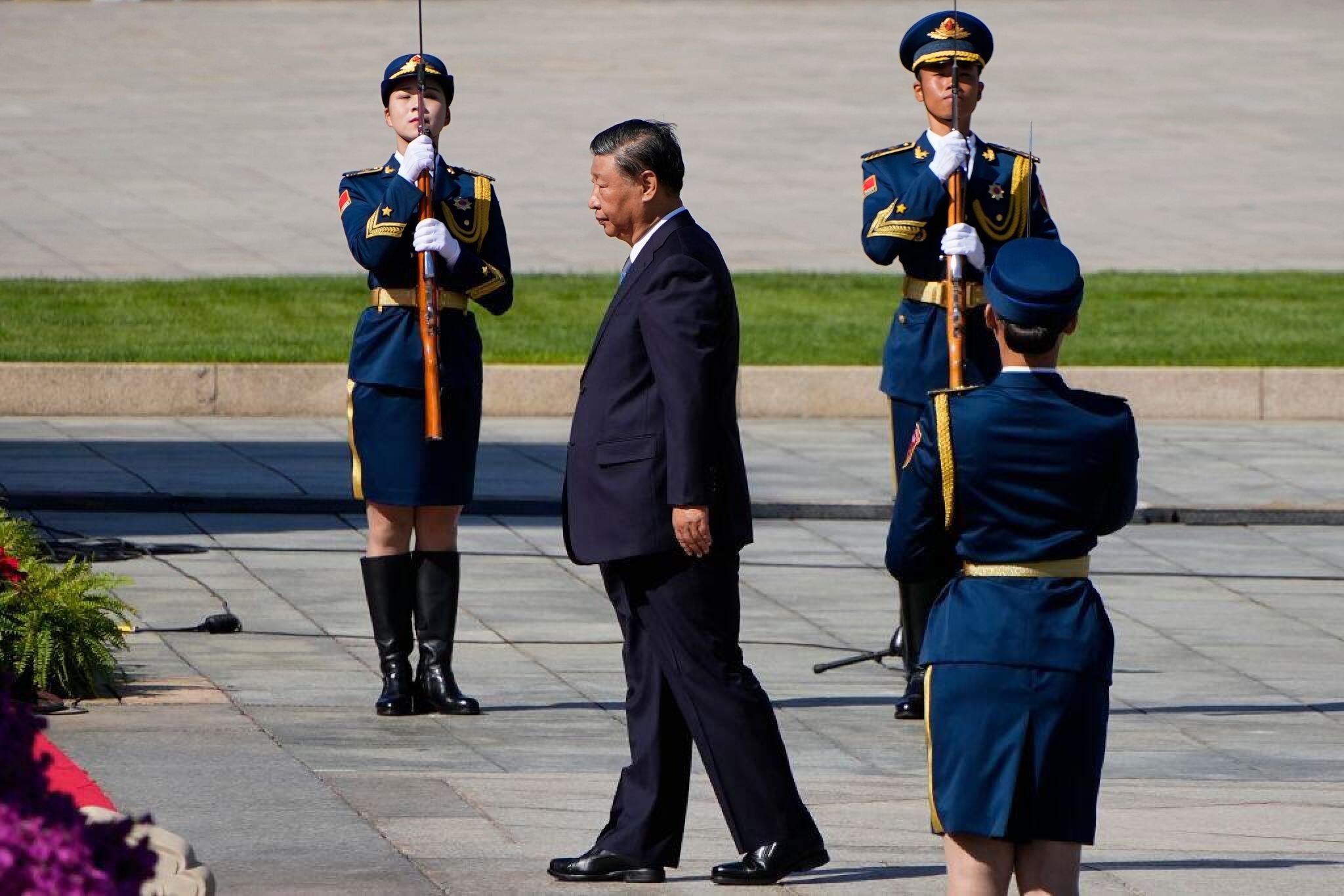
China’s bilateral diplomacy is now much more likely to reshape power dynamics in the Asia-Pacific region and challenge Western paradigms.
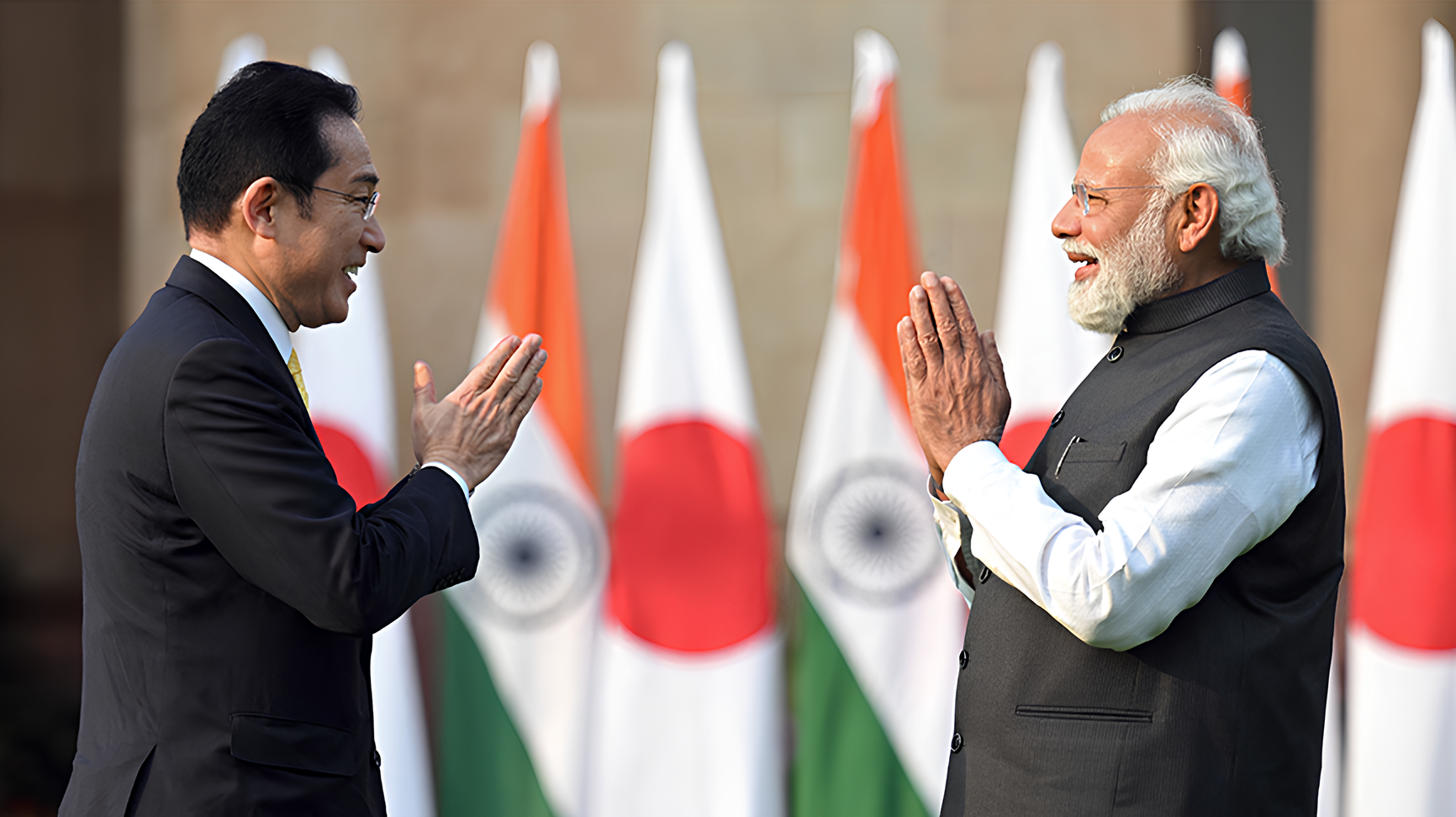
The growing alliance between India and Japan indeed presents a significant counterbalance to China’s increasing influence in the Asia-Pacific region.
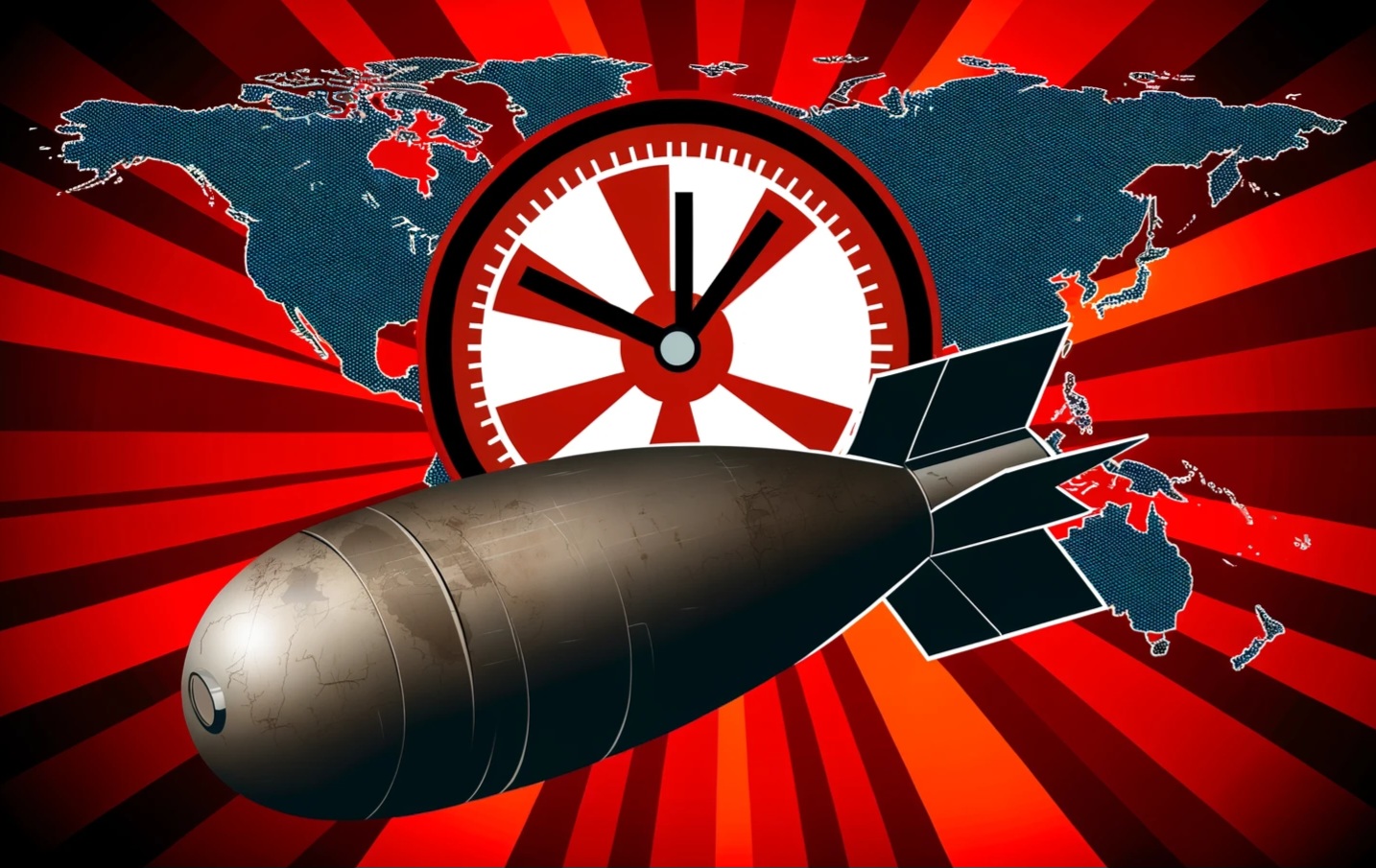
In today’s world, the presence of nuclear weapons emerges as one of the most critical factors capable of sustainably altering power balances in the international arena.
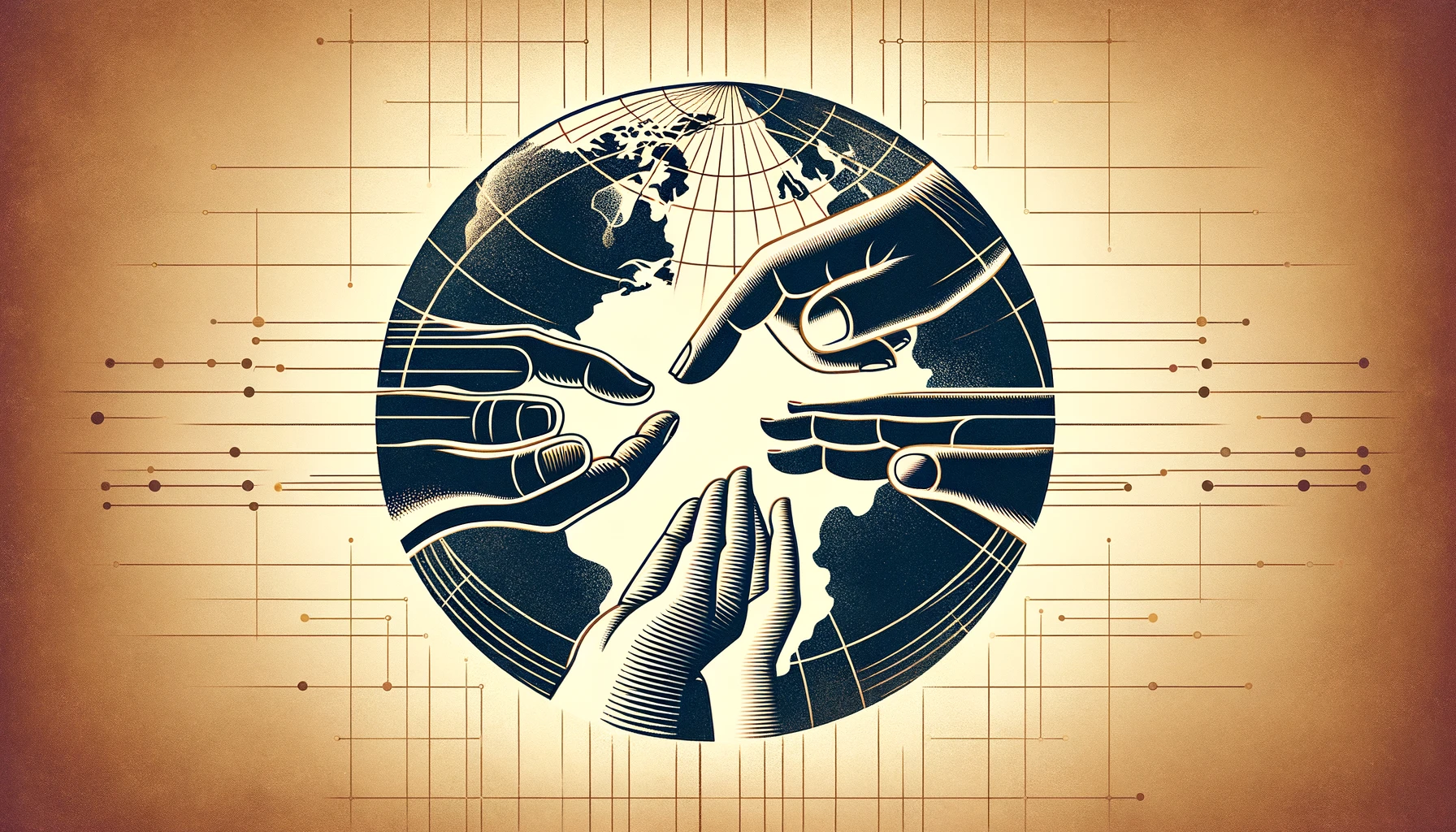
In the ever-evolving landscape of IR, the discourse has predominantly been shaped by state-centric narratives, often overlooking the fundamental human element that lies at the core of all political and diplomatic engagements.
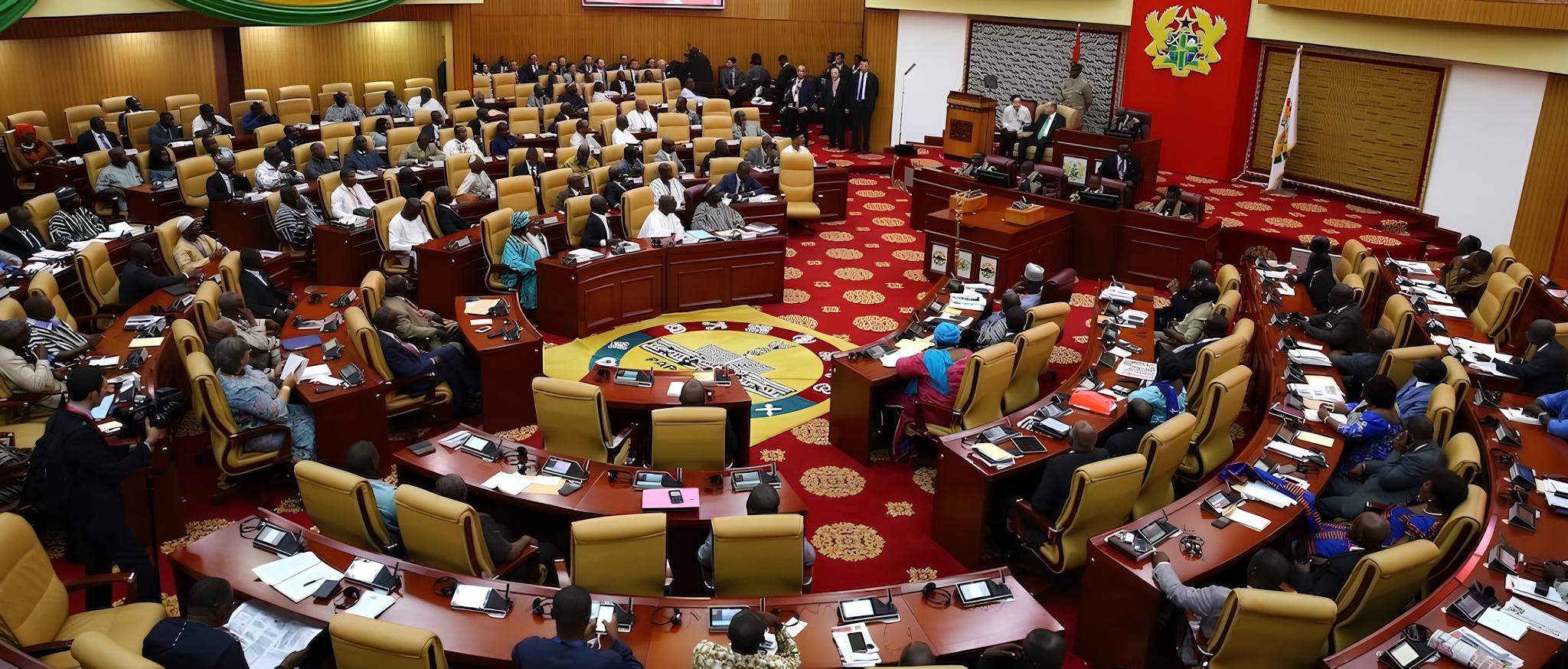
Ghana is currently at a critical juncture as it navigates the international and domestic responses to the proposed “Human Sexual Rights and Human Values Bill,” which was unanimously adopted by Members of Parliament on February 28th.
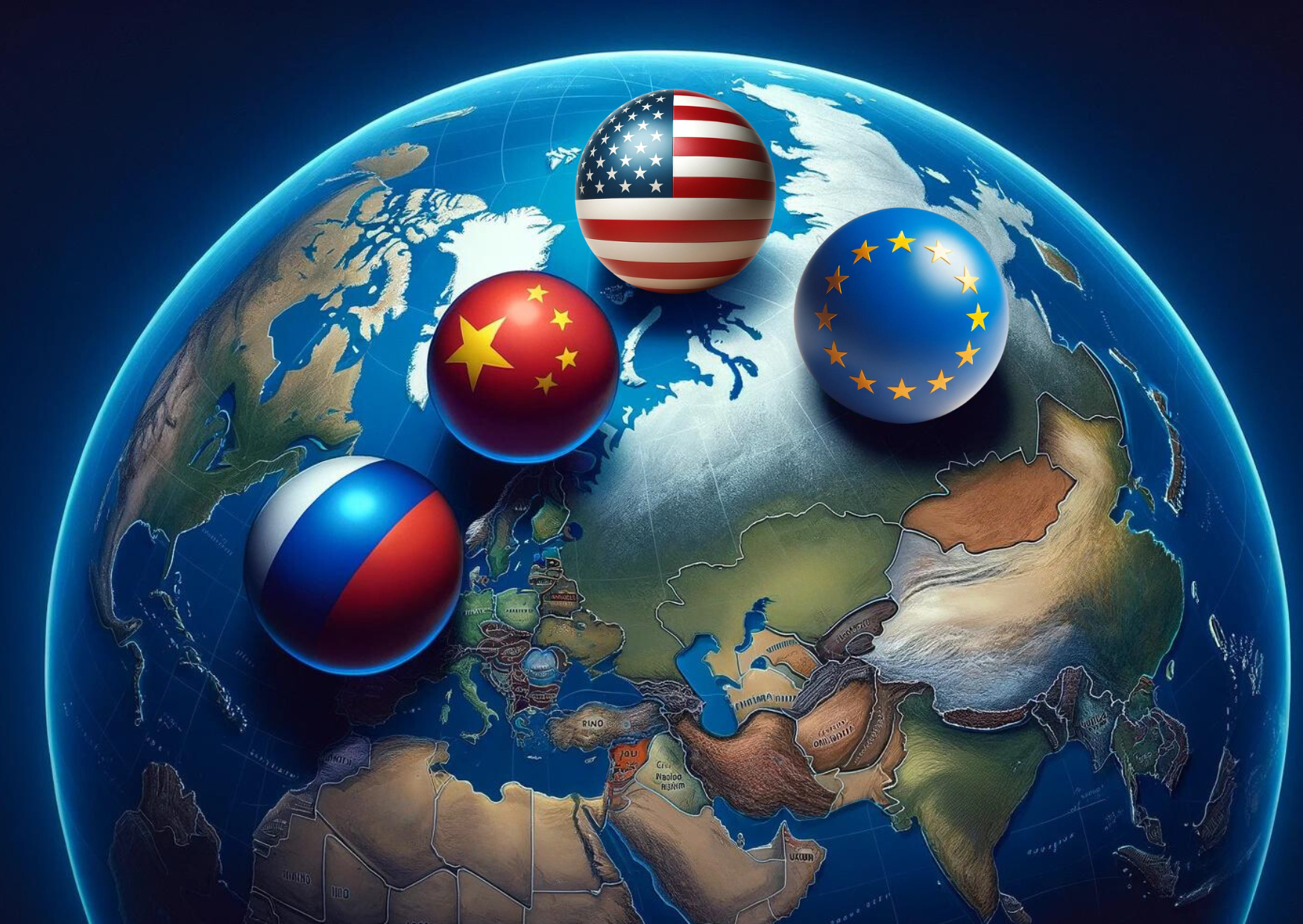
The presence of globally influential power centers such as the USA, China, and Russia highlights the challenges the EU faces in claiming leadership in a unipolar or bipolar order.
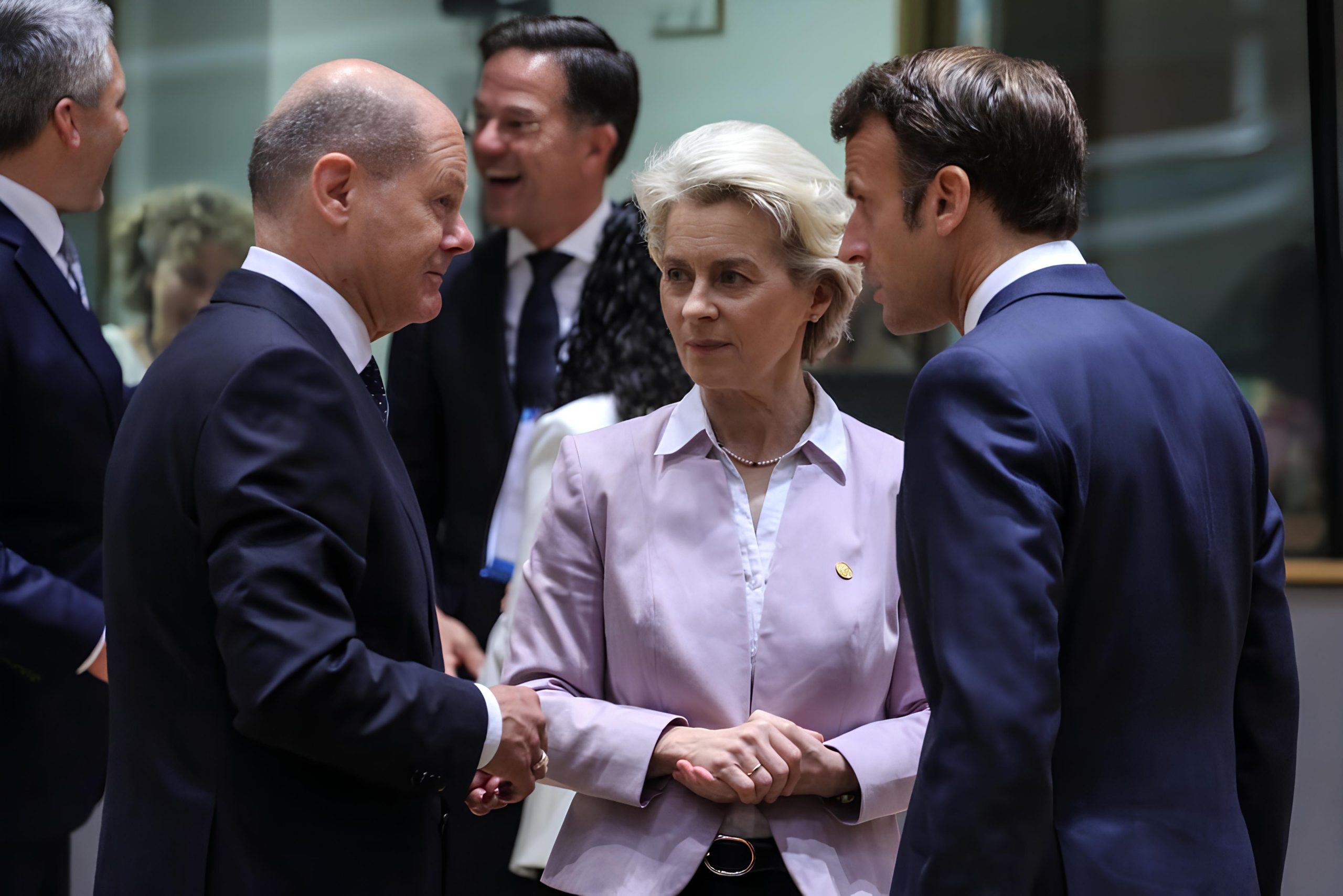
Macron’s military support proposal highlights leadership and strategic disagreements among European and transatlantic allies.
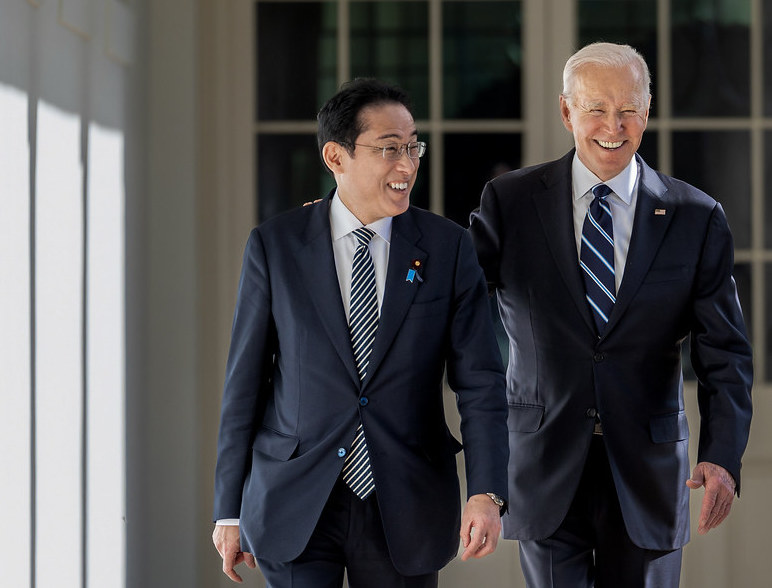
In recent times, the Biden administration’s security and economic initiatives focused on Asia have created a significant impact on regional stability and power balances. Particularly, formations such as AUKUS and the Quad are opening a new chapter in regional and global security architecture.
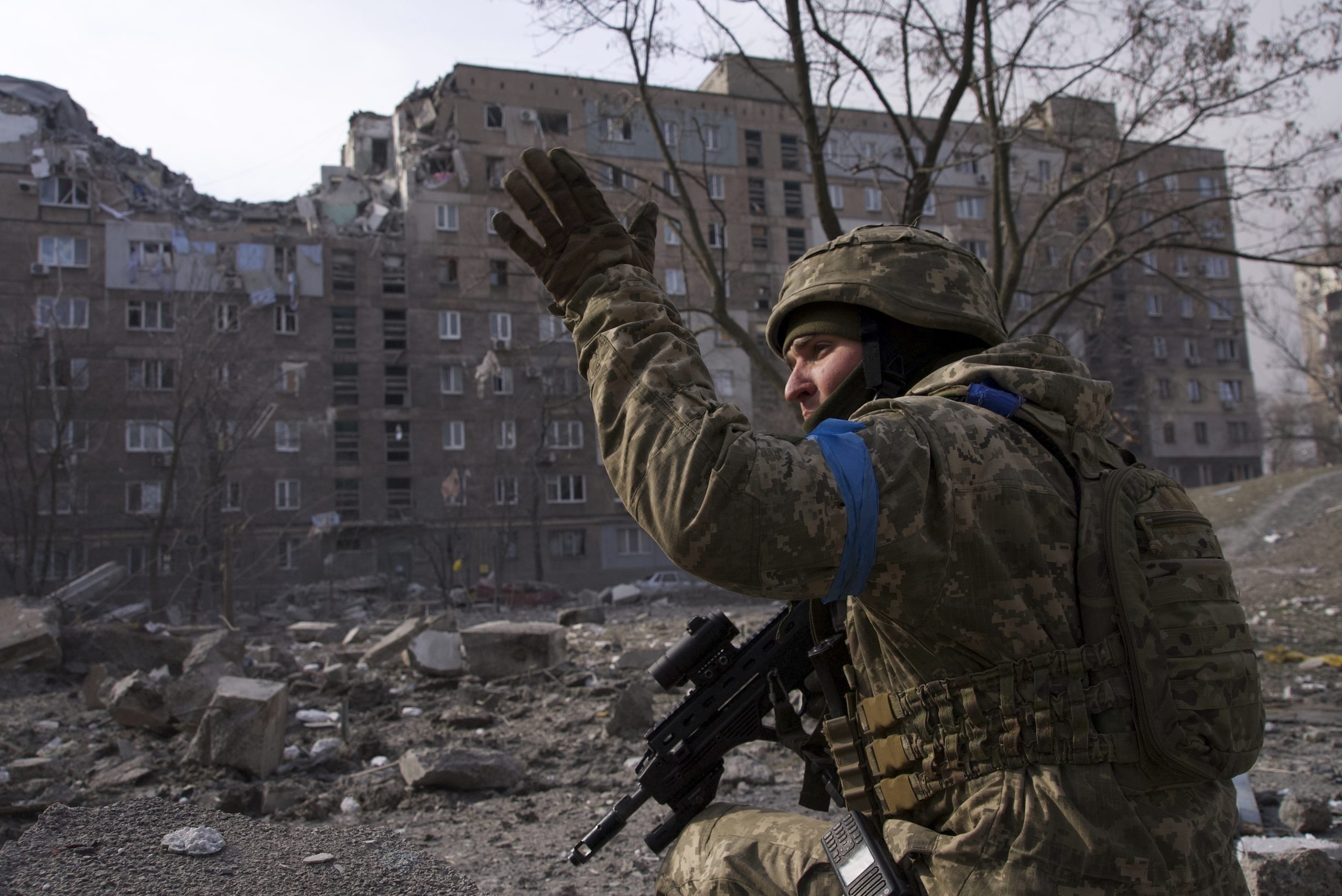
The ongoing war between Ukraine and Russia, marking its two-year anniversary, has brought widespread destruction, fear, and international turmoil, affecting both nations deeply.
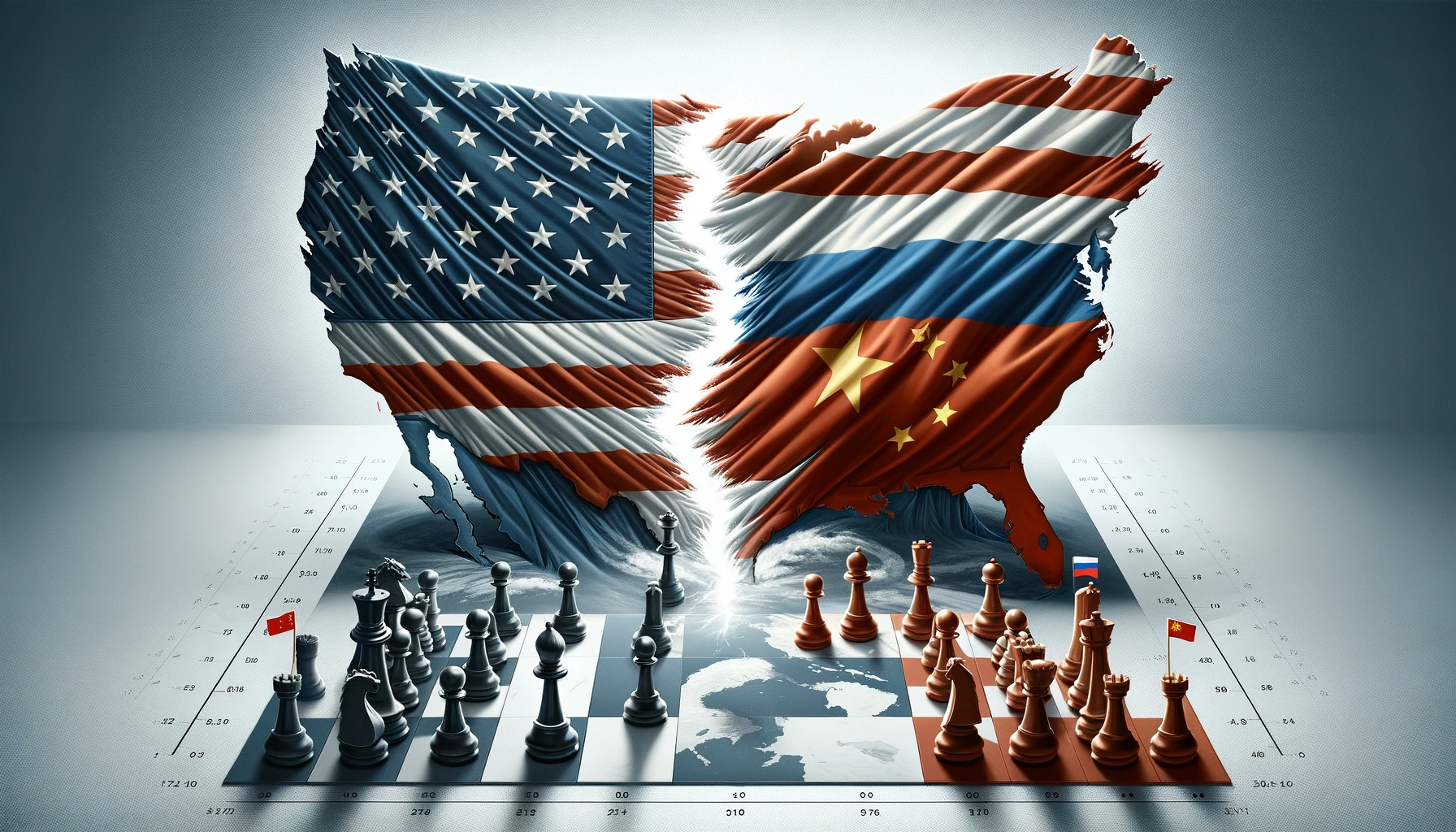
Facing the escalating threat from China, it is crucial for the U.S. to reassess its security commitments to Ukraine and make a strategic pivot to Asia, a move vital for protecting the liberal order and defending democratic values.
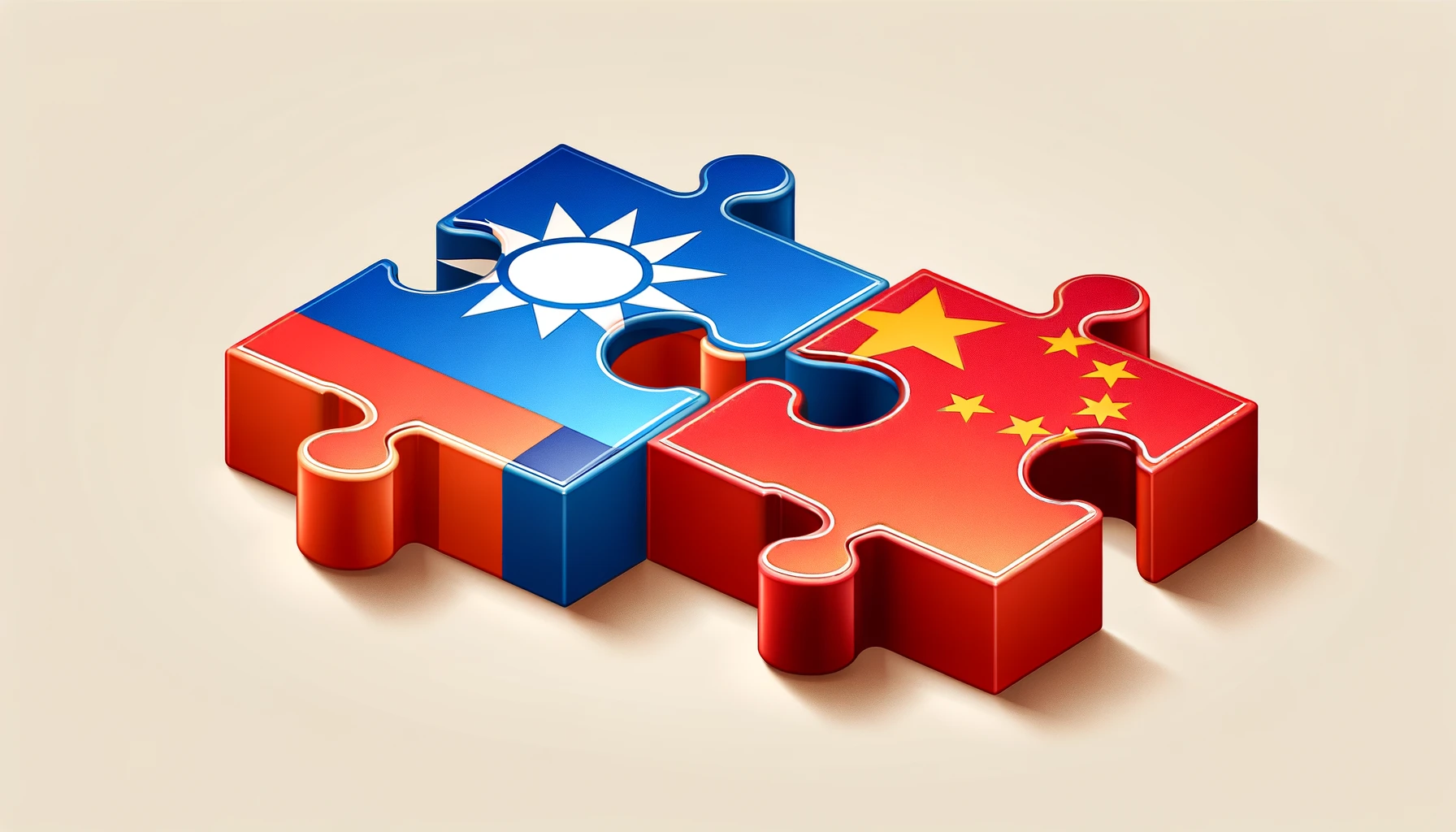
China’s reaffirmation of reunification with Taiwan ignites regional debate, while Nauru’s allegiance shift to China punctuates the evolving diplomatic chess game, casting a spotlight on the intricate web of global politics.
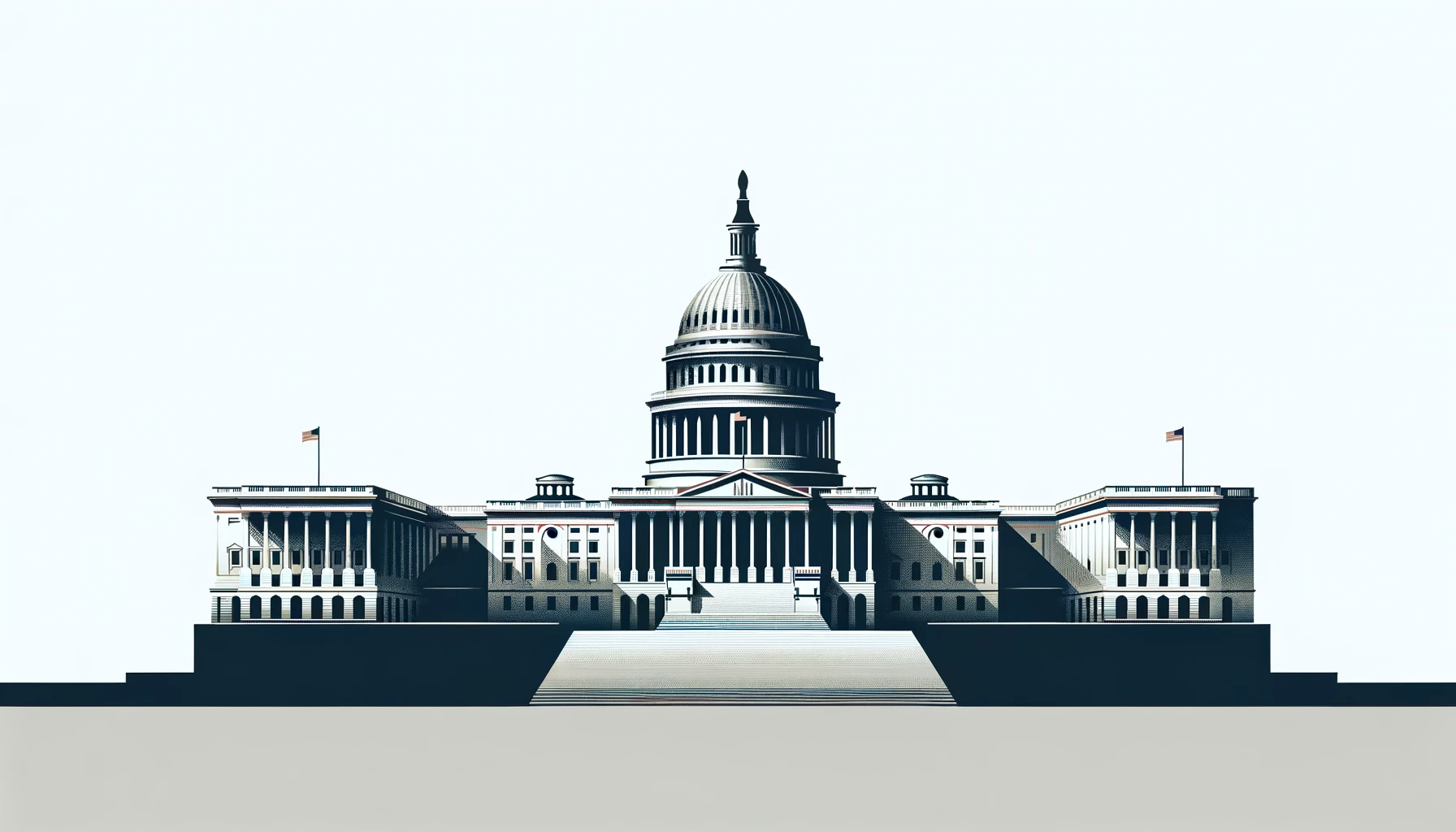
Focusing on diplomatic solutions and multilateral collaborations over military interventions in its foreign policy will enable the White House to achieve better outcomes.
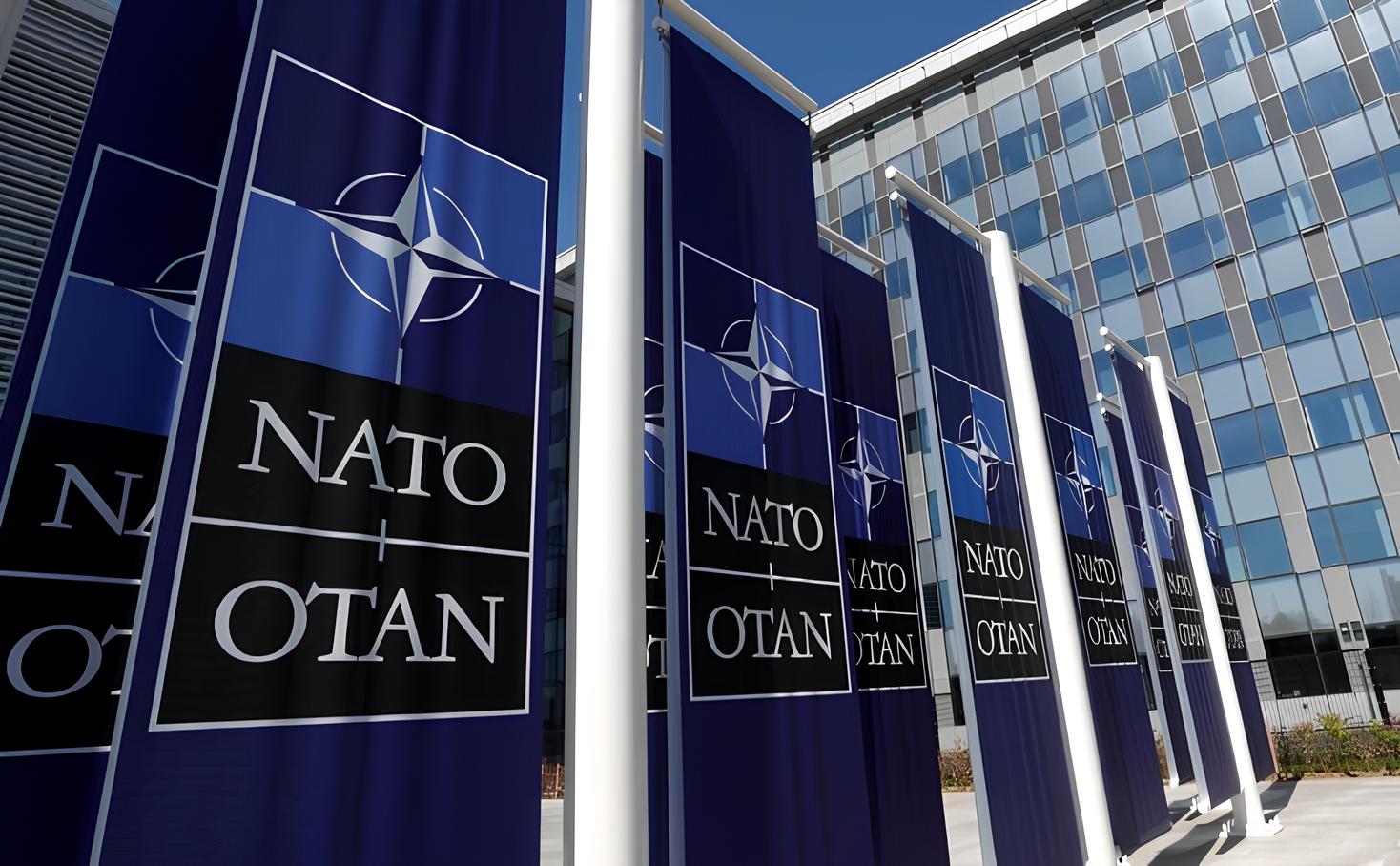
NATO’s future and its stance on supporting Ukraine are at a critical juncture, determined by the selection of the new Secretary General.
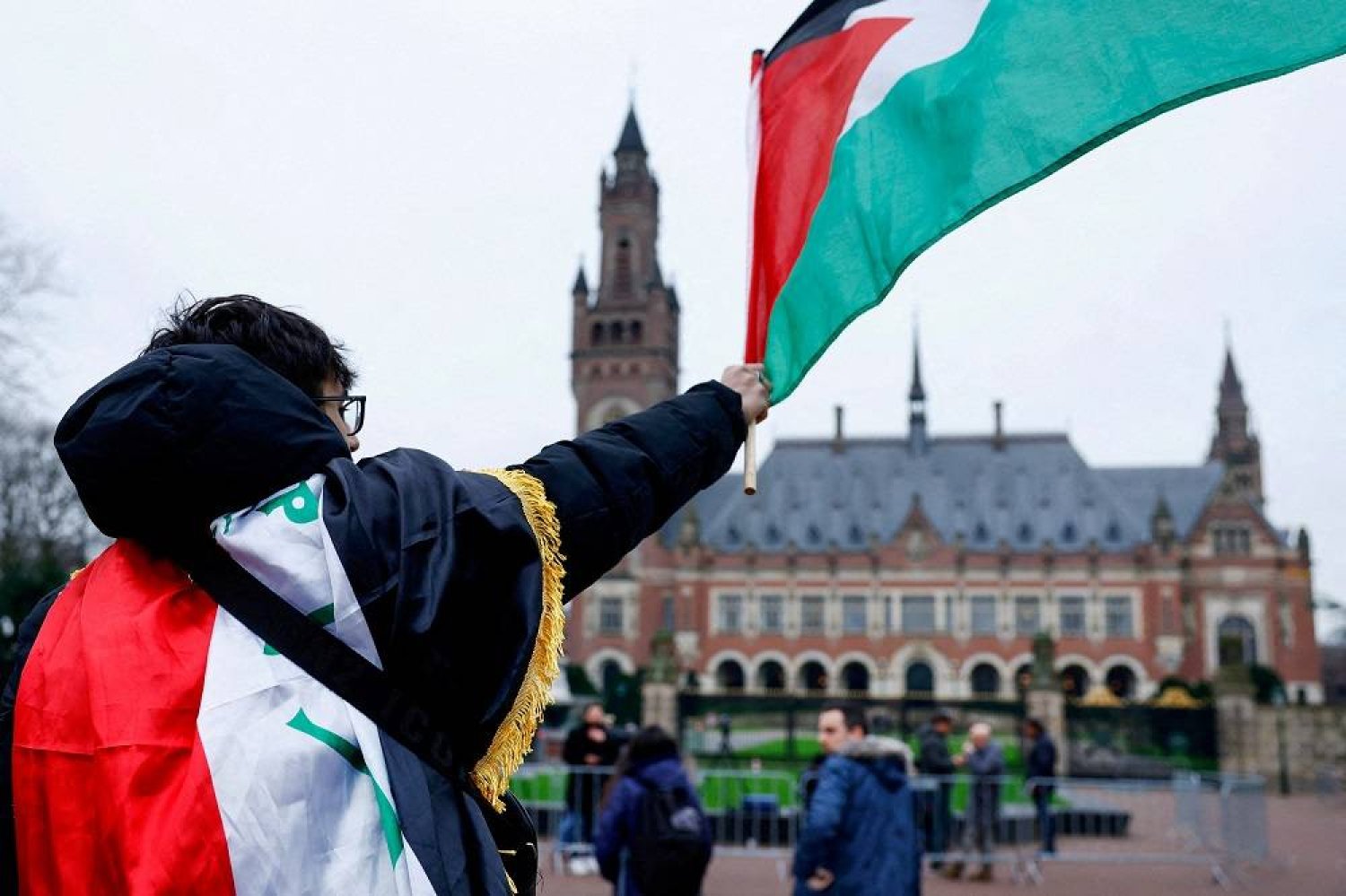
At the International Court of Justice, views from around the world were presented on the legal consequences of Israel’s policies in the Occupied Palestinian Territories.
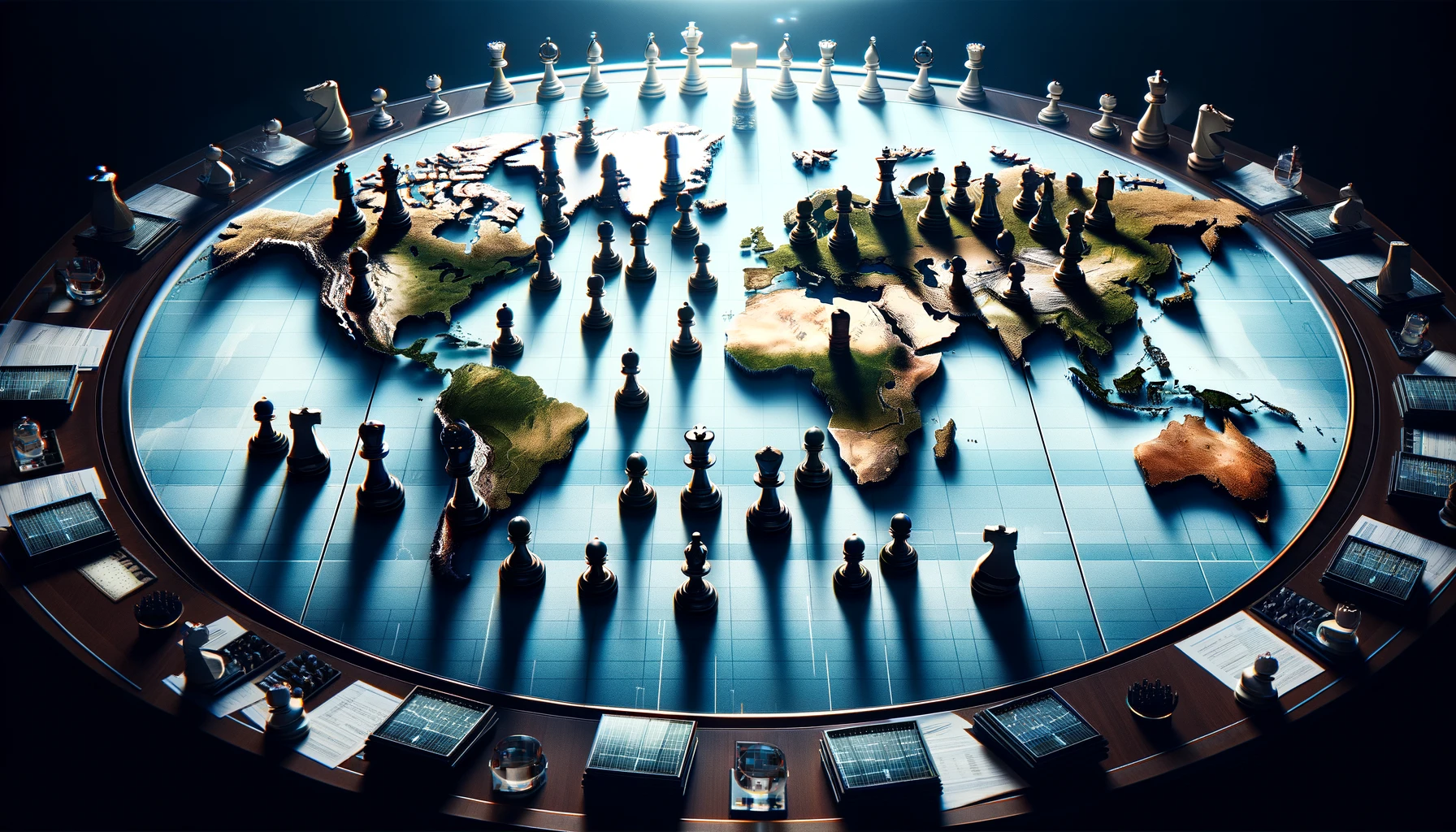
Emotions and interests intertwine in foreign policy, shaping state decisions and alliances, influencing global dynamics significantly.
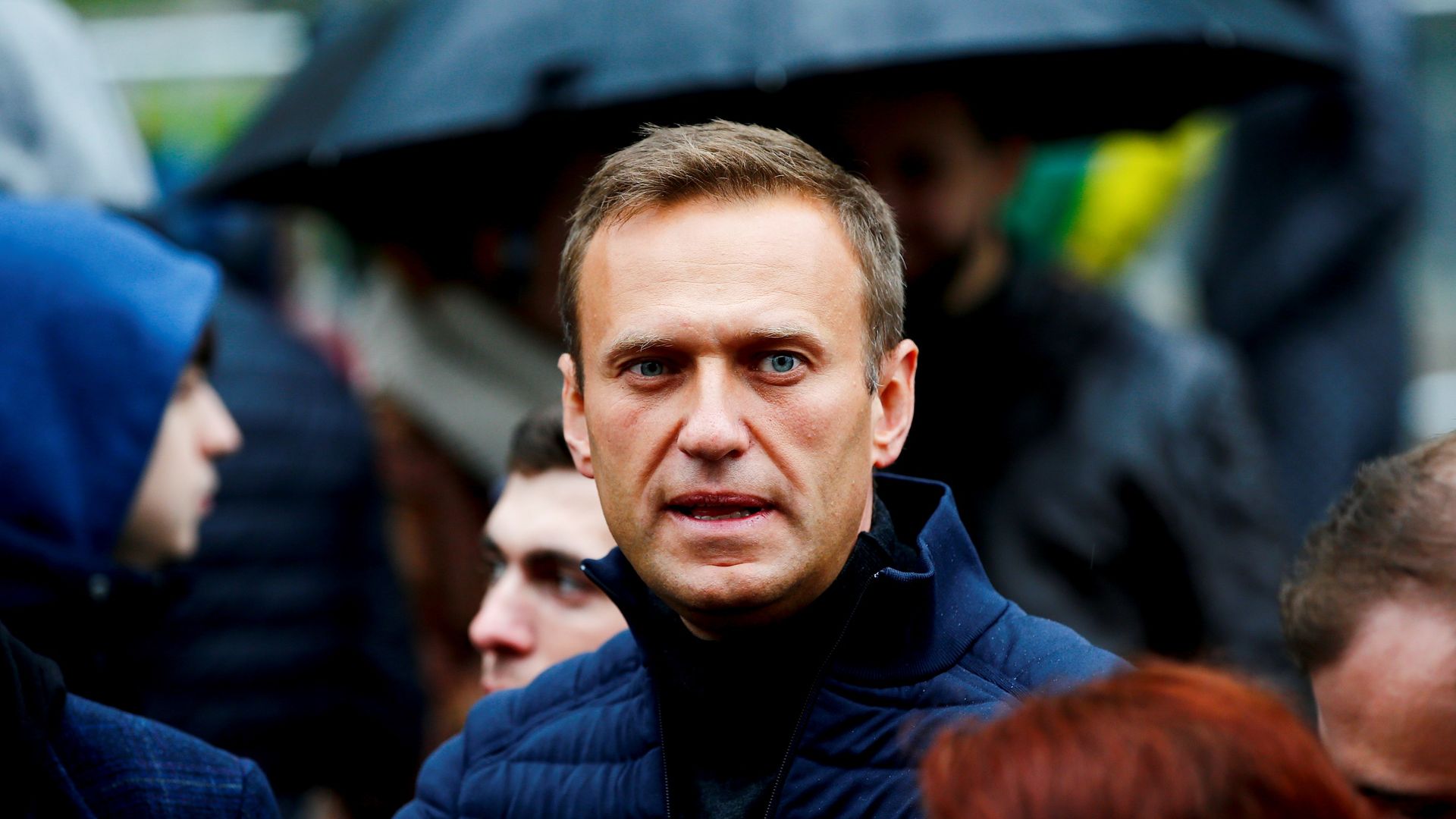
Aleksei Navalny, a leading figure in Russian opposition, tragically dies in penal colony at 47, igniting global controversy and highlighting tensions between the West and Russia.
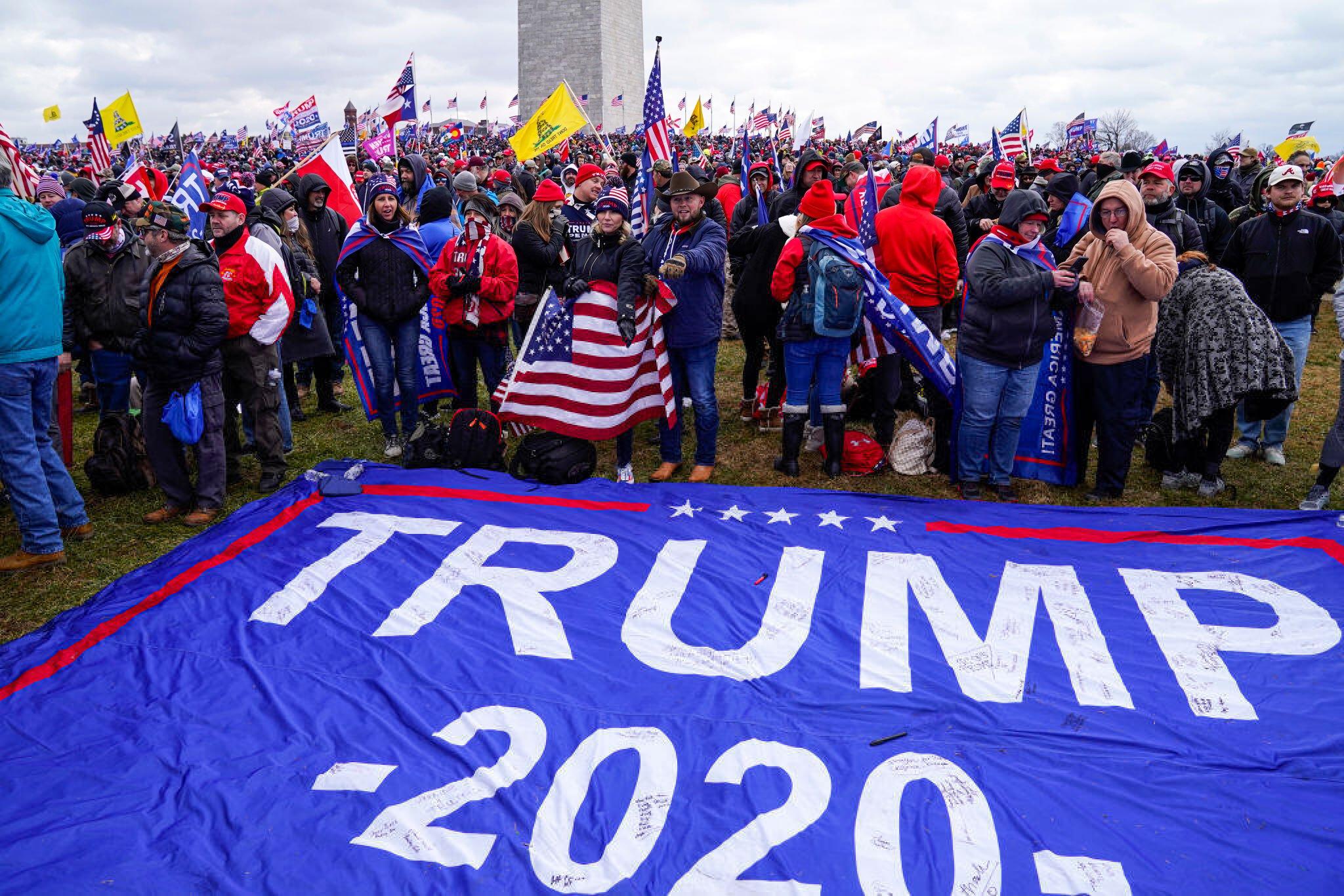
As the 2024 elections approach, the ages of Biden and Trump, their financial hurdles, and political maneuvers take center stage in a potential rematch, with both sides bracing for a challenging race.
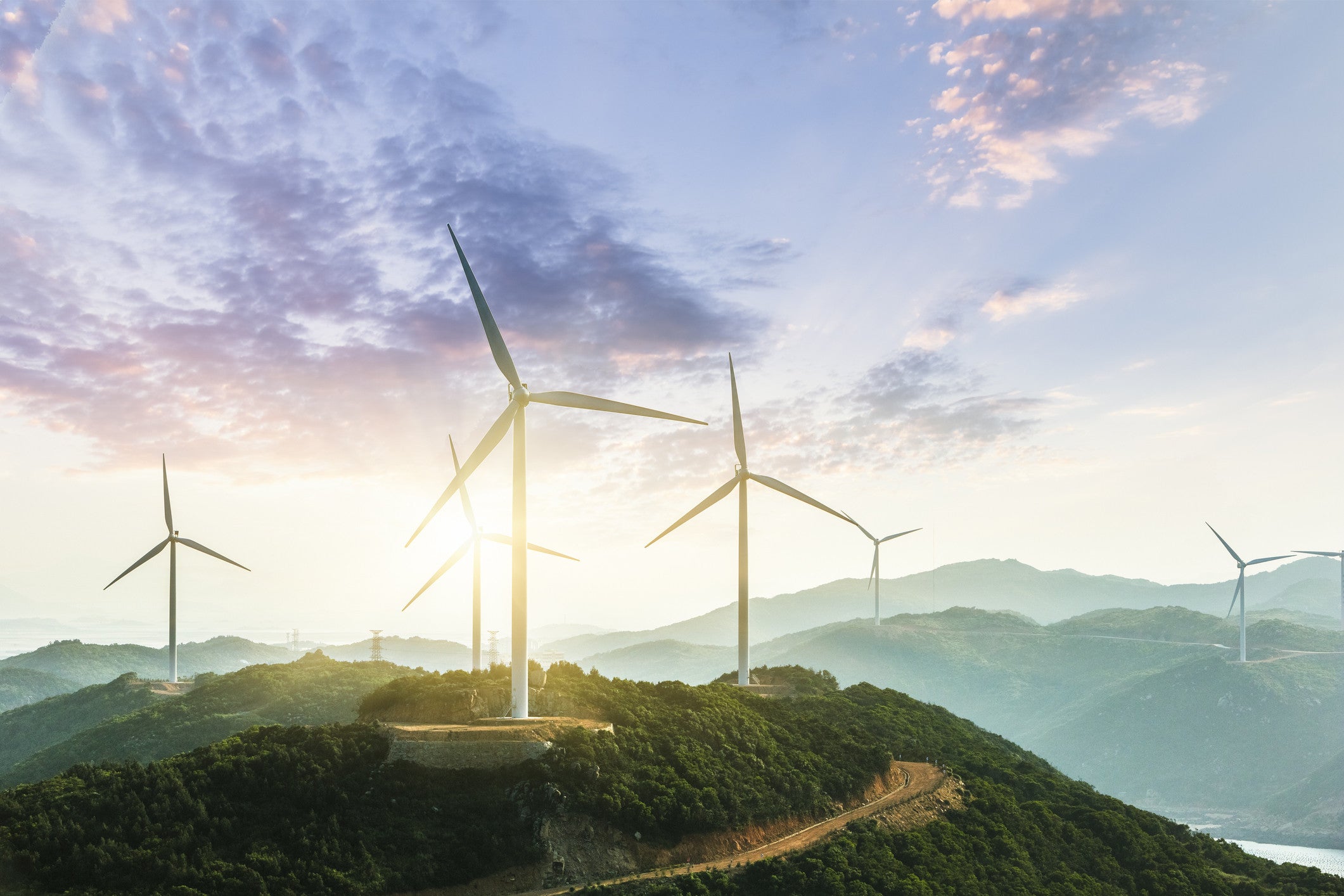
Exploring the complex dynamics between climate change impacts, energy pricing, and international investments towards sustainable development in Latin America.
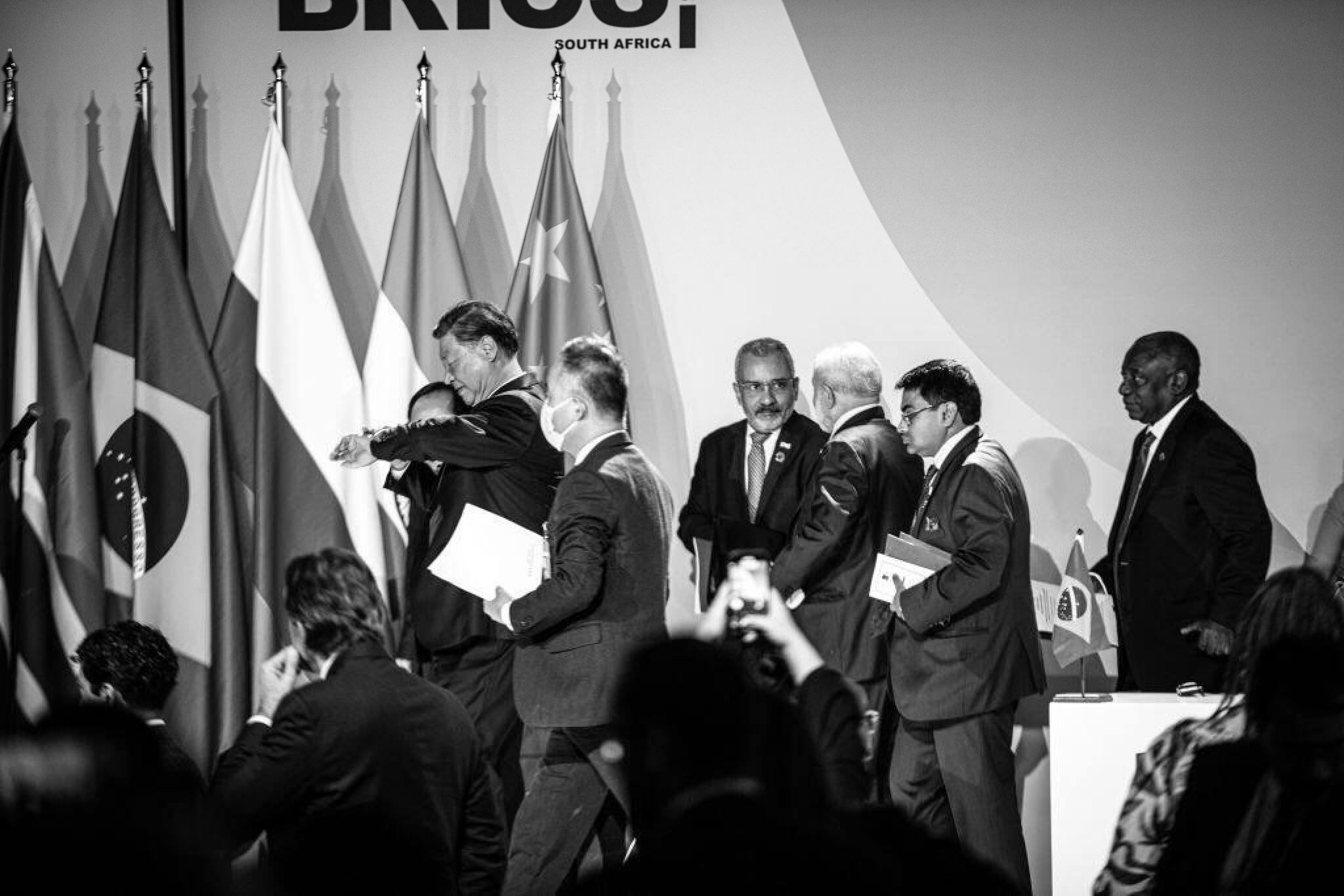
How likely is it for BRICS to transform into a military alliance amid global geopolitical tensions and regional conflicts?
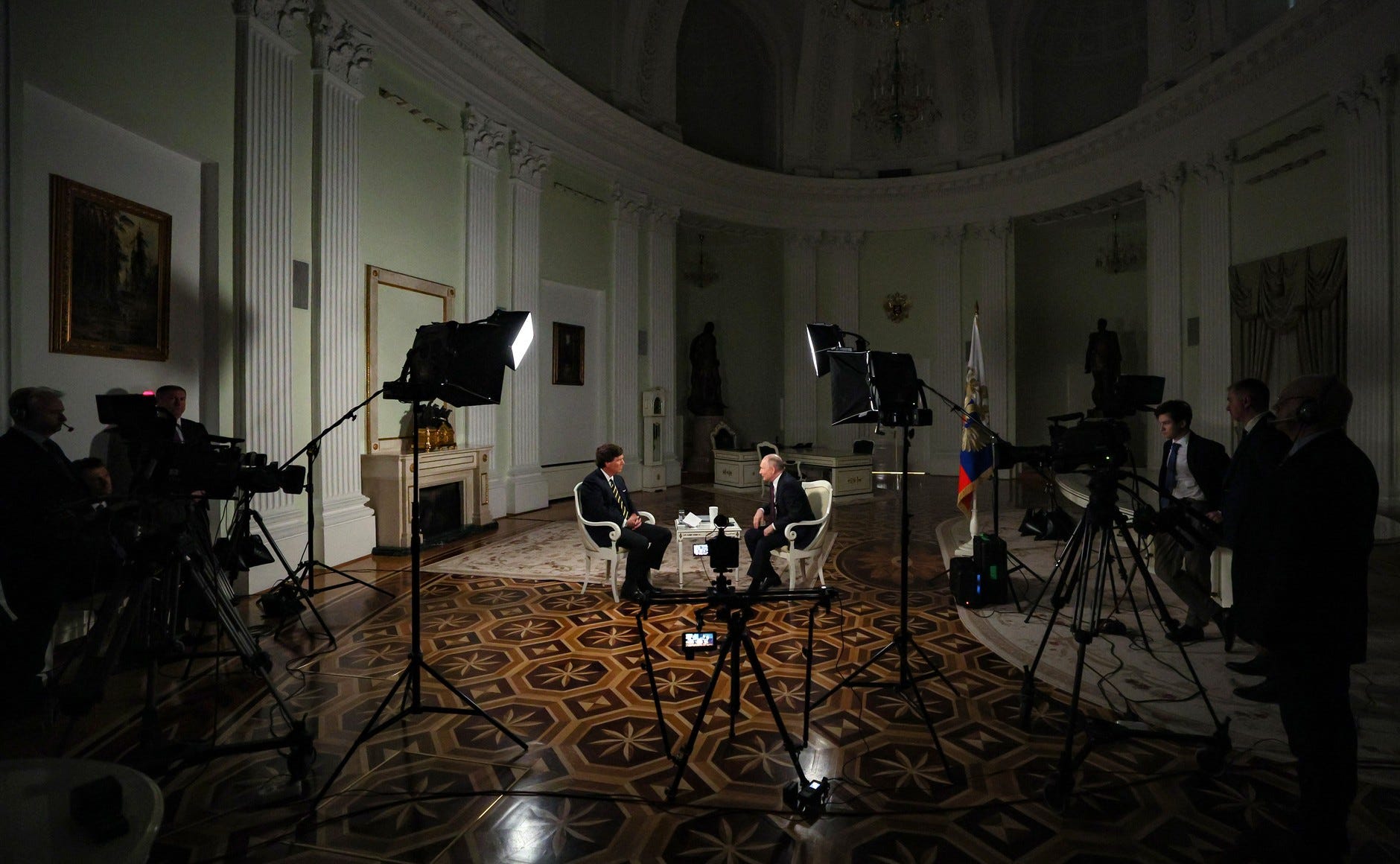
Putin shares insights on Ukraine War’s future, deepening cooperation with China, and economic dynamics with the West in an interview with Tucker Carlson.
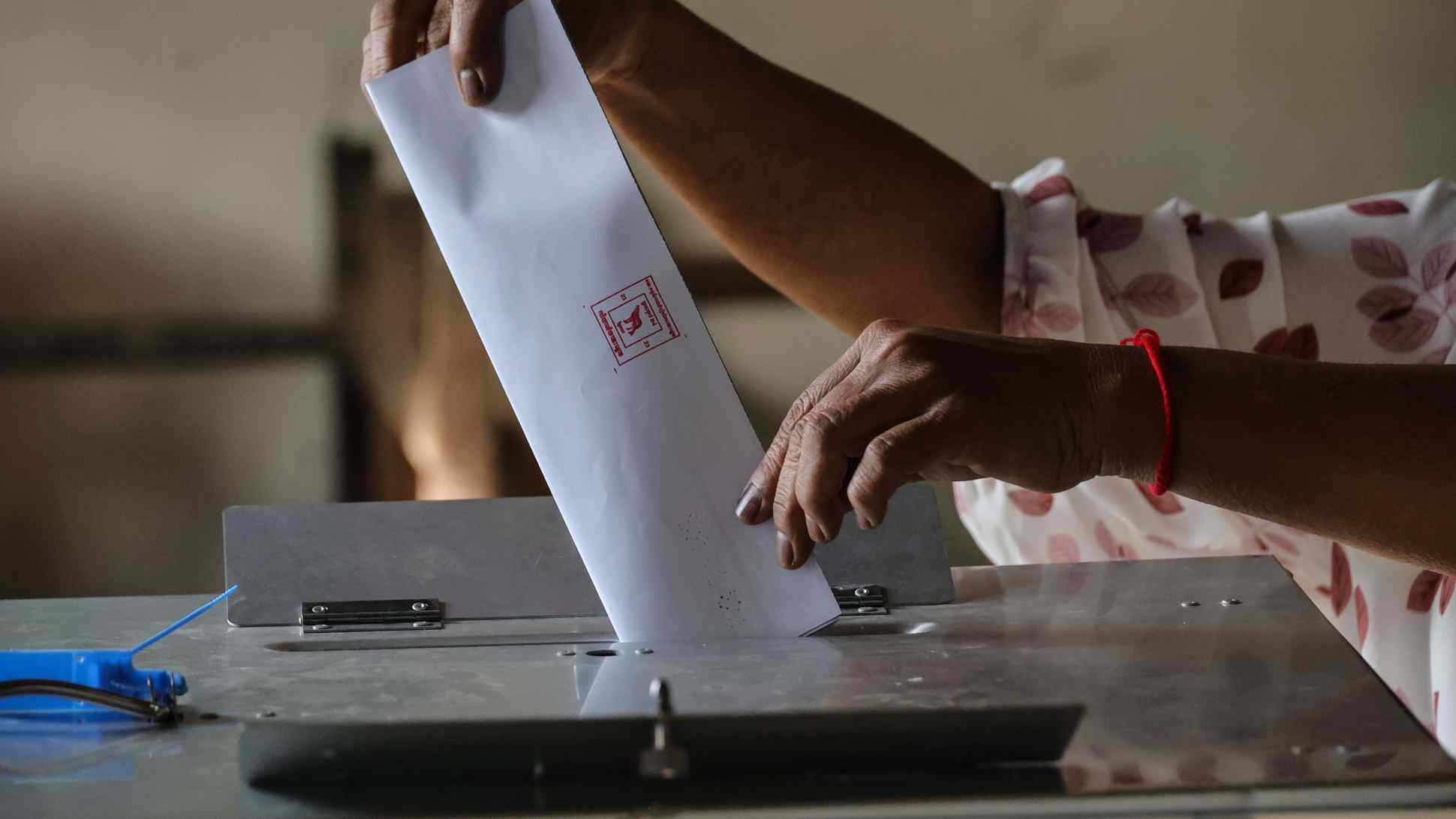
As Pakistan and Indonesia navigate pivotal elections, the outcomes hold significant implications for regional stability and international relations, against a backdrop of pressing socio-economic issues.
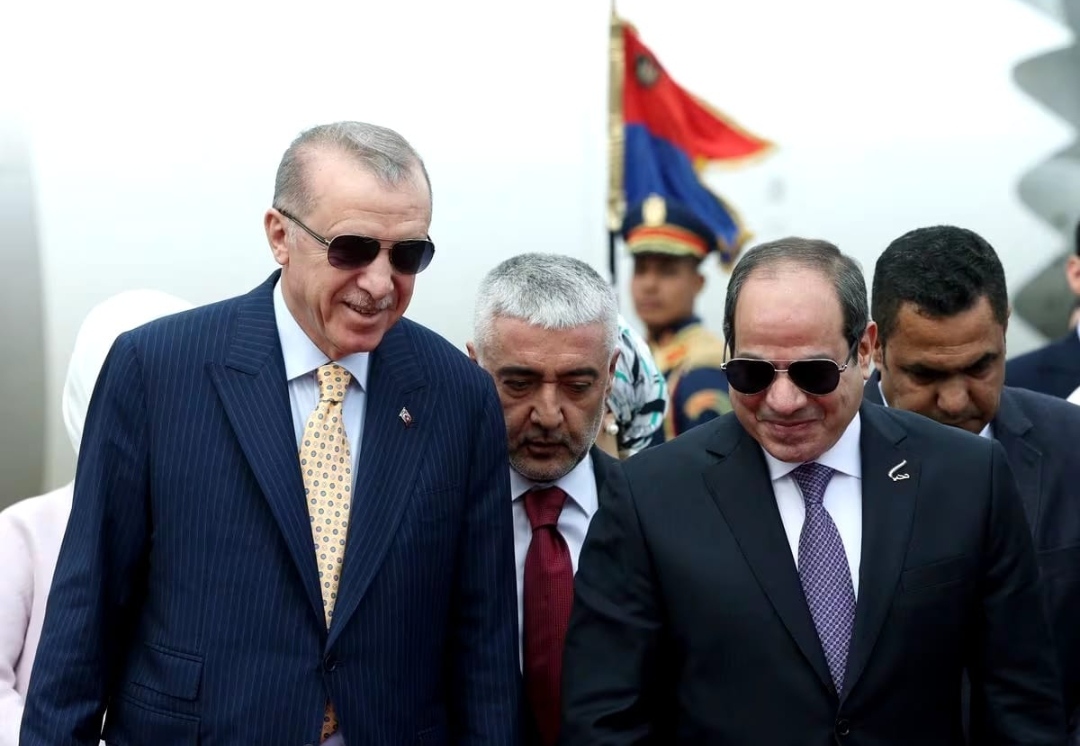
President Erdogan’s landmark visit to Egypt heralds a transformative phase in Türkiye-Egypt relations, promising enhanced strategic cooperation and a united front on regional issues.

European farmers’ protests signal a continent-wide crisis, challenging EU agricultural policies and highlighting the sector’s economic struggles amid climate goals.
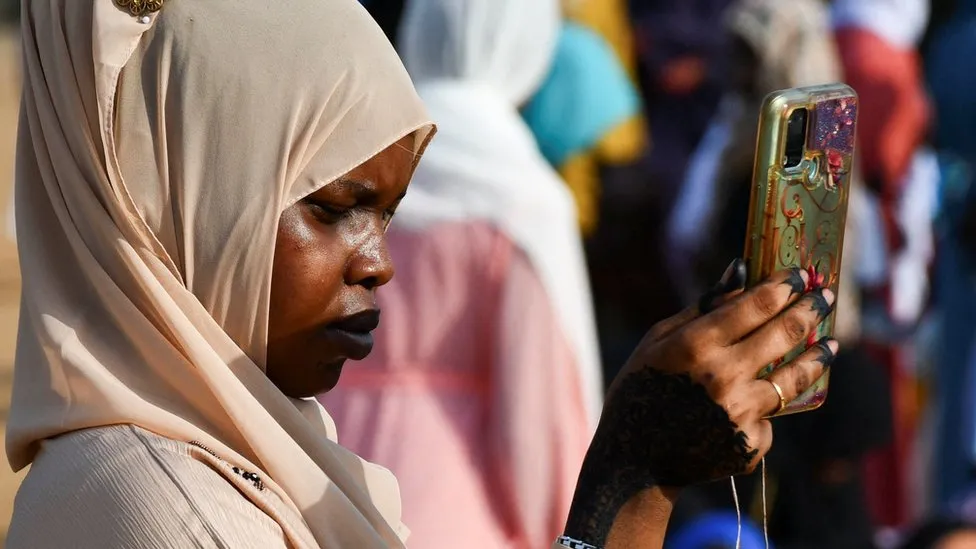
Amid Sudan’s civil war, internet outages deepen the crisis, affecting millions and hindering aid efforts, as global attention on urgent humanitarian support intensifies.
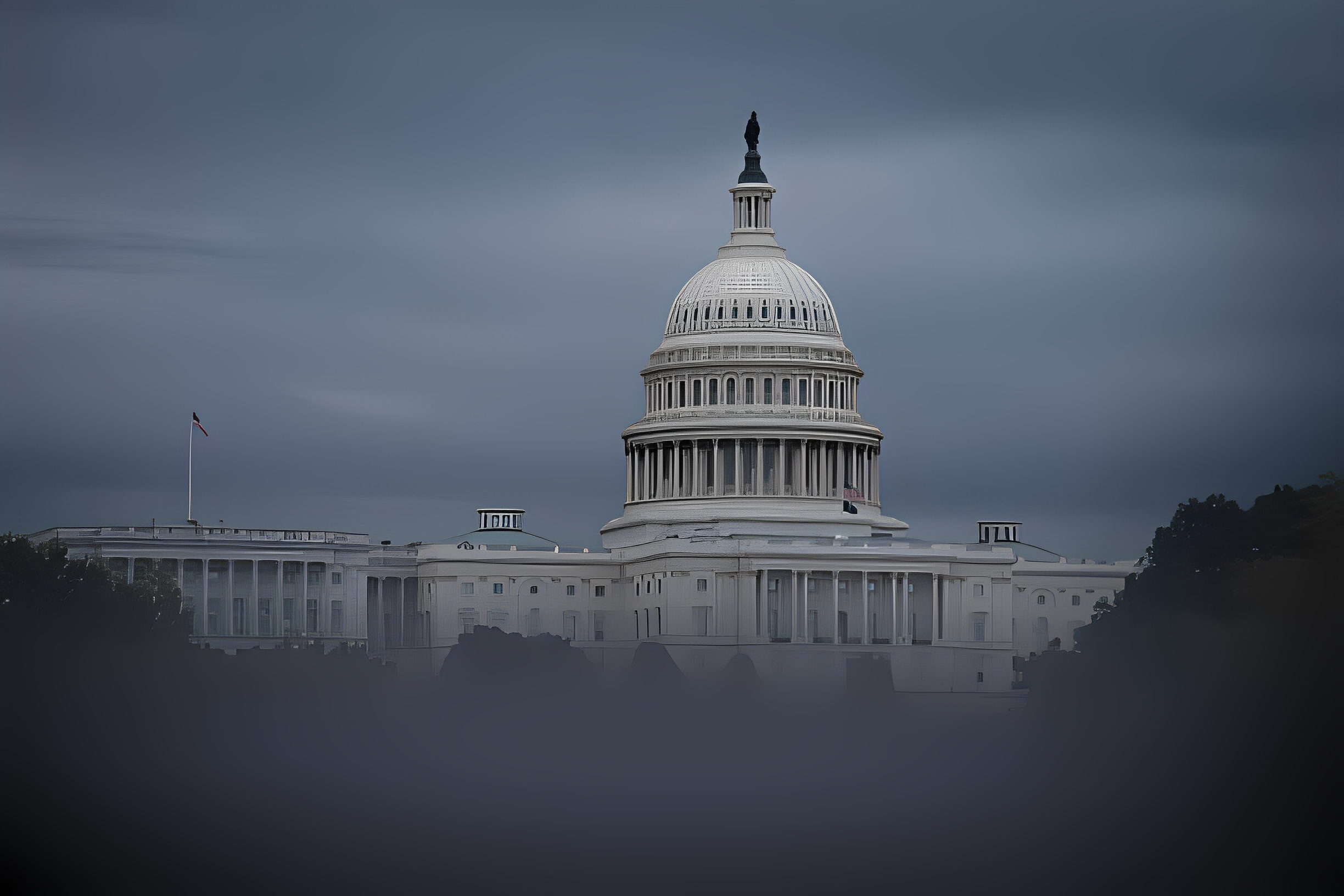
Senate’s early-hour passage of Ukraine aid faces deadlock in the House, showcasing stark U.S. political divides over immigration policy and foreign aid priorities.
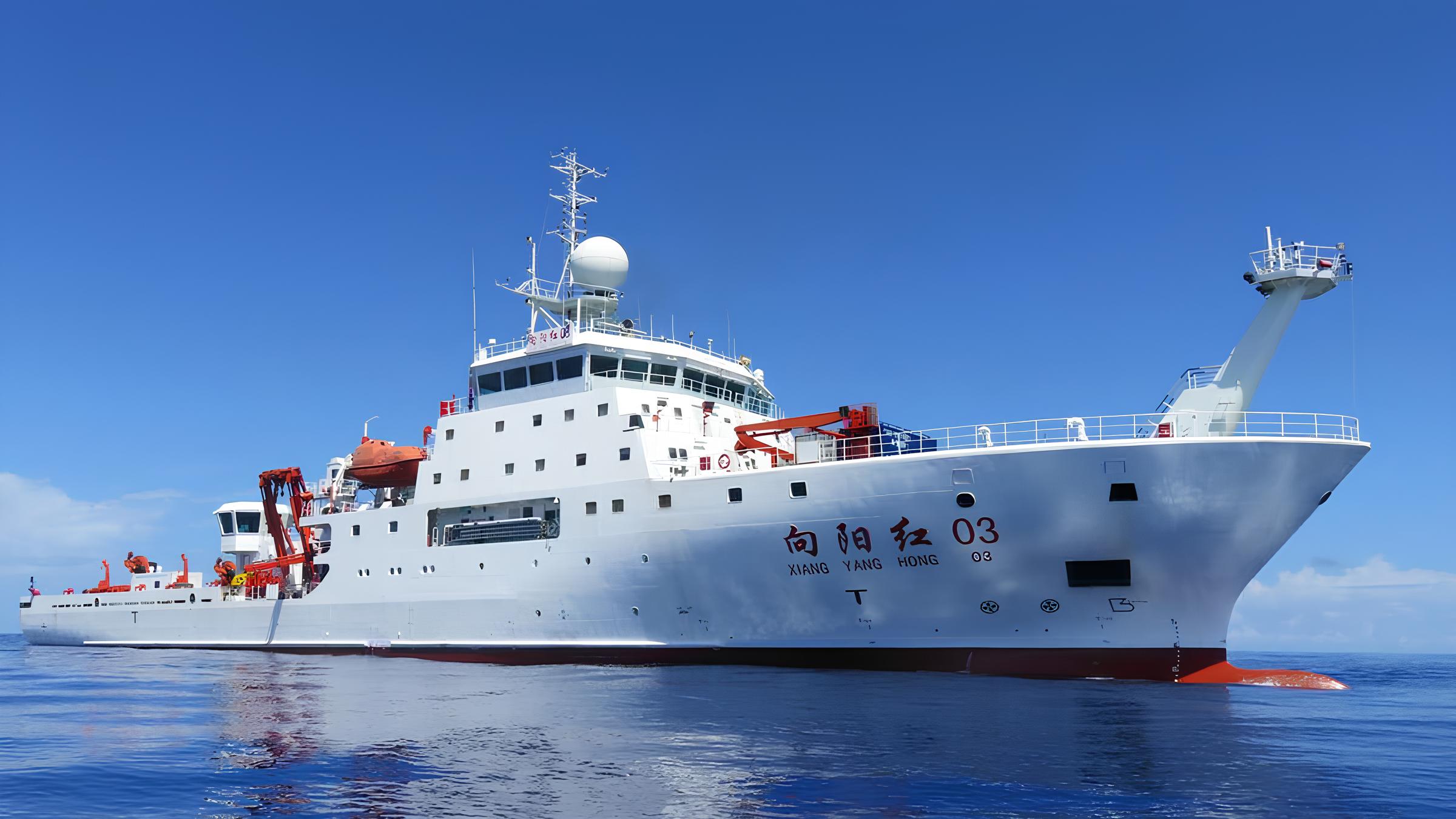
Diplomatic tensions between India and Maldives escalate, with President Muizzu seeking closer ties with China amid economic challenges.
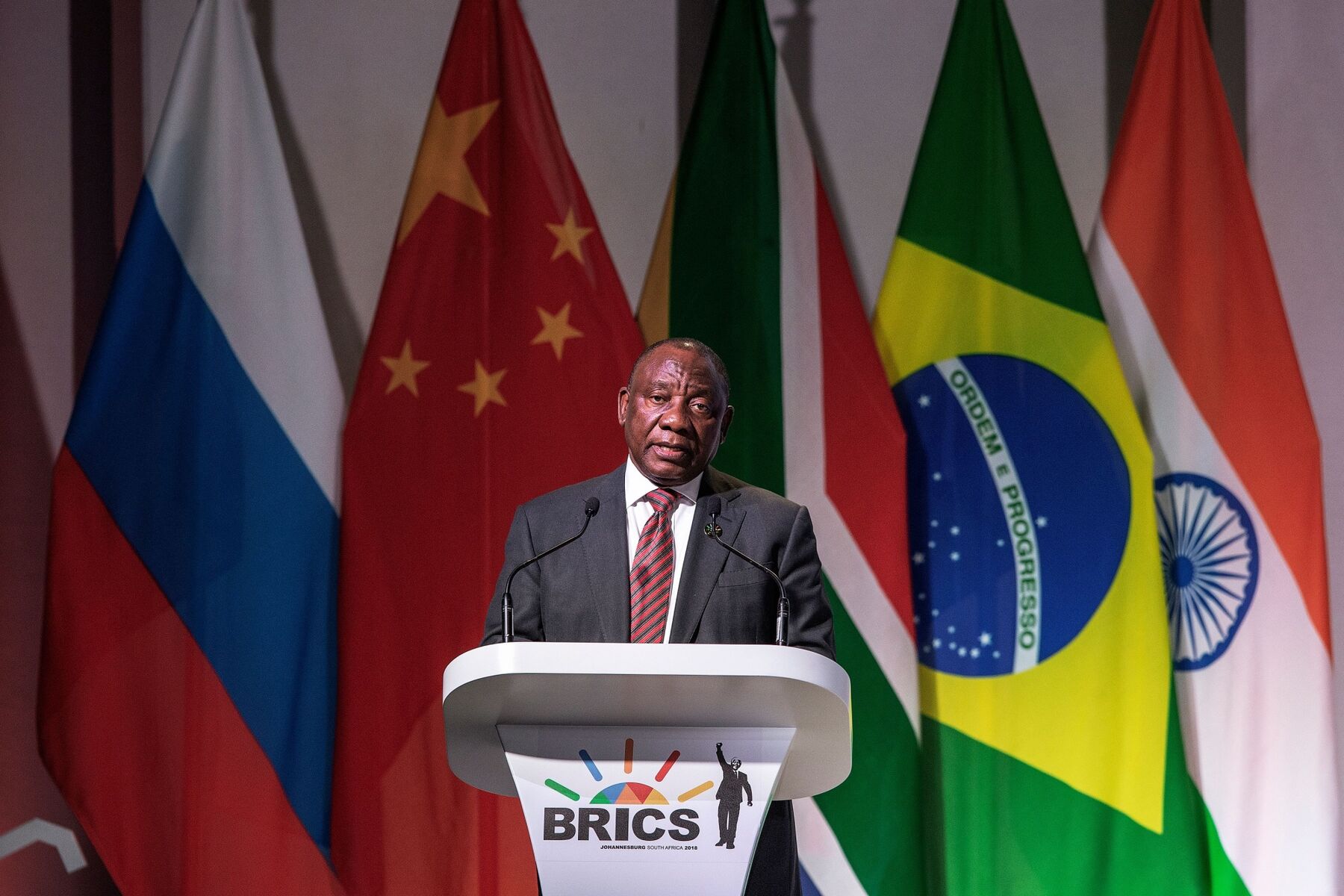
The expansion of BRICS and the inclusion of Africa indicate significant changes in global economic balances. Challenging the dominance of the West, BRICS emphasizes the goal of creating alternative economic structures, especially in Africa.
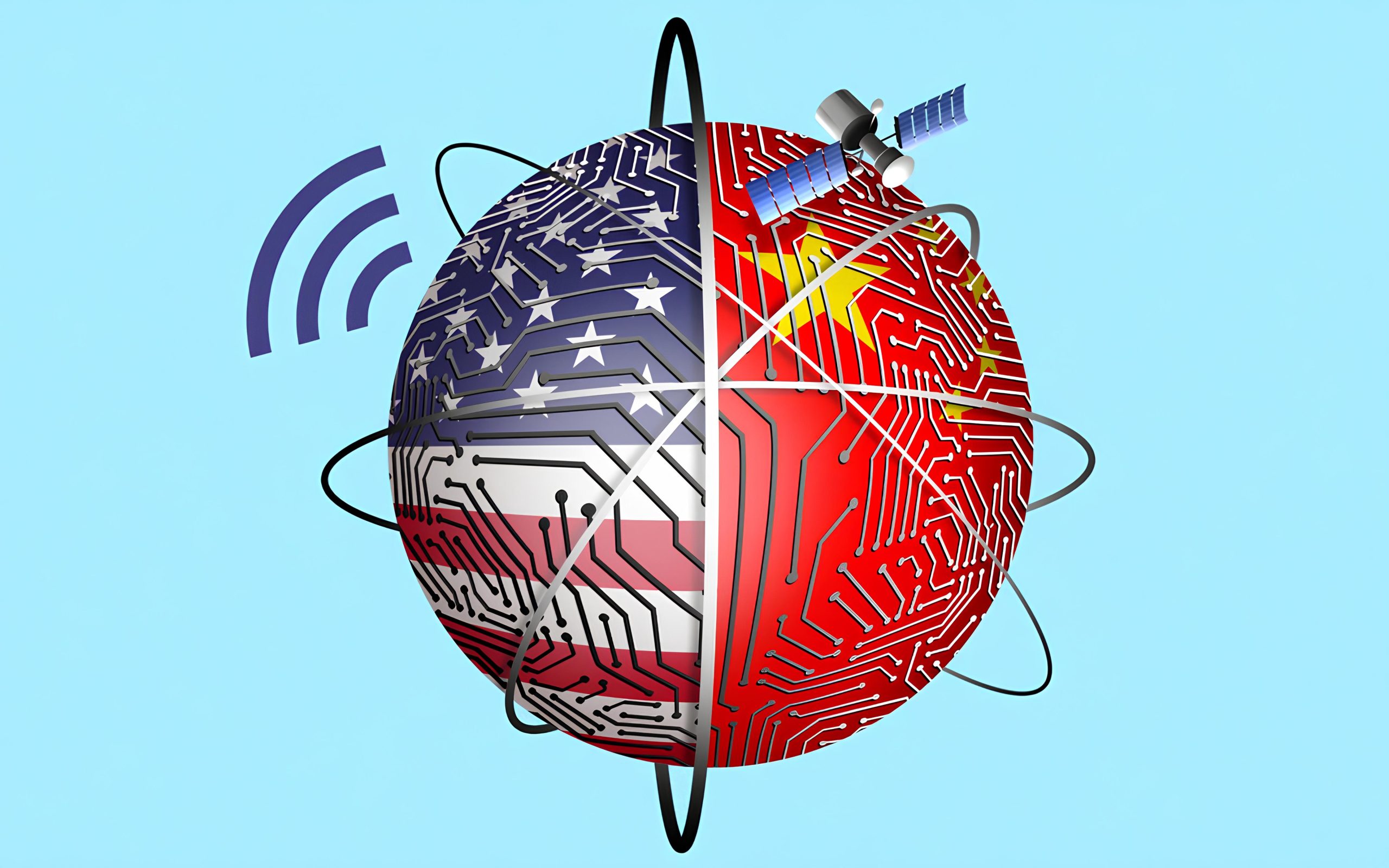
In addition to concerns about China’s surveillance activities through high-altitude balloons, Chinese telecommunications providers such as Huawei and ZTE raise national security concerns.
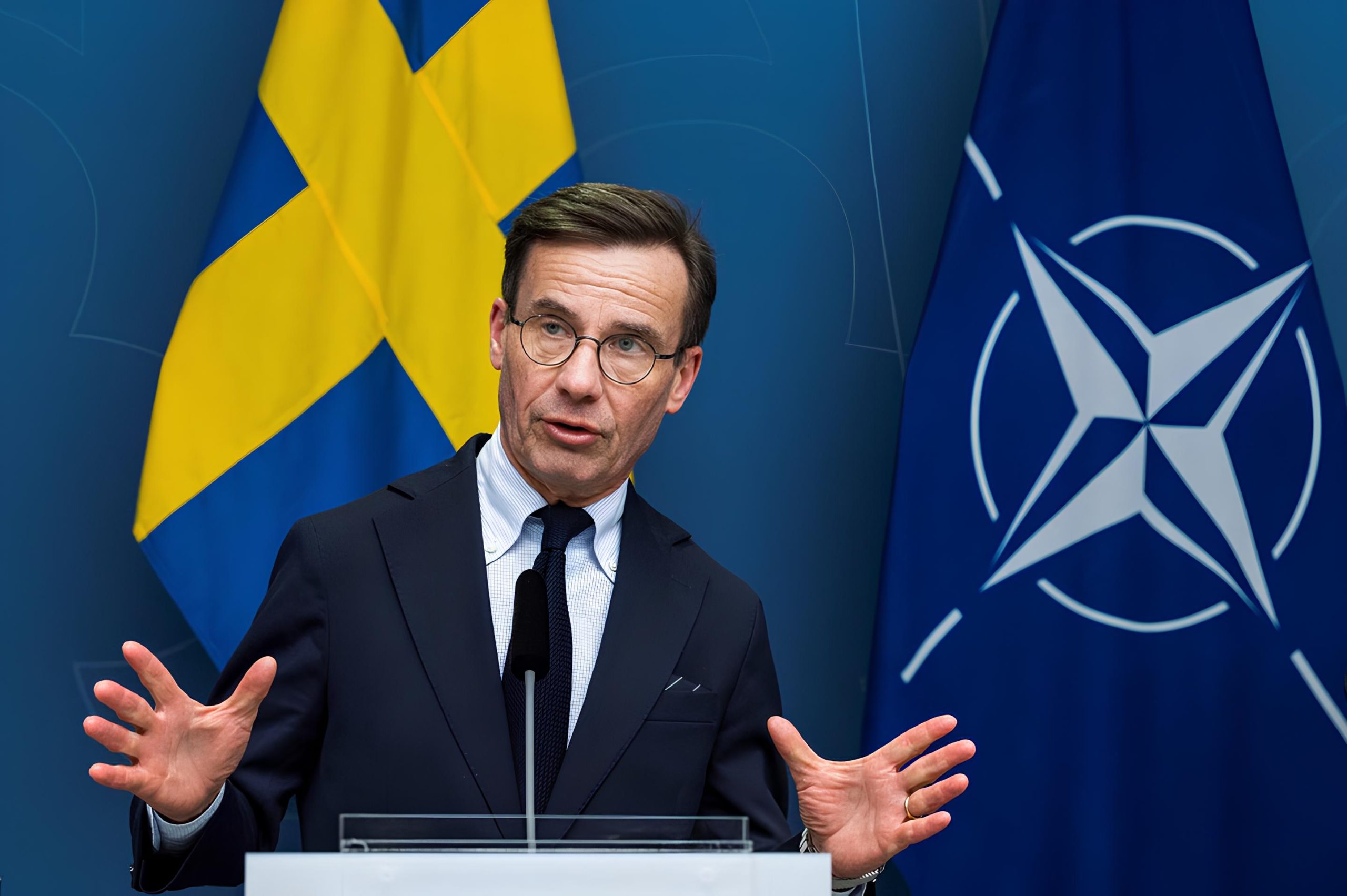
Türkiye’s objection to Sweden’s NATO membership revolves around Sweden’s reluctance to designate organizations like the PKK and YPG as terrorist groups and its handling of relations with these entities. Türkiye is concerned that this stance could weaken NATO’s unity in combating terrorism.

US airstrikes against IRGC-linked forces in Iraq and Syria demonstrate military success but face political challenges. Pre-announcement allowed Iran to evacuate, raising questions about the effectiveness of shaping Iran’s behavior and establishing deterrence.
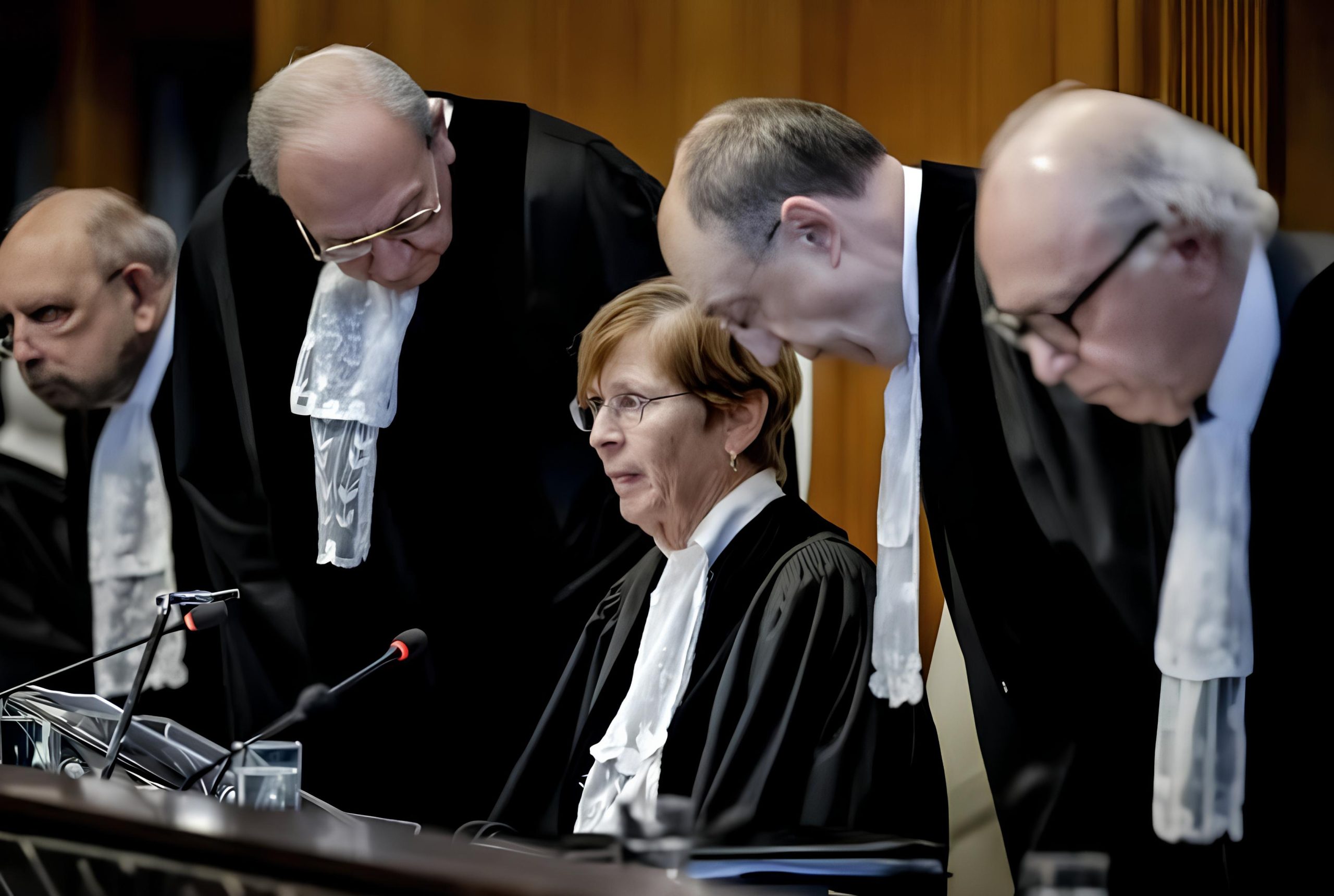
Ukraine partially vindicated as Russia found in breach of ICSFT, CERD. Verdict emphasizes language ban in Crimea schools and investigative shortcomings.

EU, NATO navigate aid disputes, US Republicans resist. Zelensky’s army chief decision adds tension. Putin bets on Western support erosion to achieve goals in Ukraine. 2024 question: Can Allies defy Putin and stand with Ukraine?

Post-New Hampshire primary, Trump’s strong support persists, questioning Haley’s viability. Biden contends with Williamson, Philips, Kennedy Jr, and West, facing potential vote splitting.
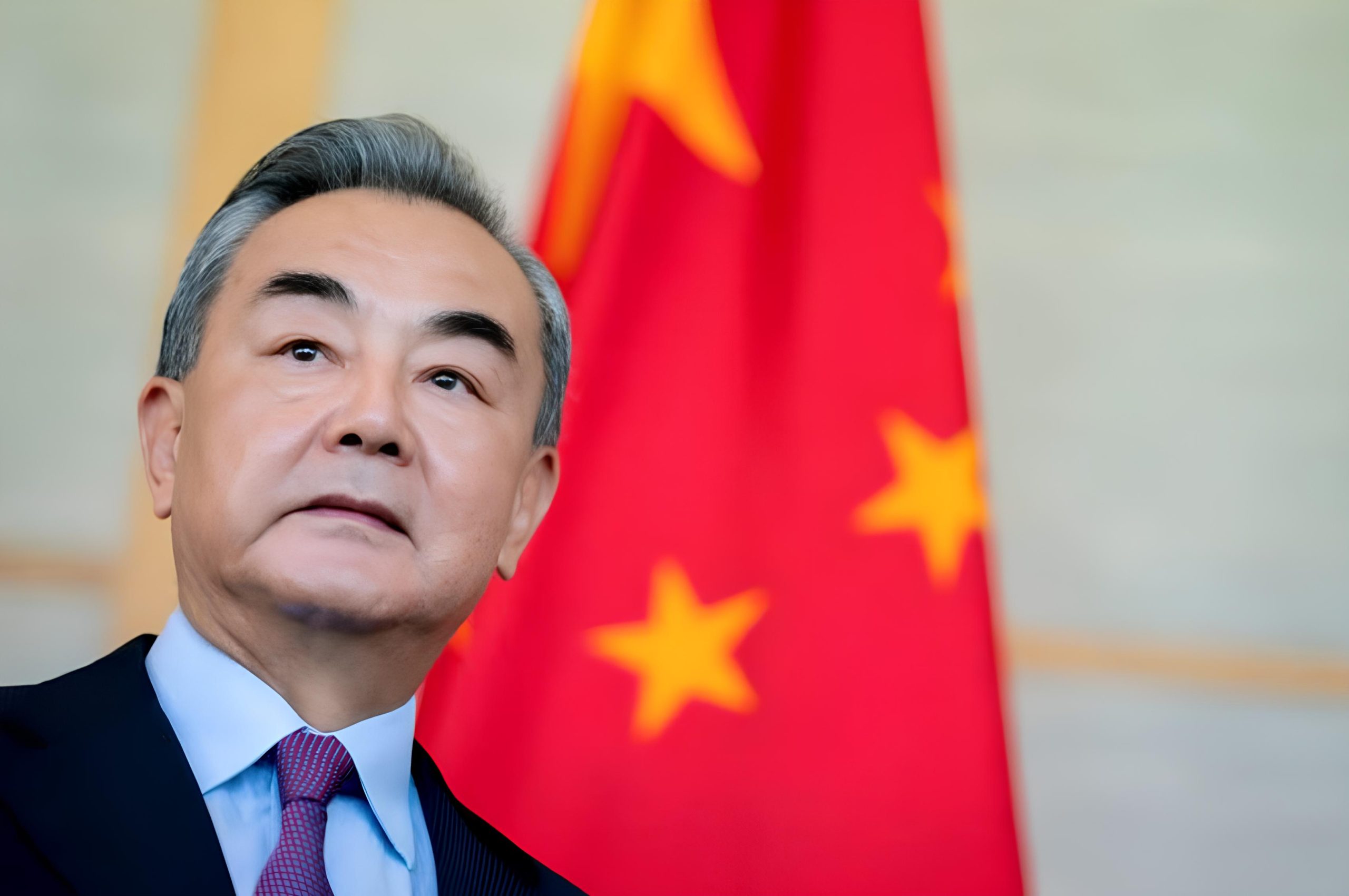
China calls for restraint in Gaza, USA launches Operation Prosperity Guardian, Houthi attacks on Red Sea ships.
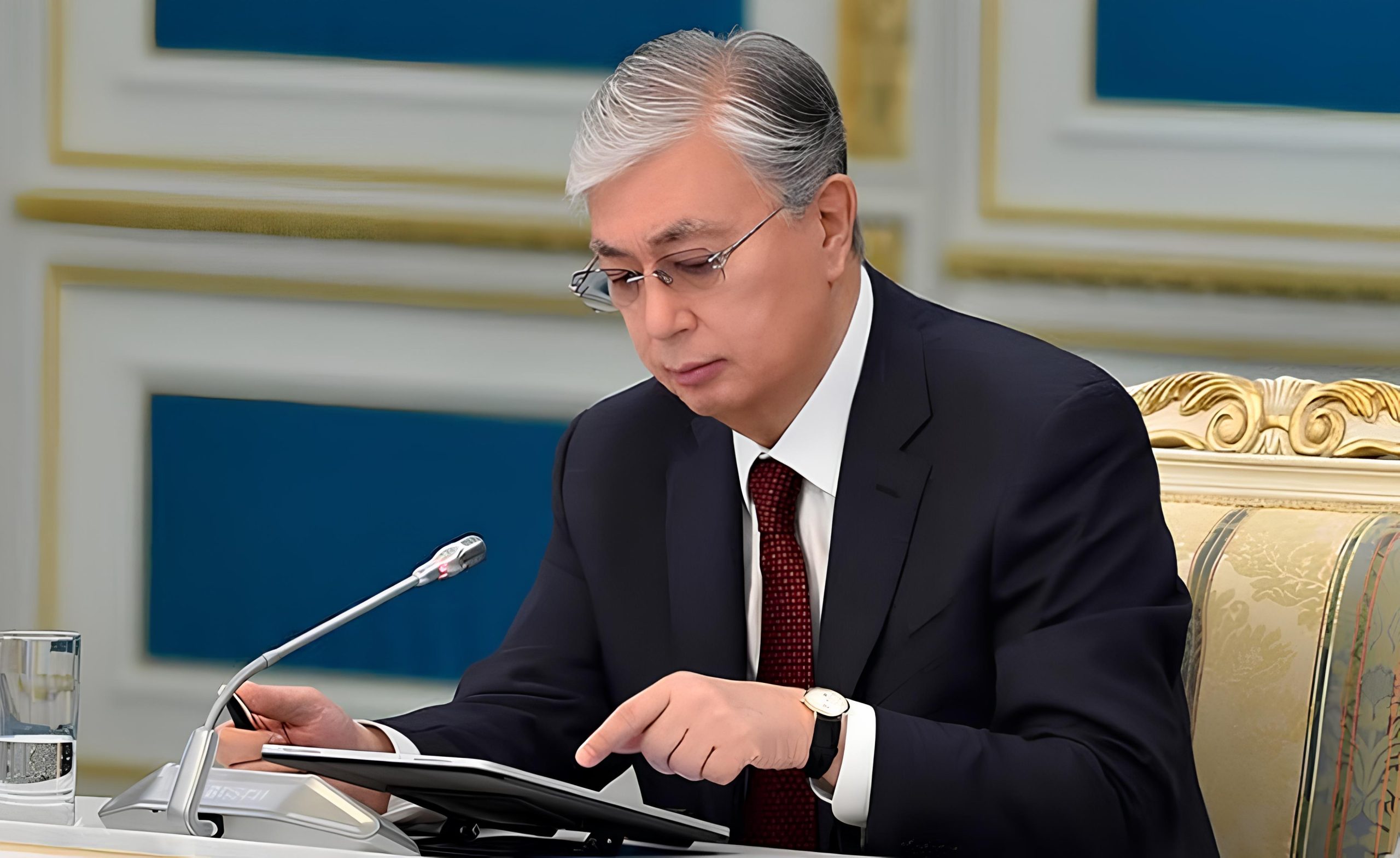
Kazakhstan, led by President Tokayev, prioritizes a balanced foreign policy, emphasizing diplomacy as it tackles global challenges through initiatives like the UN biological security agency proposal.
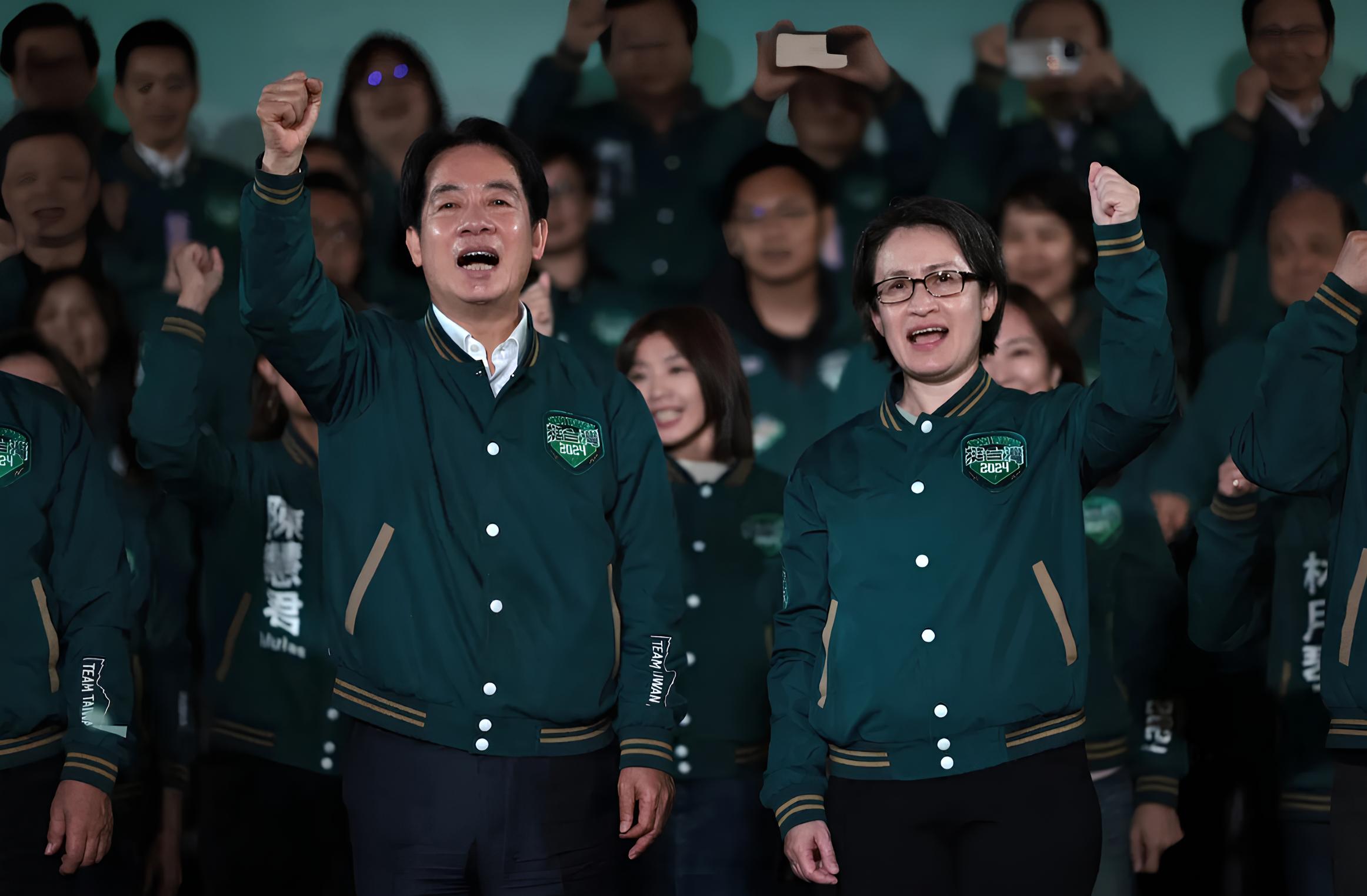
Lai Ching-te’s third term victory in Taiwan’s election underscores resilience against China’s interference, shaping geopolitical dynamics.
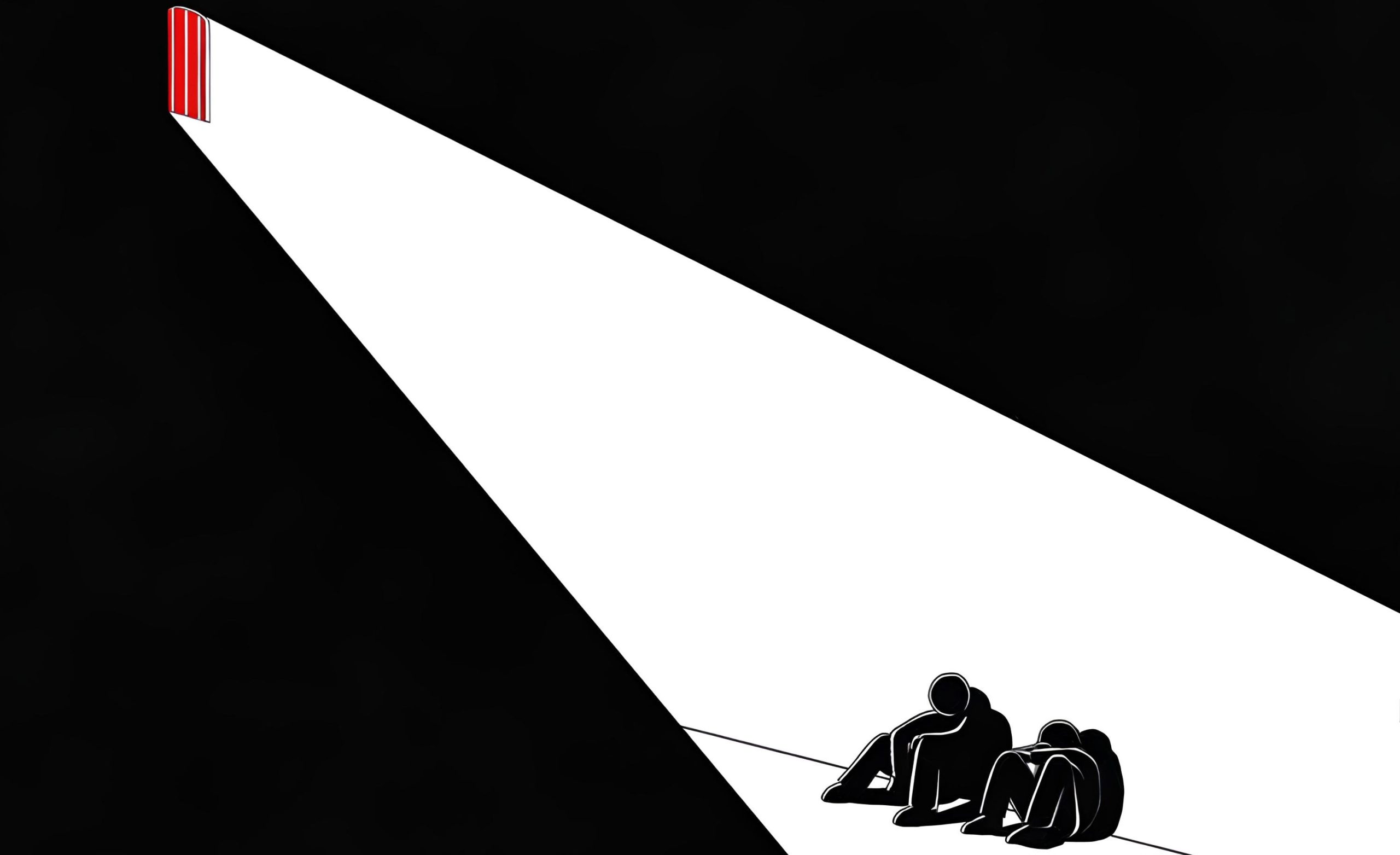
In today’s international dialogues, this is a key issue that remains unresolved. Bargaining involving people and illegal diplomatic initiatives are among the primary reasons why this issue cannot be resolved.

Iran’s recent cross-border attacks signal a strategic move to assert dominance amid regional tensions and internal pressures.

Border clashes test Pakistan-Iran ties amid struggle against Baloch separatists; unusual airstrikes escalate tensions.
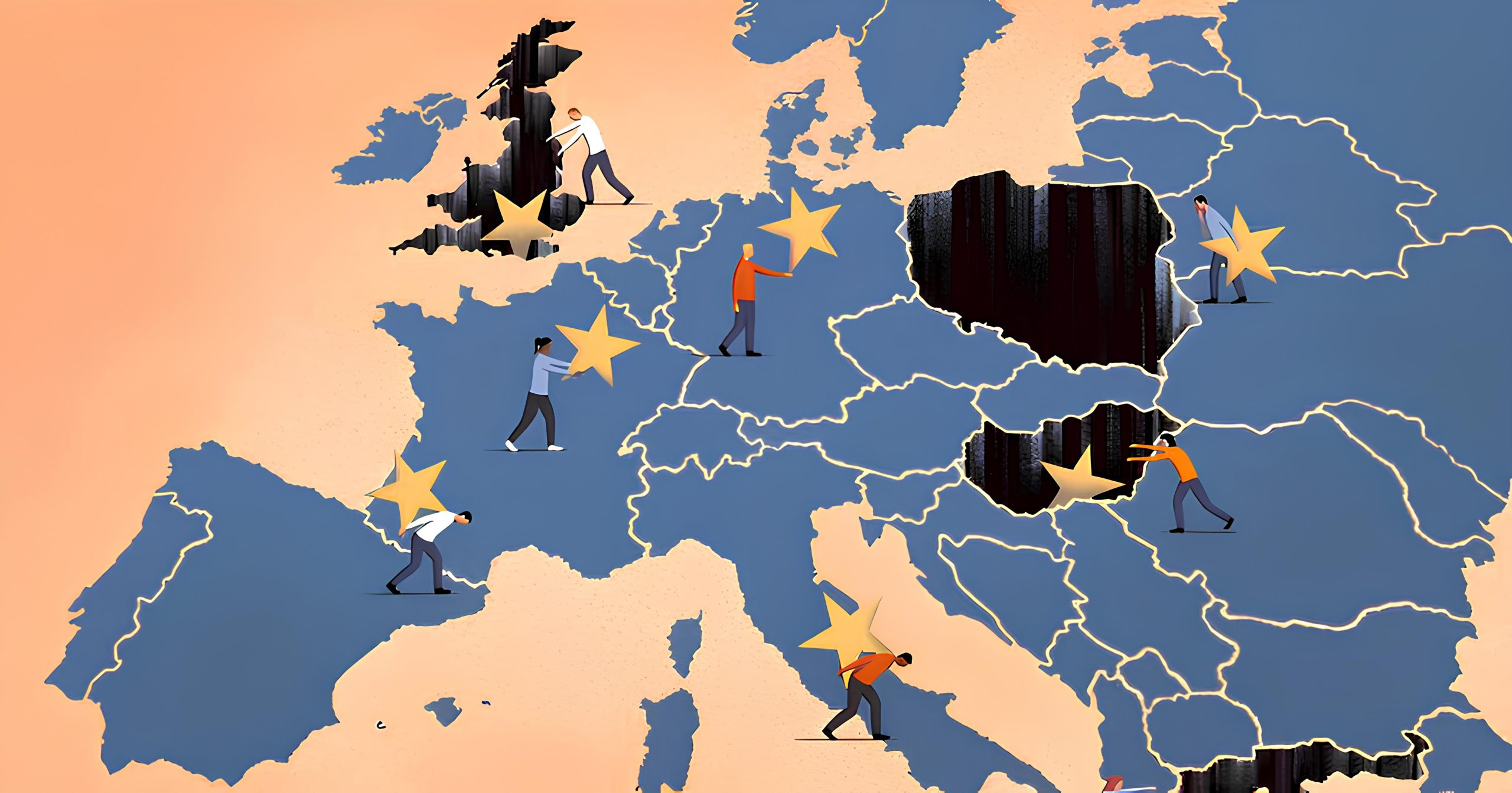
Europe’s transformative decade: economic crises, migration dynamics, and the surge of far-right movements. Spotlight on Türkiye’s refugee stance, EU deals, and the shaping of 2024 political landscape.
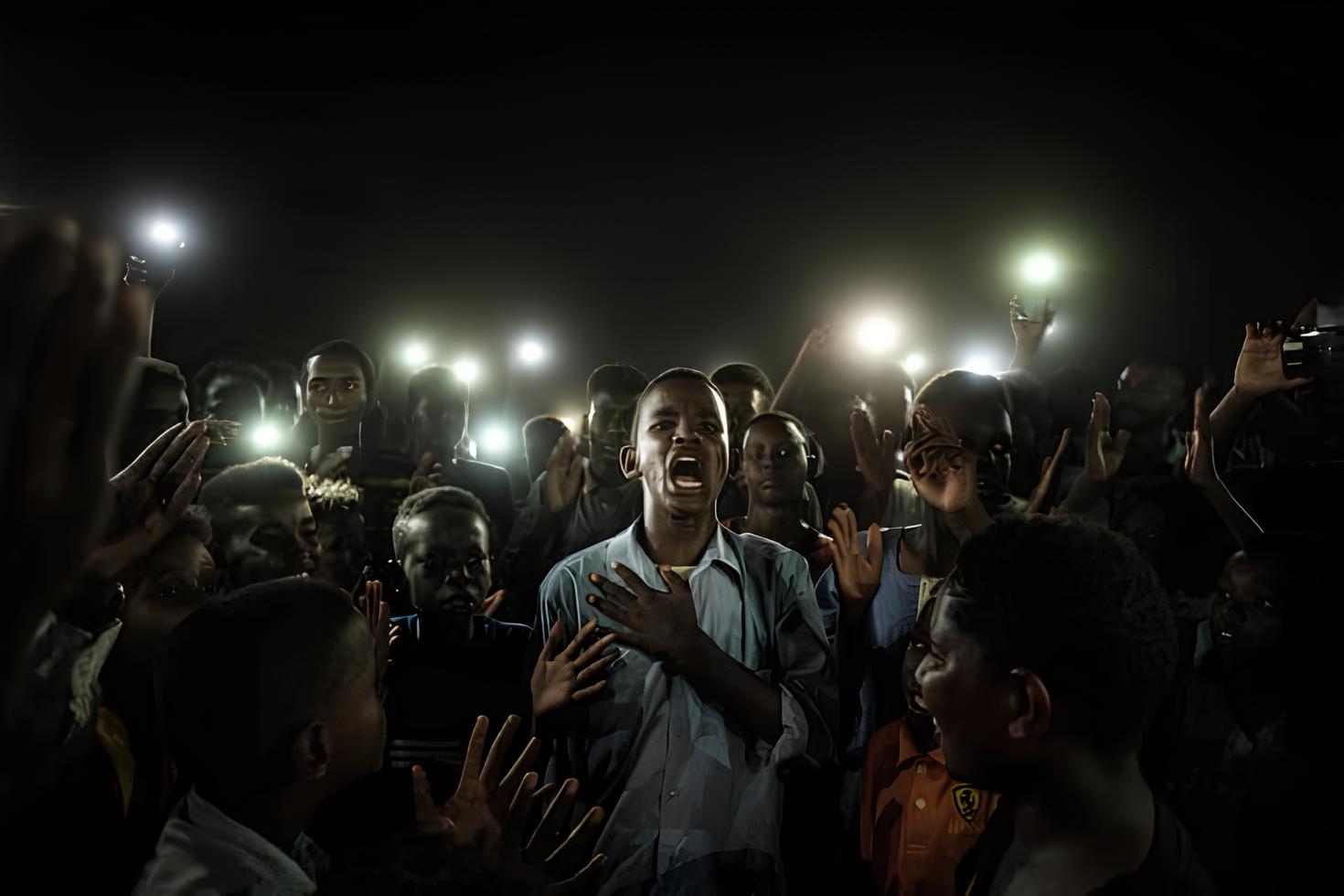
UN exits Congo post-civilian protests; Tshisekedi pushes for self-reliant peacekeeping with regional aid. Ongoing militia issues and human rights debates challenge the nation’s pursuit of autonomy.
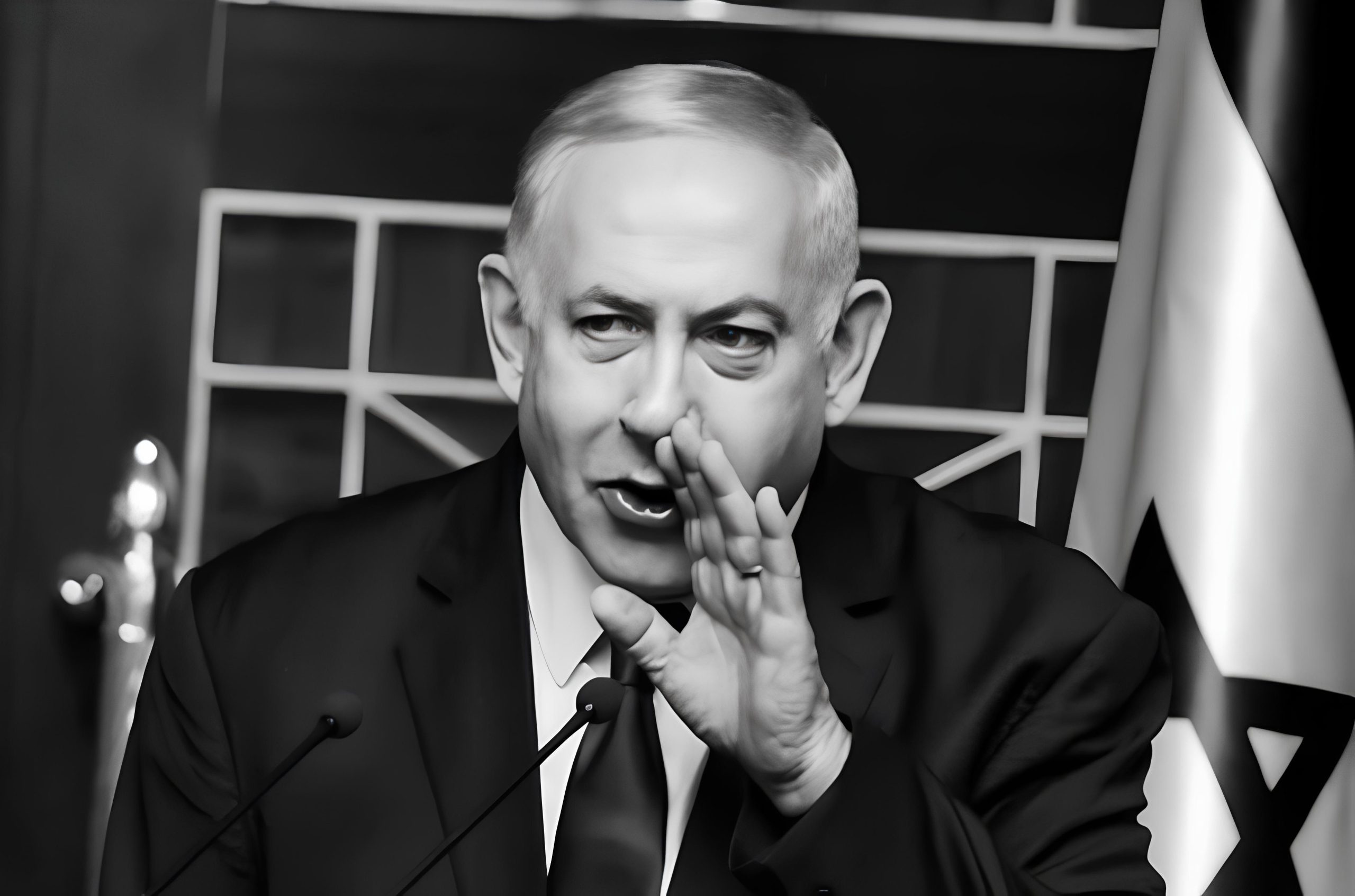
Netanyahu’s actions, tied to religious justification, draw criticism for human rights violations. Balancing peace requires reconsideration of disproportionate force.
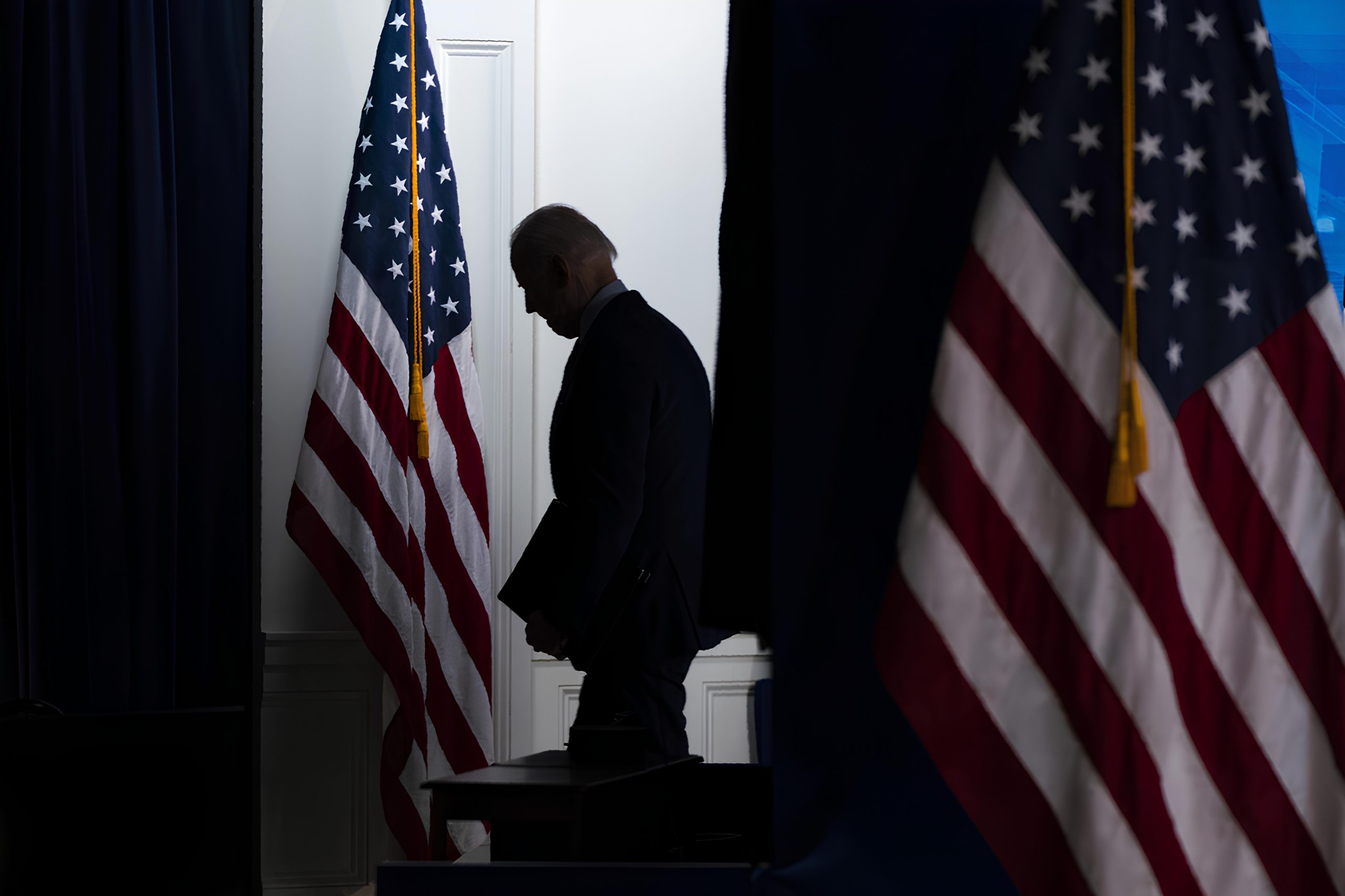
Changing Republican views on immigration and Trump’s influence create uncertainty for Ukraine’s aid, reflecting challenges in securing crucial international support.
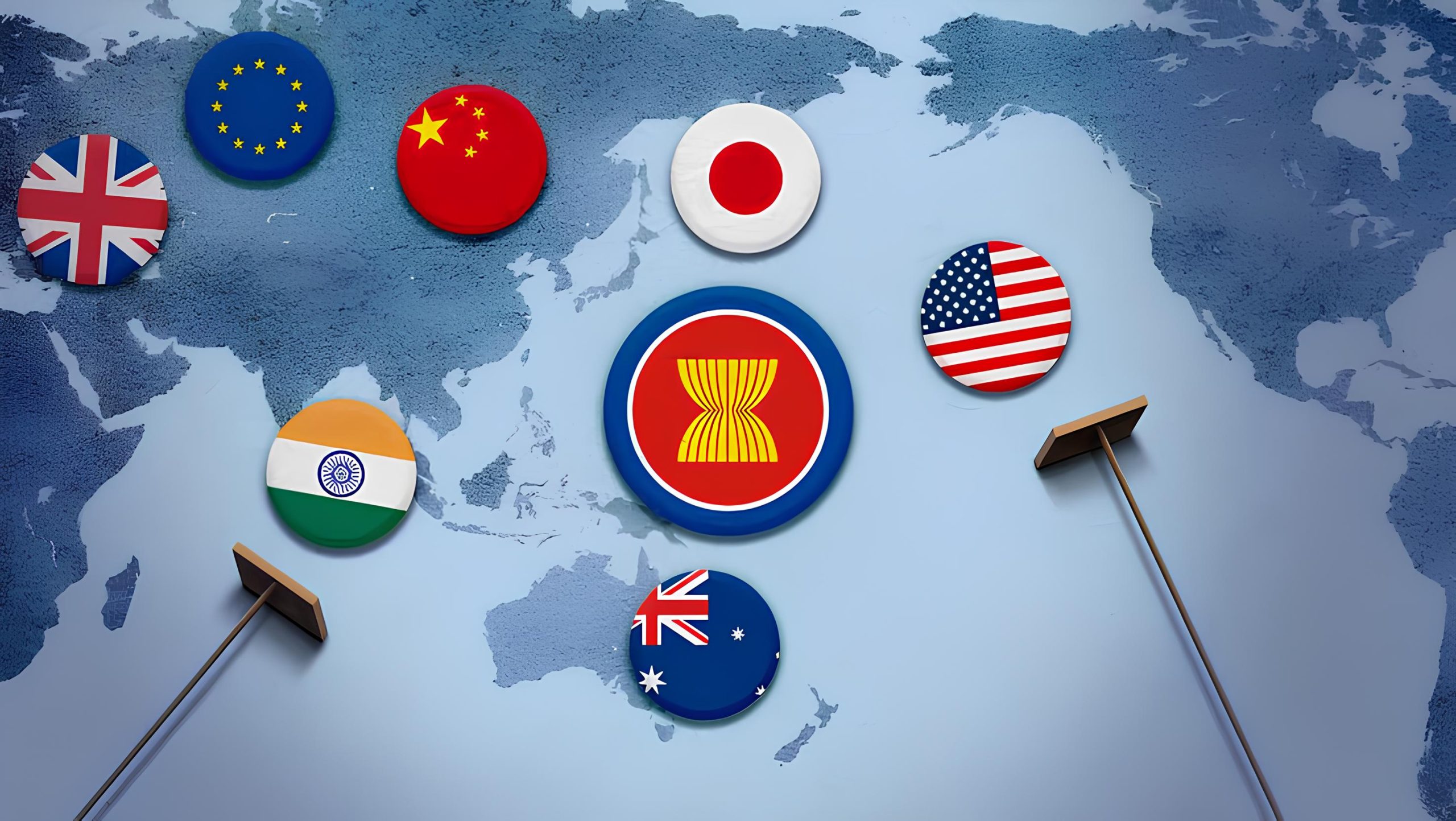
Unifying nations for trade, security, and growth – the Indo-Pacific Strategy charts a course toward a balanced and resilient global future.
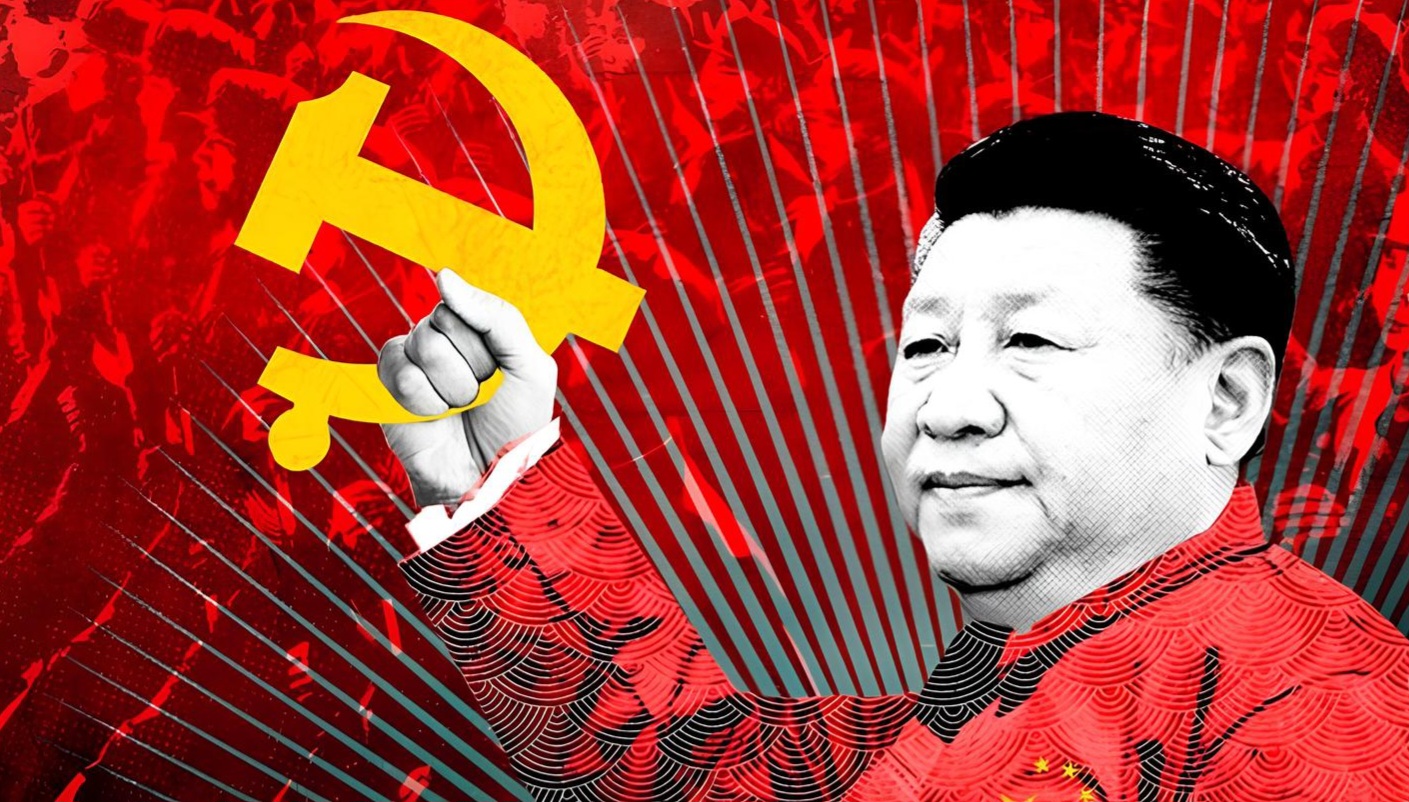
The historical Thucydides Trap looms, raising concerns about the region’s stability. Dialogue is crucial to avoid conflict in this intricate power play.
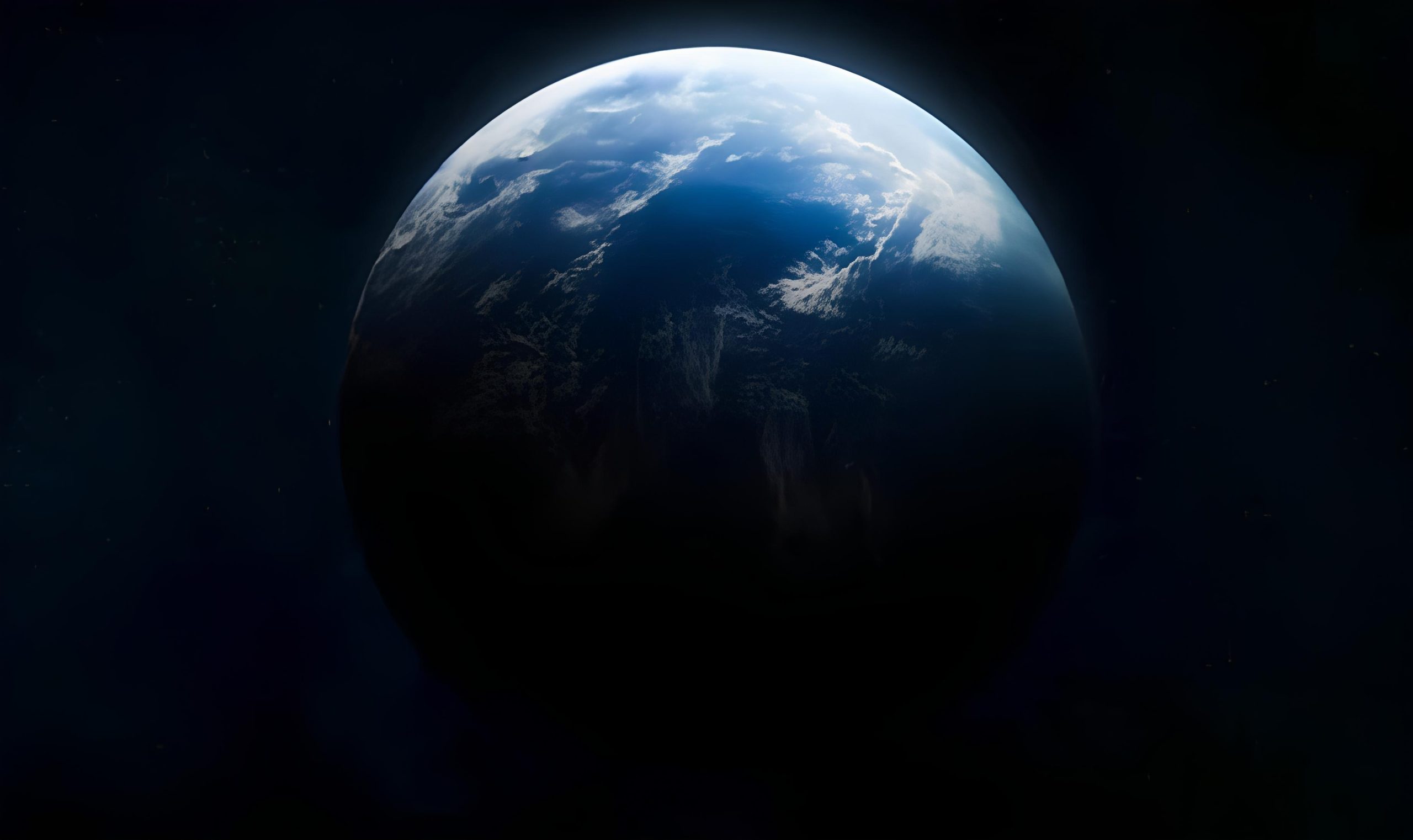
The methodological differences in International Relations represent a distinct separation between positivist and post-positivist approaches.
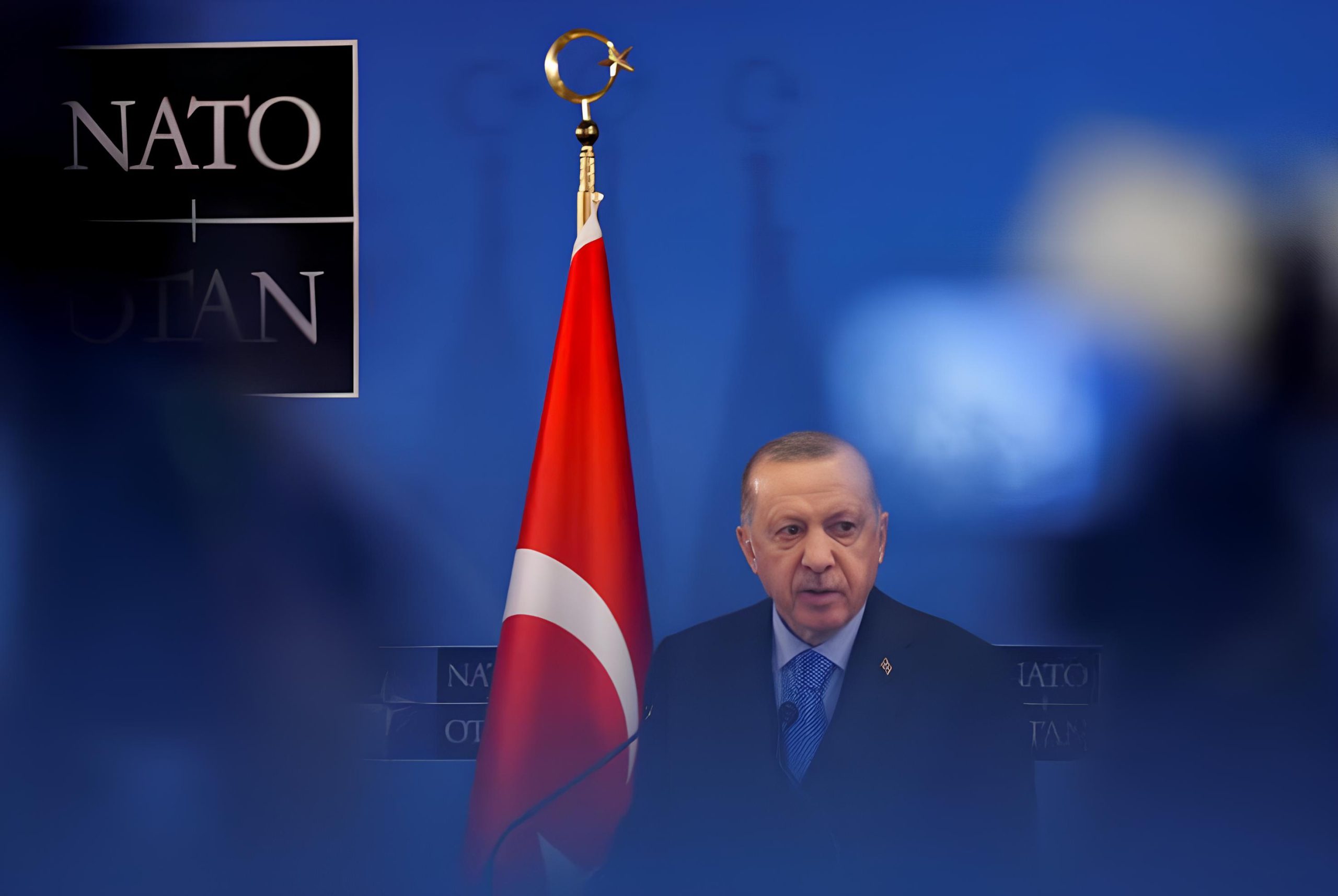
Türkiye’s balancing role within NATO and Ukraine’s potential membership will contribute to strengthening the alliance.

Jordan’s shifting strategic alliances from its historical ties to the Palestinian cause highlight the geopolitics of the region.
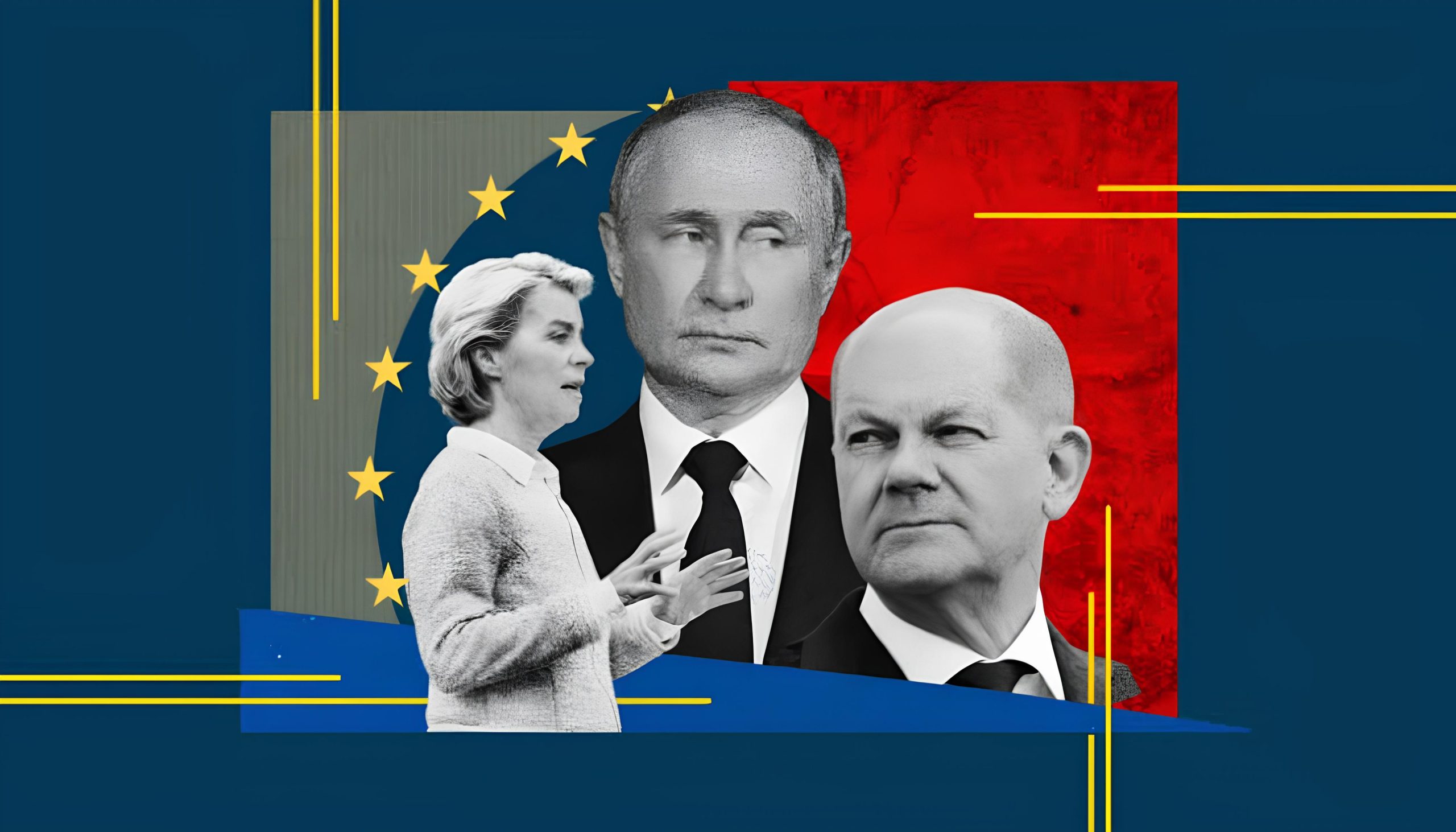
The EU’s enlargement process, internal structural reforms and complex regional dynamics profoundly affect the EU’s future landscape.
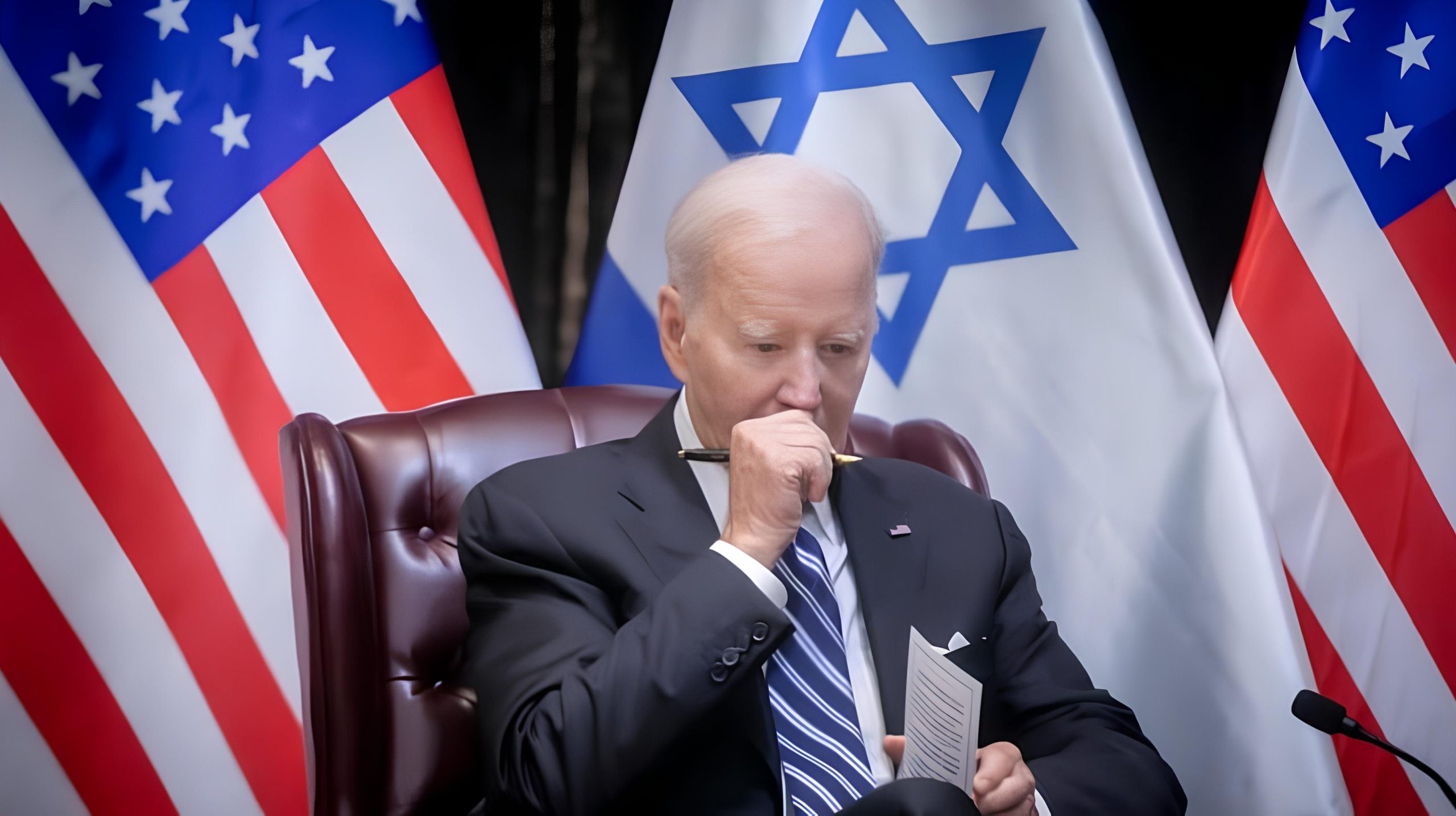
The traditional alliance relationship between the USA and Israel is not as strong as it once was, and the US is indispensable for its global leadership to take into account the growing interest in Palestine.
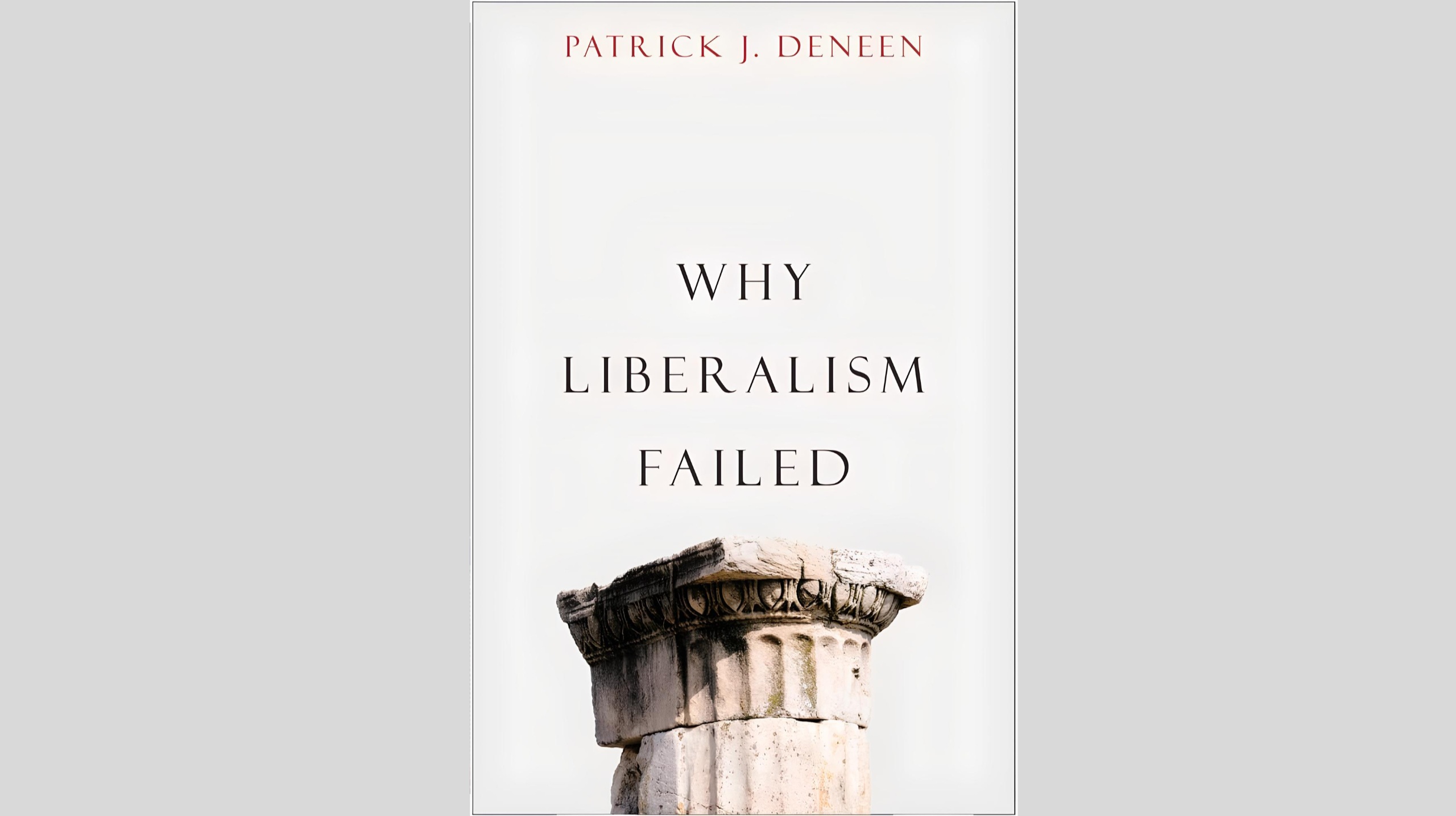
A better system will not automatically ensure a better life. In fact, the opposite is true: only by creating a better life can a better system be developed.
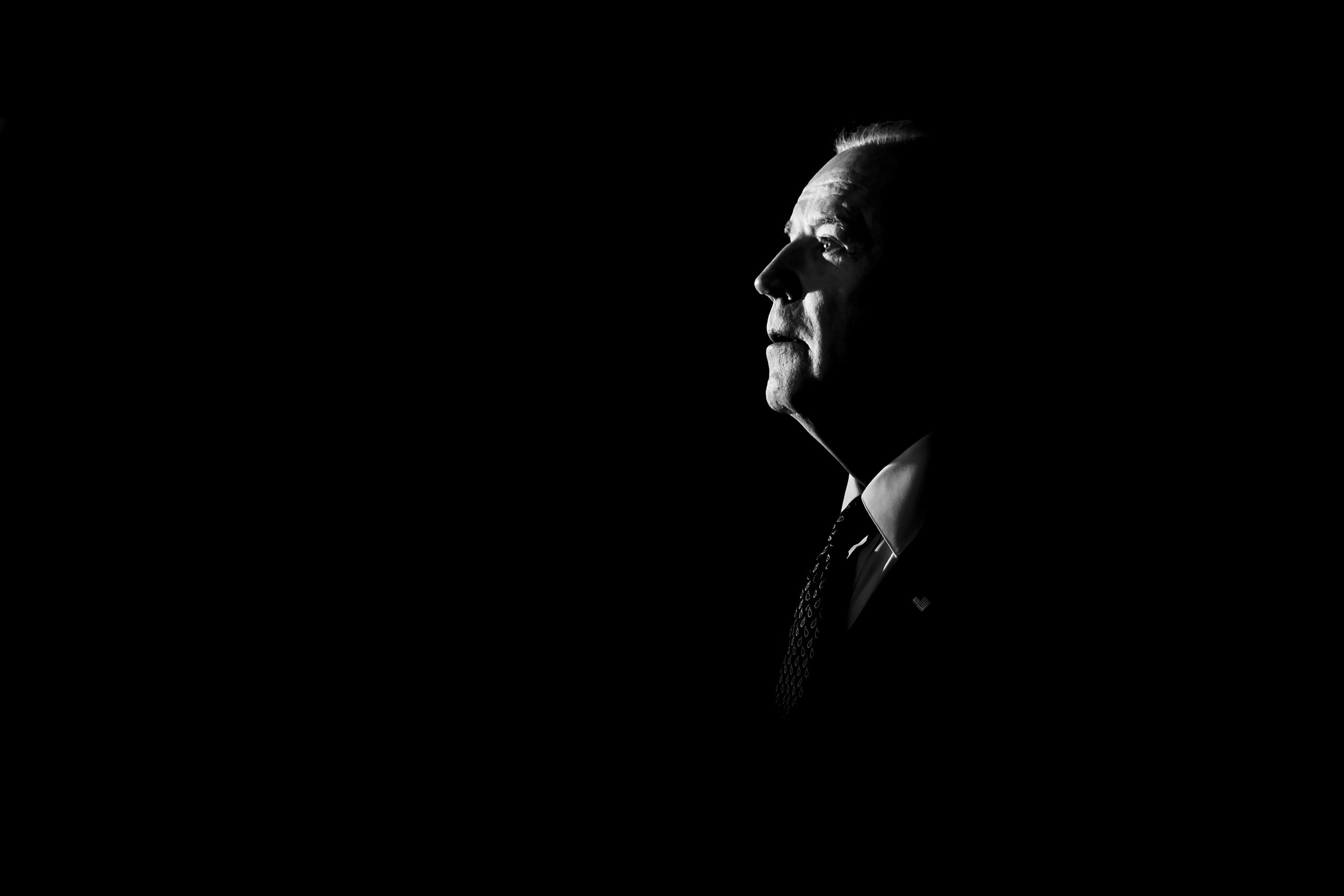
Biden’s America’s foreign policy has evolved from Trump’s unilateralism to multilateralism. Revitalizing the transatlantic world is important, but the United States still faces challenges.
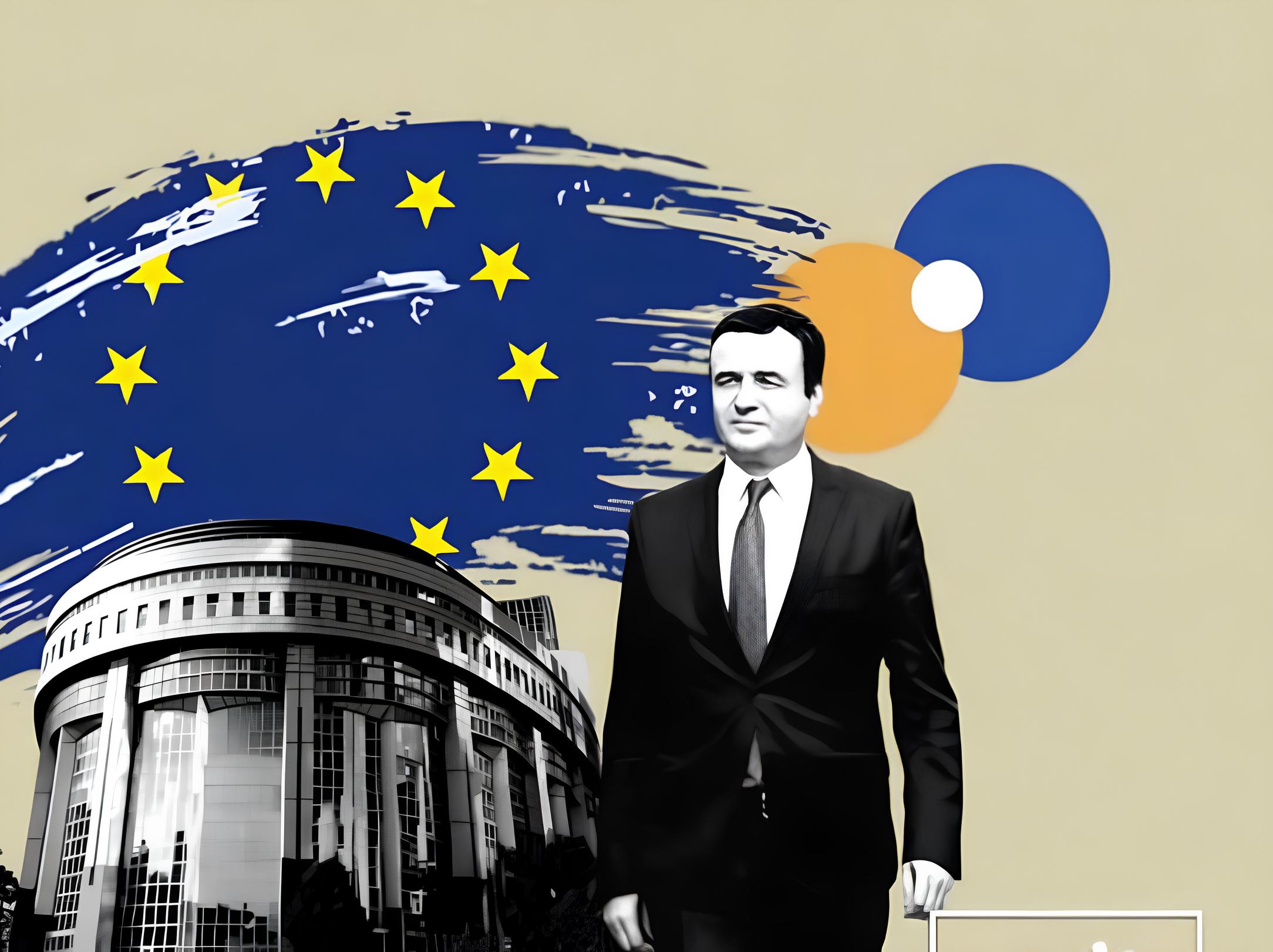
Is the European Union’s attitude towards Kosovo motivated by security needs or hypocrisy?

AI in terrorism, like ISIS using drones, poses a serious threat, requiring robust countermeasures.
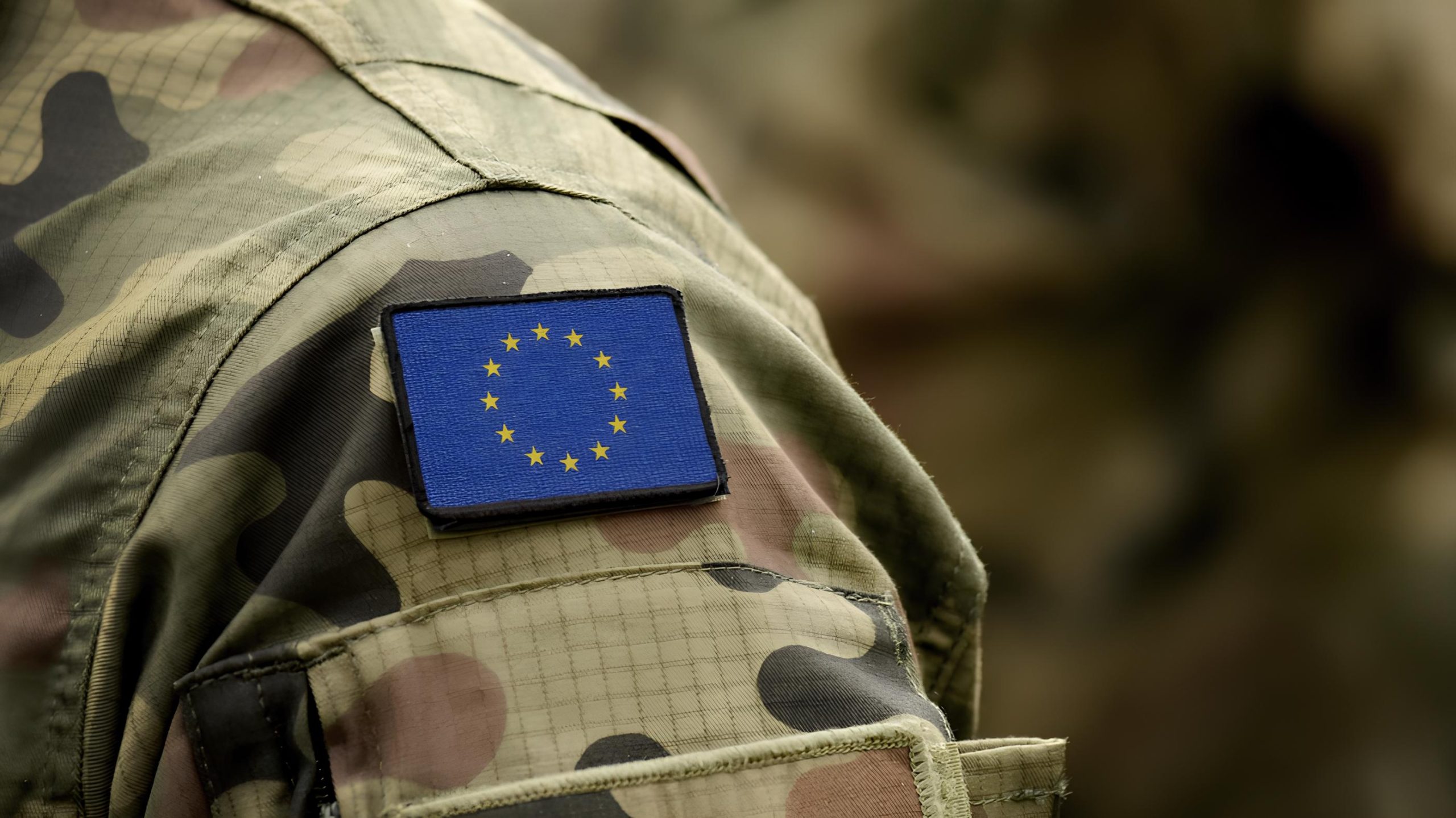
Could increased cooperation on defense issues at the EU level extend to the establishment of an EU army? Who will fund it? Who will run it? Who will control it? Let’s examine the EU in detail on this subject.
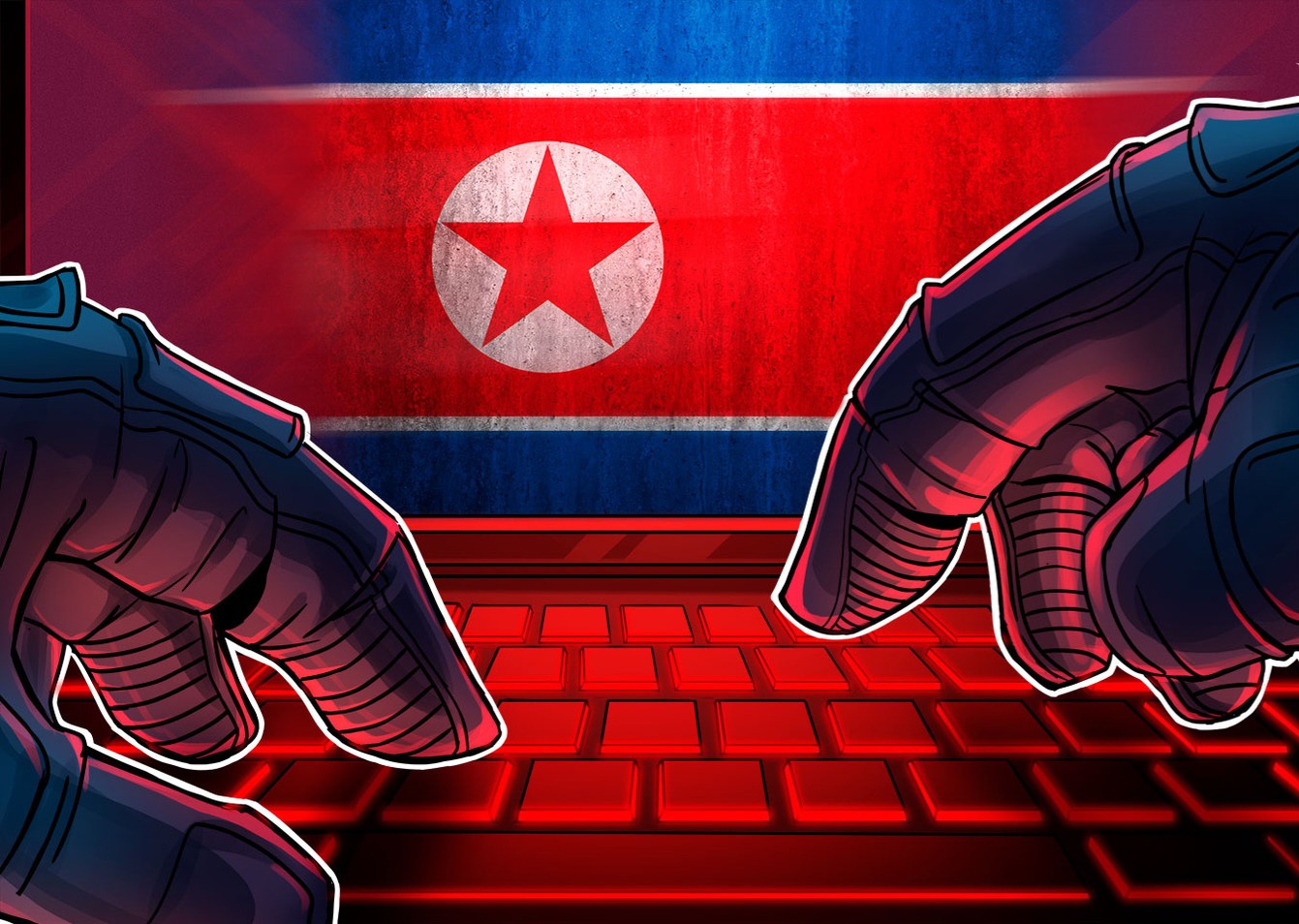
Cryptocurrency theft, especially by North Korea, sparks global security concerns; a joint effort by Japan, South Korea, and the U.S. aims to counteract this threat.

AI’s broad impact in security and politics necessitates careful management; decision-makers must navigate this transformation effectively.
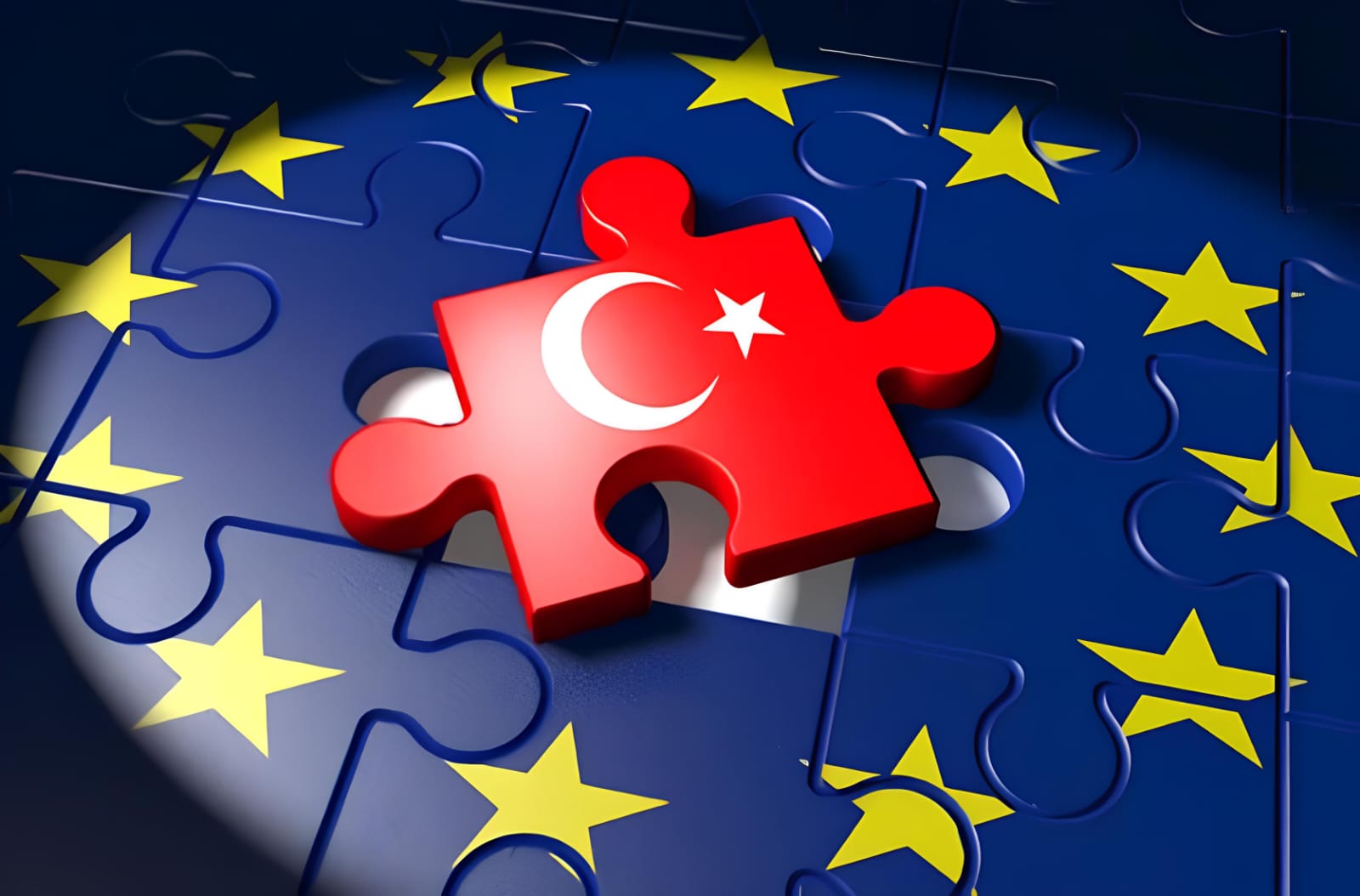
Türkiye’s EU aspirations face hurdles: geopolitical concerns, human rights issues, and historical complexities complicate accession.
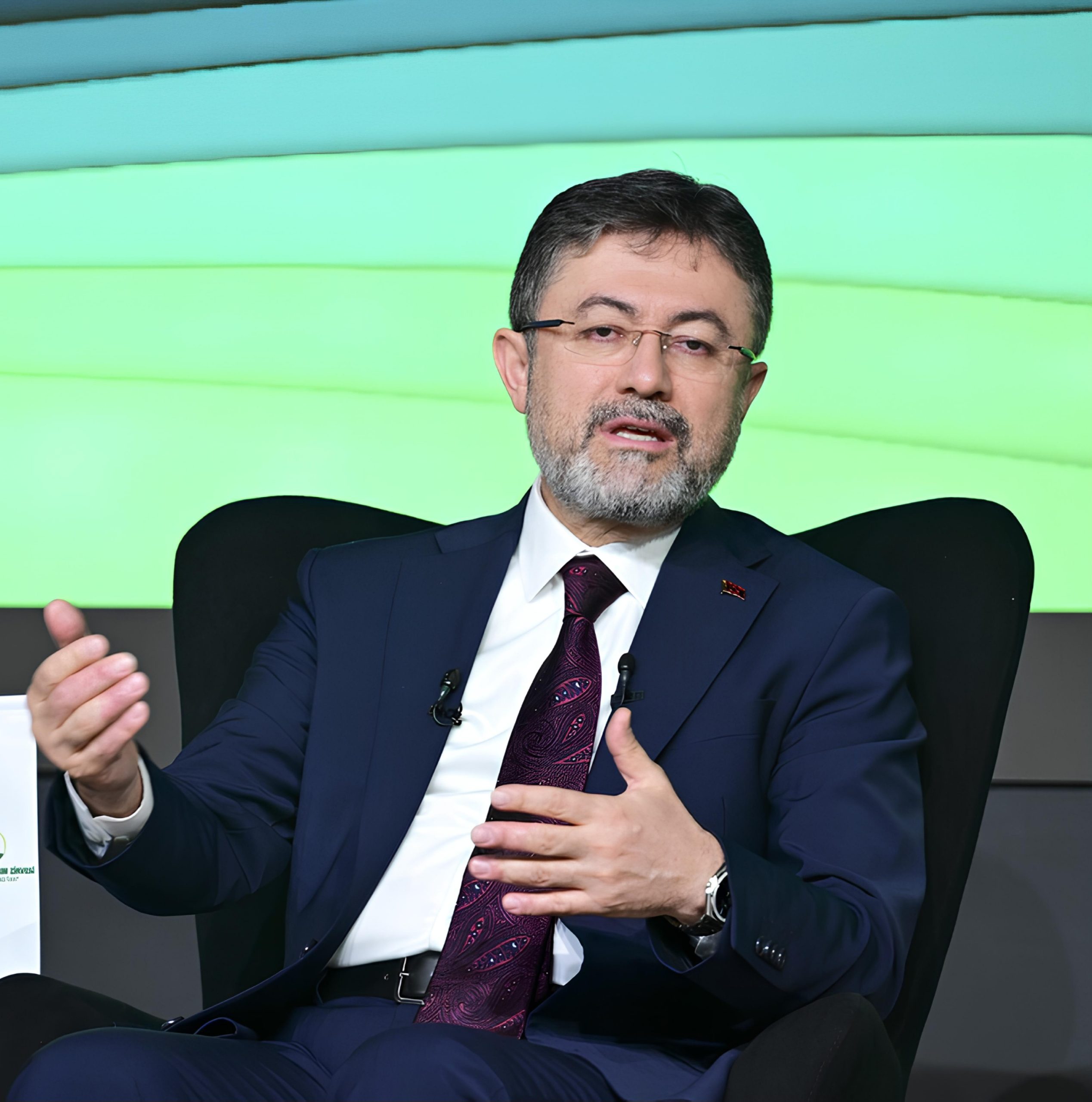
Yumaklı’s speech highlights Turkey’s water security amid climate change, urging national cooperation and mobilization for sustainable solutions.
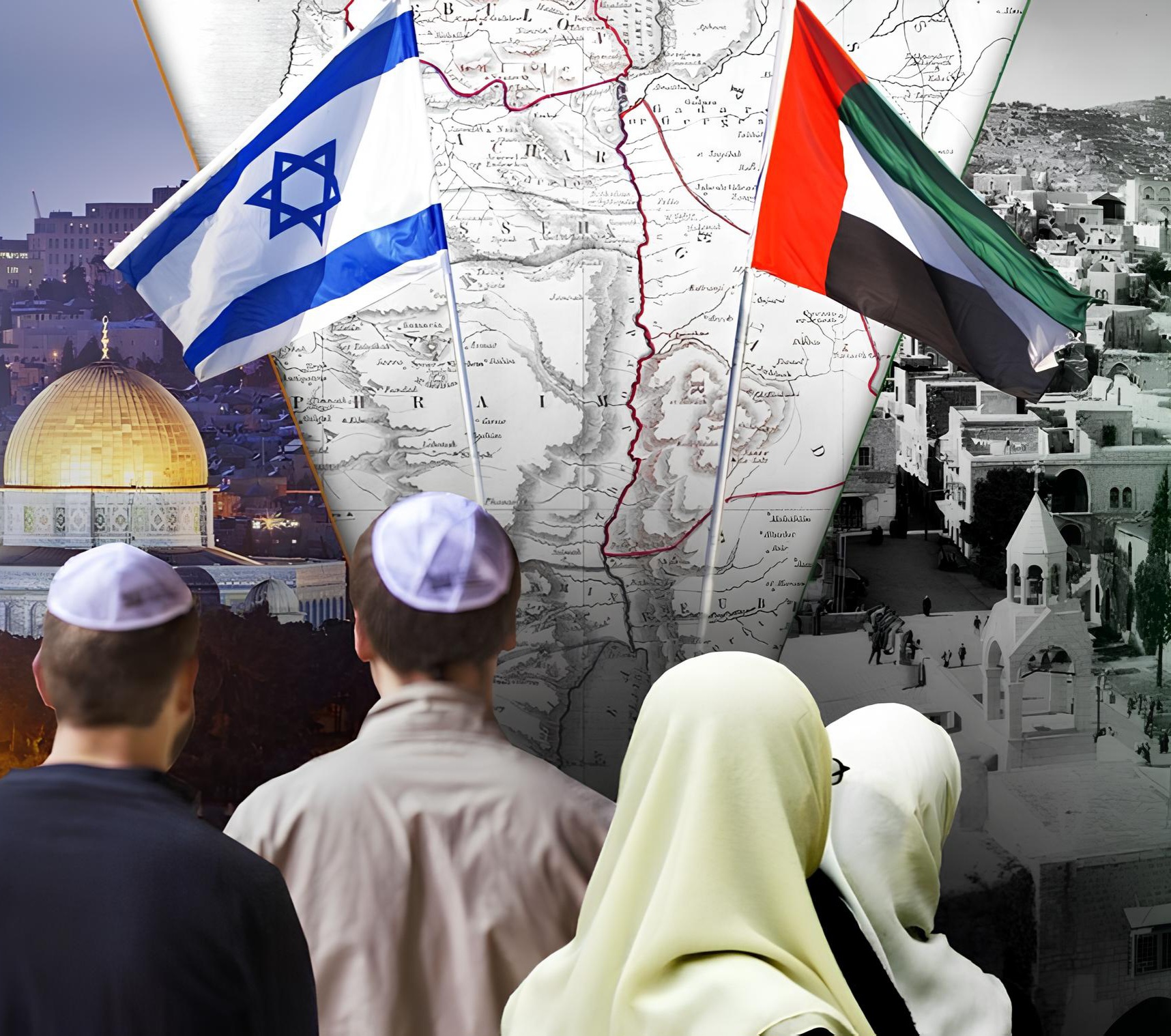
Like antisemitism in Europe, Palestinian land sales and the critical role of terrorist groups in the formation of Israel.
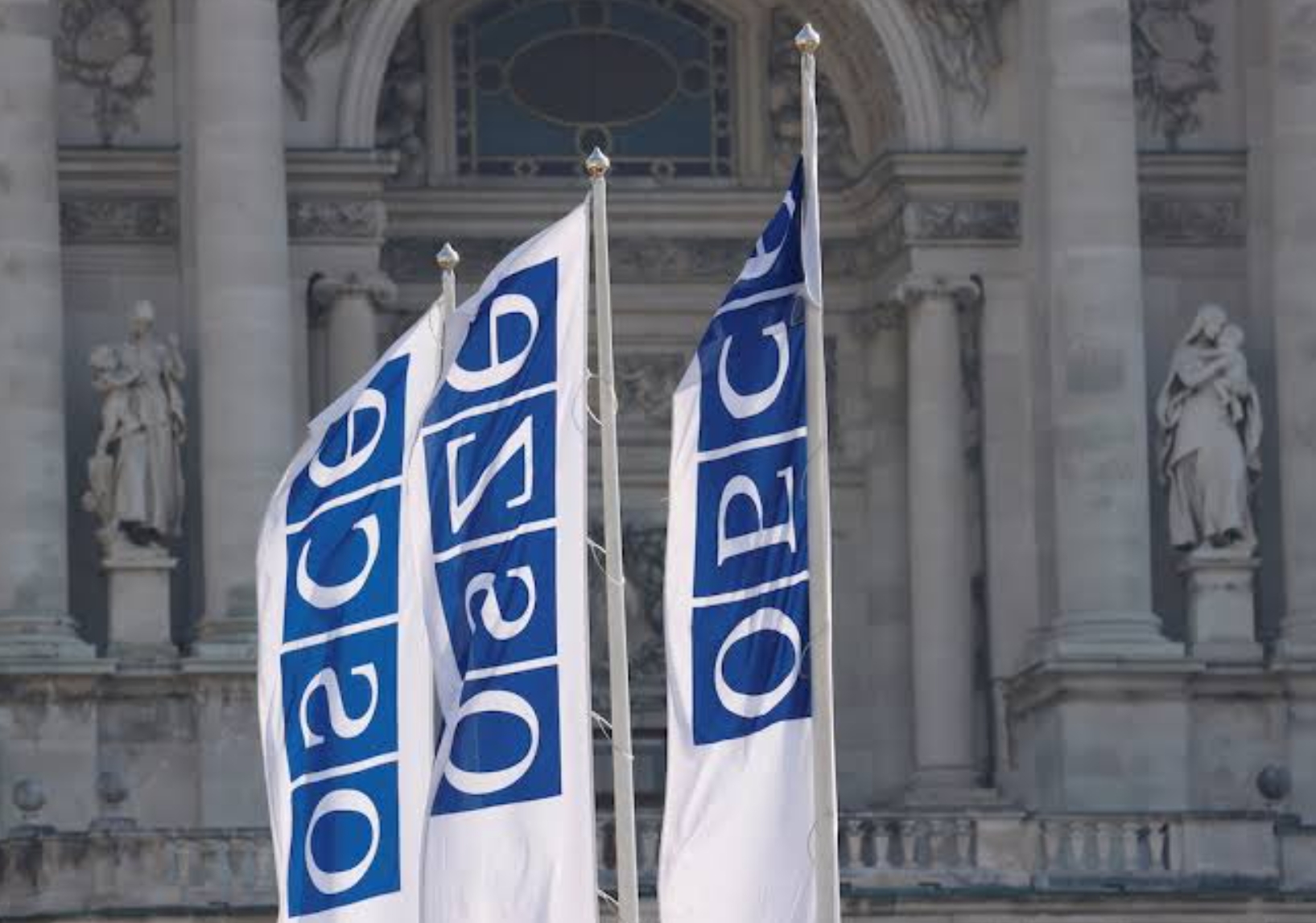
OSCE faces challenges with Russian influence, hindering efficient decision-making.

NATO Ministers meet in Brussels, focus on Ukraine, Middle East, and affirm China not an adversary.
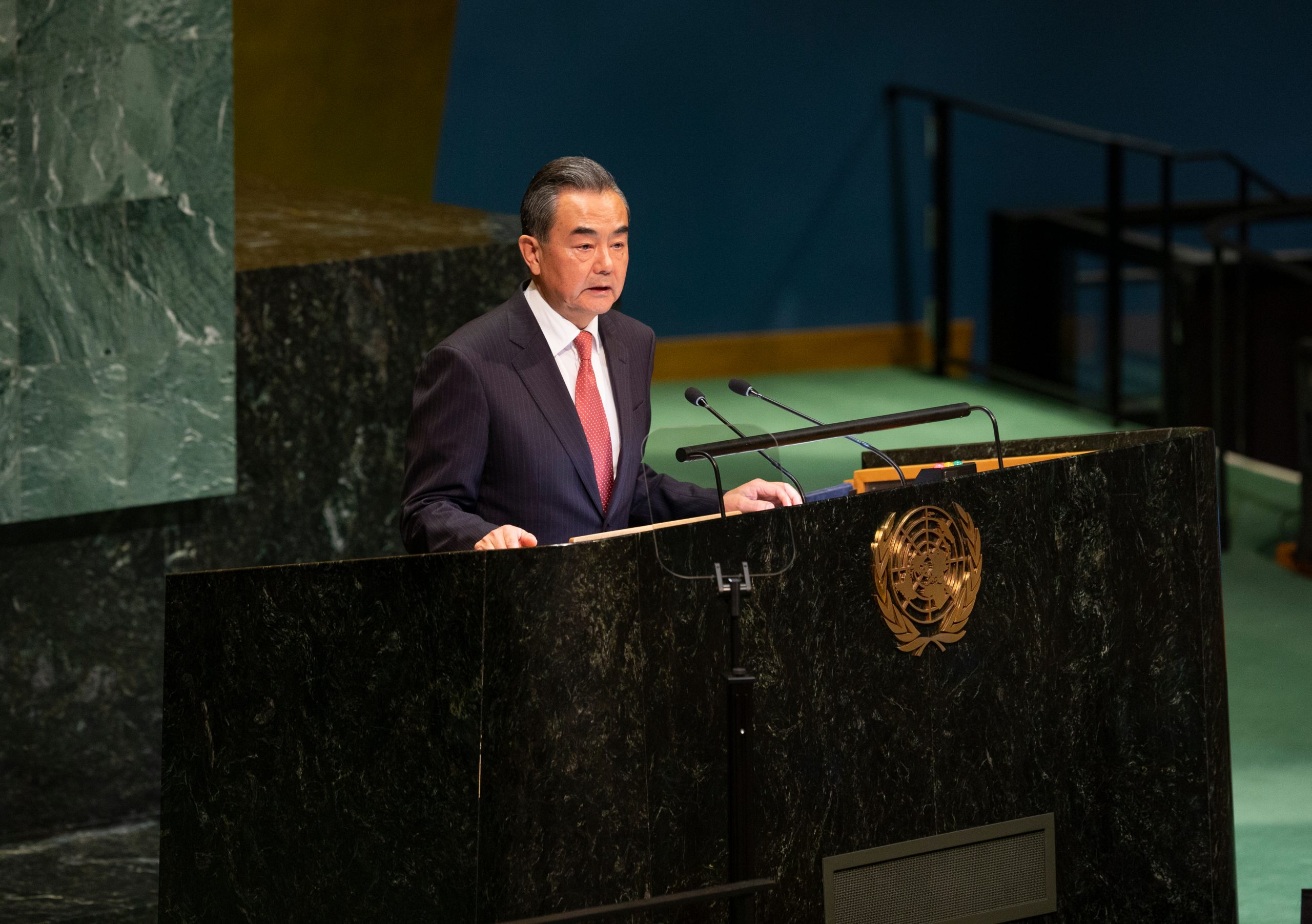
Visegrad Group Presidents meet in Prague, discuss Ukraine’s war, refugee intake, and aid, emphasizing united support against Russia.
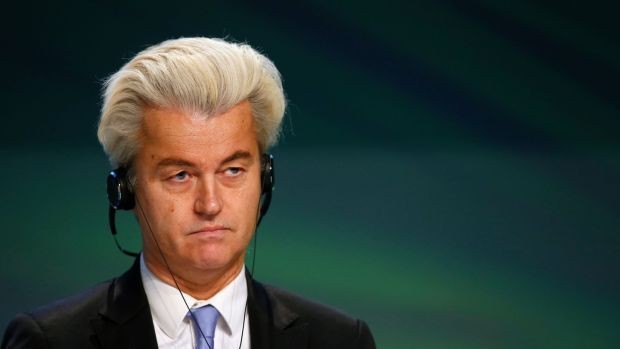
Wilders’ far-right win mirrors Europe’s anti-immigration shift, echoing Orbán and Le Pen. Economic concerns drive support, challenging the status quo.
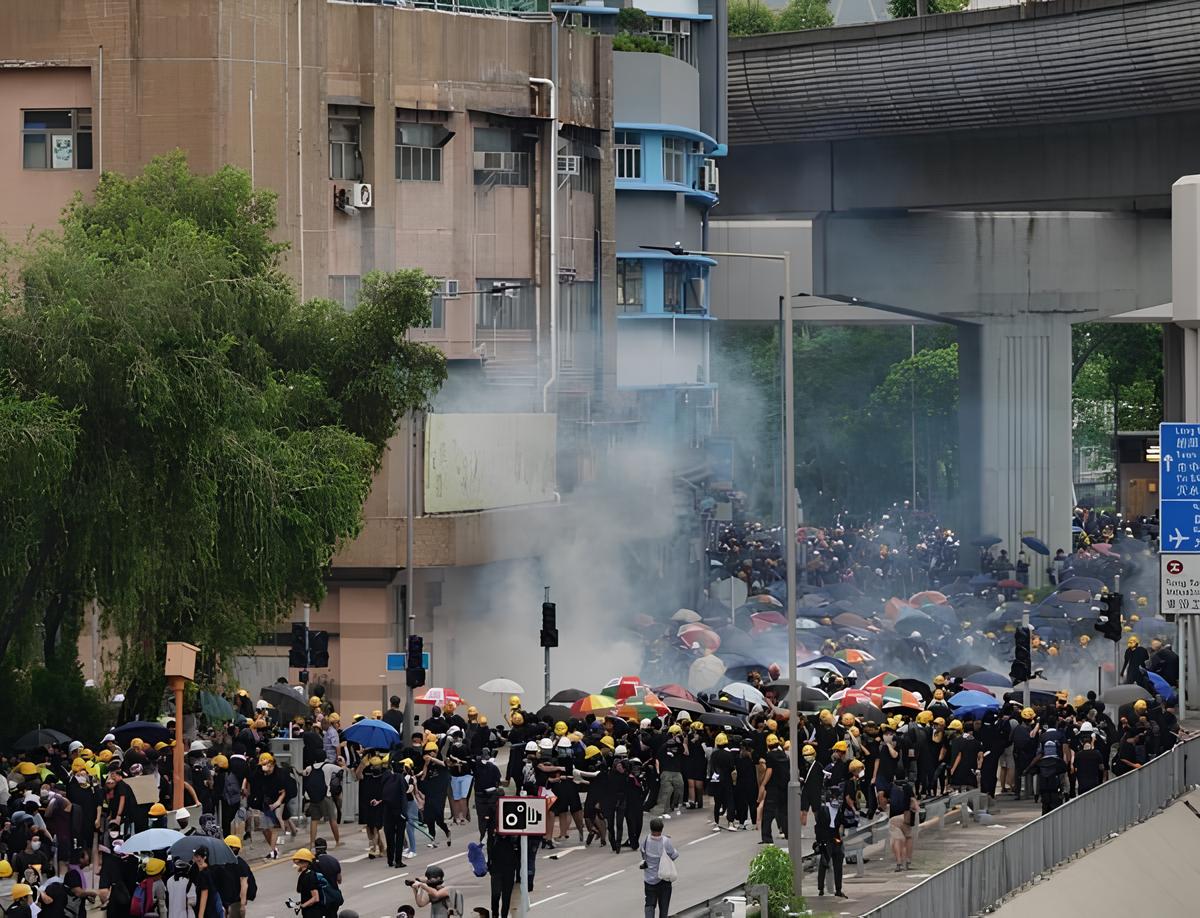
Dublin stabbing by Algerian triggers riots. Police handle far-right protests; Ireland’s political landscape uncertain amid tensions.

Ceasefire breakthrough: Israel, Hamas agree on mutual hostage exchange, pausing conflict for aid entry into Palestine.
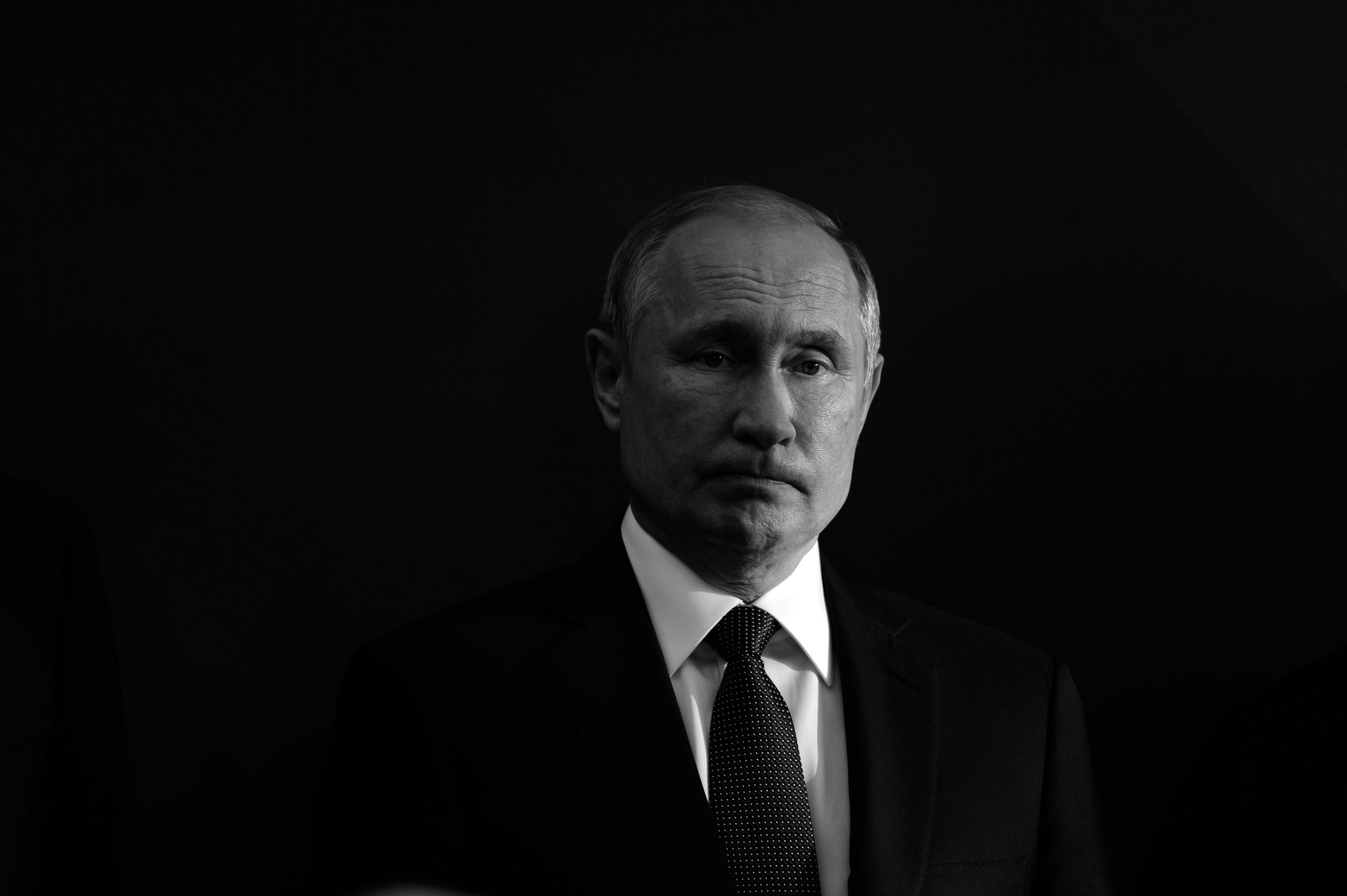
Visegrad Group Presidents meet in Prague, discuss Ukraine’s war, refugee intake, and aid, emphasizing united support against Russia.
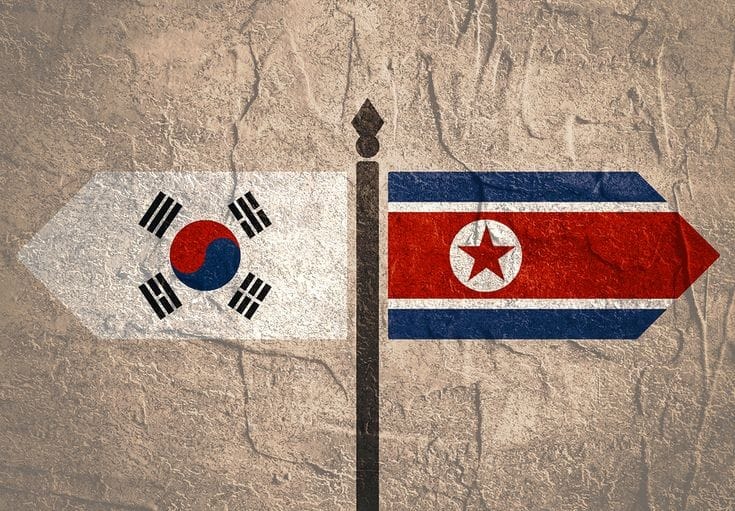
North Korea’s Malligyong-1 satellite, a surveillance tool, triggers regional tensions, prompting South Korea’s military policy adjustments.
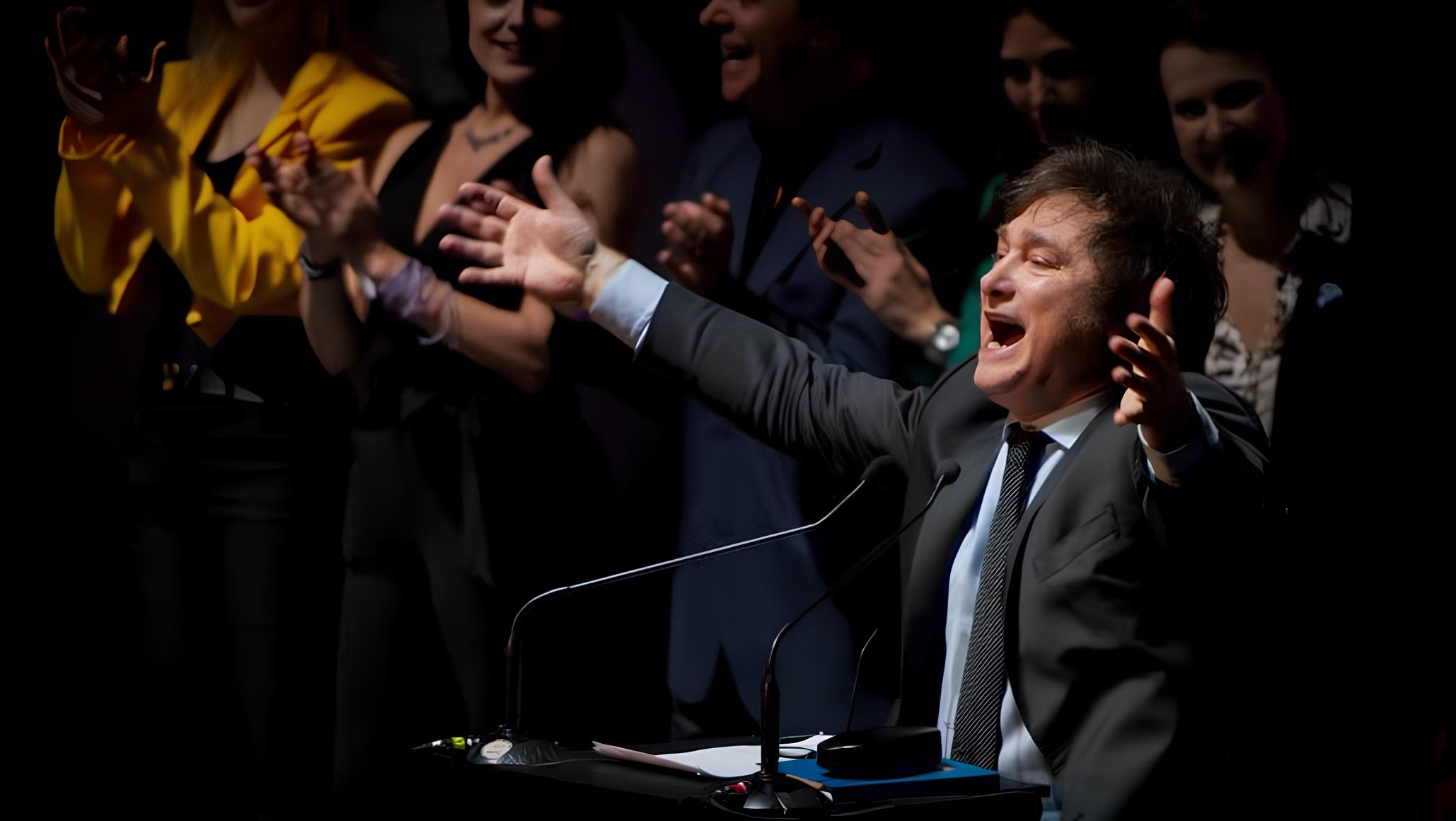
Argentina’s President-elect Javier Milei signals economic reforms, potential shifts in ties with Brazil and China.
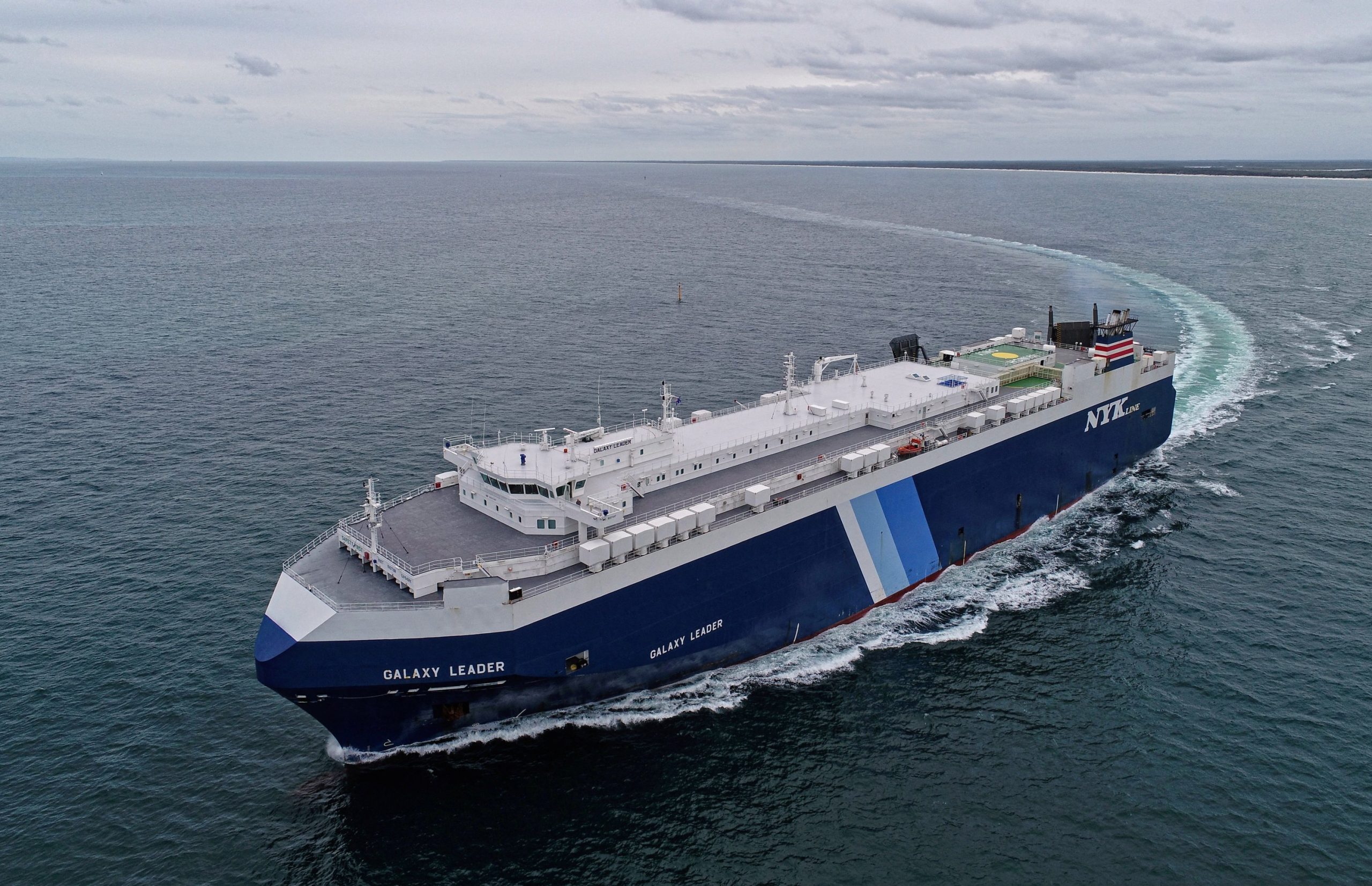
The Houthi group, involved in Red Sea piracy and the Yemeni civil war, is not universally designated as a terrorist organization.
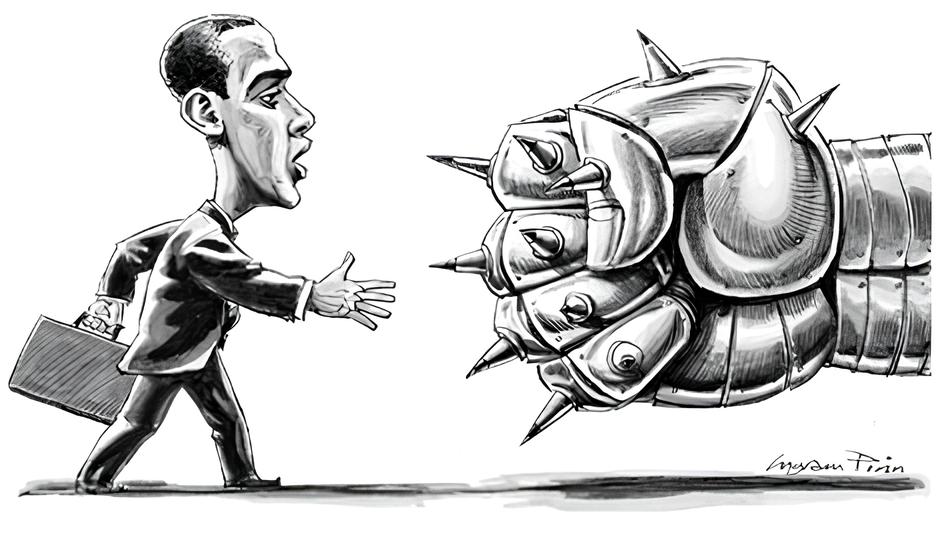
The concept of soft power is a common method frequently used by states to manage the masses.
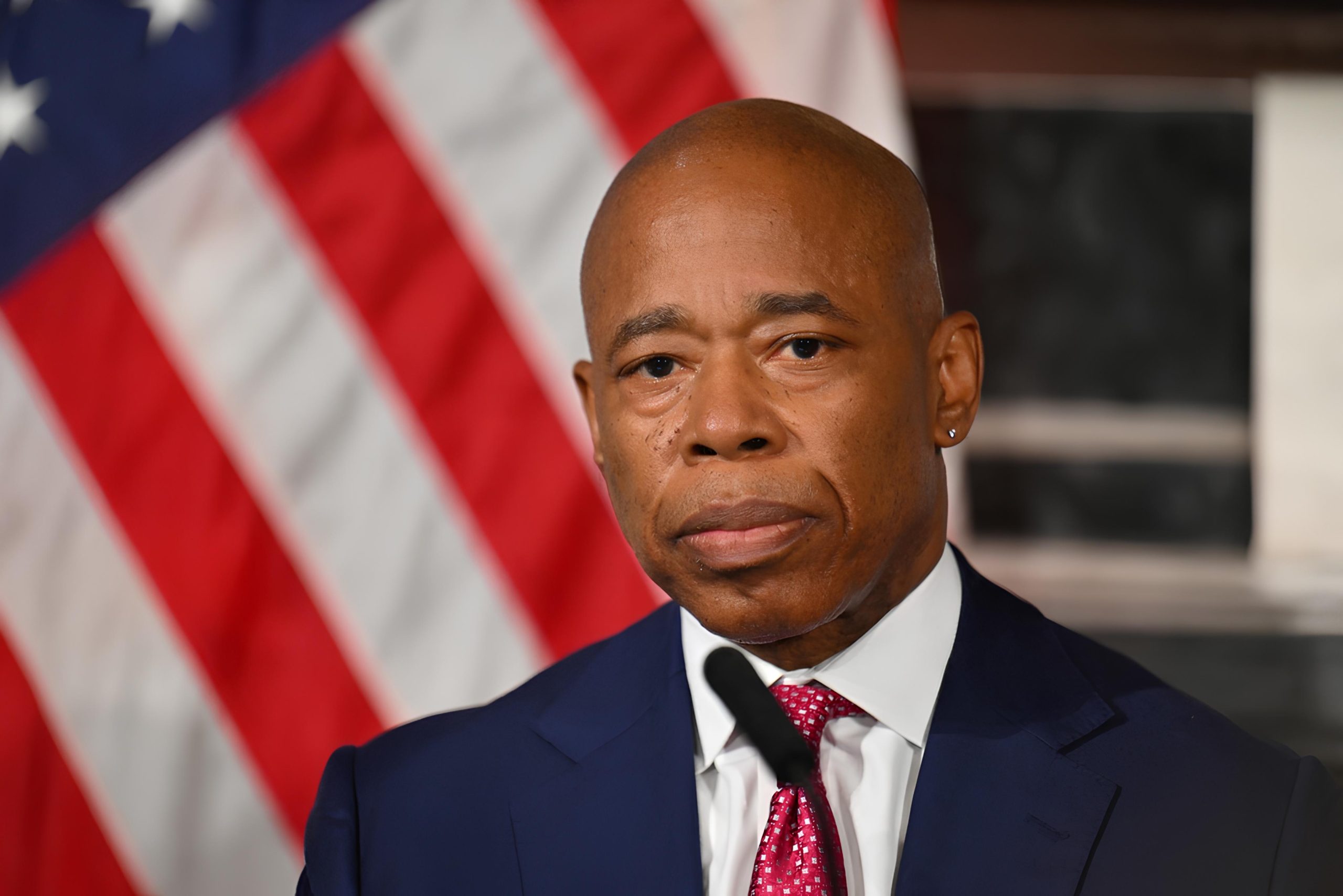
FBI Investigates Eric Adams Mayoral Campaign in 2021 with claims of Bribe with possible linkages to Türkiye.
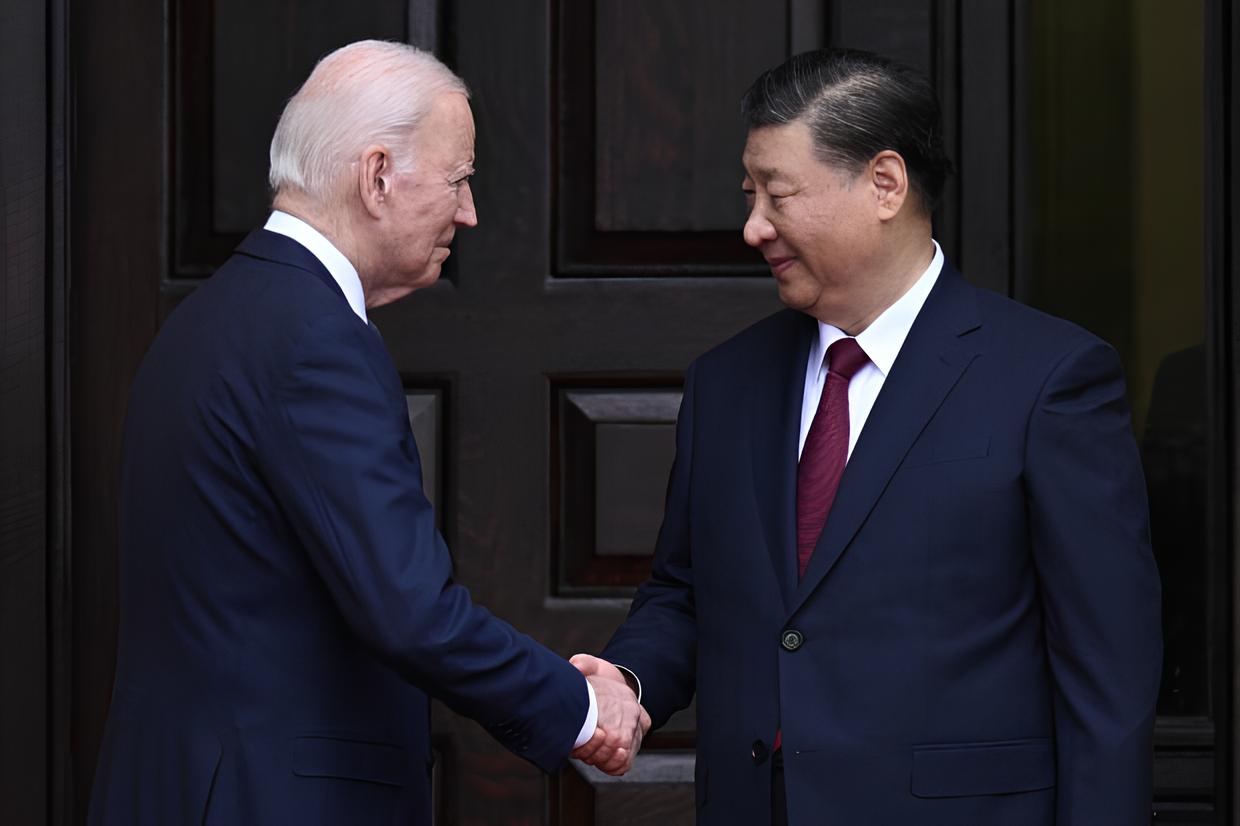
Biden and Xi as part of this summit dominates the political atmosphere in the Pacific region.
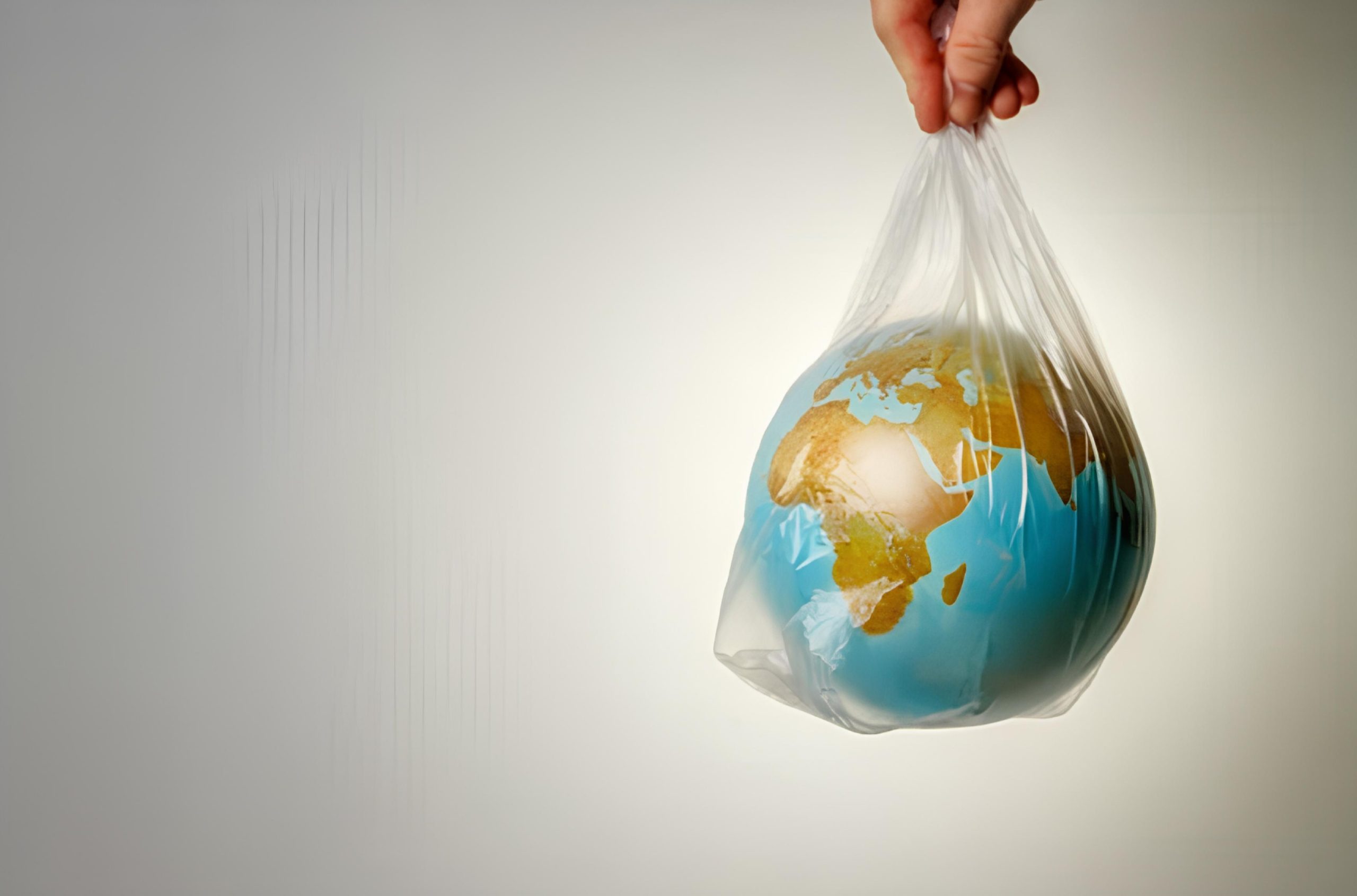
Collaboration of Nation States under the auspices of UN Environment Program.
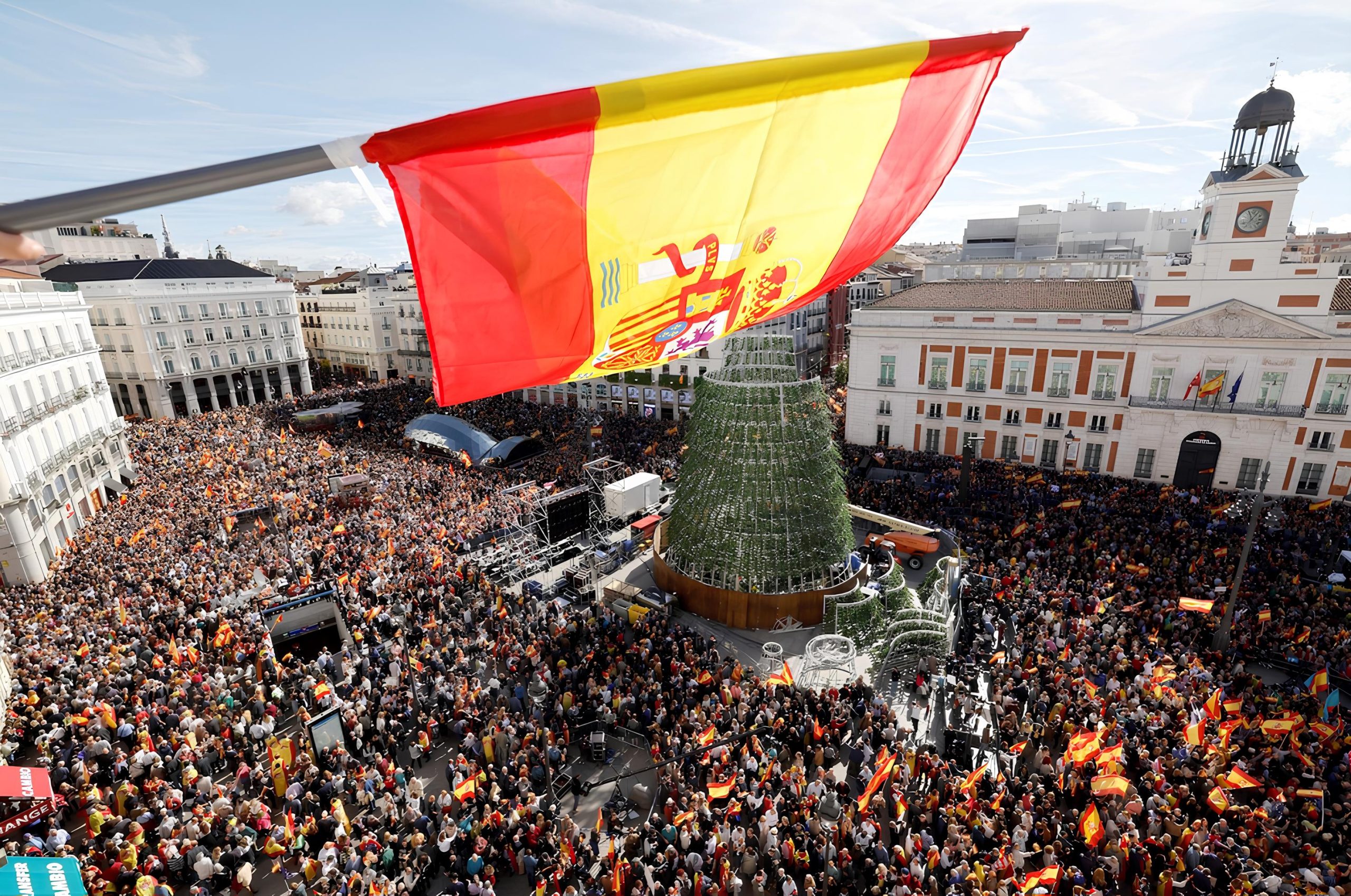
Controversial Pact with Catalan Separatists Sparks Protests and EU Concerns.
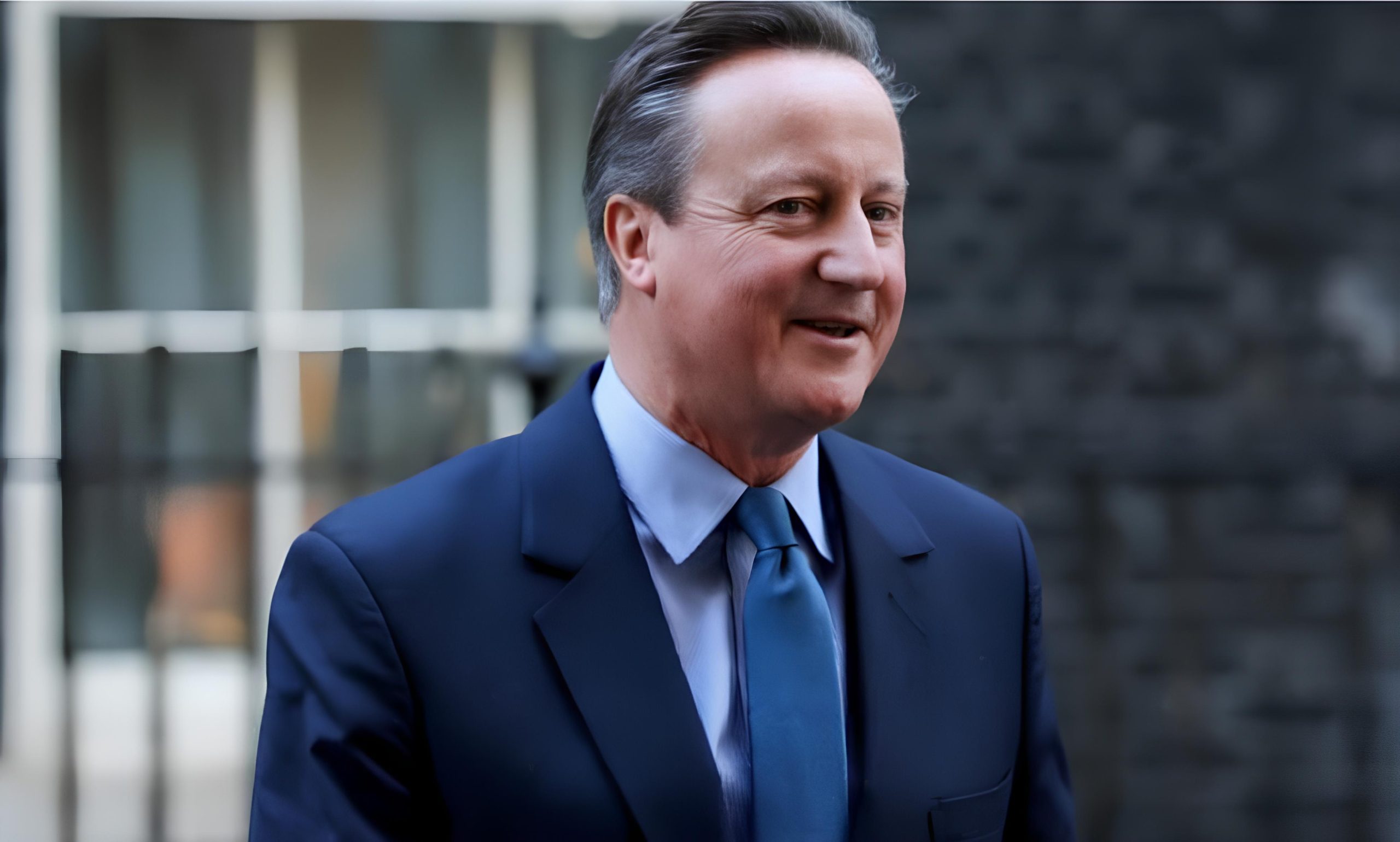
Cameron’s Return: Charm Amidst Turmoil, Questions Surrounding his Role as Foreign Secretary.

U.S. adjusts Israel support amid Israel-Hamas war; Hezbollah pledges solidarity with Hamas against Israel.
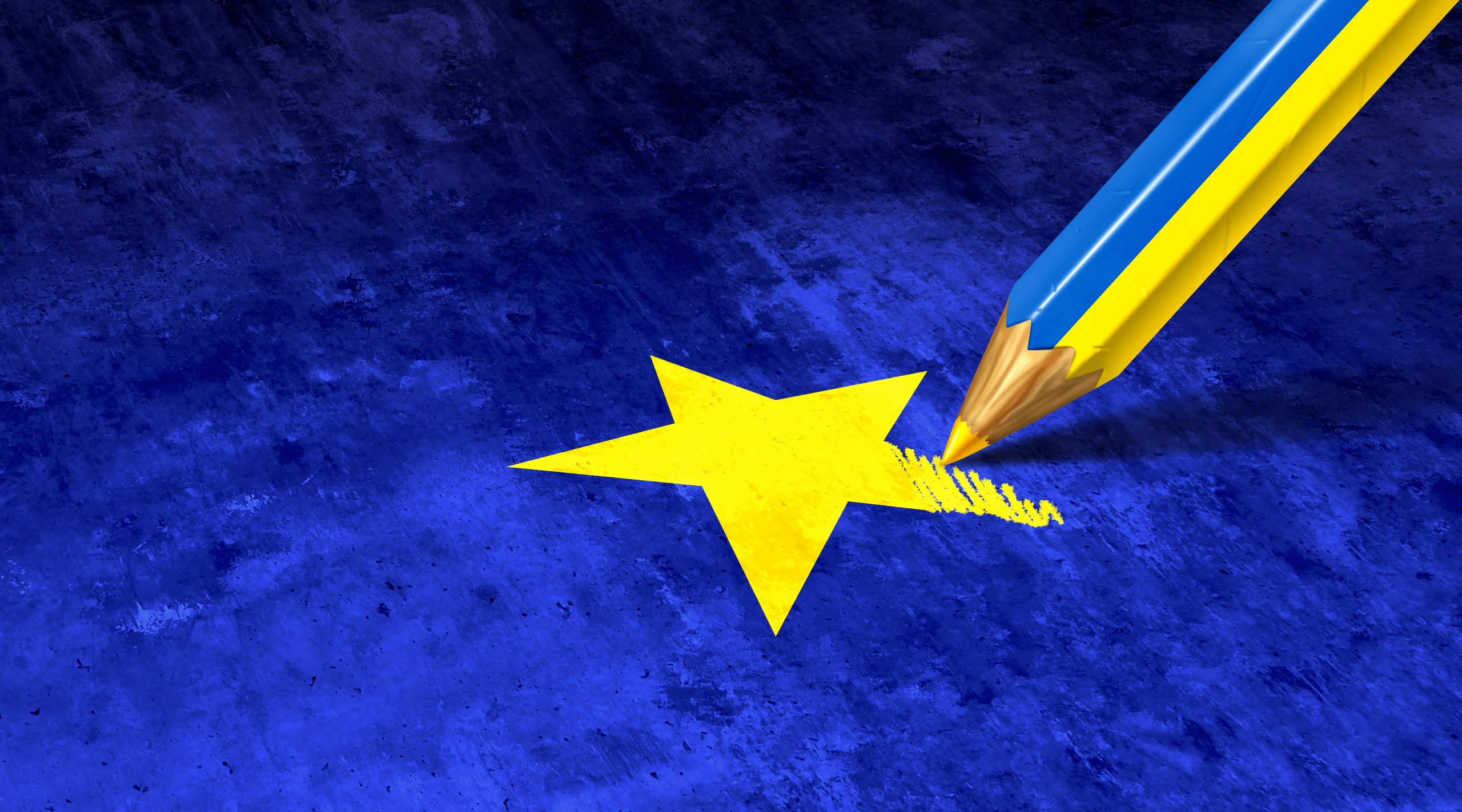
Russo-Ukraine war fueled by EU aspirations; Ukraine applies, EU negotiations loom, unsettling Russia.
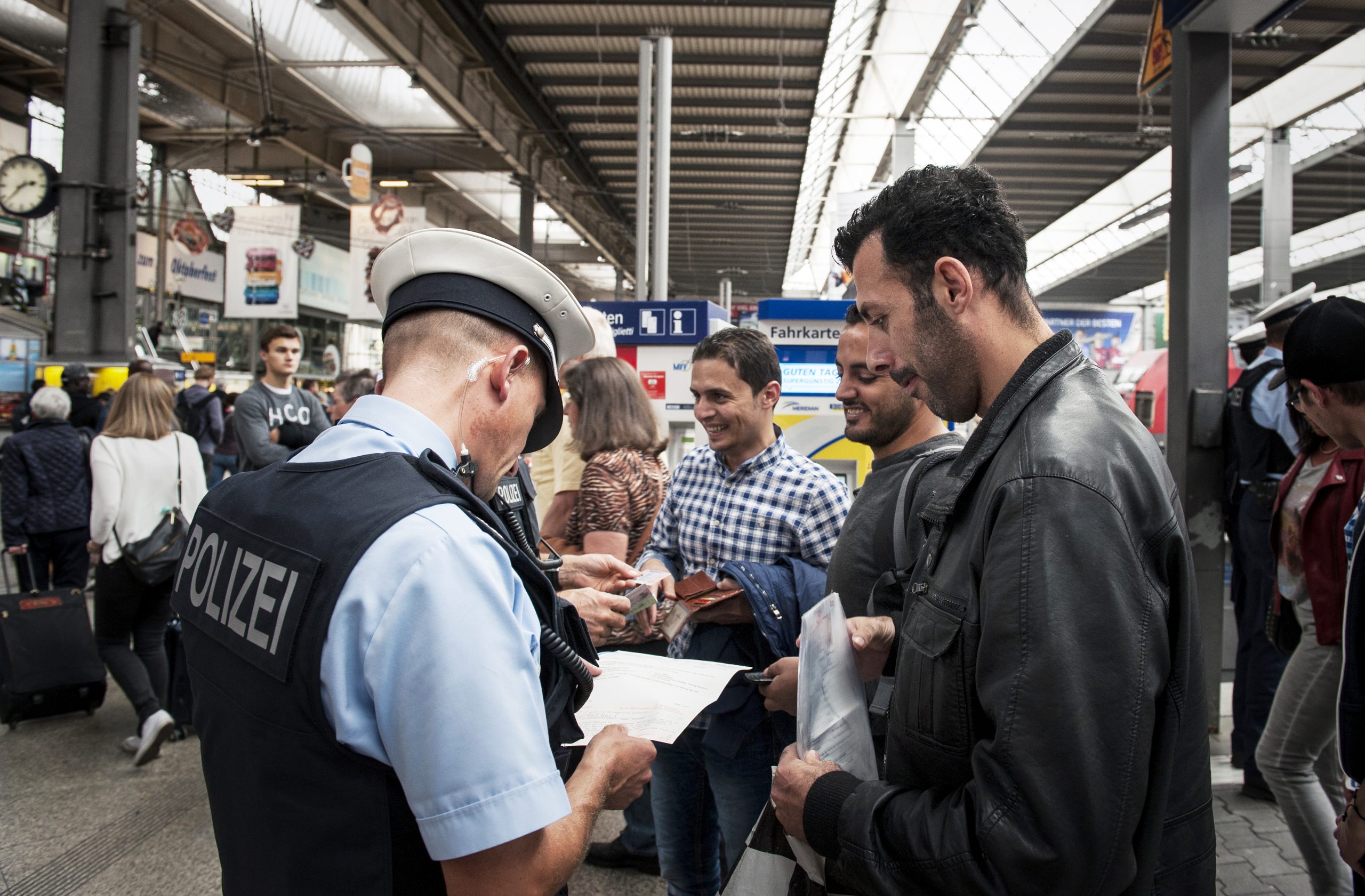
German Chancellor explores asylum abroad, mirroring UK’s approach, triggering debate on immigration policies.

Portugal’s PM resigns amid corruption probe, implicating lithium concessions, hydrogen plants, and EU dynamics.

Explore Ethiopia’s quest for Red Sea access, stirring regional dynamics and diplomatic intricacies.
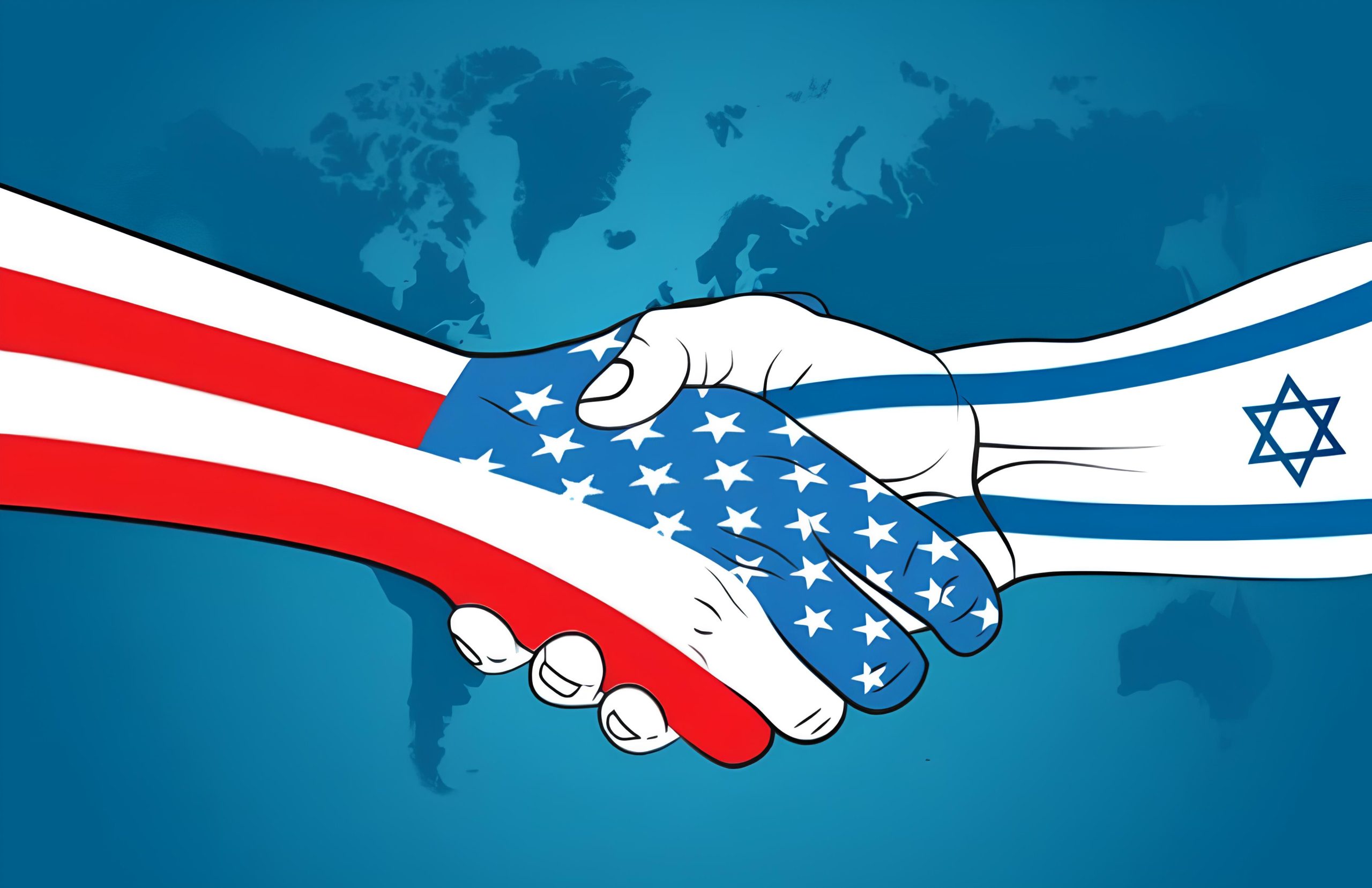
The war in Gaza gradually transformed into a persecution of Palestinian people by Israeli authorities.
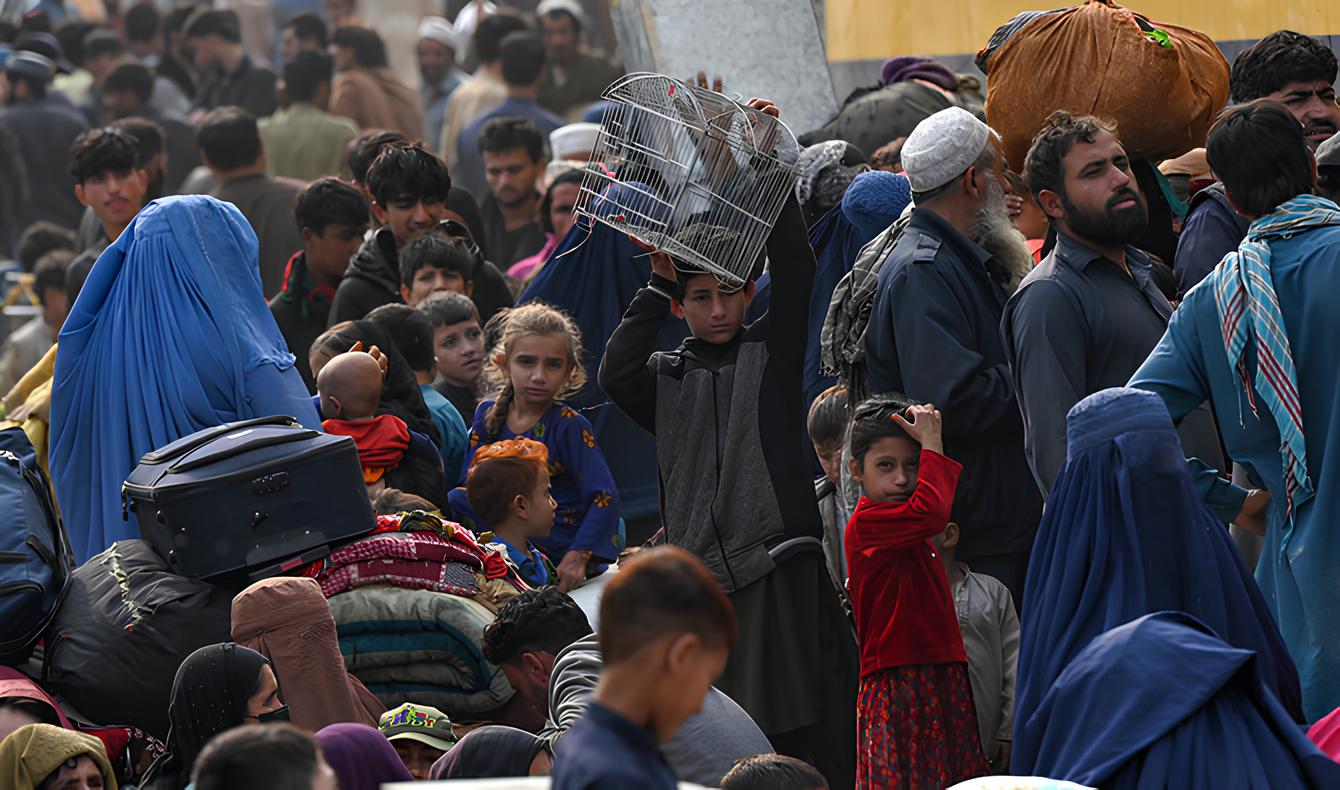
Afghans living in Pakistan-even for those have been living for decades-are now facing a dilemma.

Chinese Foreign Minister’s unusual visit to the USA, as two countries seeks to repair the ties.
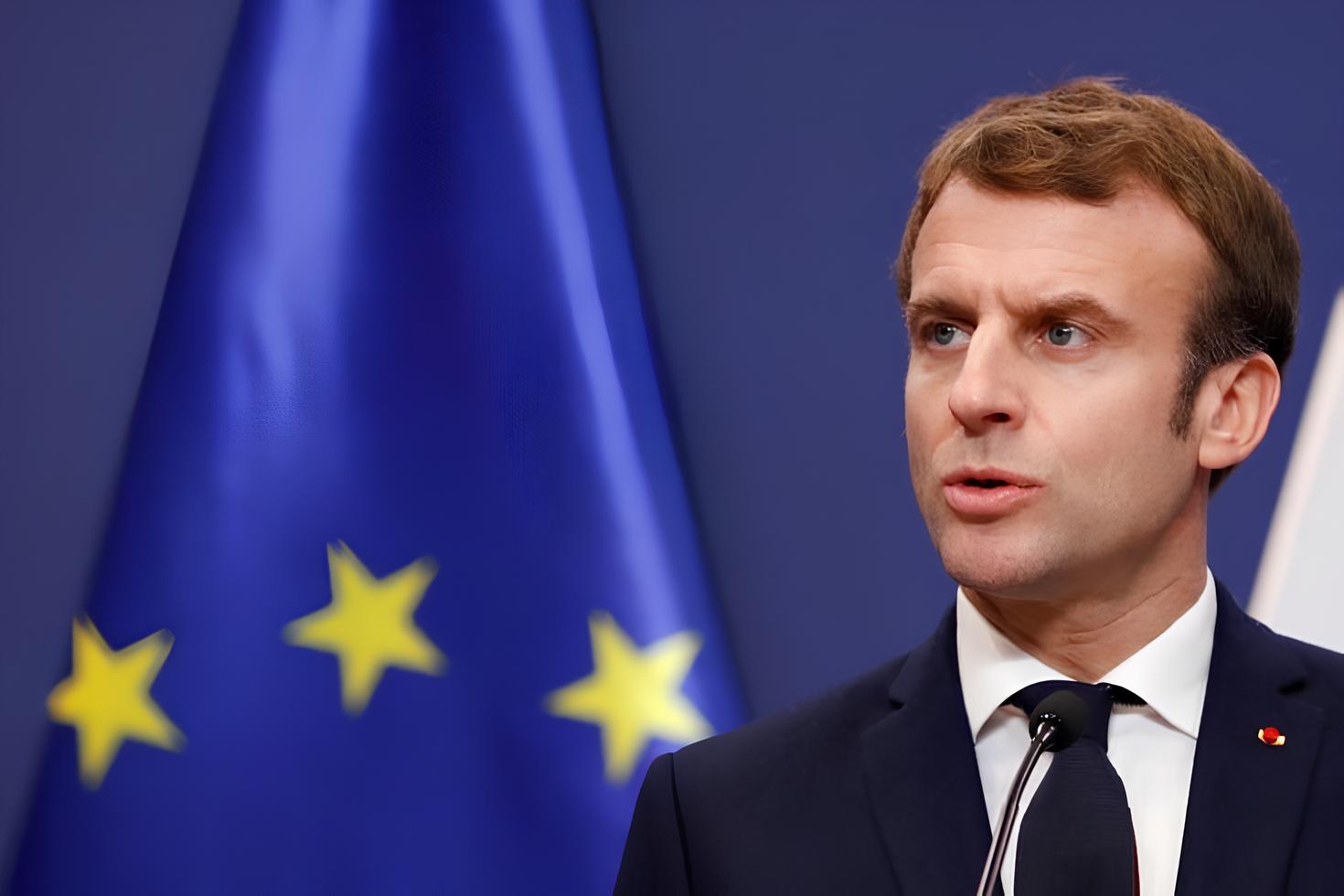
Macron paid a visit to Kazakhstan and Uzbekistan against Russian and Chinese Influence in the region.

COP28 Summit will take place at the end of this month, however there seems to be exist many issues to address.

The tension rising in neighboring nations as Israel-Gaza conflict wages.
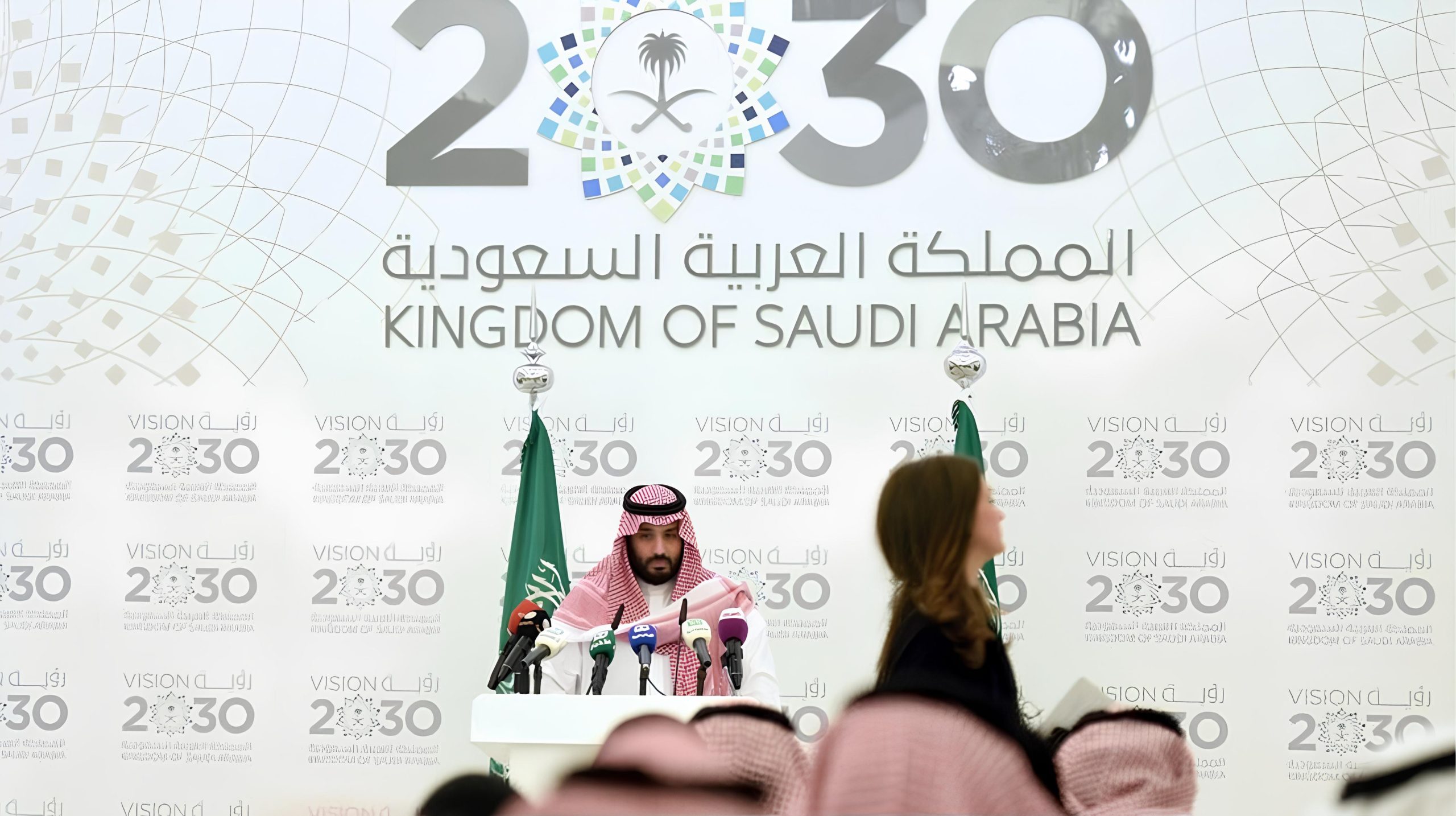
Saudi Vision 2030: Shifting economy, regional relations, and global impact.
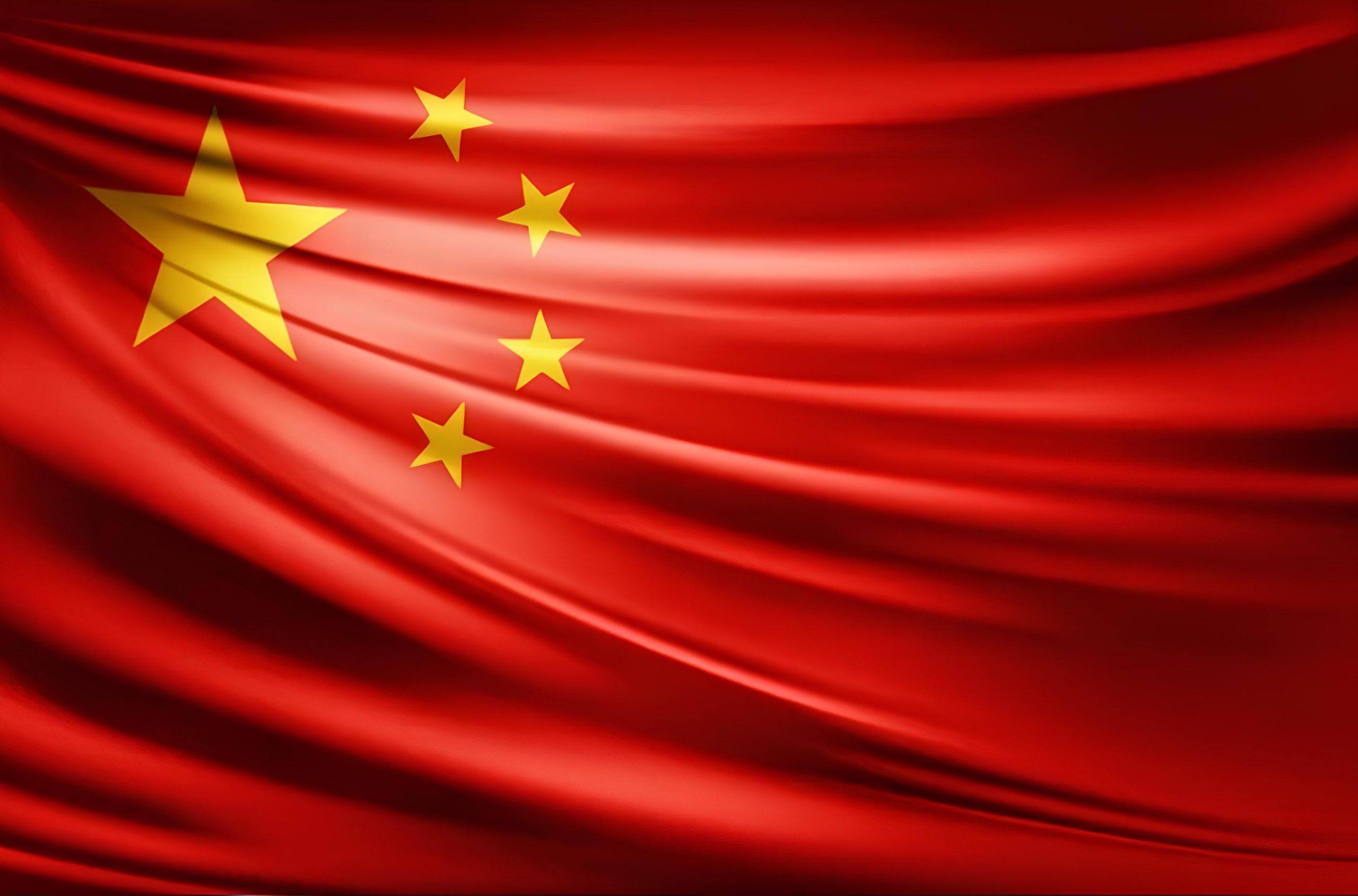
CCP shuffles government ranks, signaling political strategy.
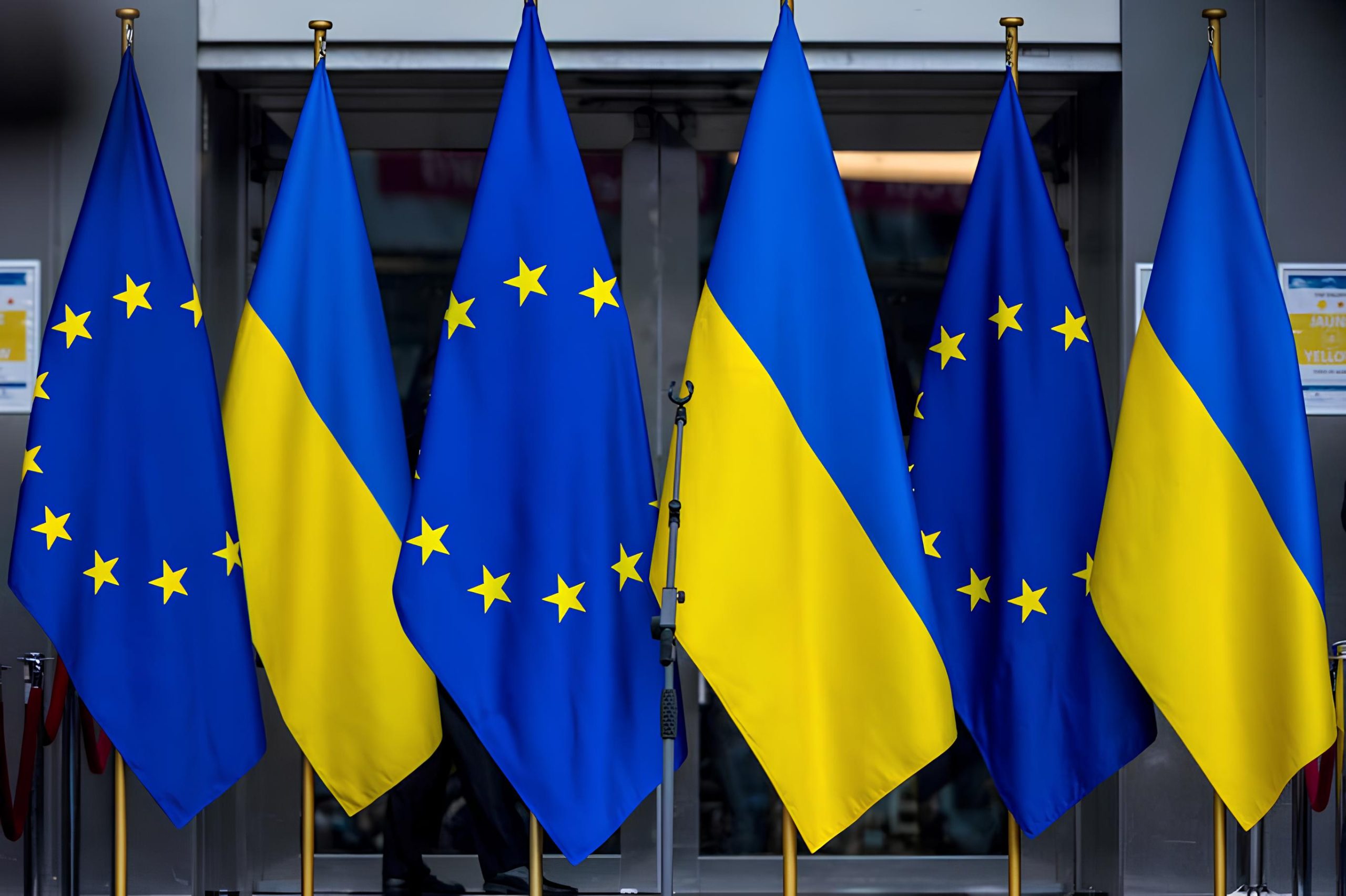
Russo-Ukrainian war strains Western resources and economic policies in Europe.
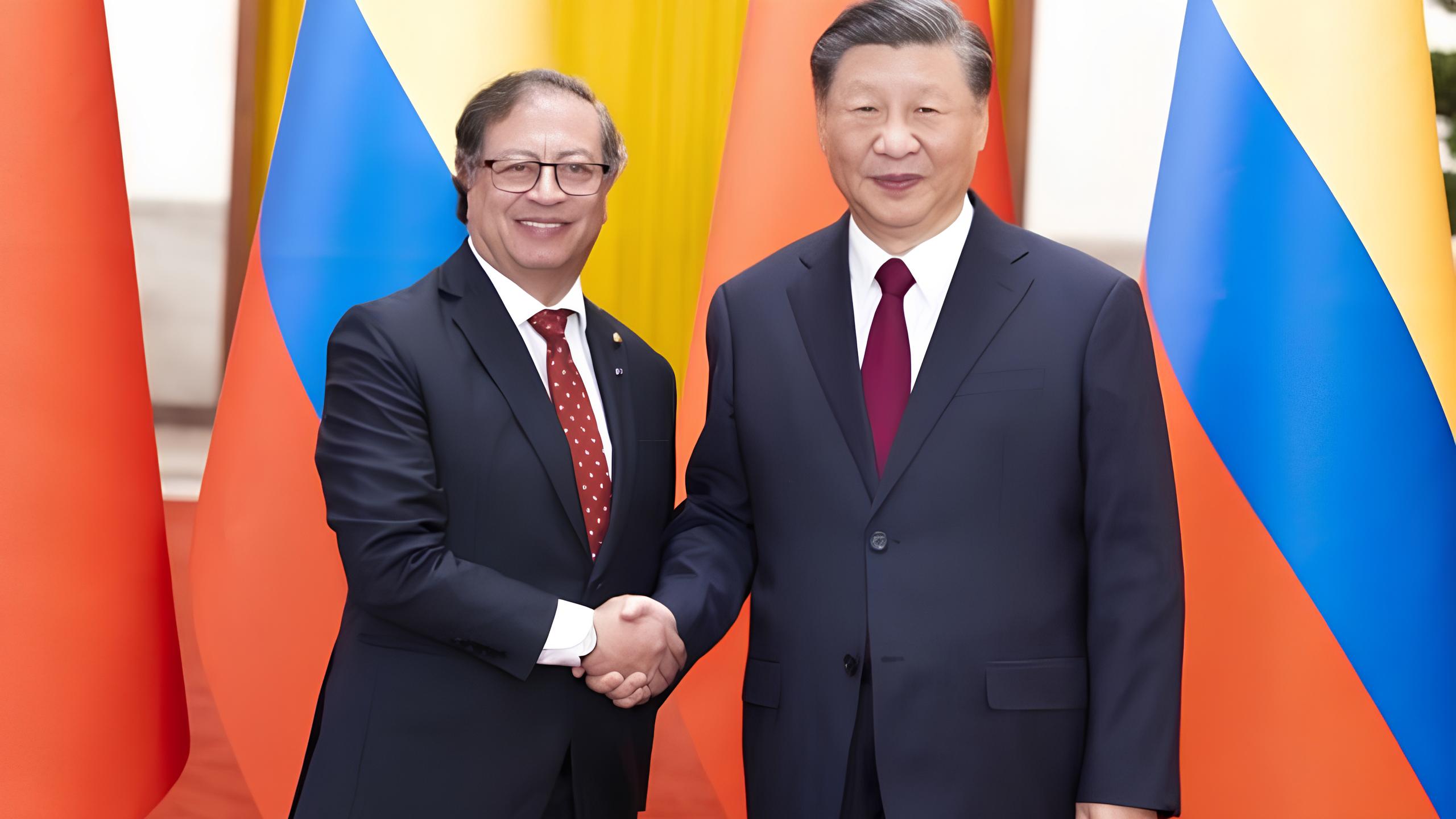
China strengthens presence in South America via strategic partnerships.
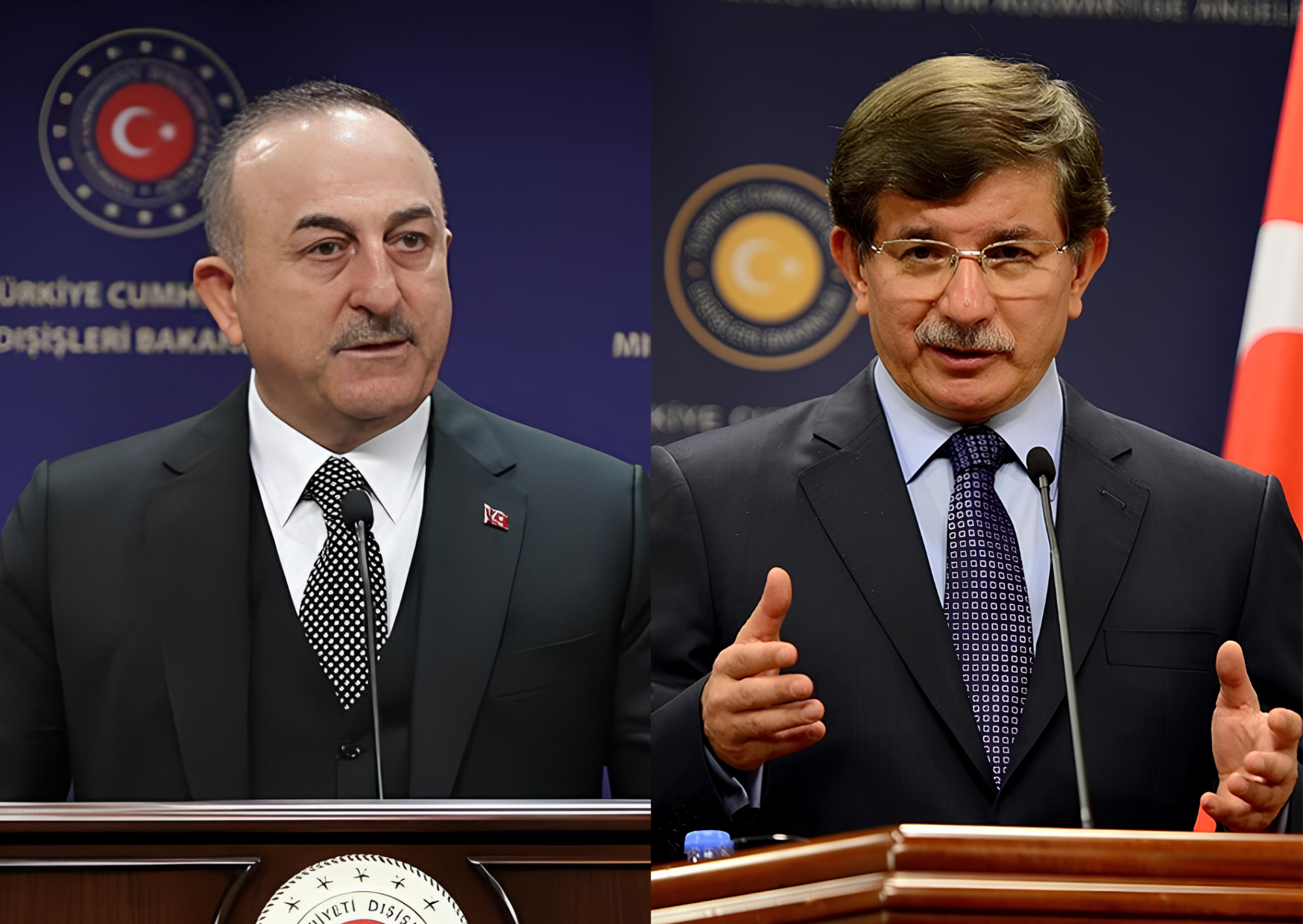
The article analyses Turkish Foreign Policy, highlighting the differences between former ministers Davutoglu and Cavusoglu.
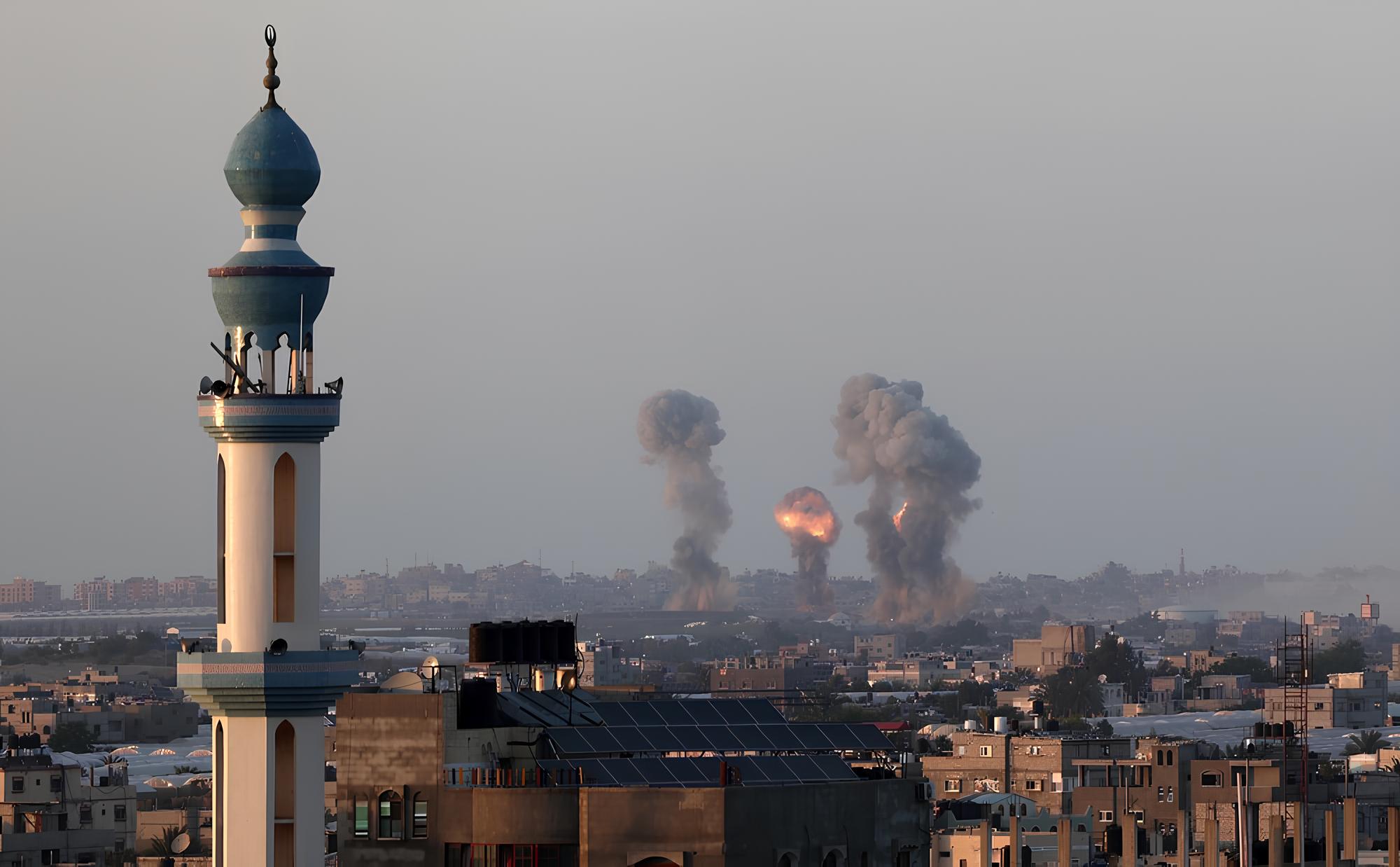
The root causes of the recent conflict between Israel and Hamas.
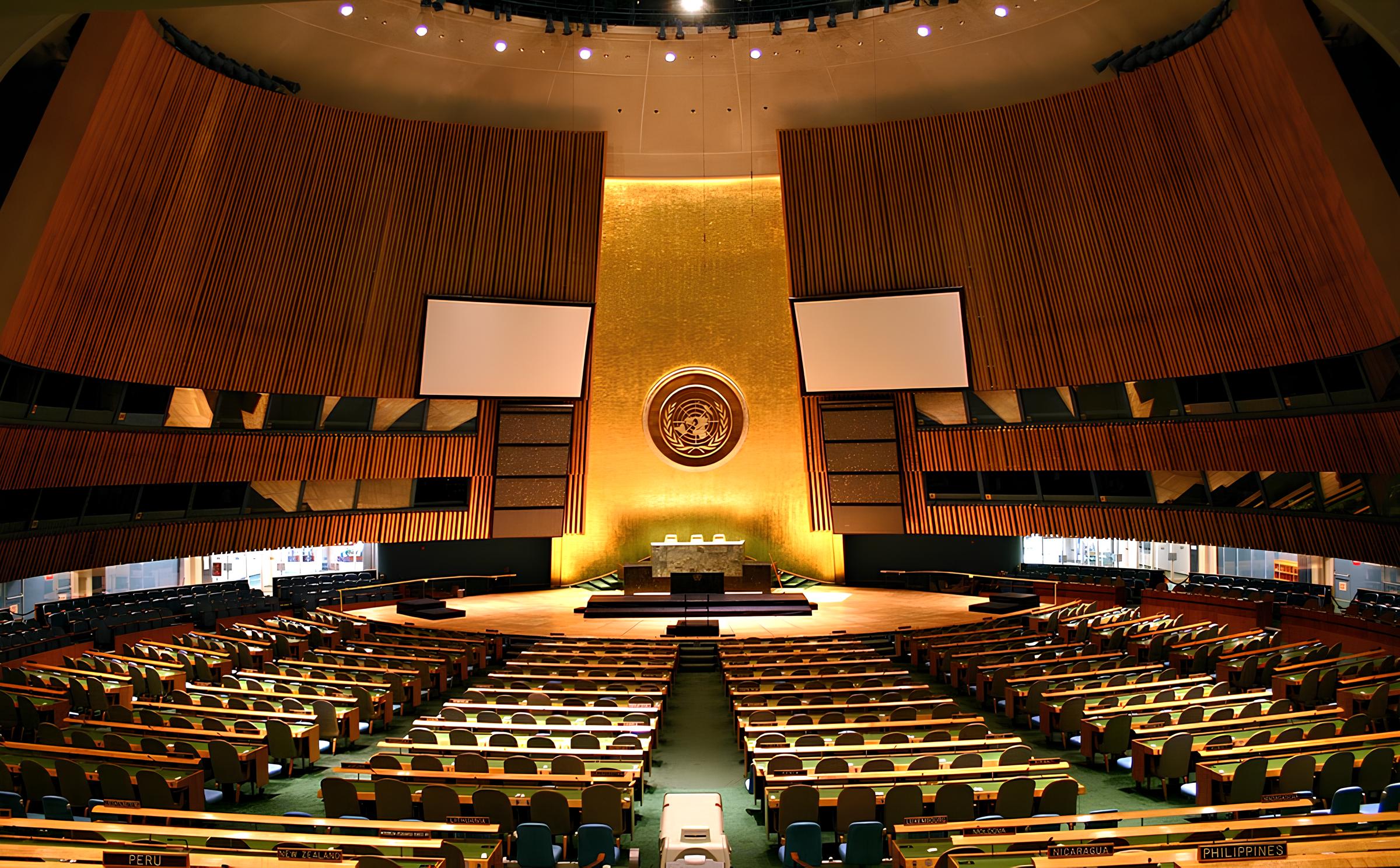
Global responses to Israel-Hamas conflict and calls for peace.

Azerbaijan’s reclamation, population displacement, and concerns.

PiS party’s election loss reflects concerns over corruption and rights.
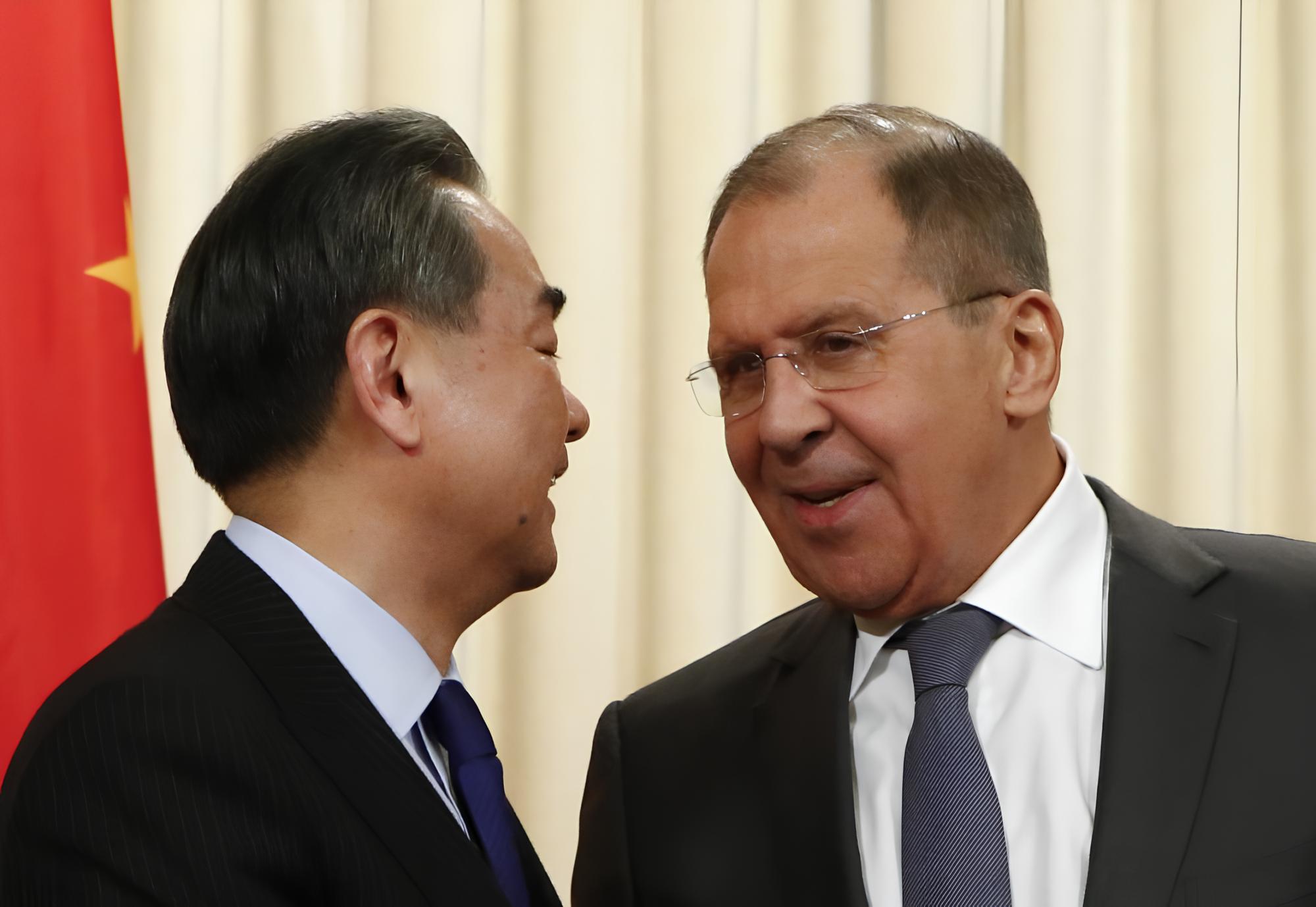
Russian and Chinese diplomats discuss global and regional cooperation.
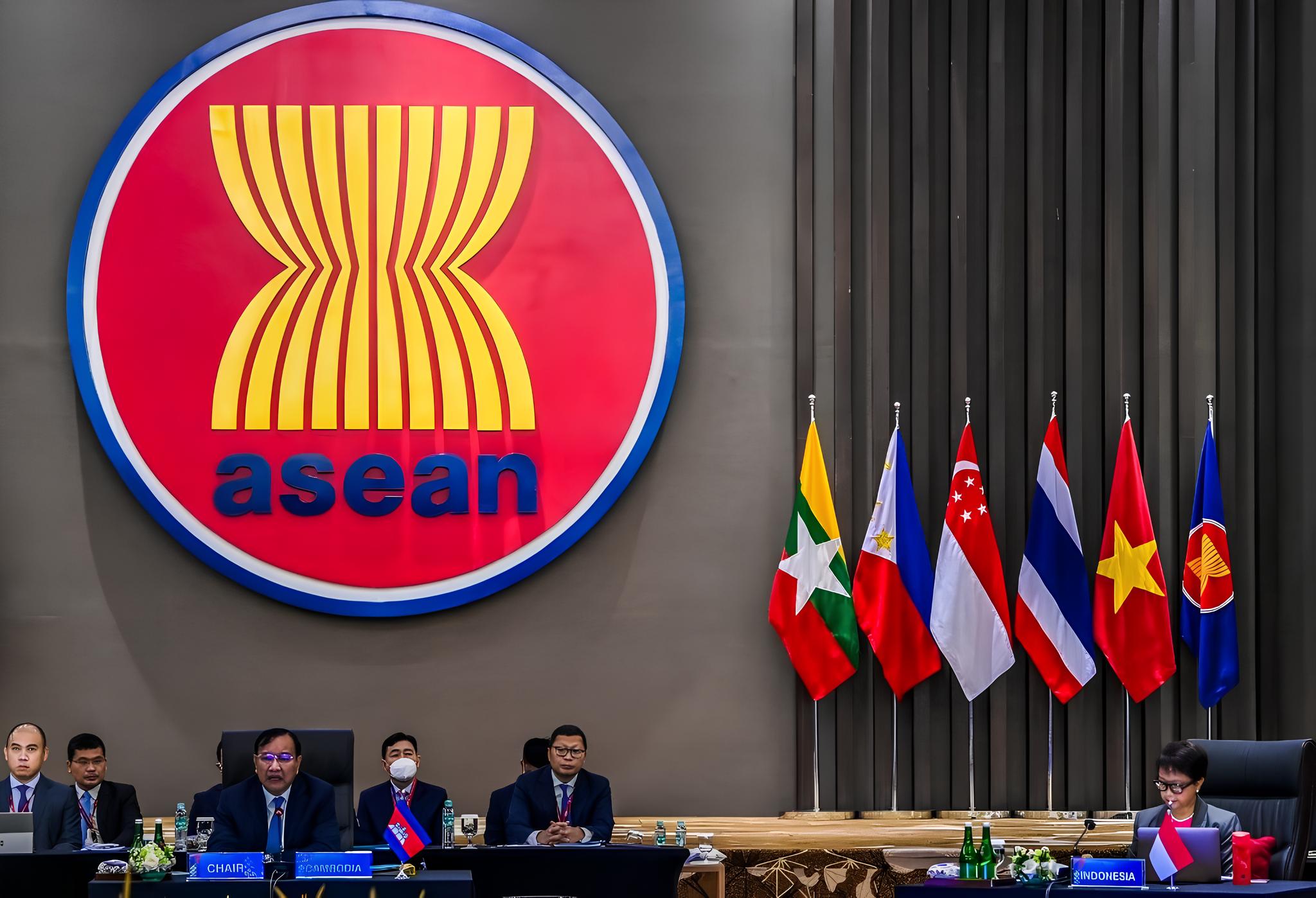
A concise and thorough summary of the first-ever ASEAN-GCC Summit held in Riyadh.
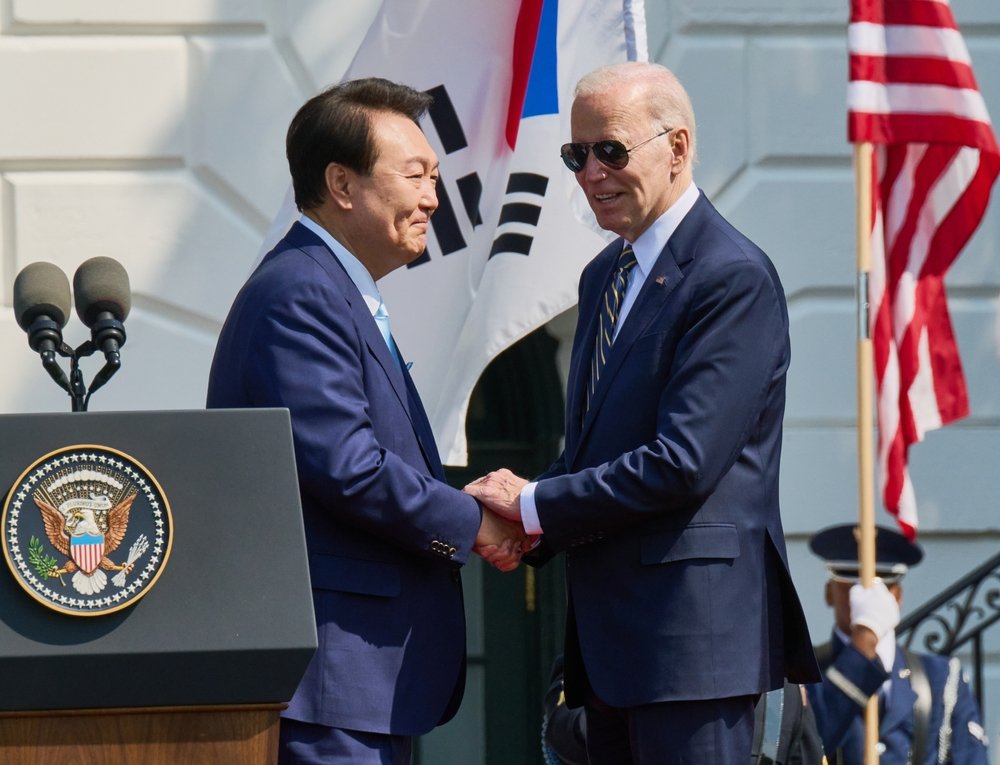
Washington must recognize that recent diplomatic achievements with South Korea are by no means assured.
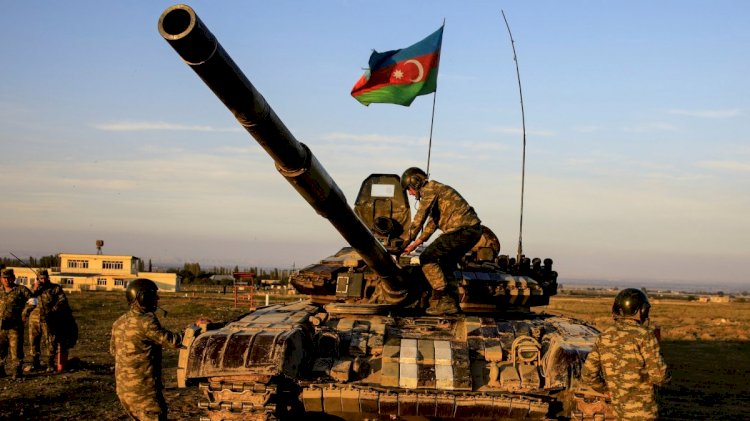
A brief and comprehensive overview of the Nagorno-Karabakh issue
between Armenia and Azerbaijan.
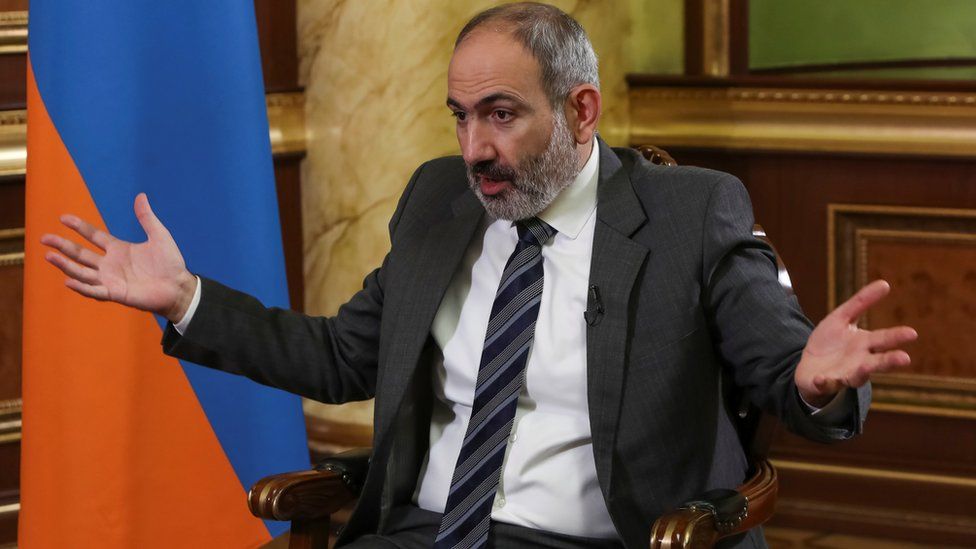
From an exciting revolution to a losing war: Discover the political process of Armenia

Türkiye’s foreign policy road map is quite difficult. The appointment of a new foreign minister may be a hope for these difficulties.

Will national interests be enough to turn a fierce enemy into a new friend?
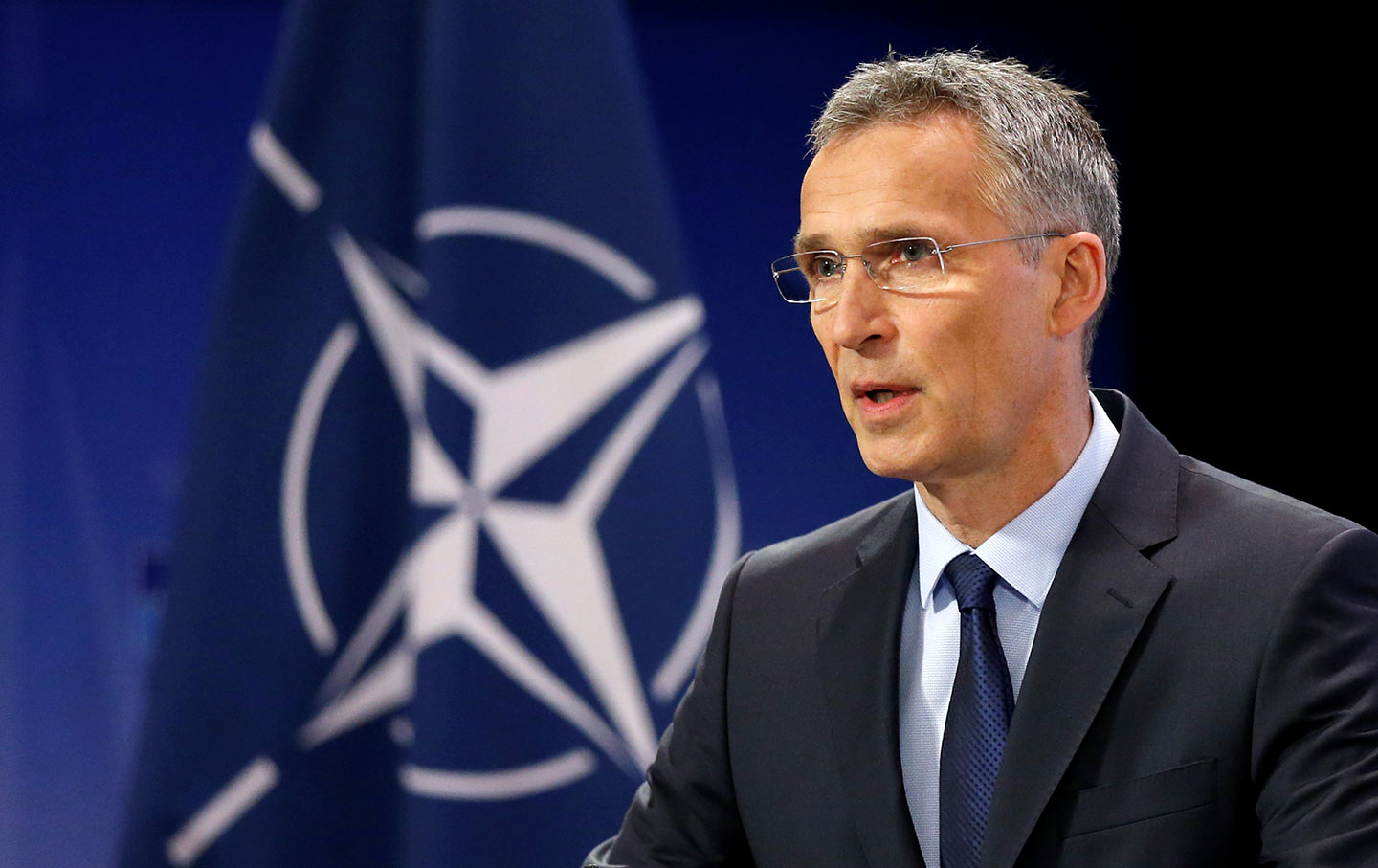
Expanding NATO: Security and Strategic Dynamics SEPTEMBER 11, 2023 Bahaddin Erkol Author , Foreign Analysis Kamile Sanli Editor -in -Chief , Foreign Analysis “In our
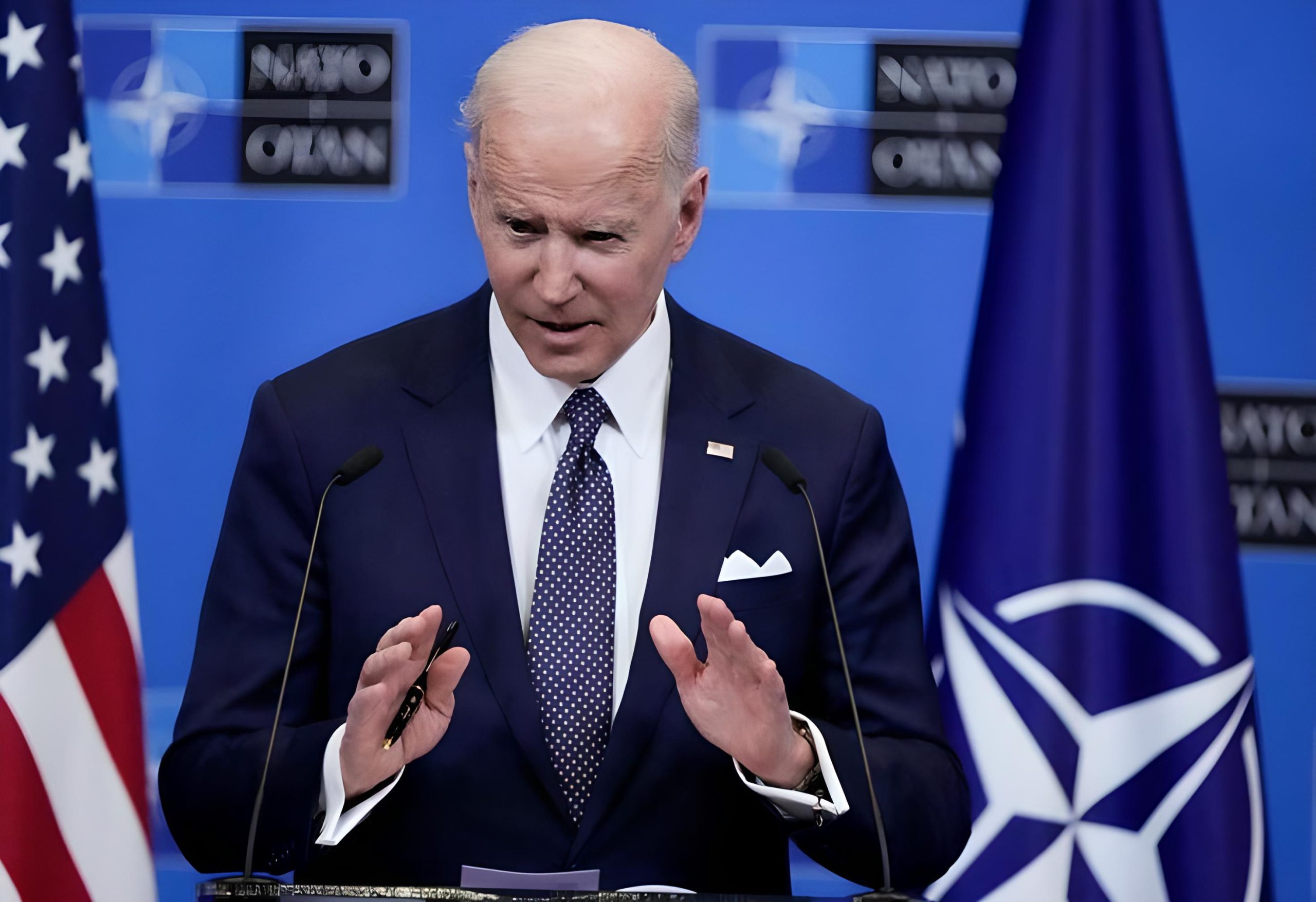
Biden and the World: America’s New Foreign Policy VisioN – Join in, discover the changing landscape of foreign policy.
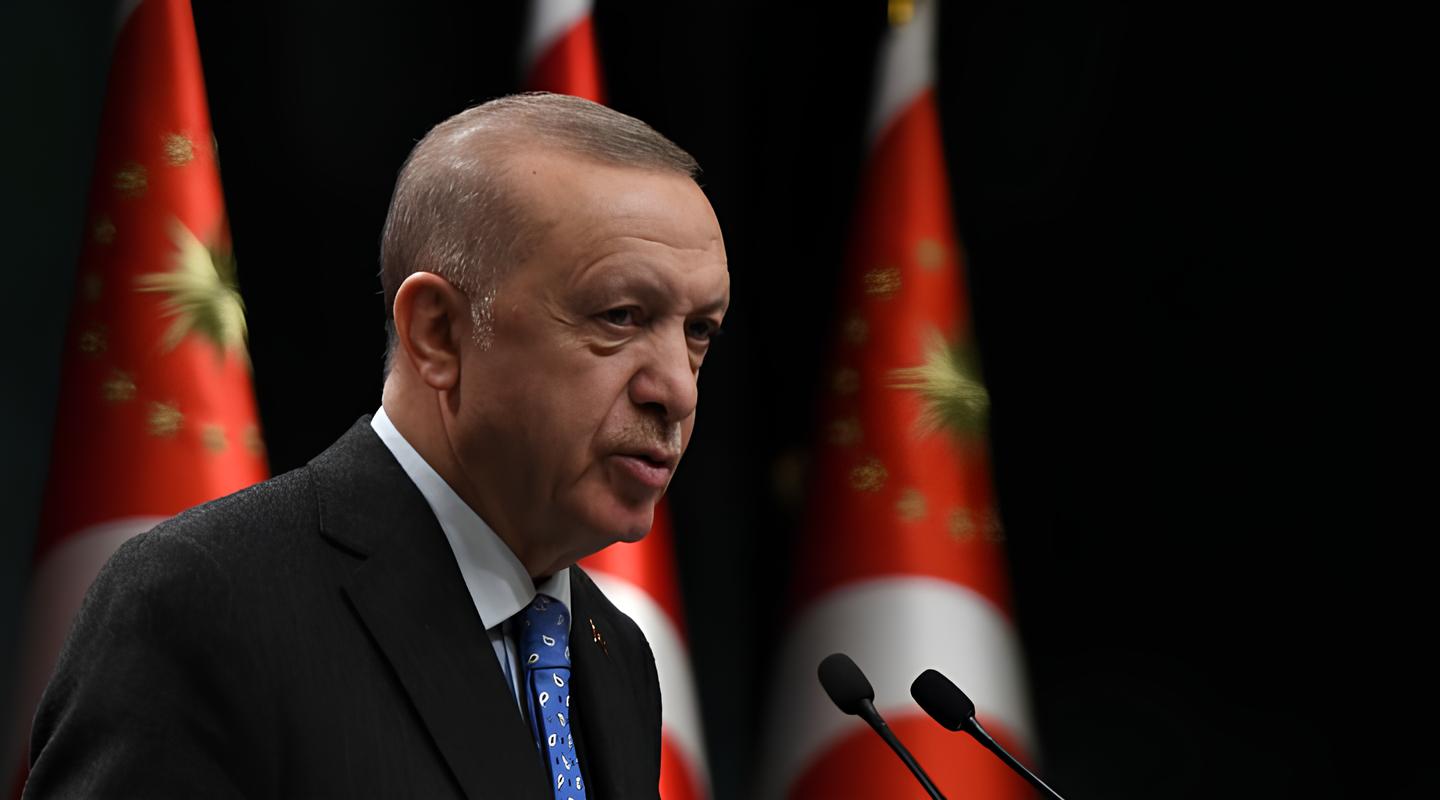
The Grain Corridor continues to be important for Türkiye and the Black Sea even as the West looks for alternatives

After many years of exploitation of Africa, African leaders have begun to speak out.

Mahbubani’s ‘The New Asian Hemisphere’ Critique: Examining Oversimplifications in Global Power Shifts.
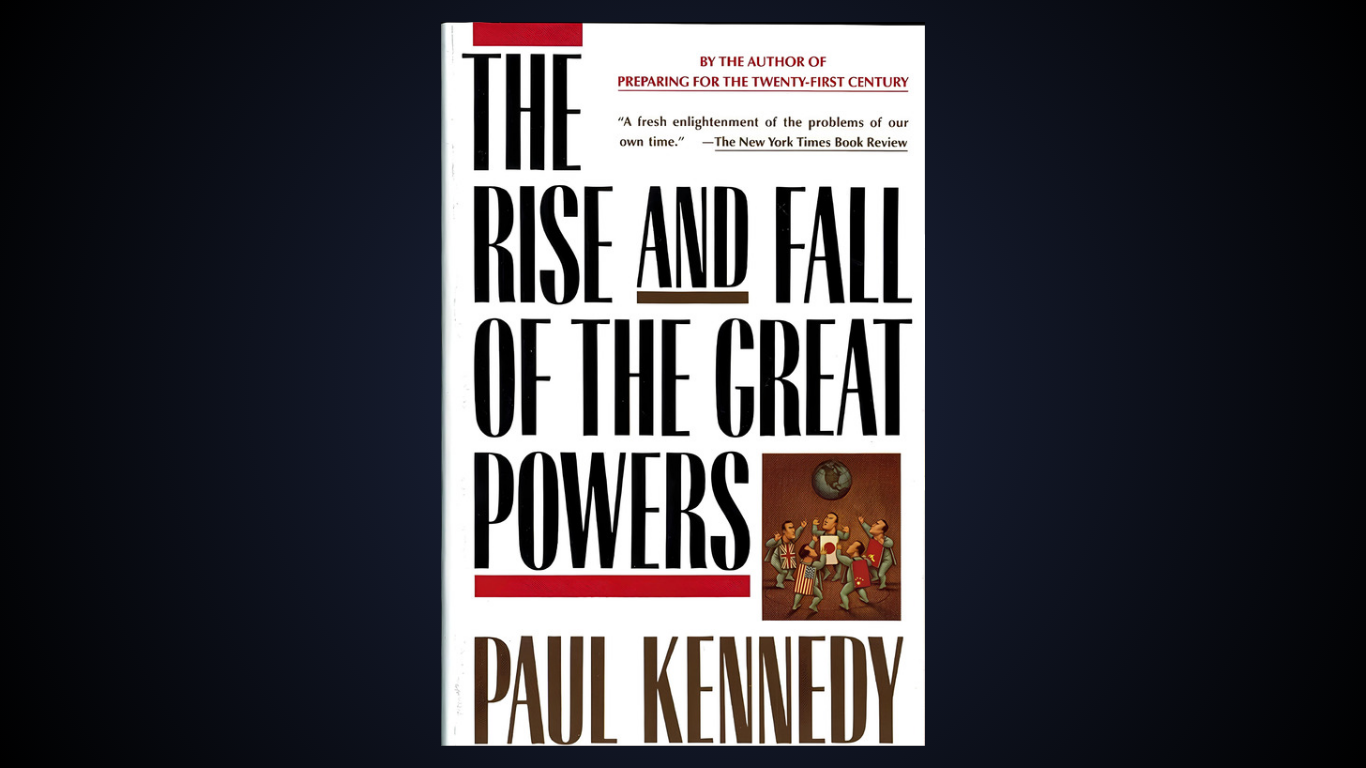
Great Powers’ Ascent and Decline: An Idealist Examination of the Moral Imperative in International Relations

Barbie movies, while presenting neoliberal ideas to children, can also convey messages of social solidarity.
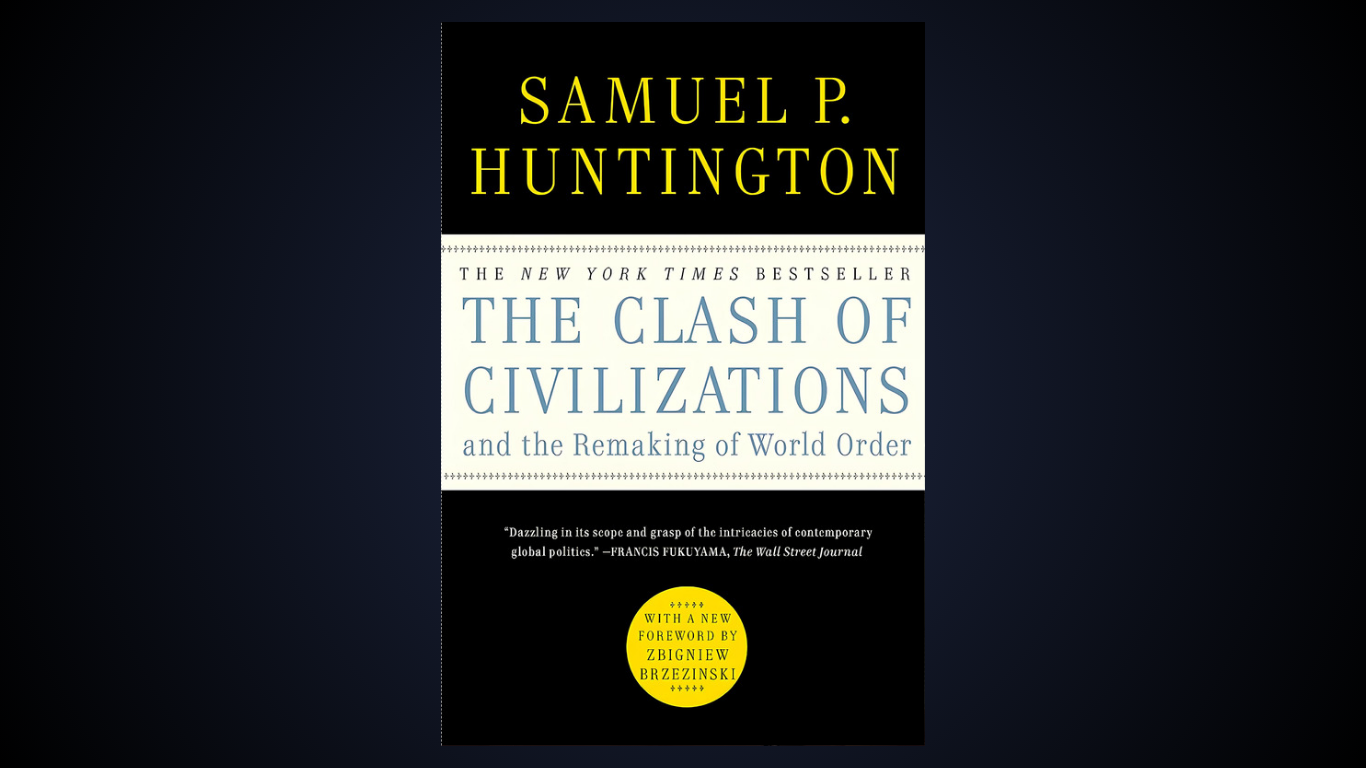
Rethinking Huntington’s ‘Clash of Civilizations’: A Societal Critique
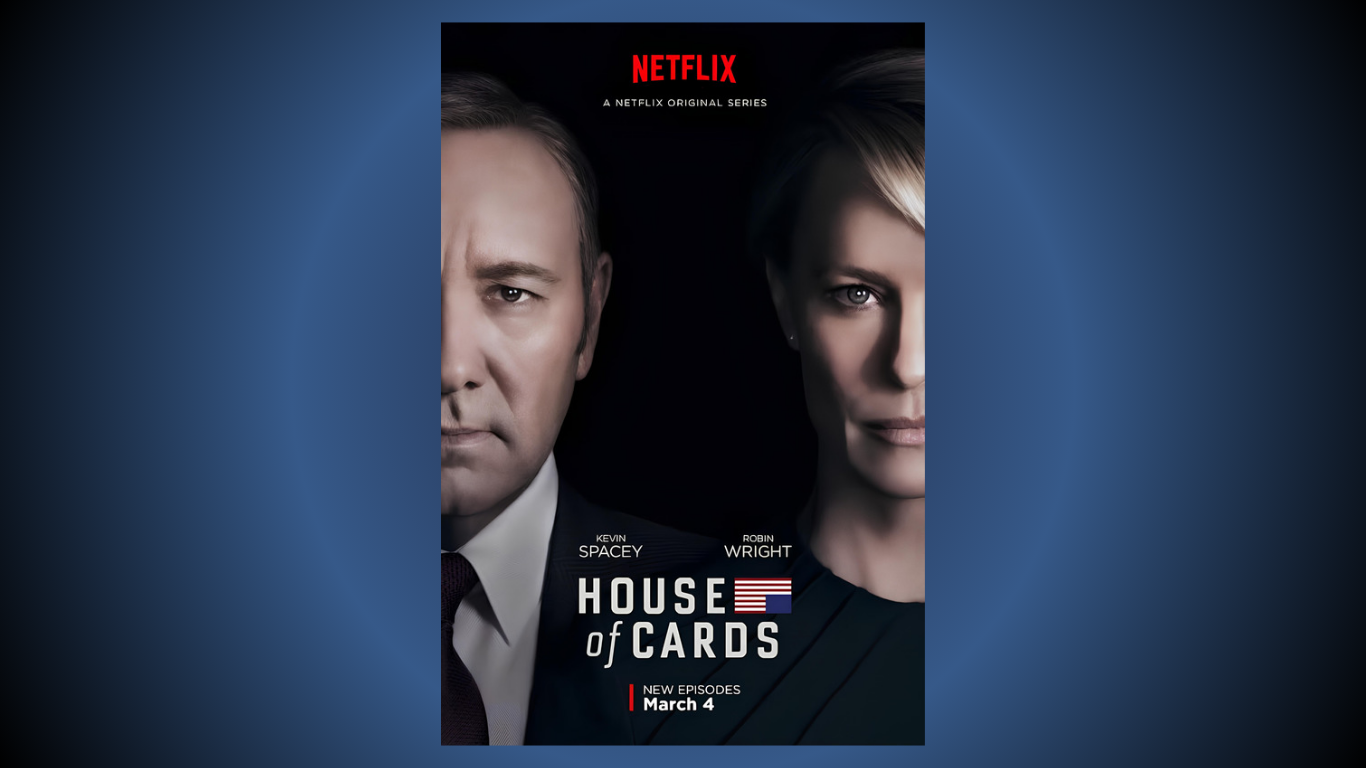
Power’s ethical toll. Thought-provoking critique of human nature in politics.

The war in Ukraine: The Question of Information and Cyber Dominance
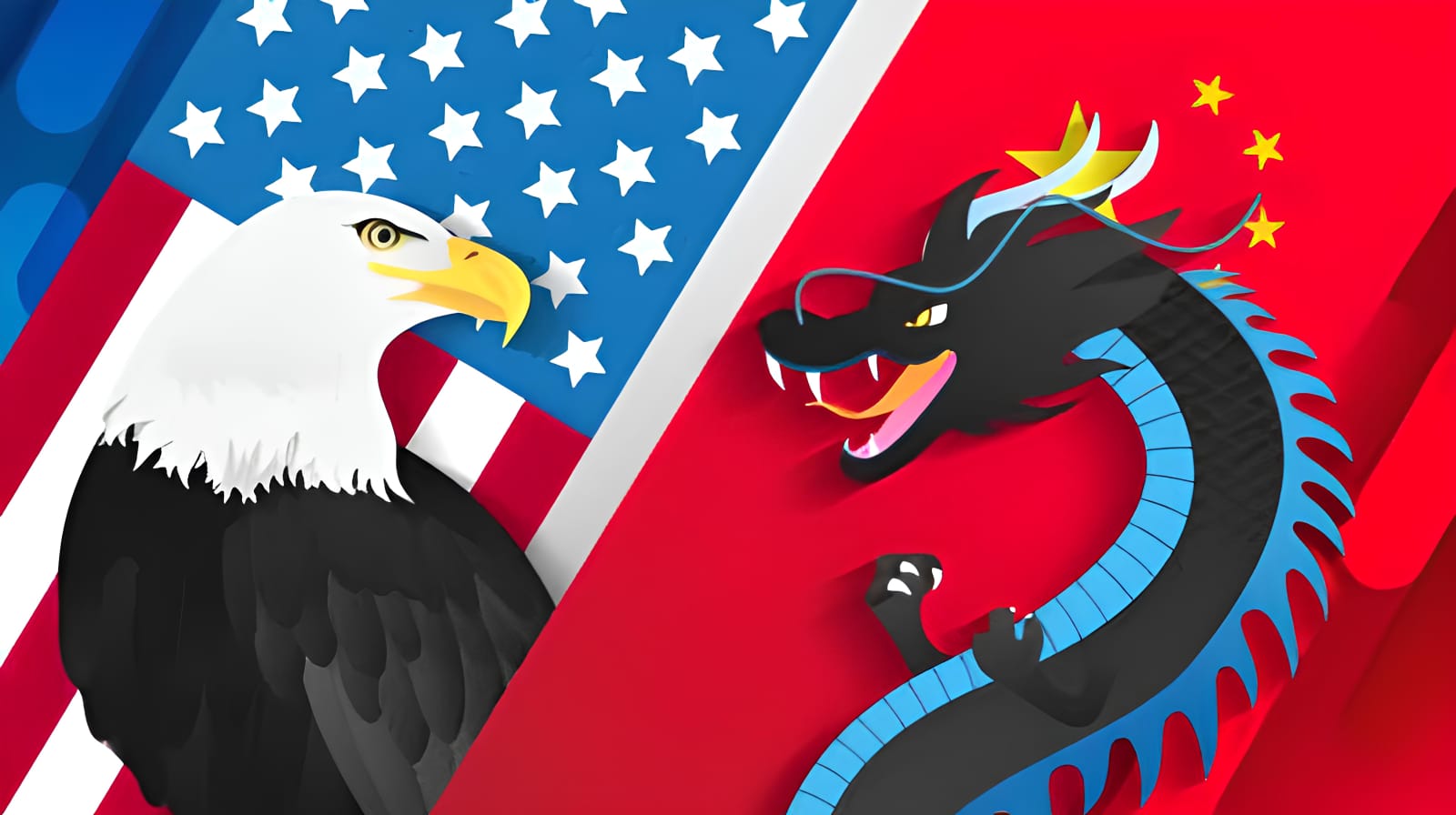
Strategic Analysis of the Belt and Road Initiative in 2023, from the Perspective of the USA and China. Discover US and China’s strategic plans, new alliances and potential threats.
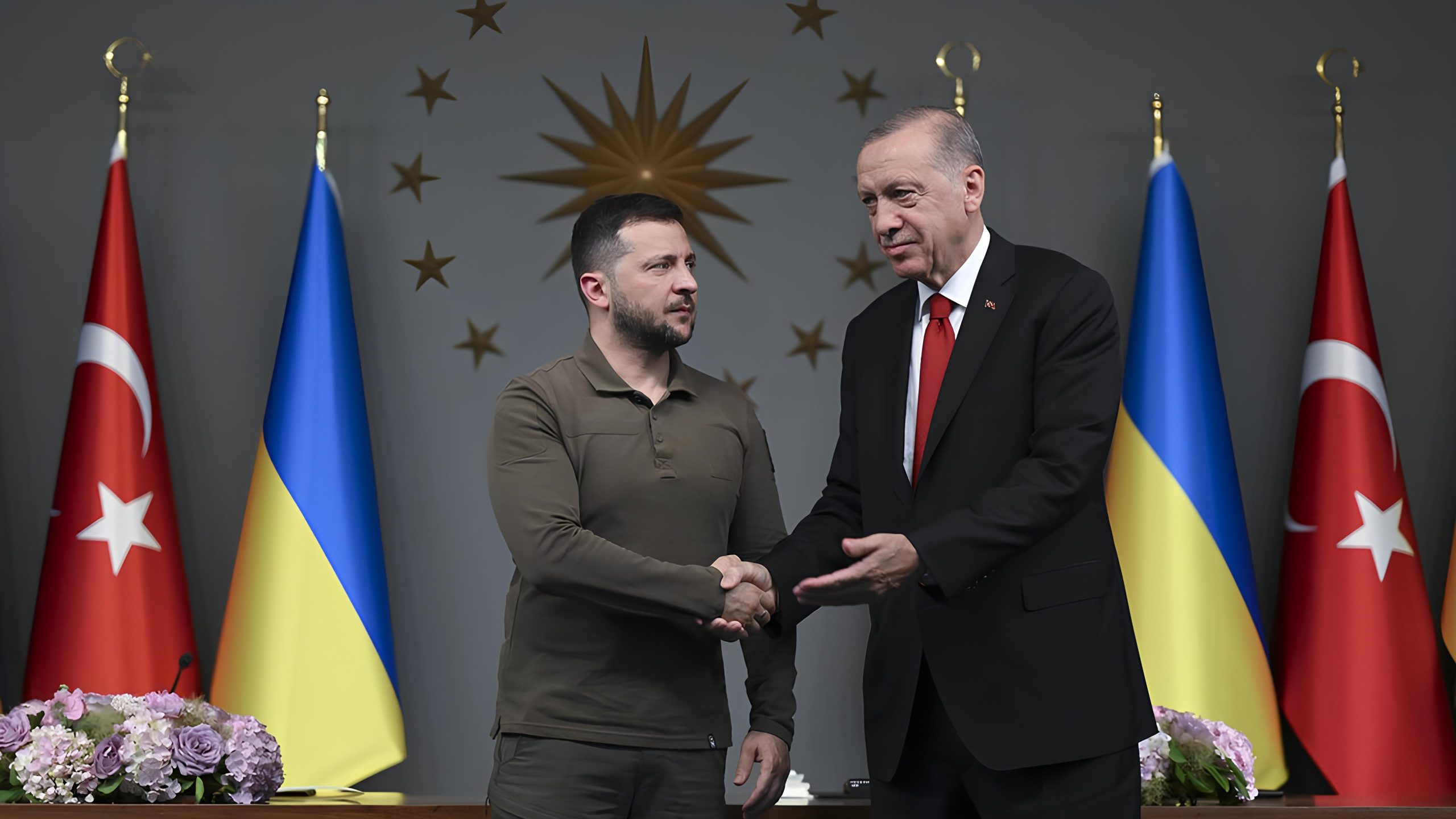
After the Russia-Ukraine War, Turkey stood out with its balance policy and tried to balance its relations with NATO, the EU and the USA.
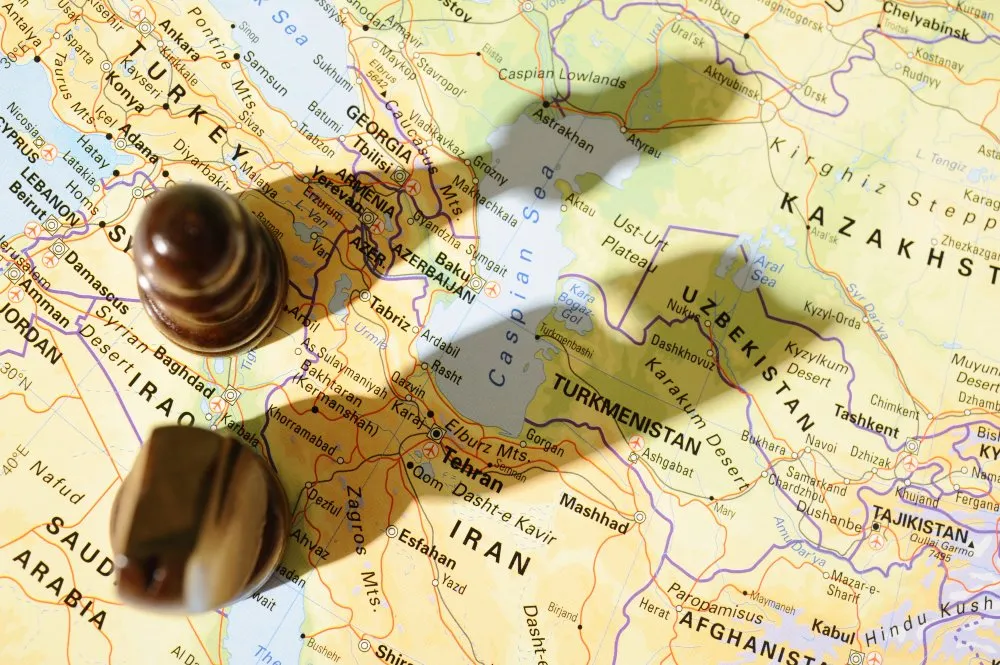
Were the relations between Turkey and the Middle East stable in the past years or were the tensions high?

In our article, we try to understand why Germany could not reach the 2% military expenditure rate determined within the scope of NATO at the Wales Summit.
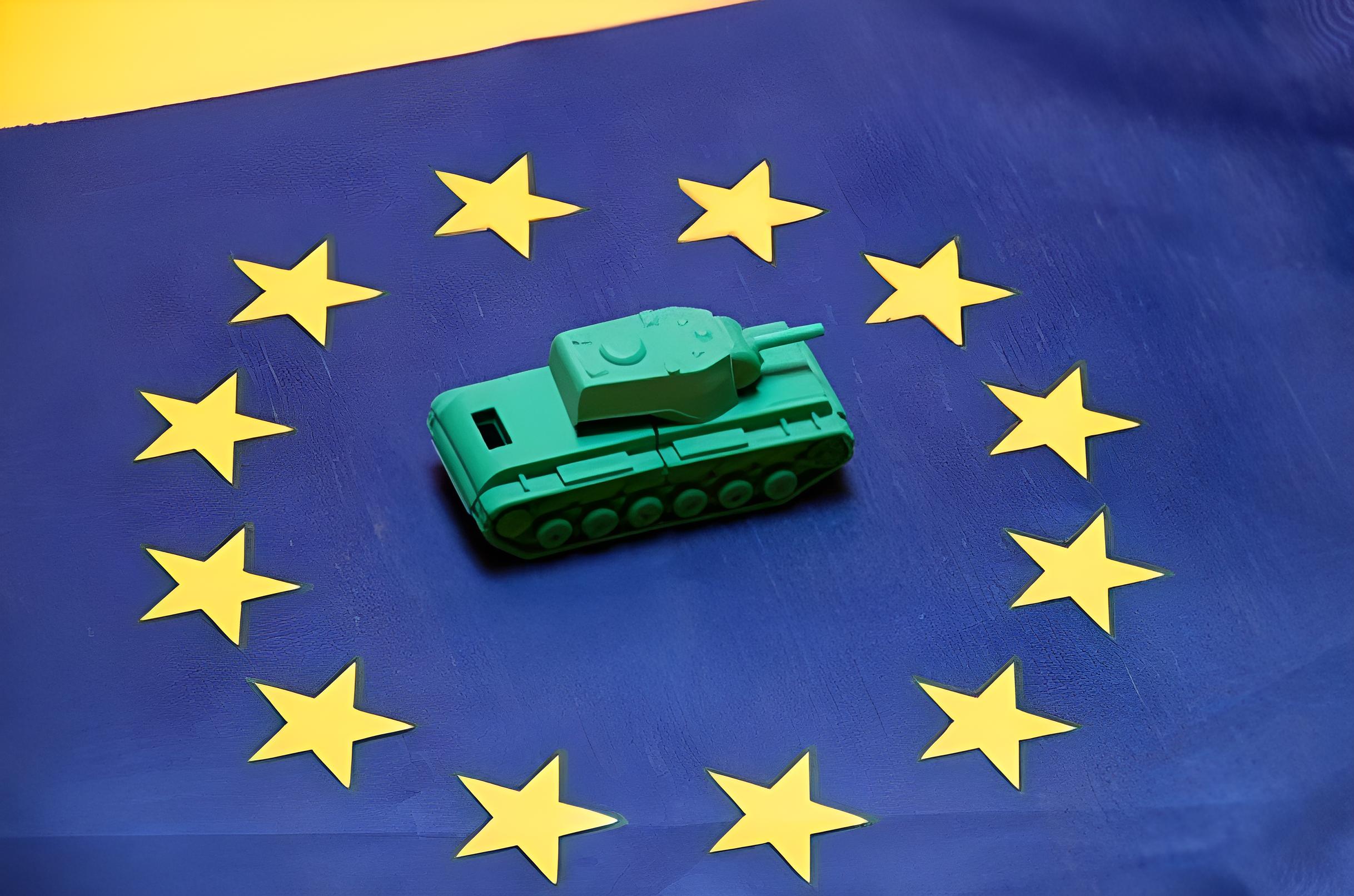
Efforts for Europe’s defense independence do not seem possible as of today. Lack of capacity and international barriers challenge this goal.

Collaboration with allies is the only way to provide Middle East partners with sufficient investment and trade alternatives to China.

Yoshihide Suga’s visit almost certainly reflects Tokyo’s desire to reinvigorate collaboration with the United States in dealing with Beijing.

While Prime Minister Modi’s initial reluctance to join other major democracies in forcefully condemning the Russian invasion of Ukraine may seem odd, it is consistent with a pluralistic vision for Eurasia.

Given the urgent need for a two-state settlement, Israel should pursue a revitalized peace process by building off the Abraham Accords.

Ukraine’s entry would allow it to work more closely with other IEA countries on using limited energy resources with greater efficiency.

Warsaw sees the alliance as the embodiment of its transatlantic bond and an irreplaceable system of security.

Military force without diplomacy cannot deliver lasting results and can lead to an unparalleled catastrophe with consequences beyond comprehension.

Tensions flared late last month after Kosovo announced a new law requiring Serbs in Kosovo to apply for car license plates issued by Kosovar authorities.

OPEC+, which combines OPEC countries and allies such as Russia, has for months refused to increase output to tame global oil prices.

Hope for stepping back from the precipice best rests on bringing difficult questions of values and political culture—and their compatibility with the liberal order—back to the table.
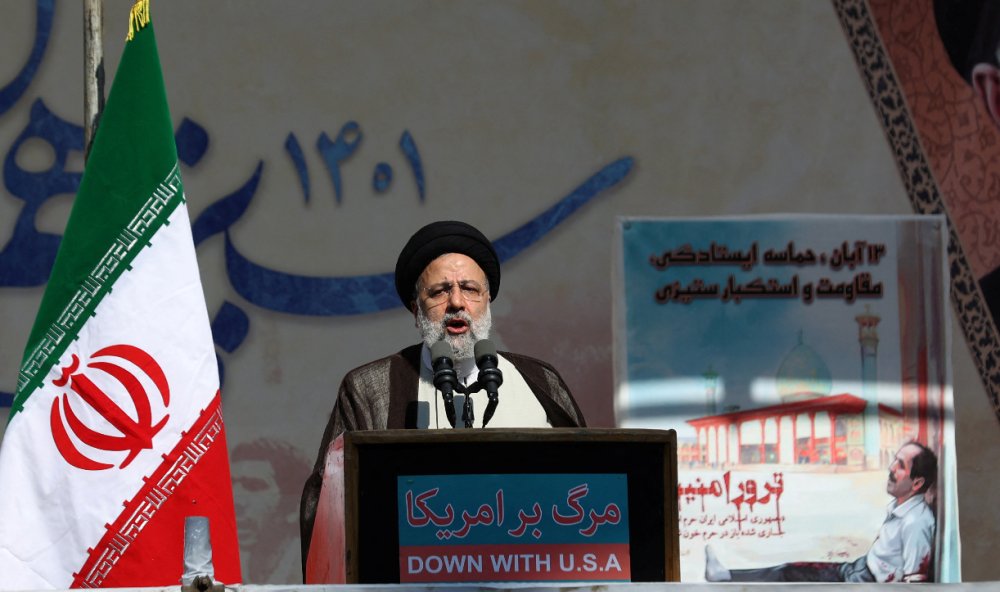
Even if the mullahs and their enforcers can prevail for now, history teaches that force alone cannot guarantee the regime’s survival, let alone legitimacy.
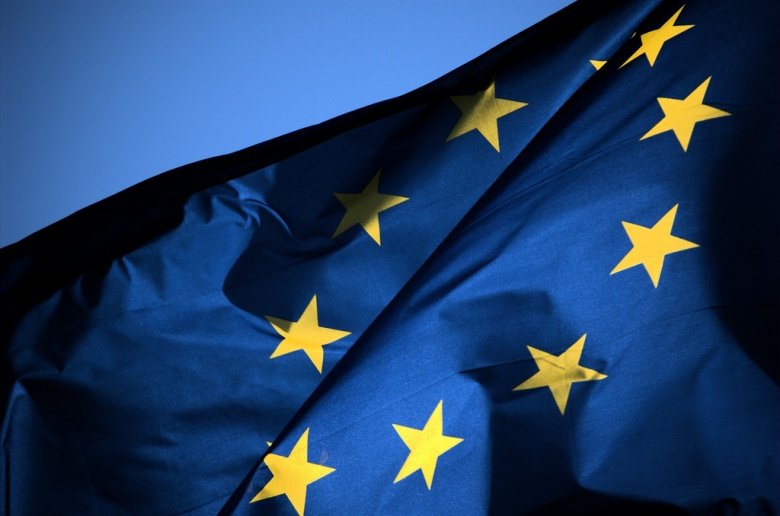
The latest Greek debt deal suggests that the EU leadership is proceeding under the assumption that the EU will eventually be unified financially, even if such an evolution is politically impossible today.